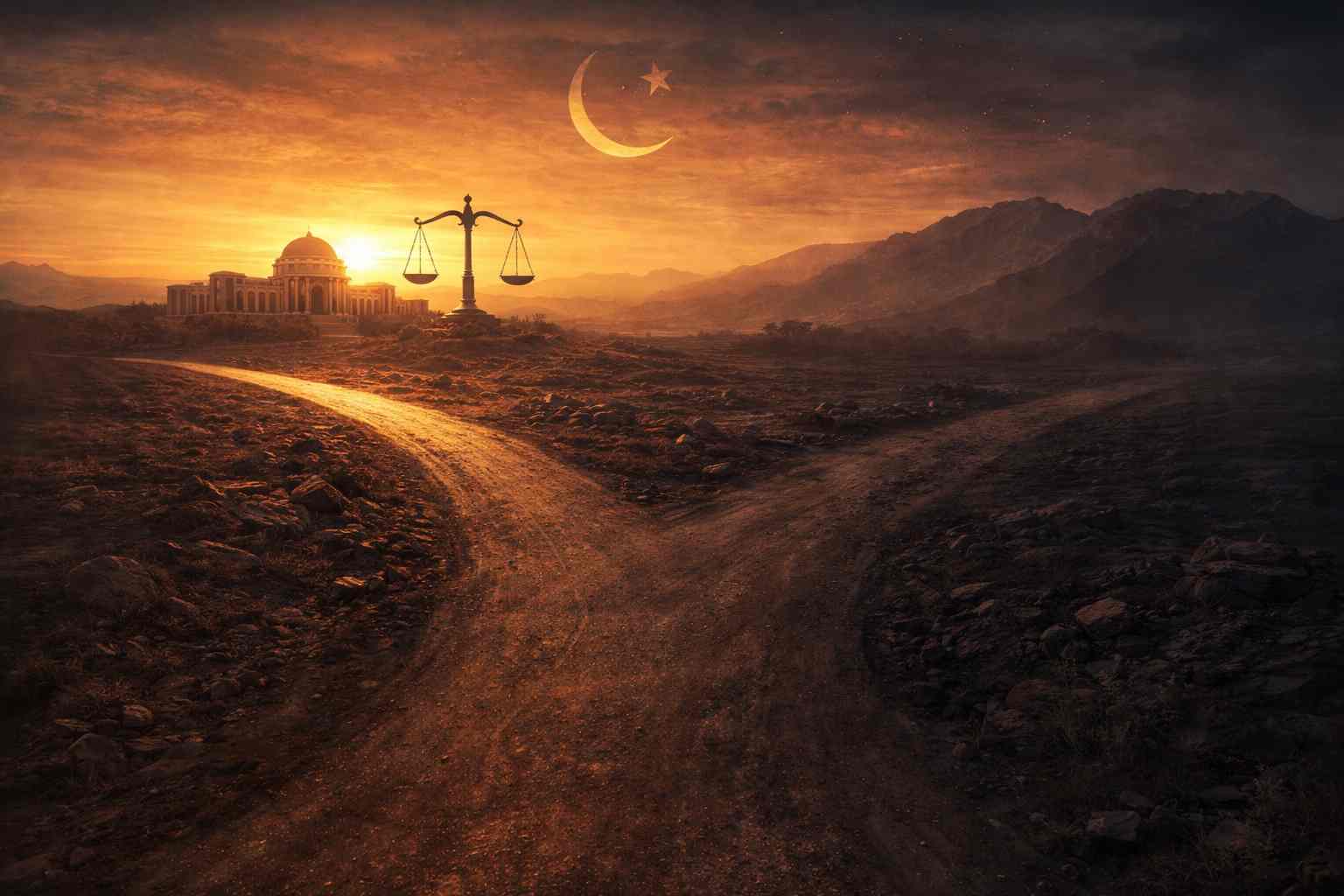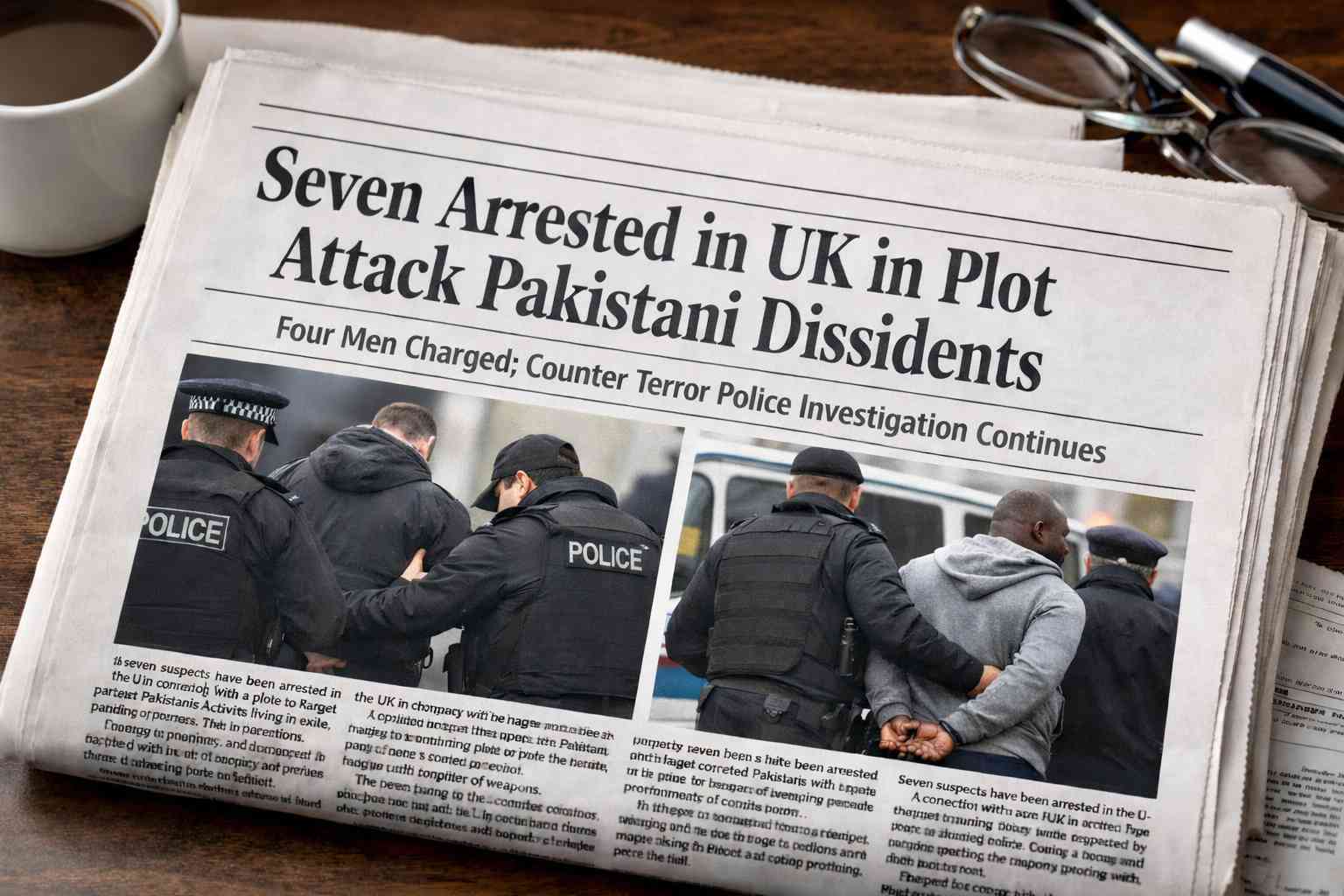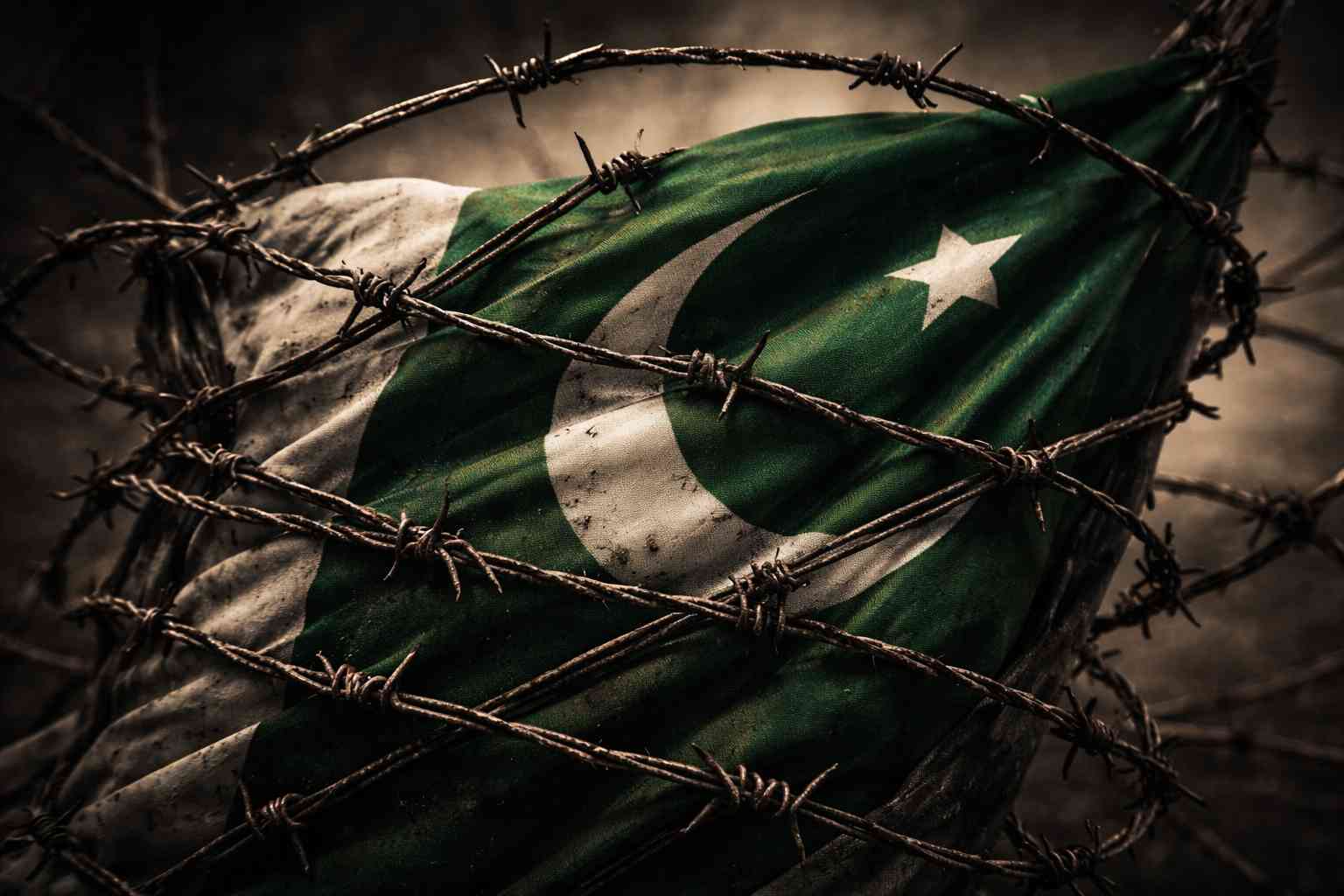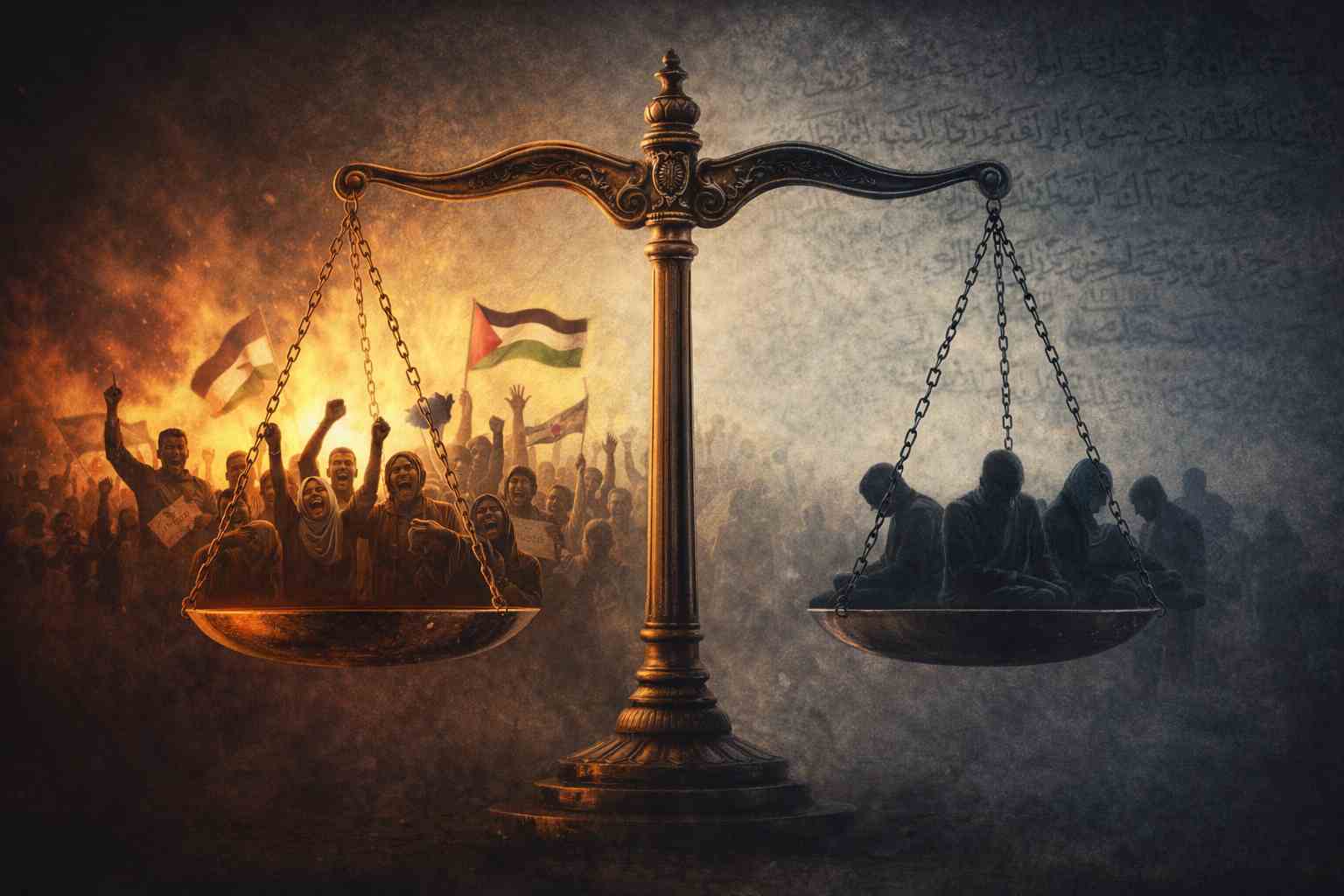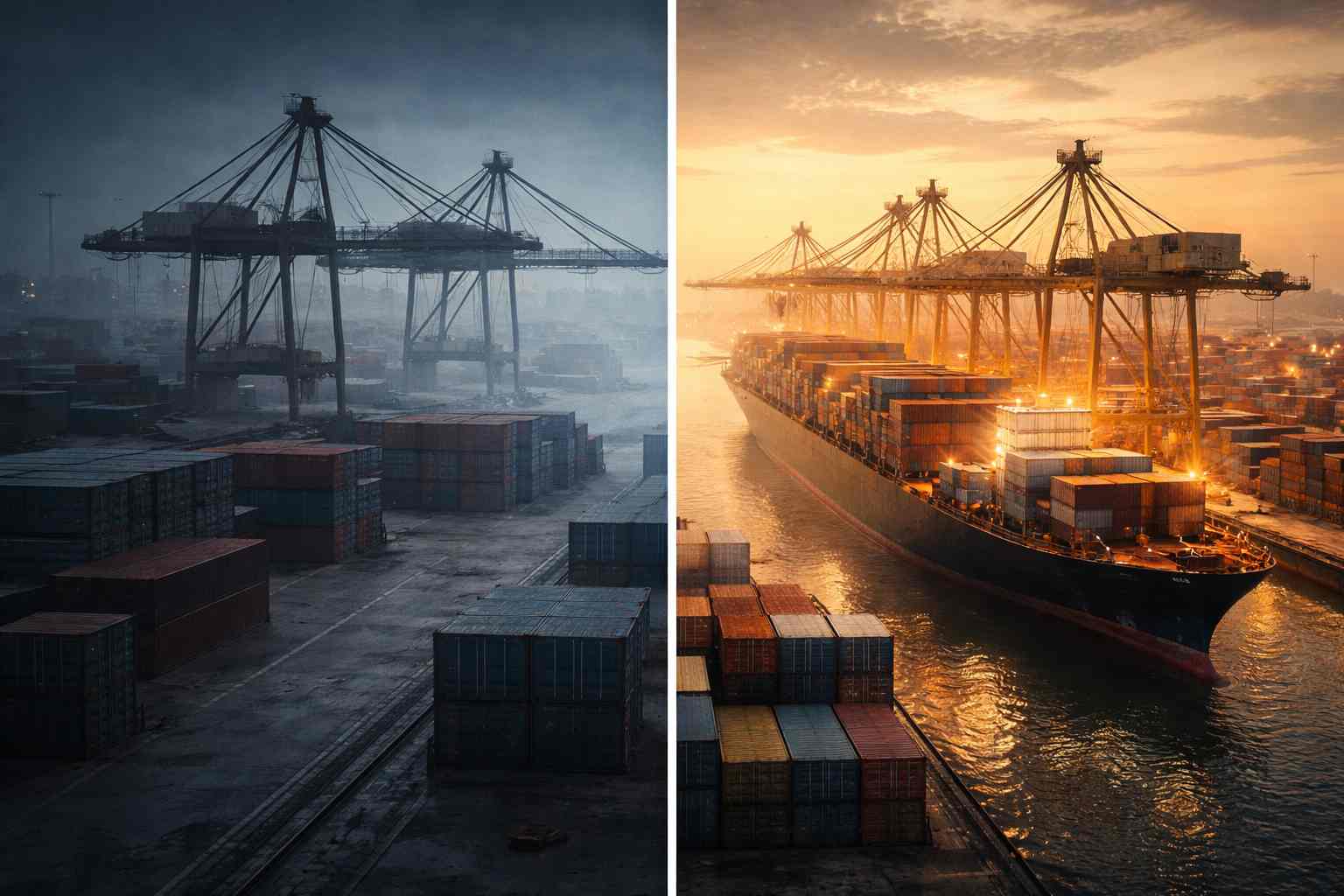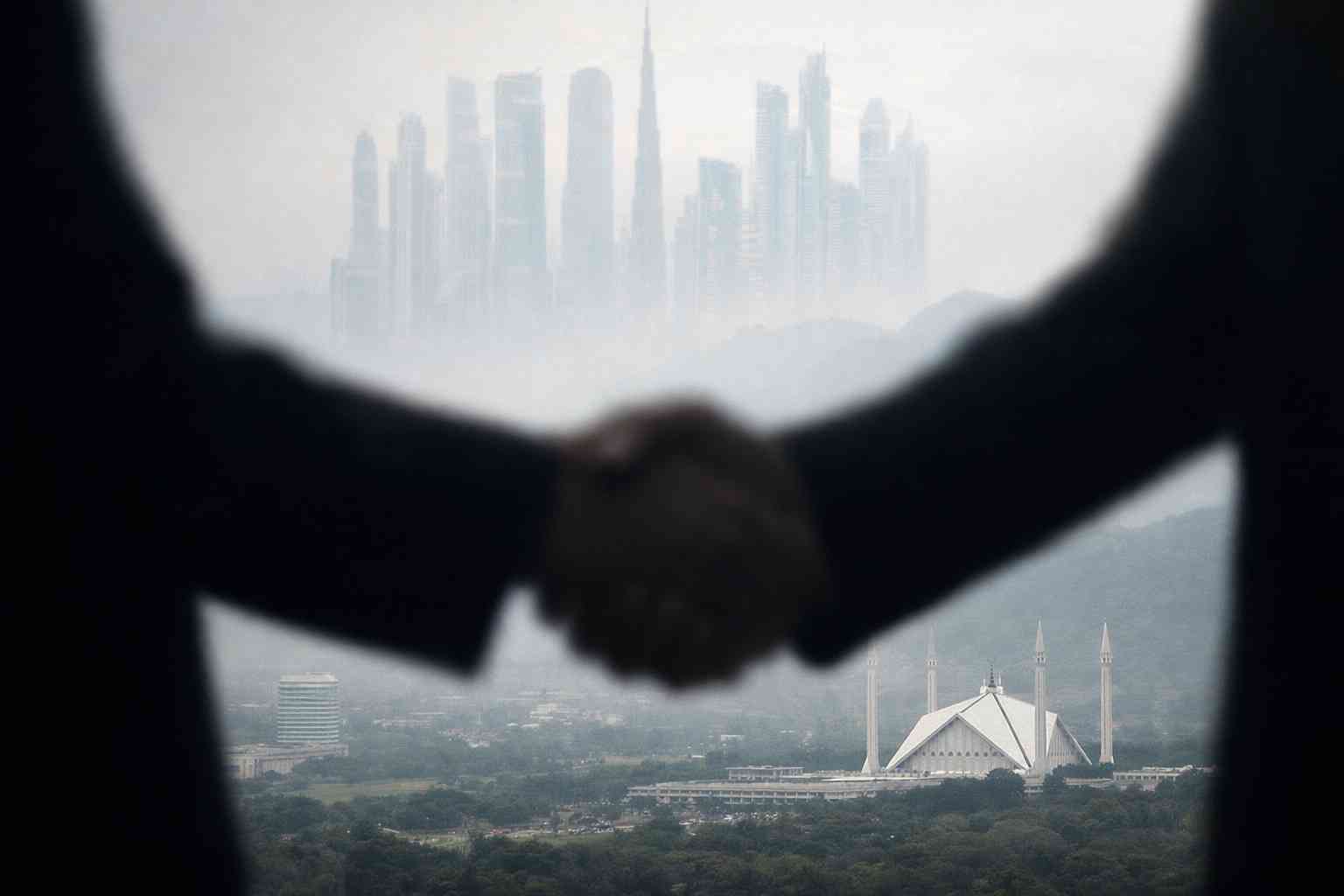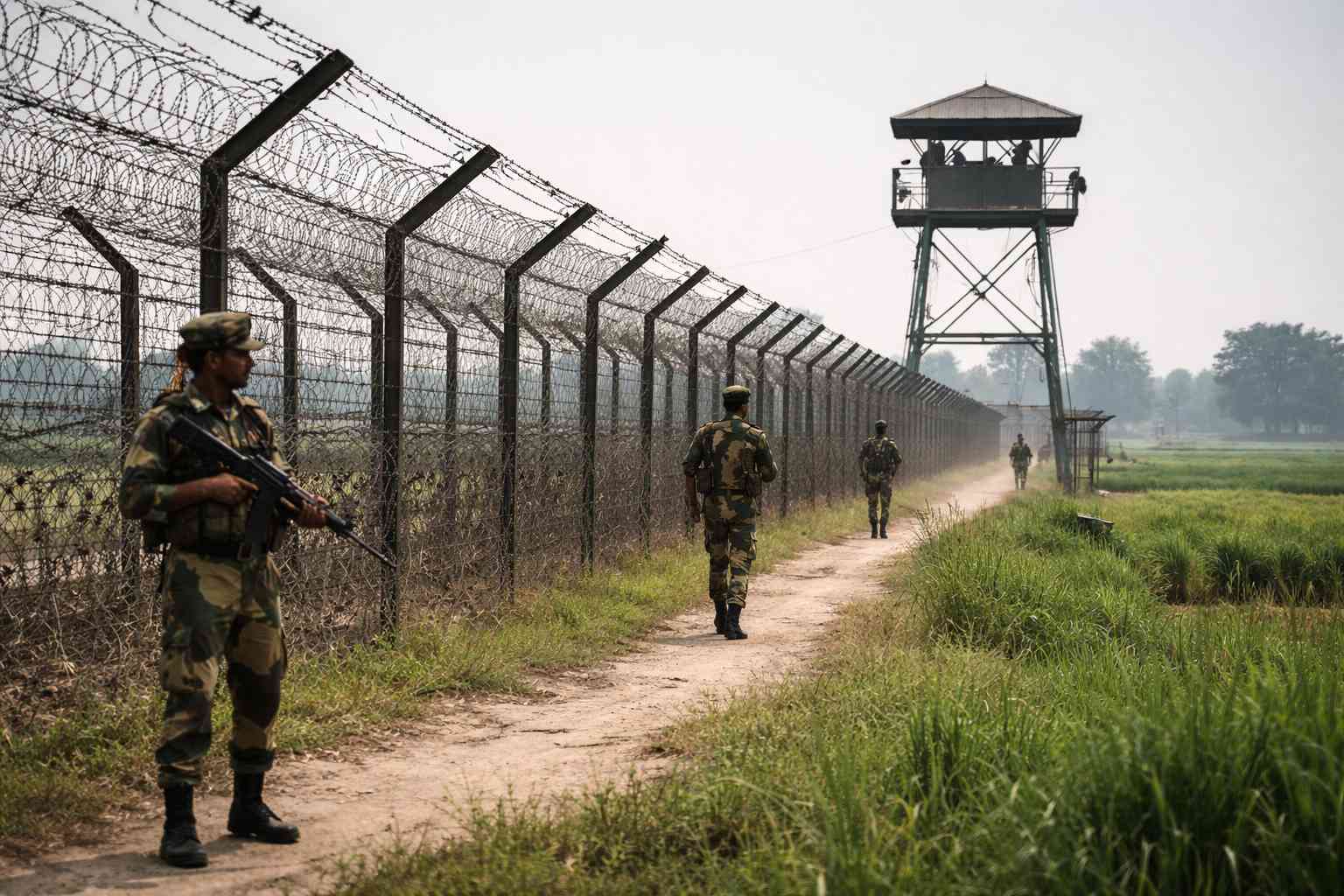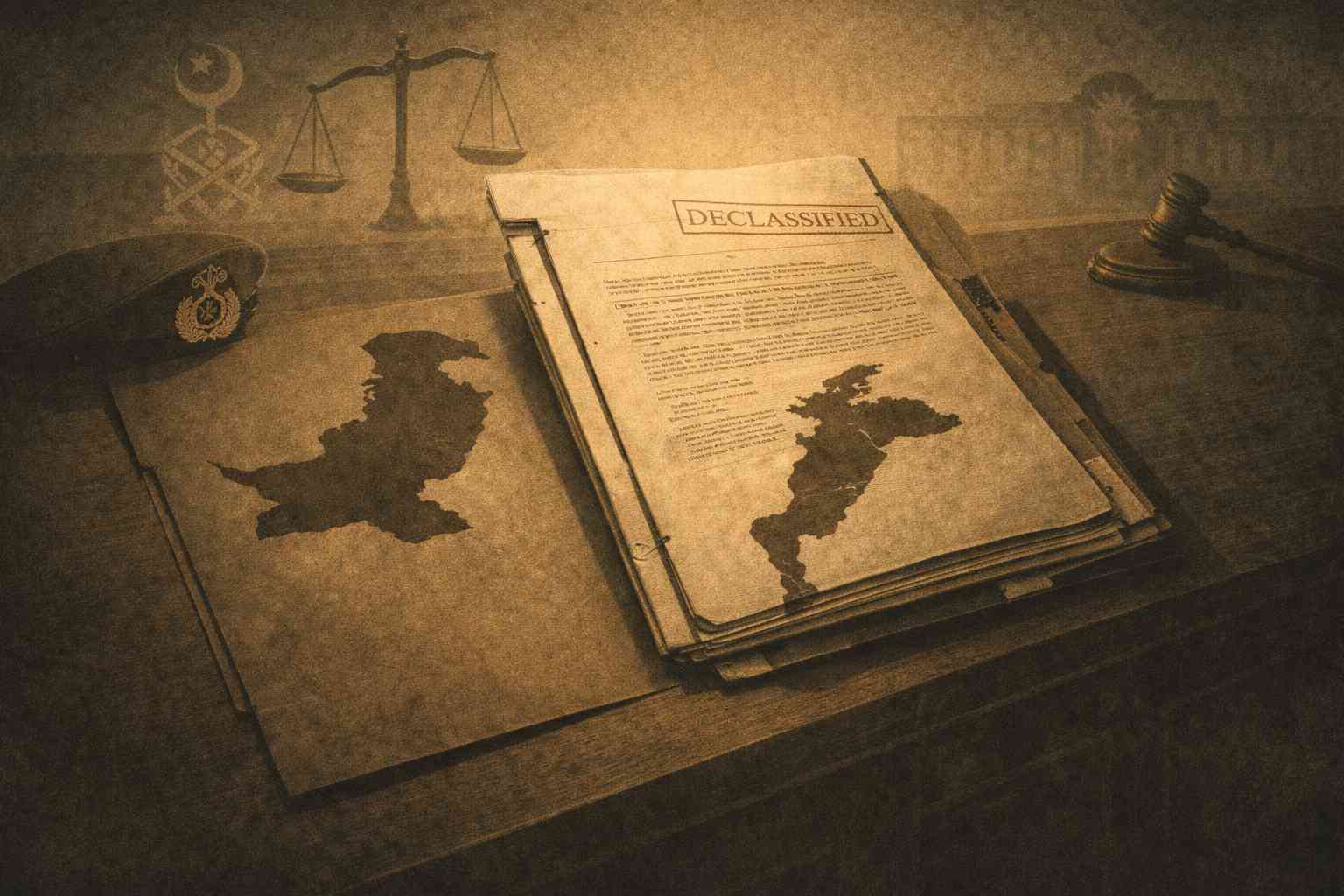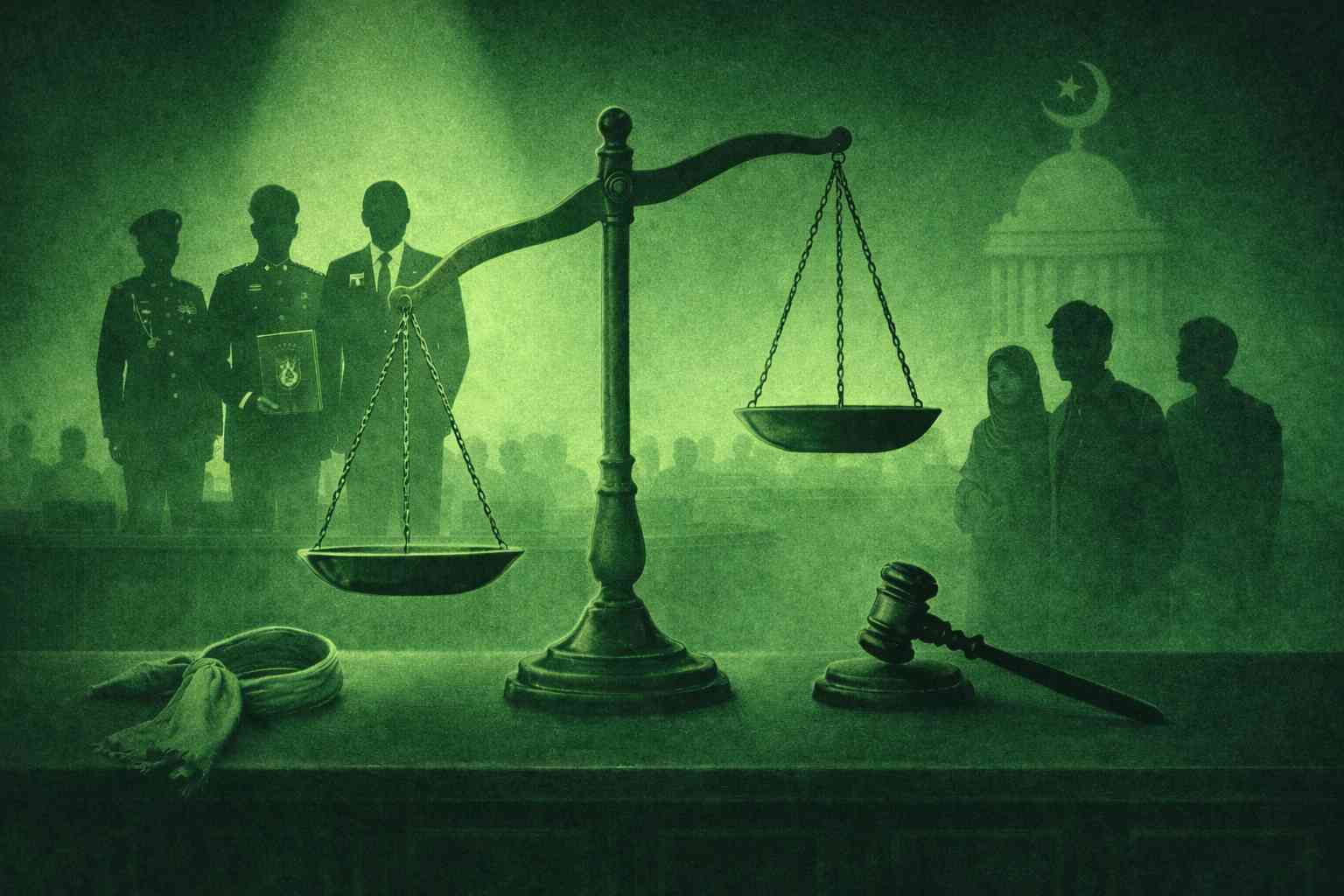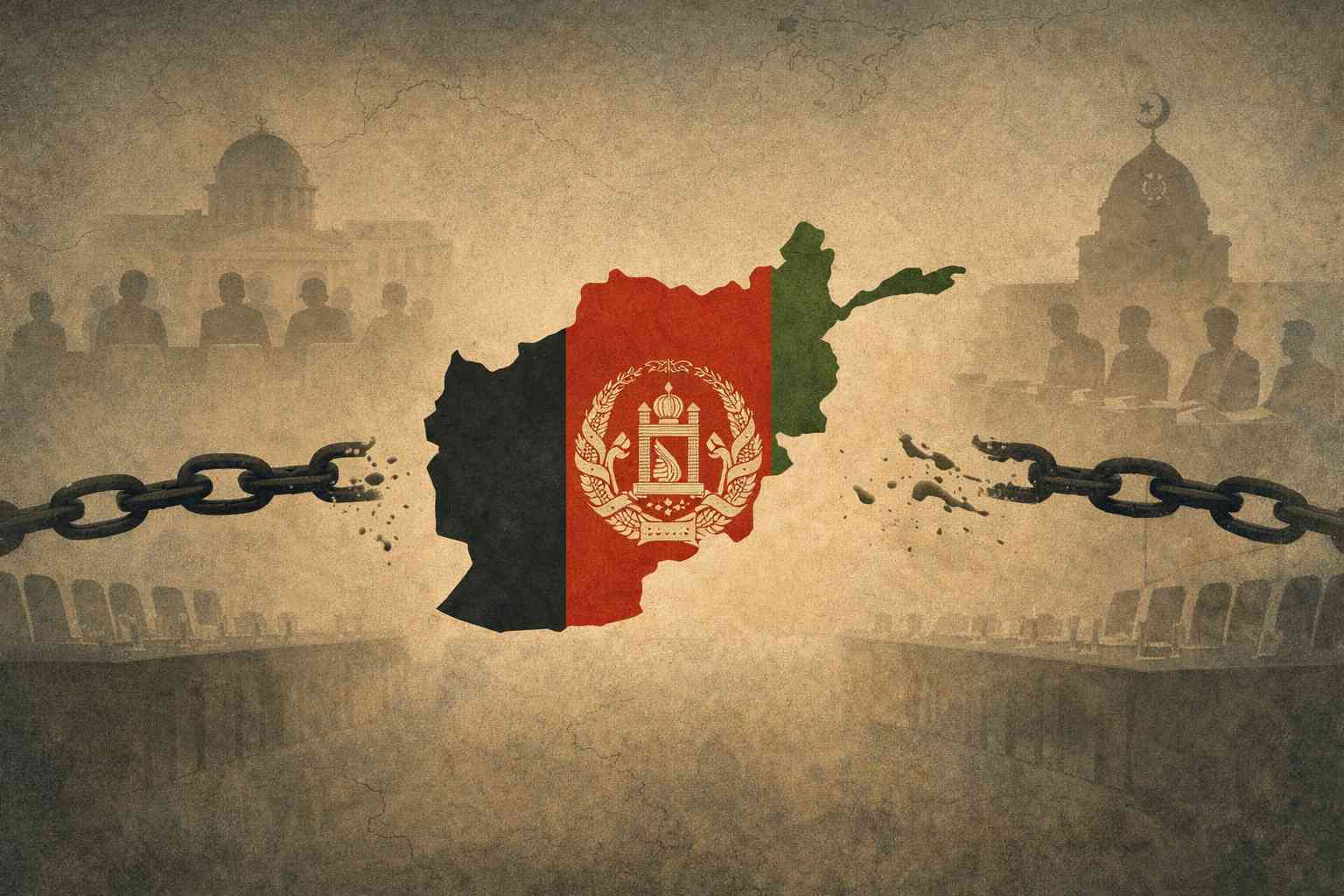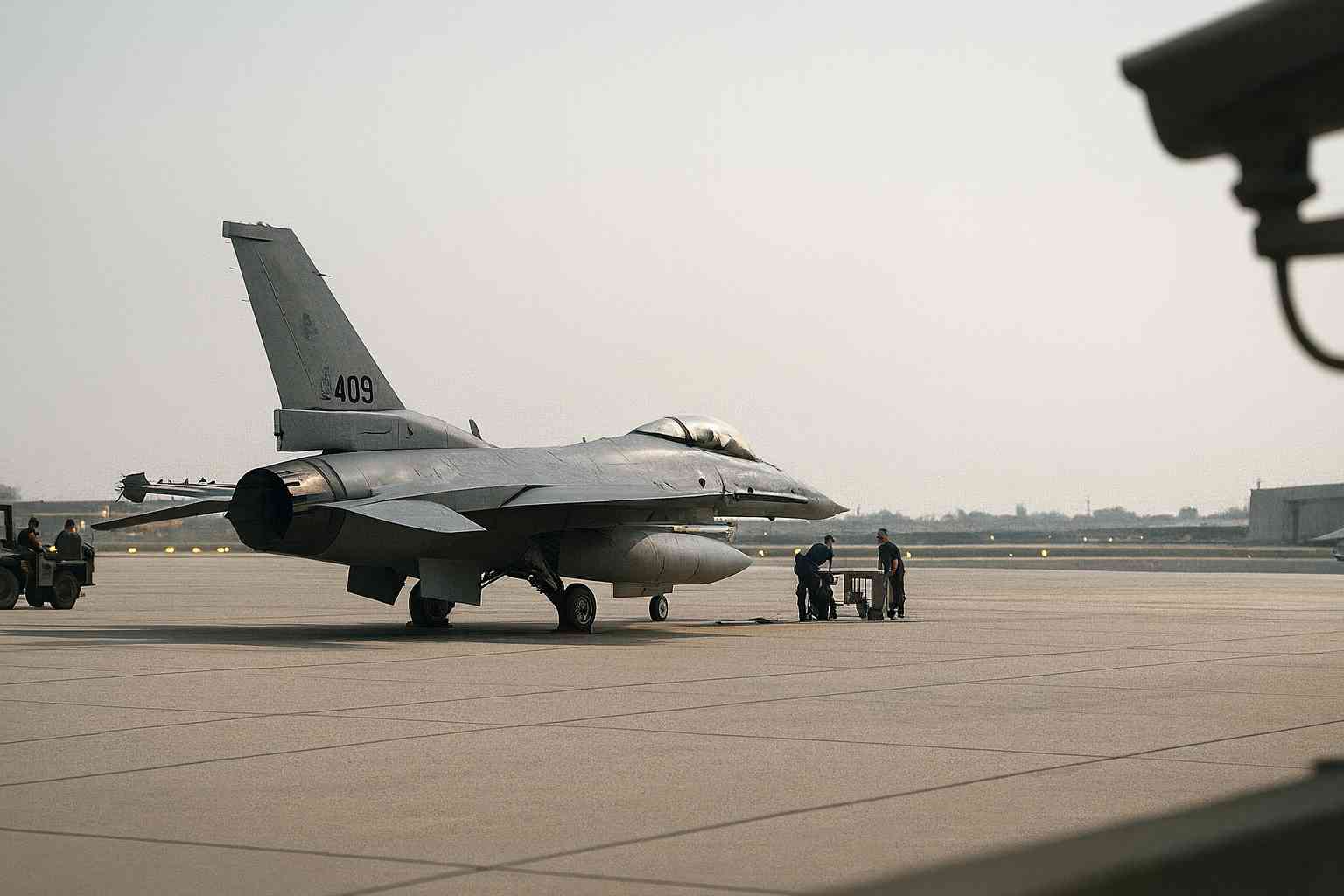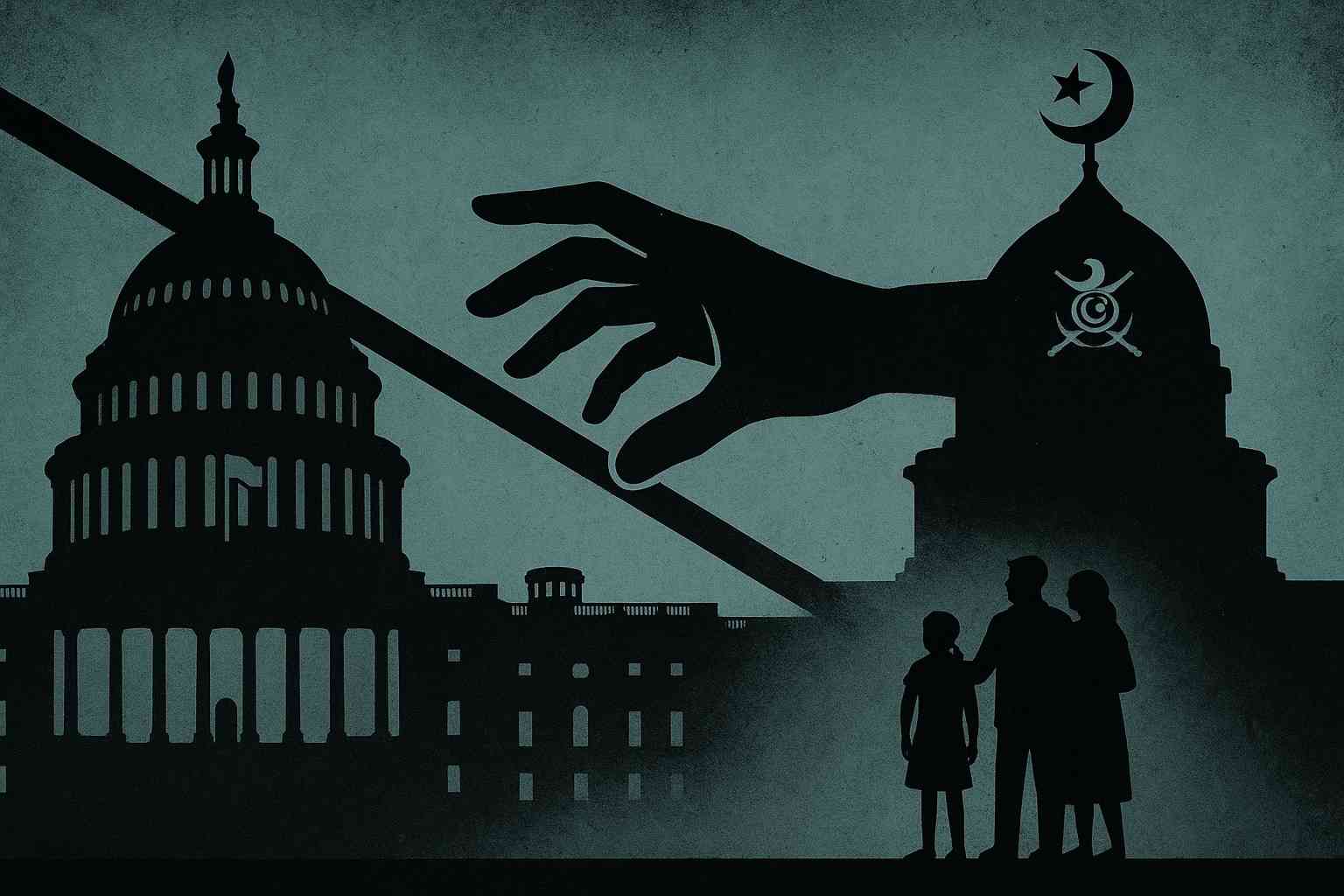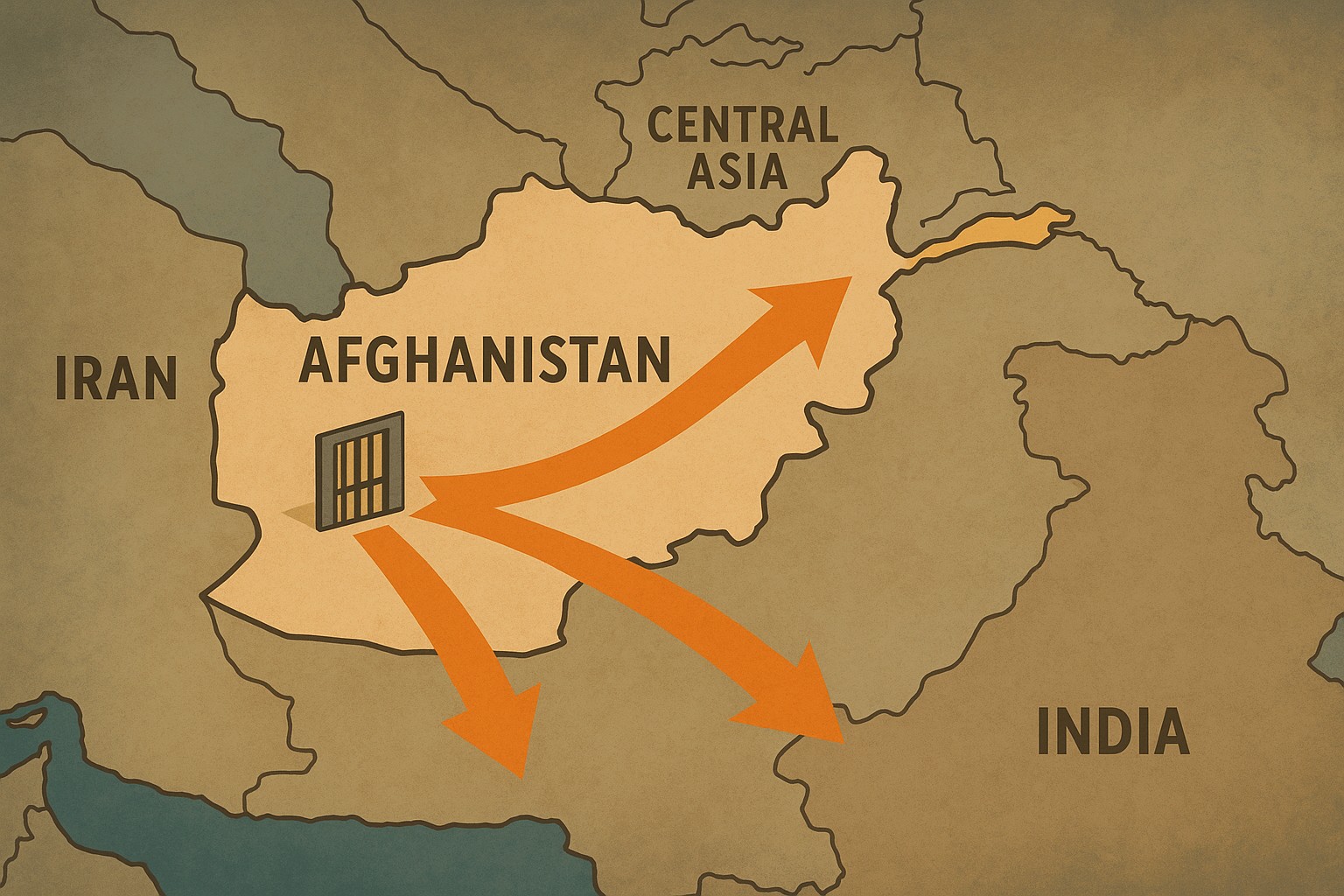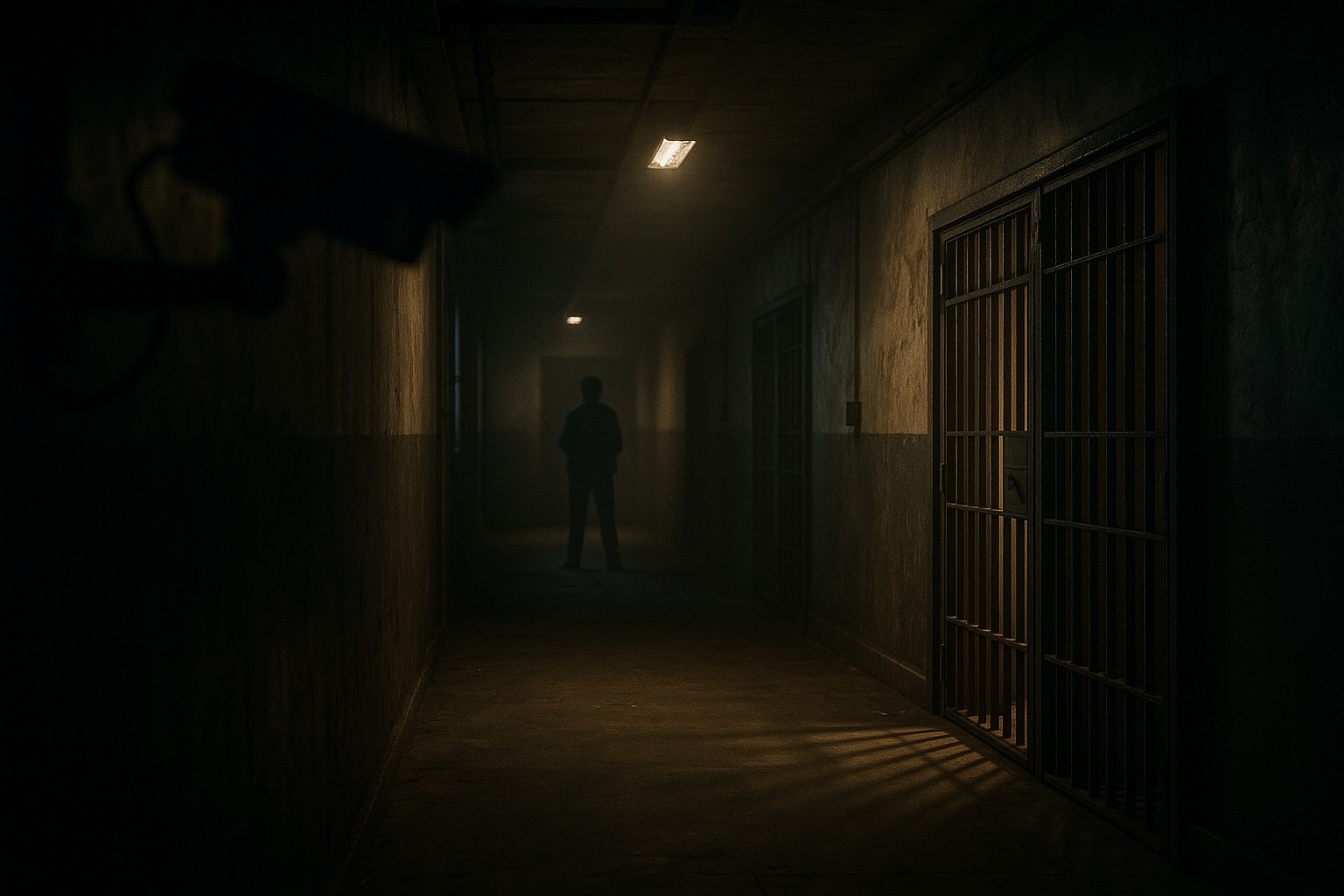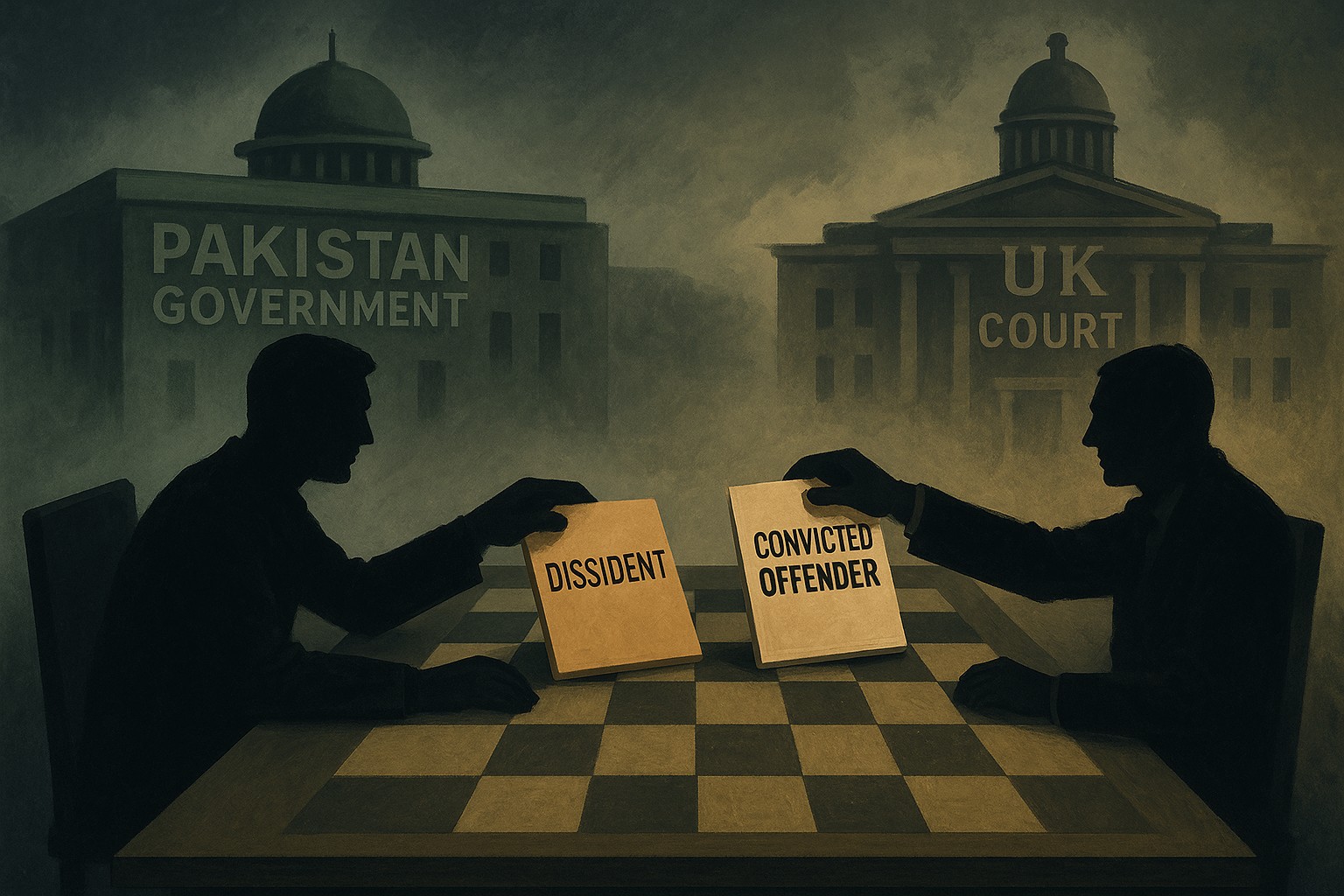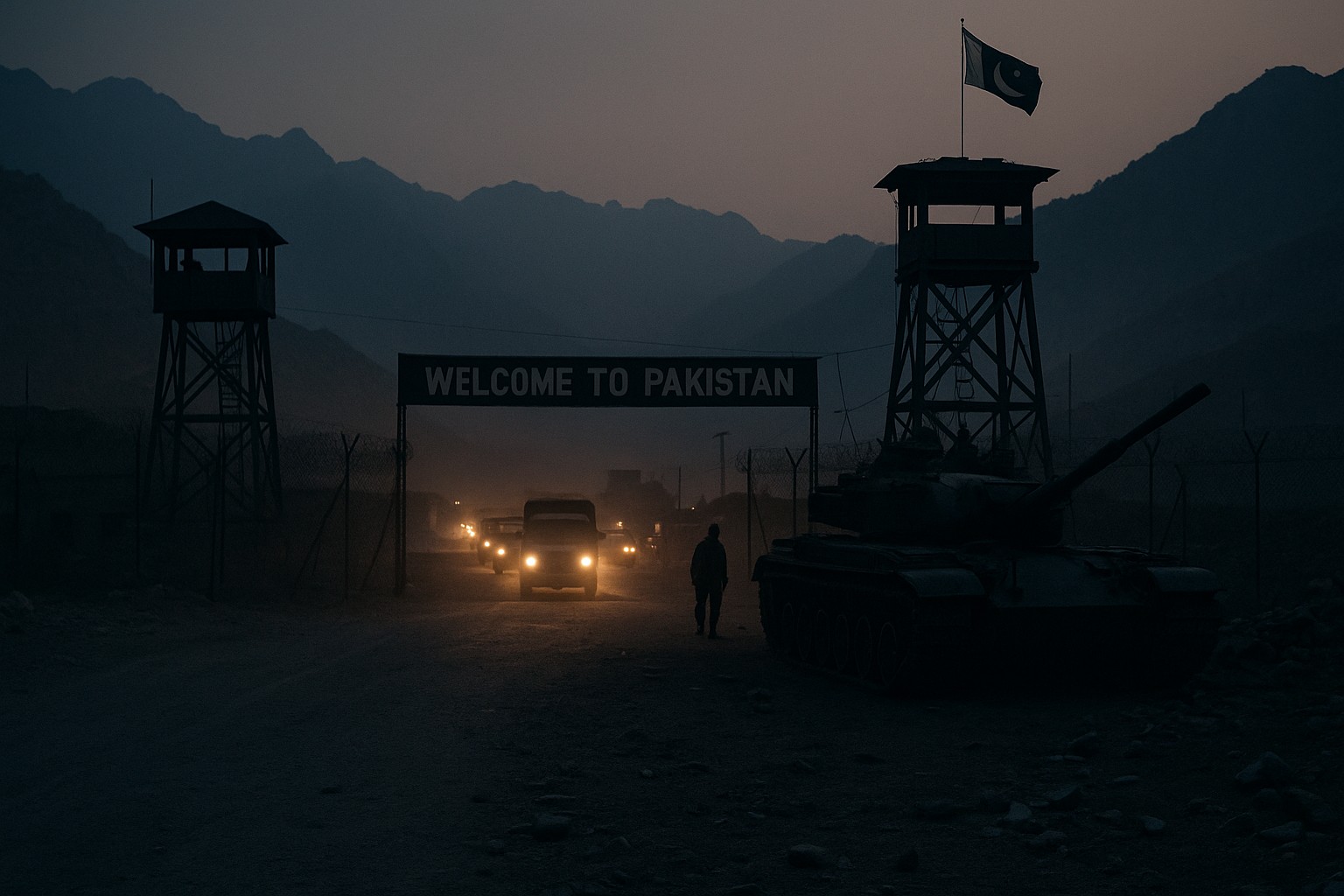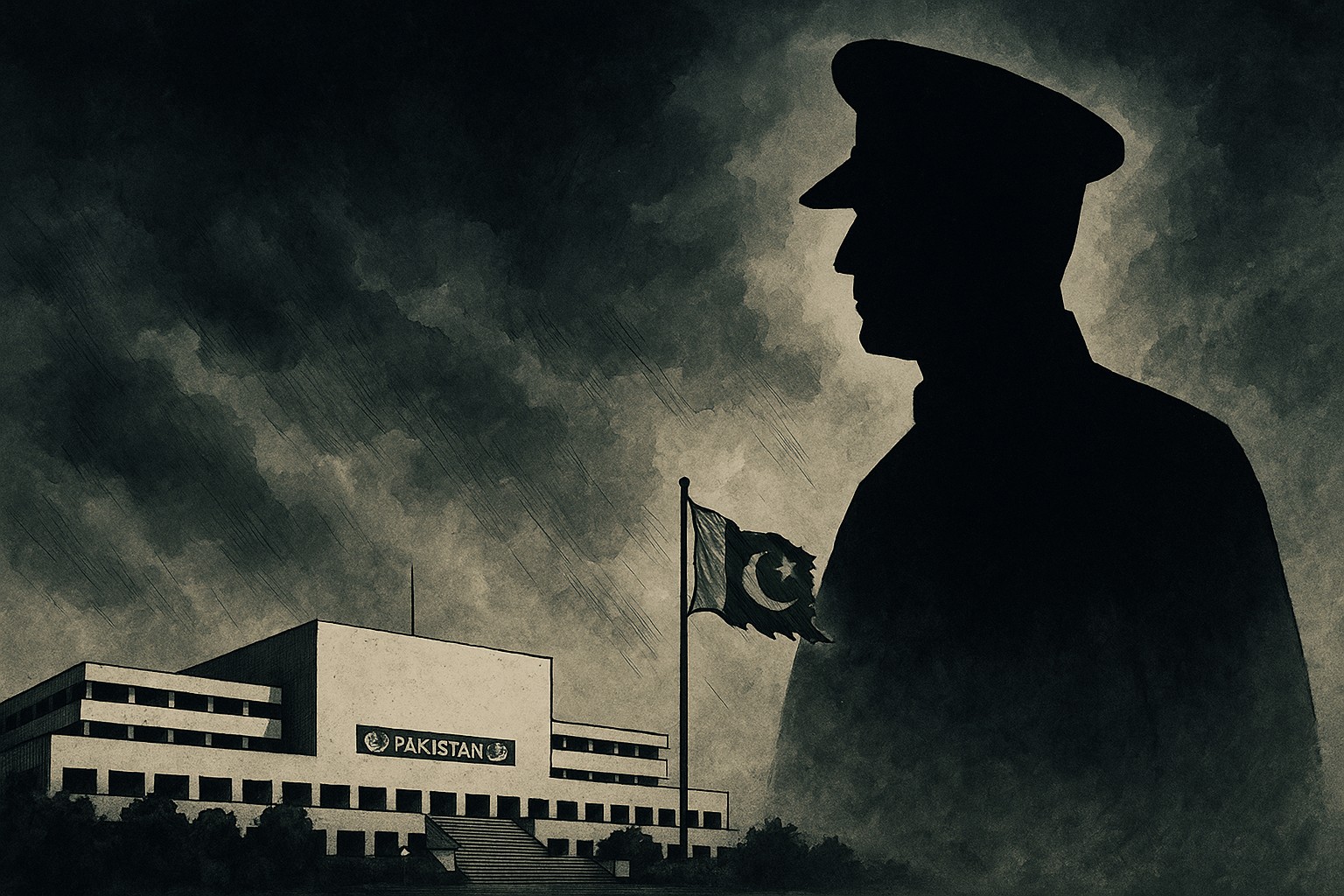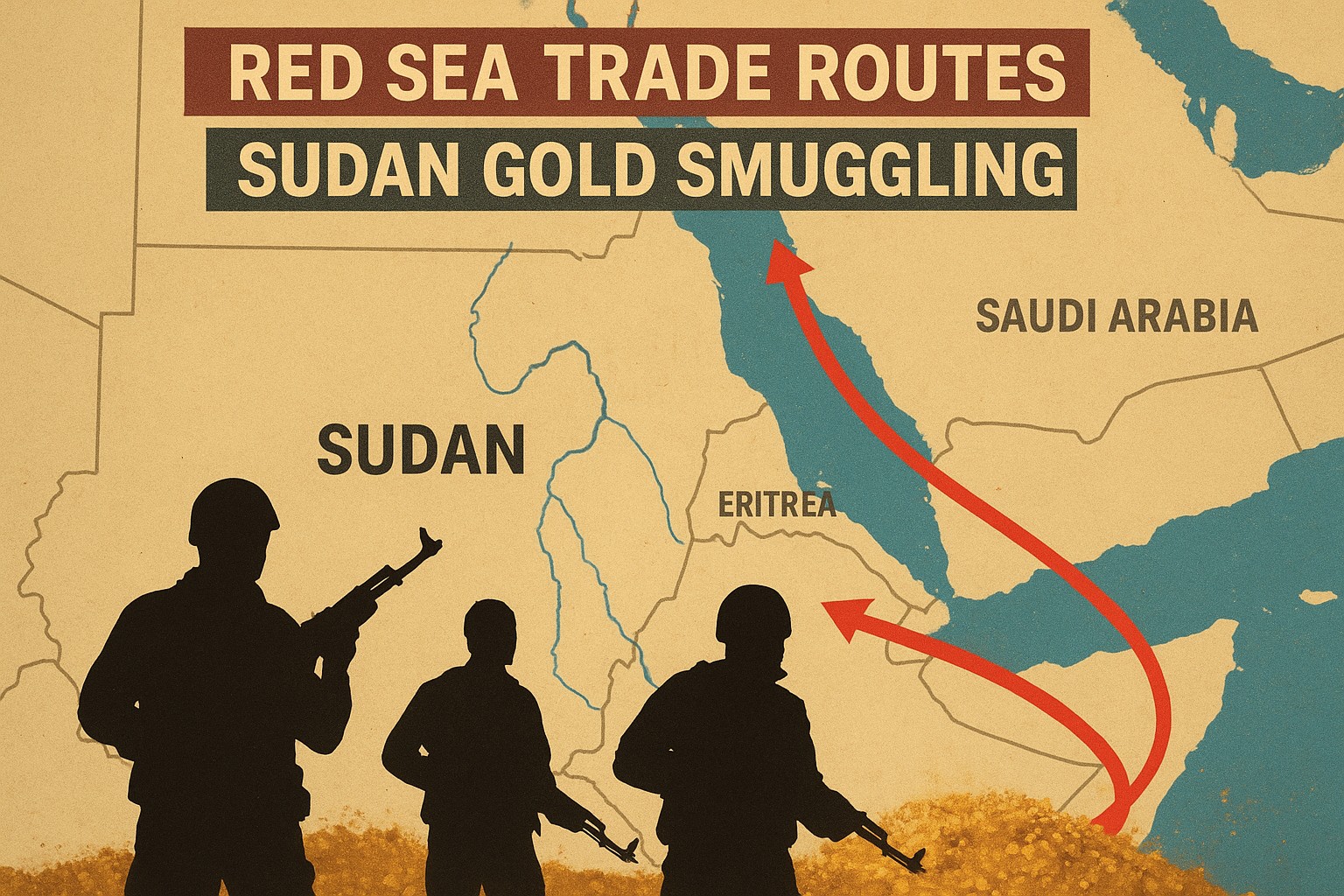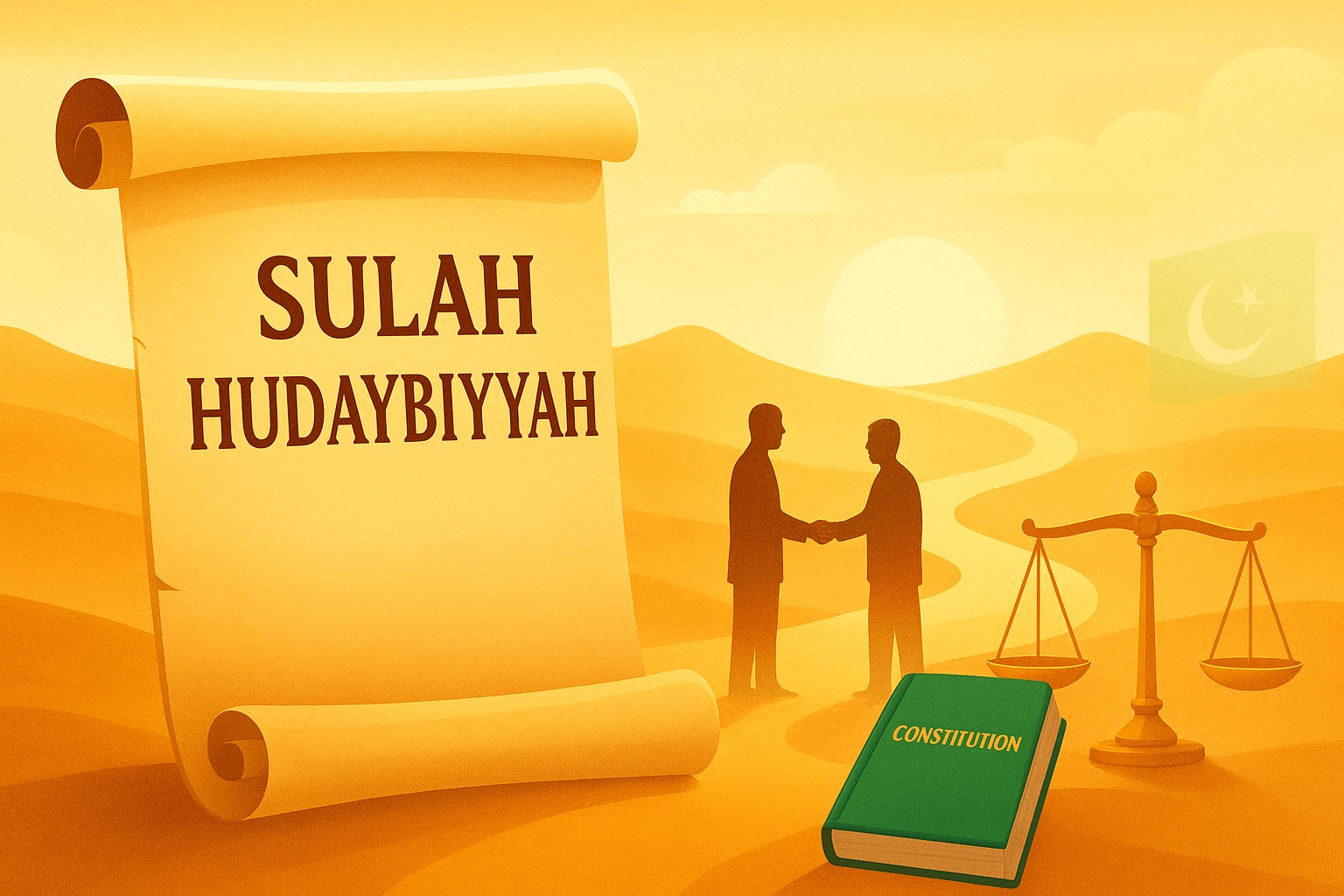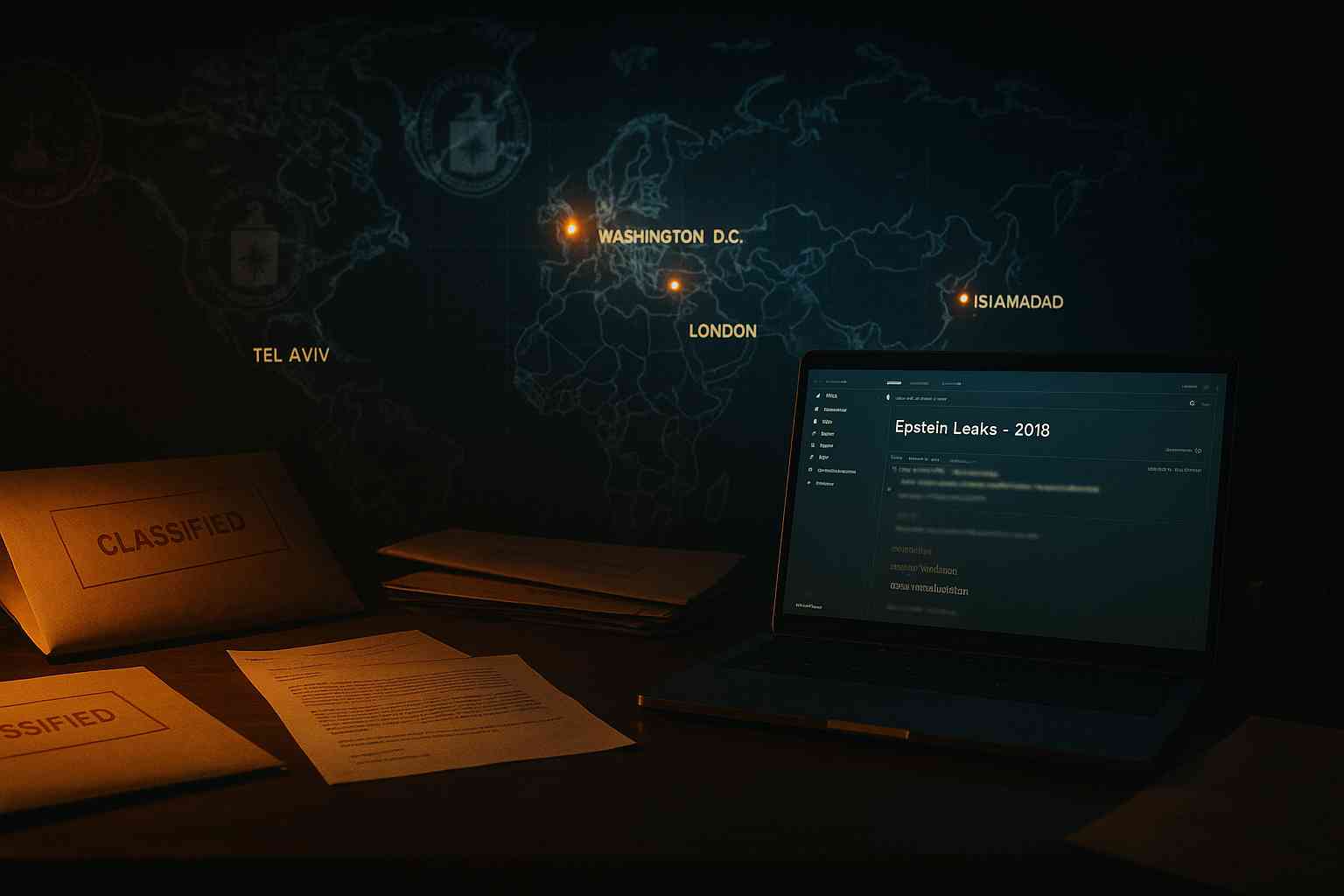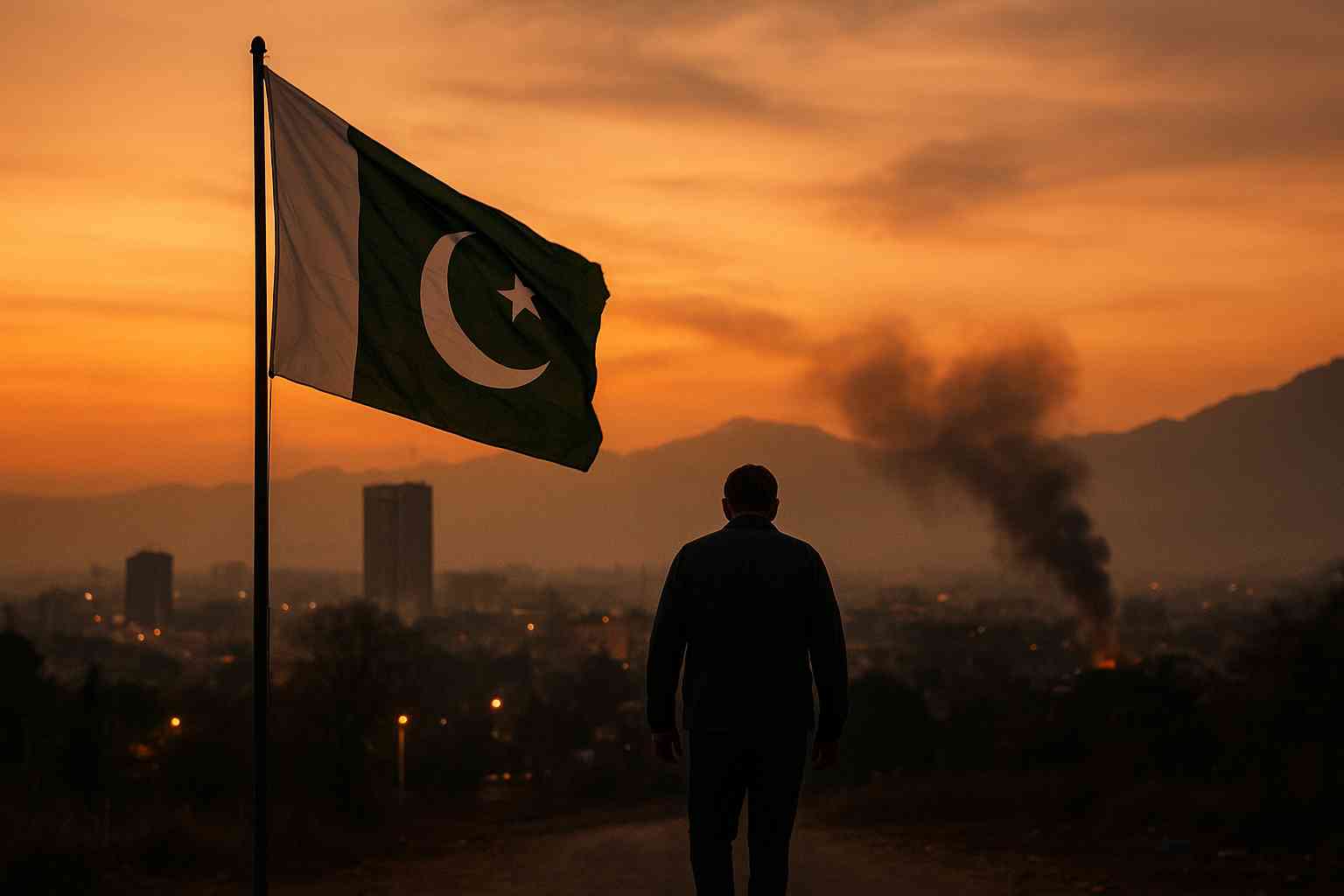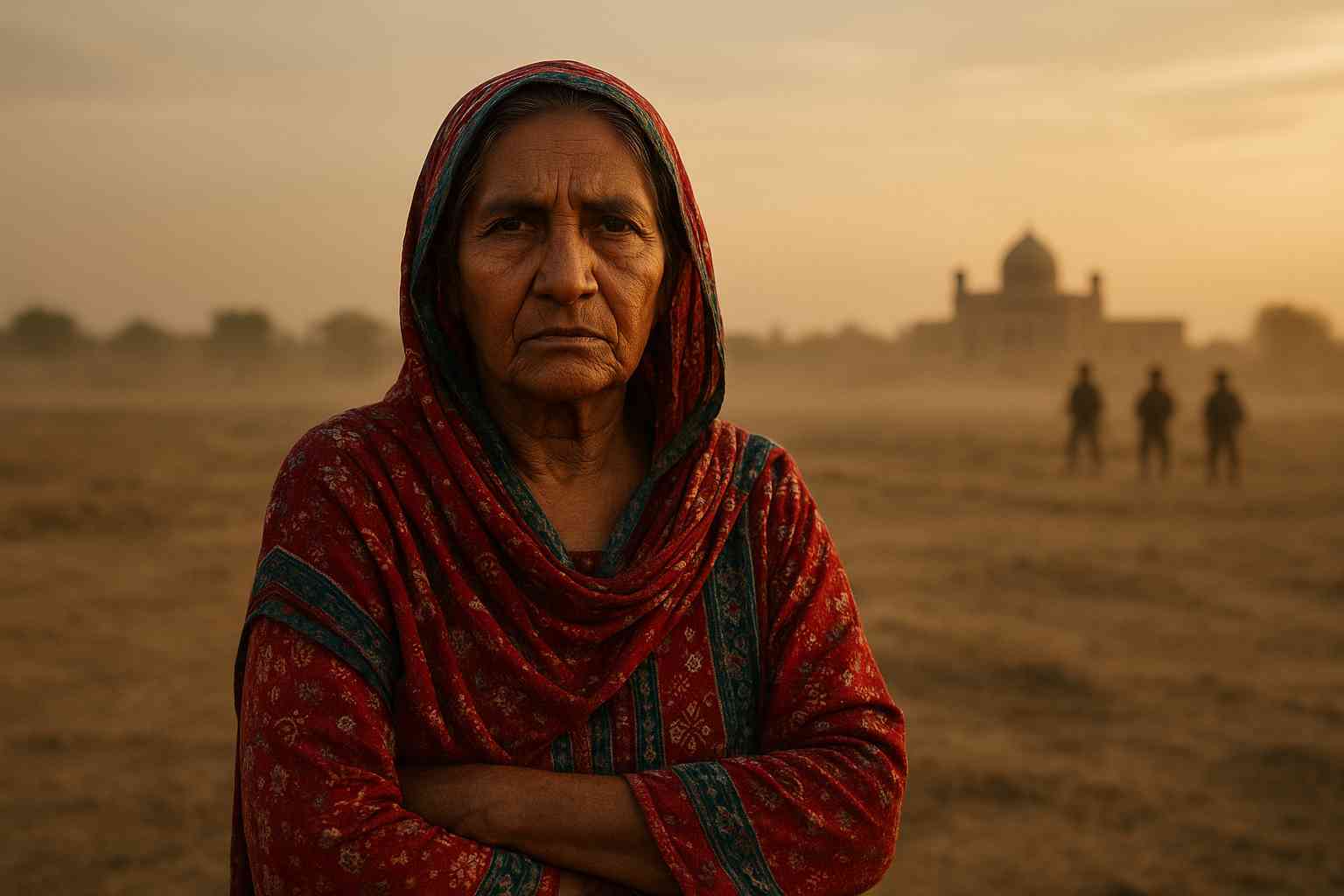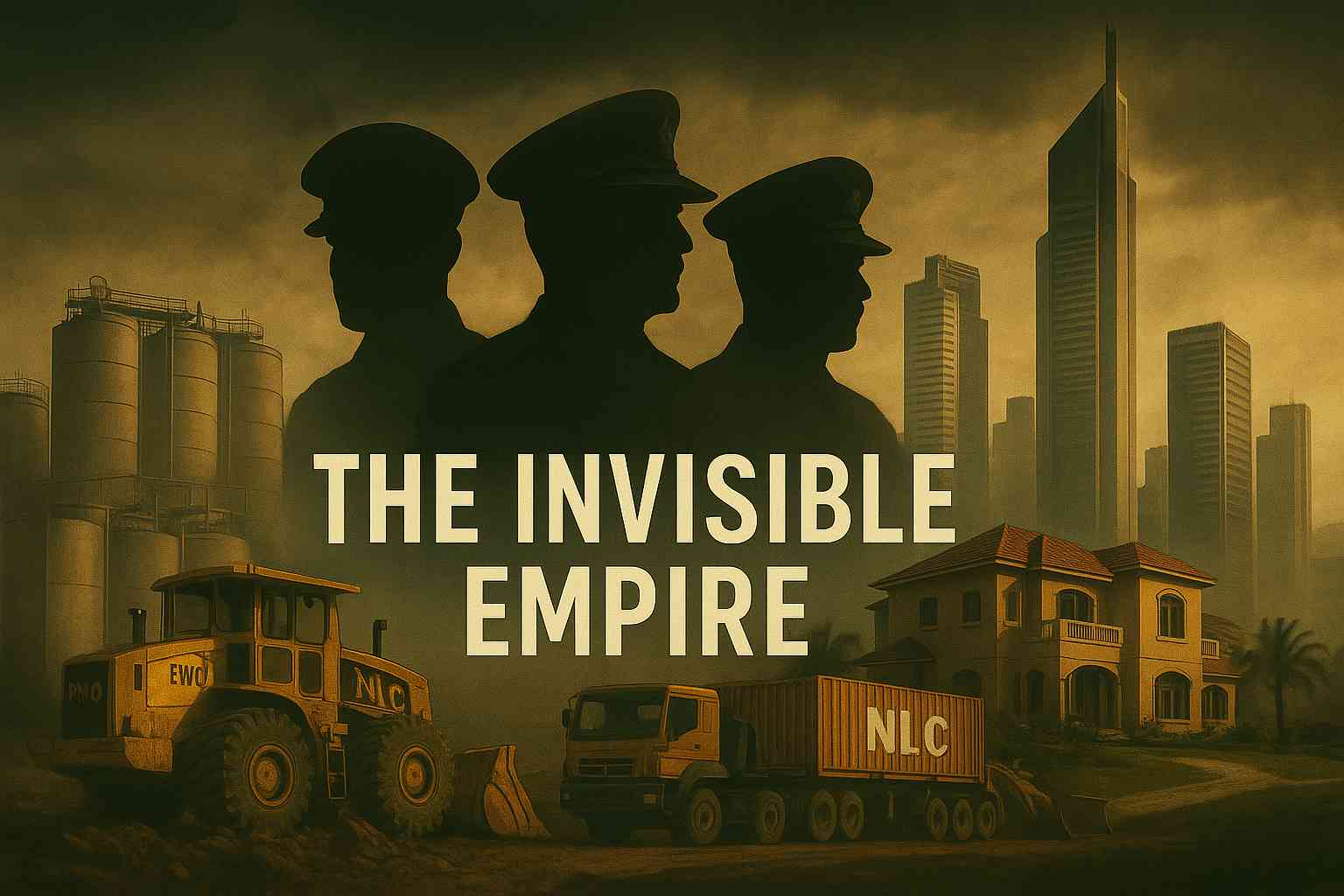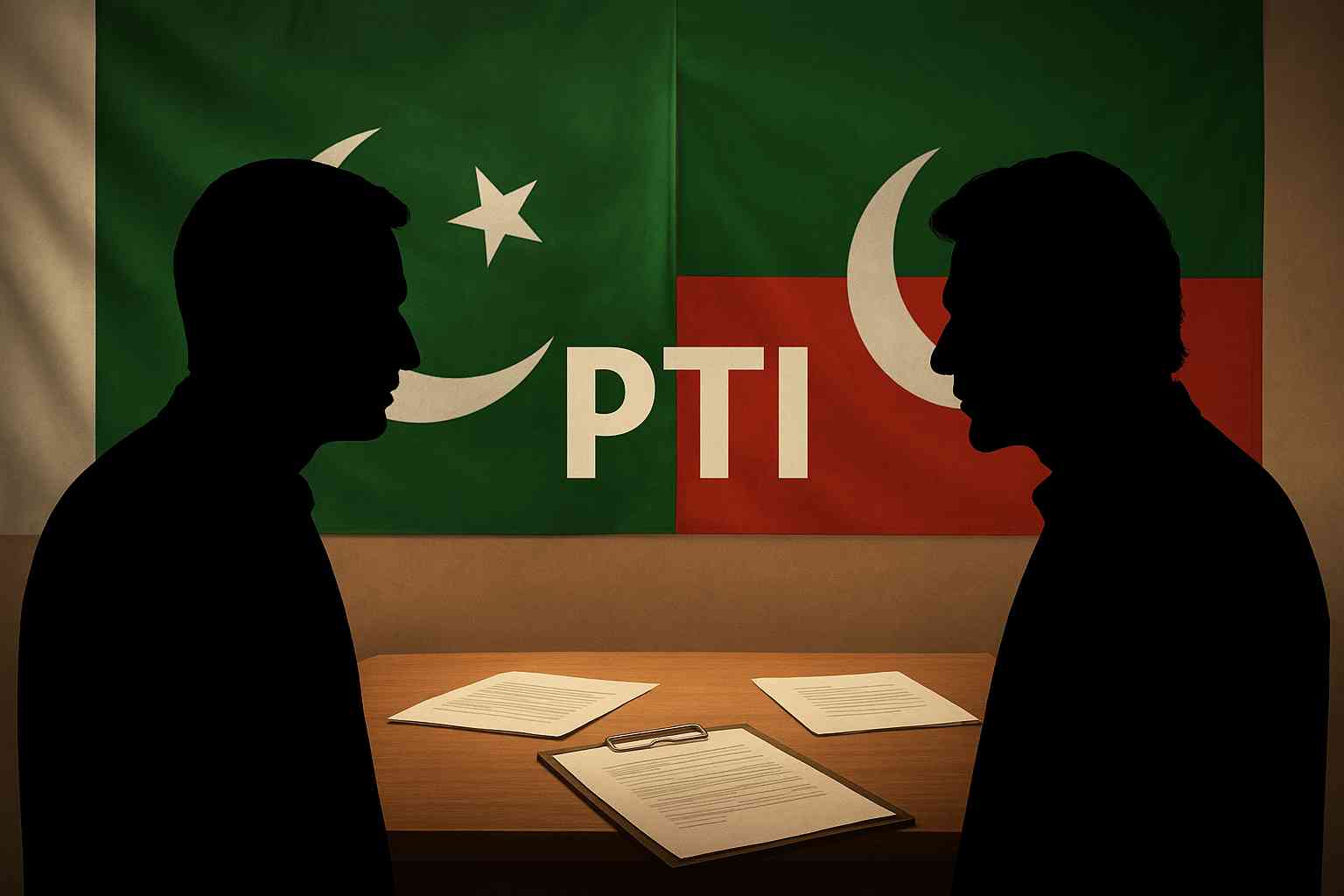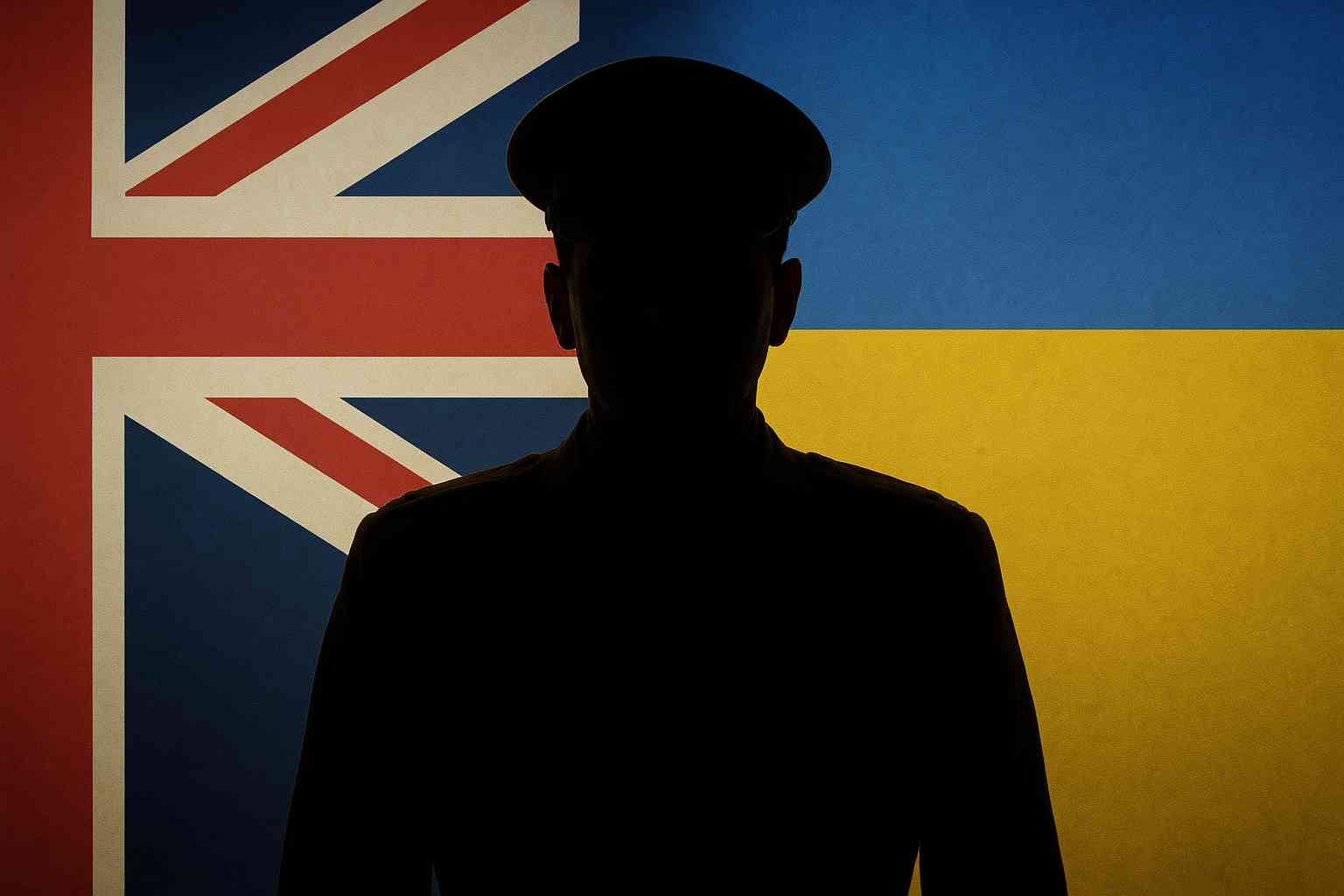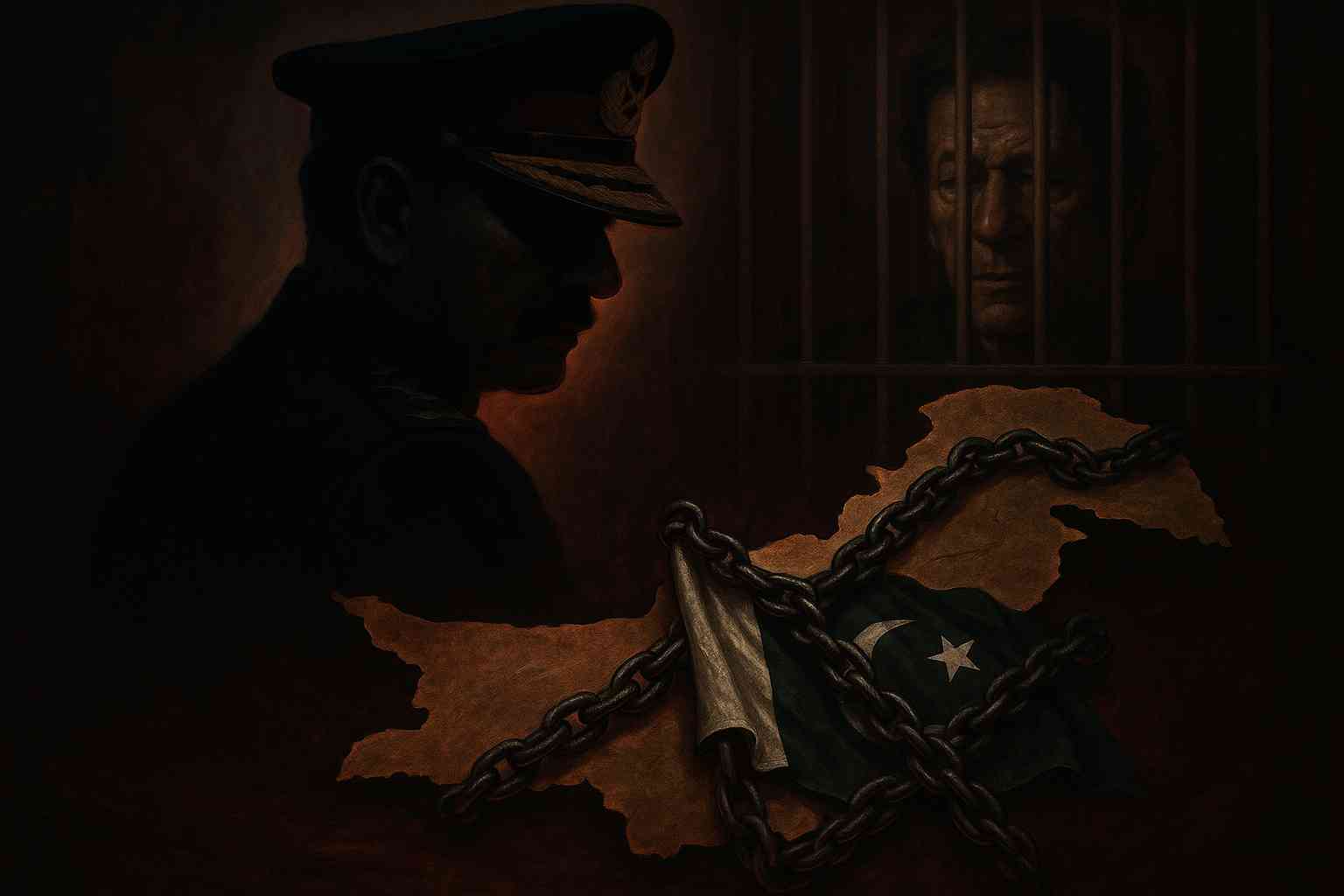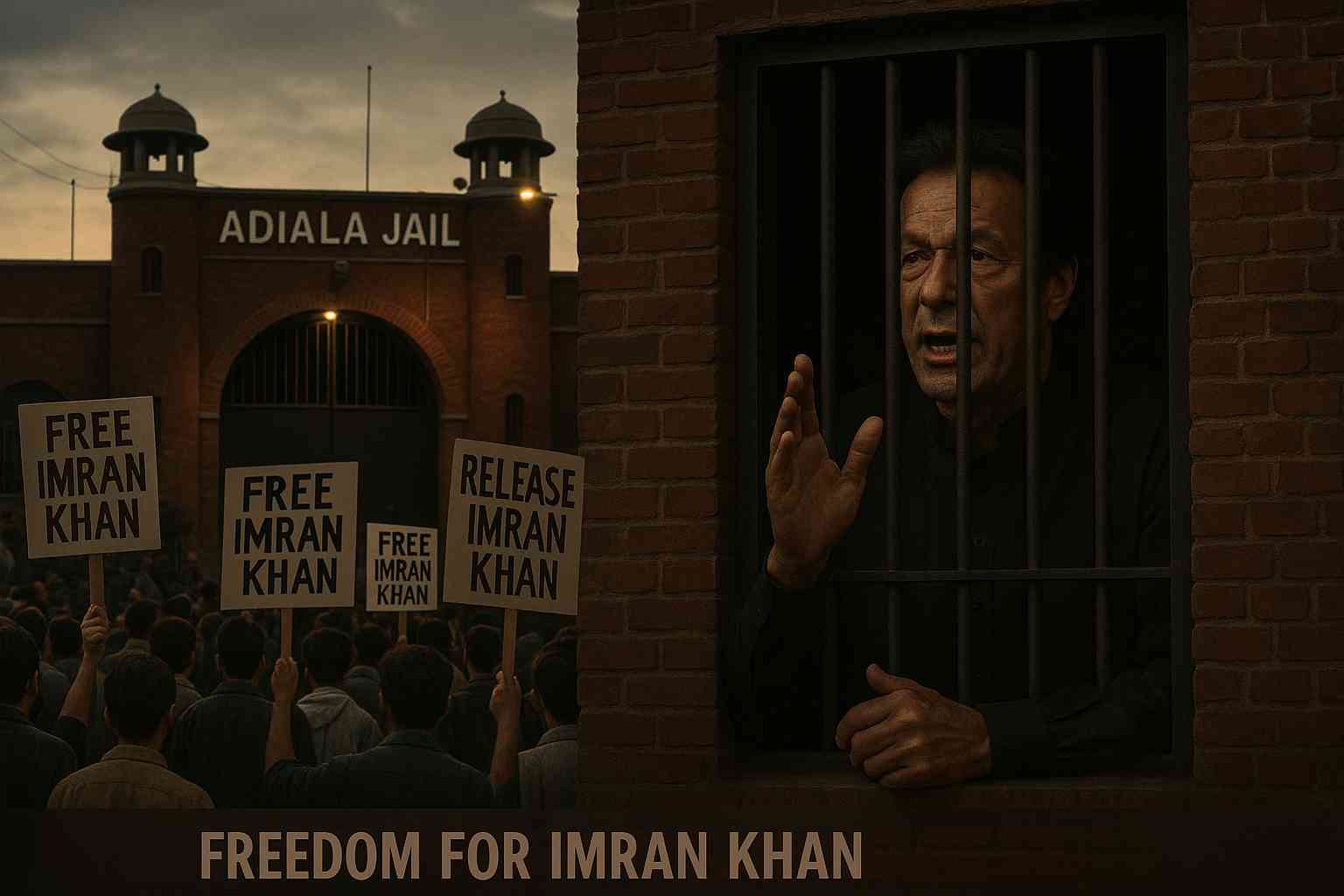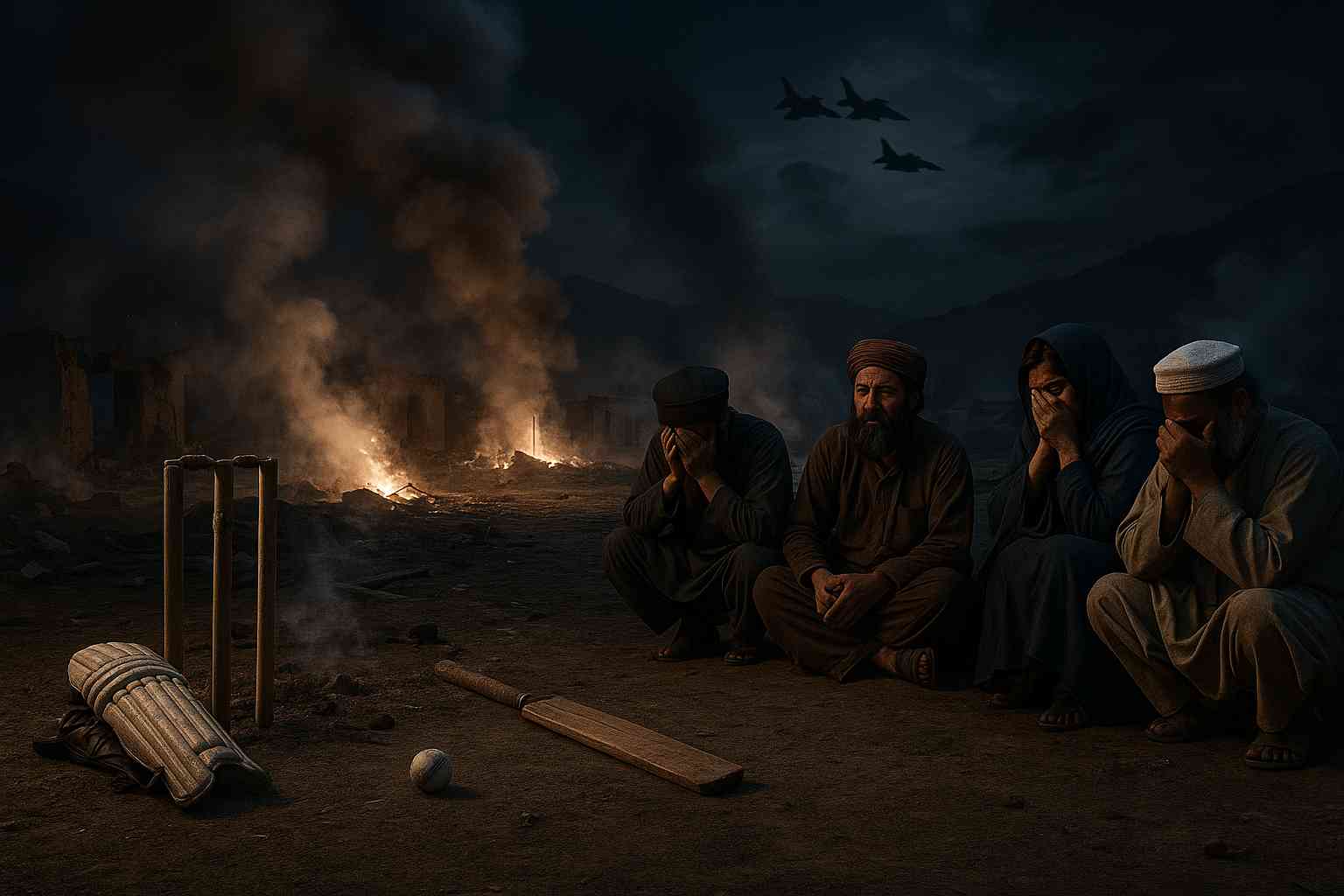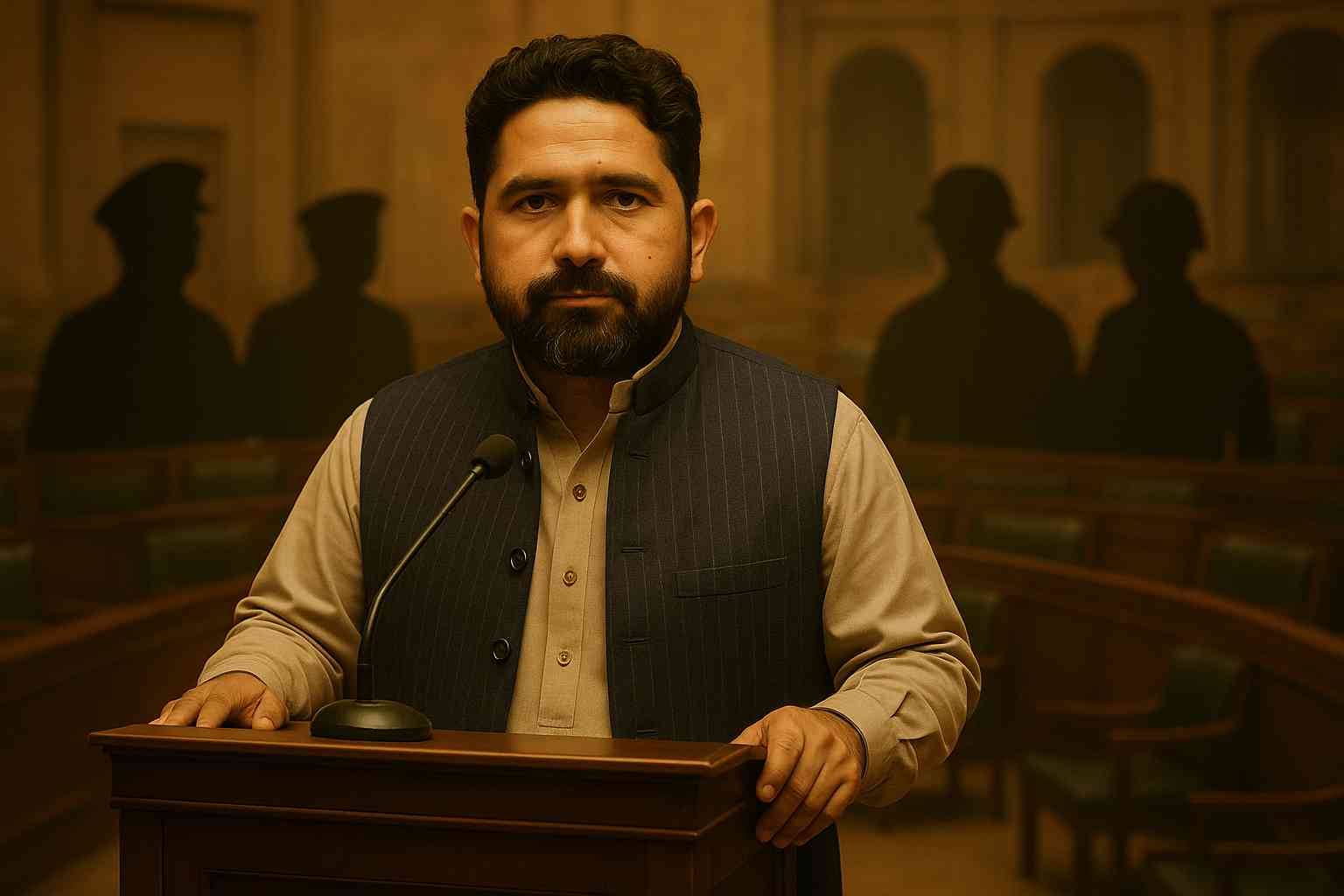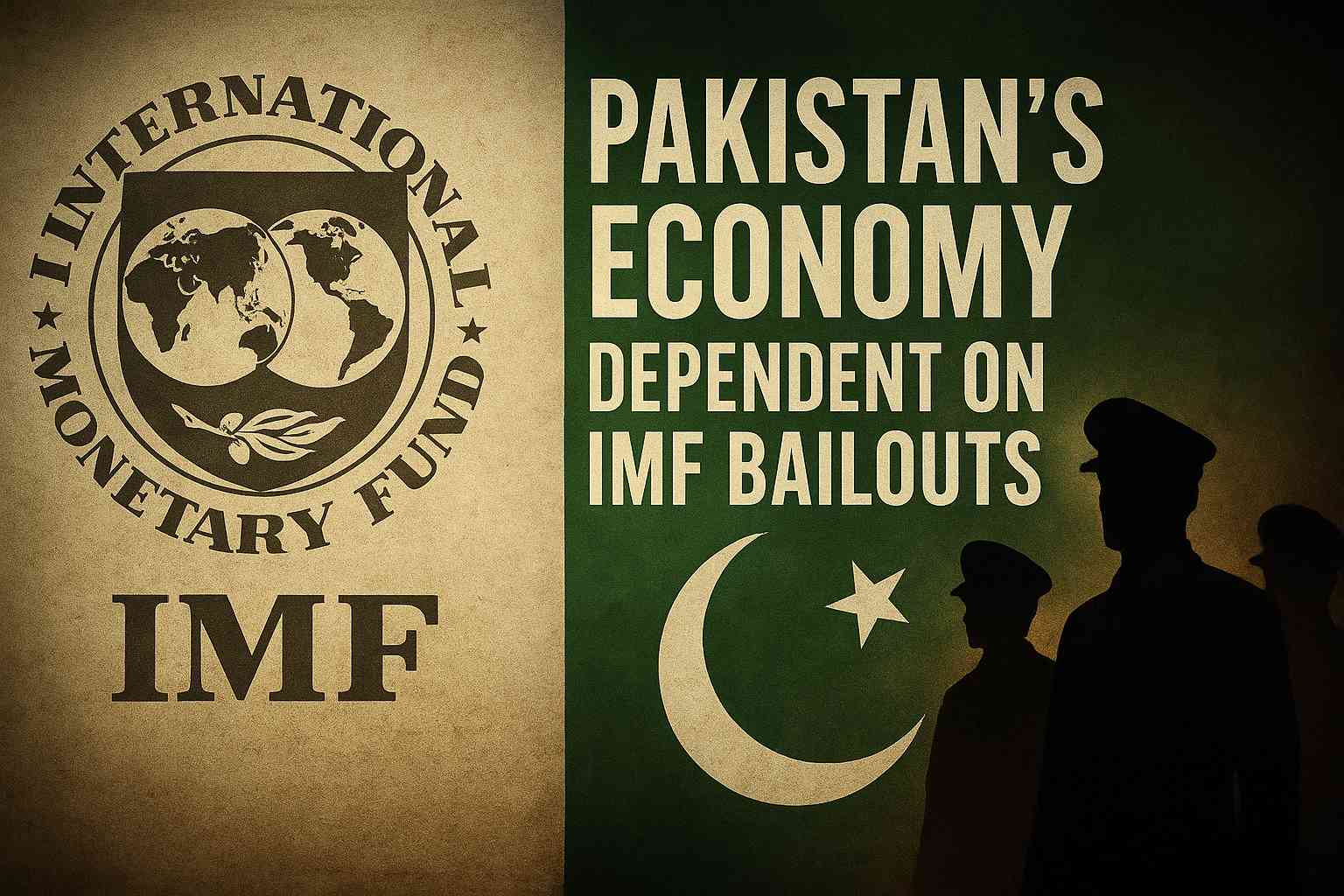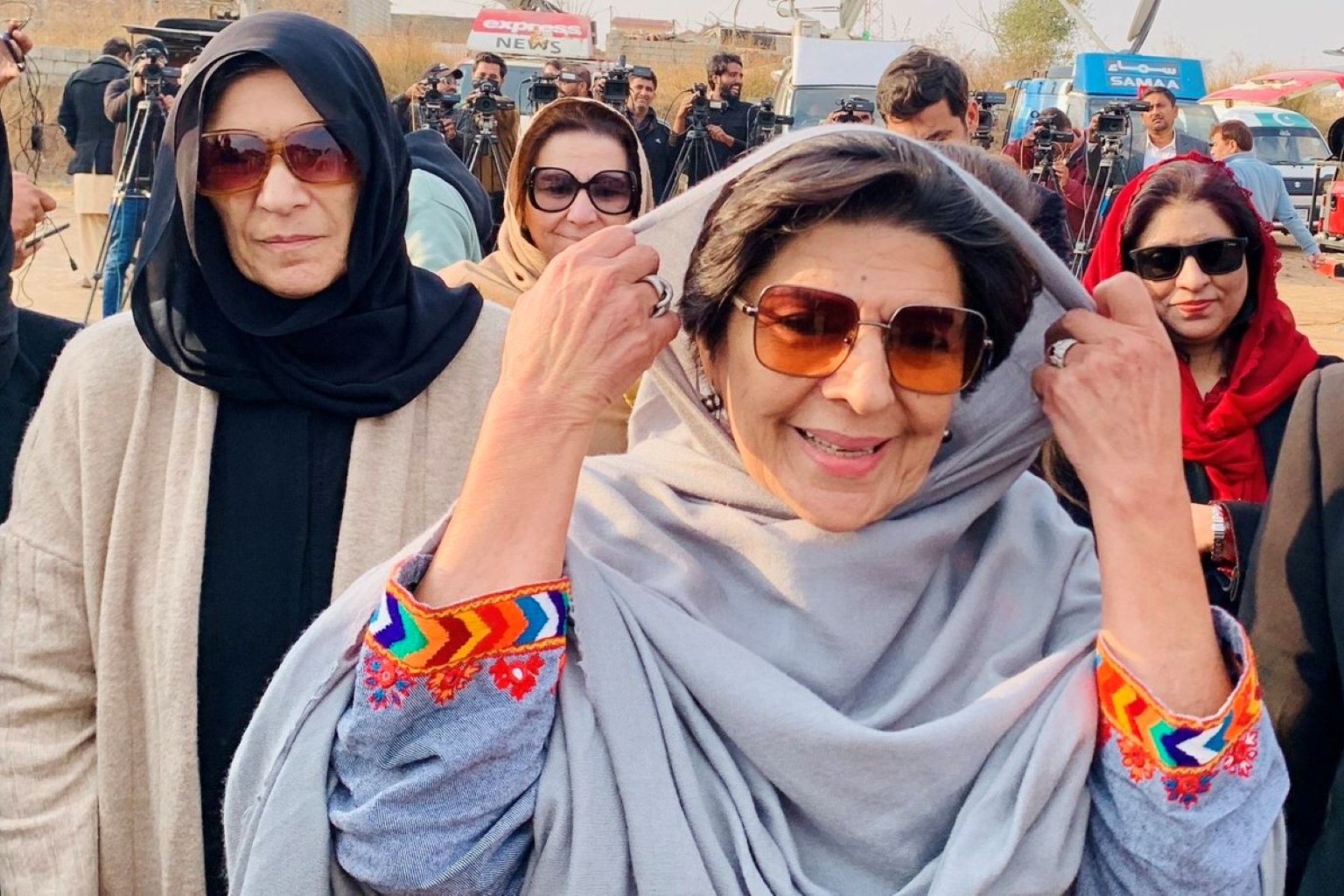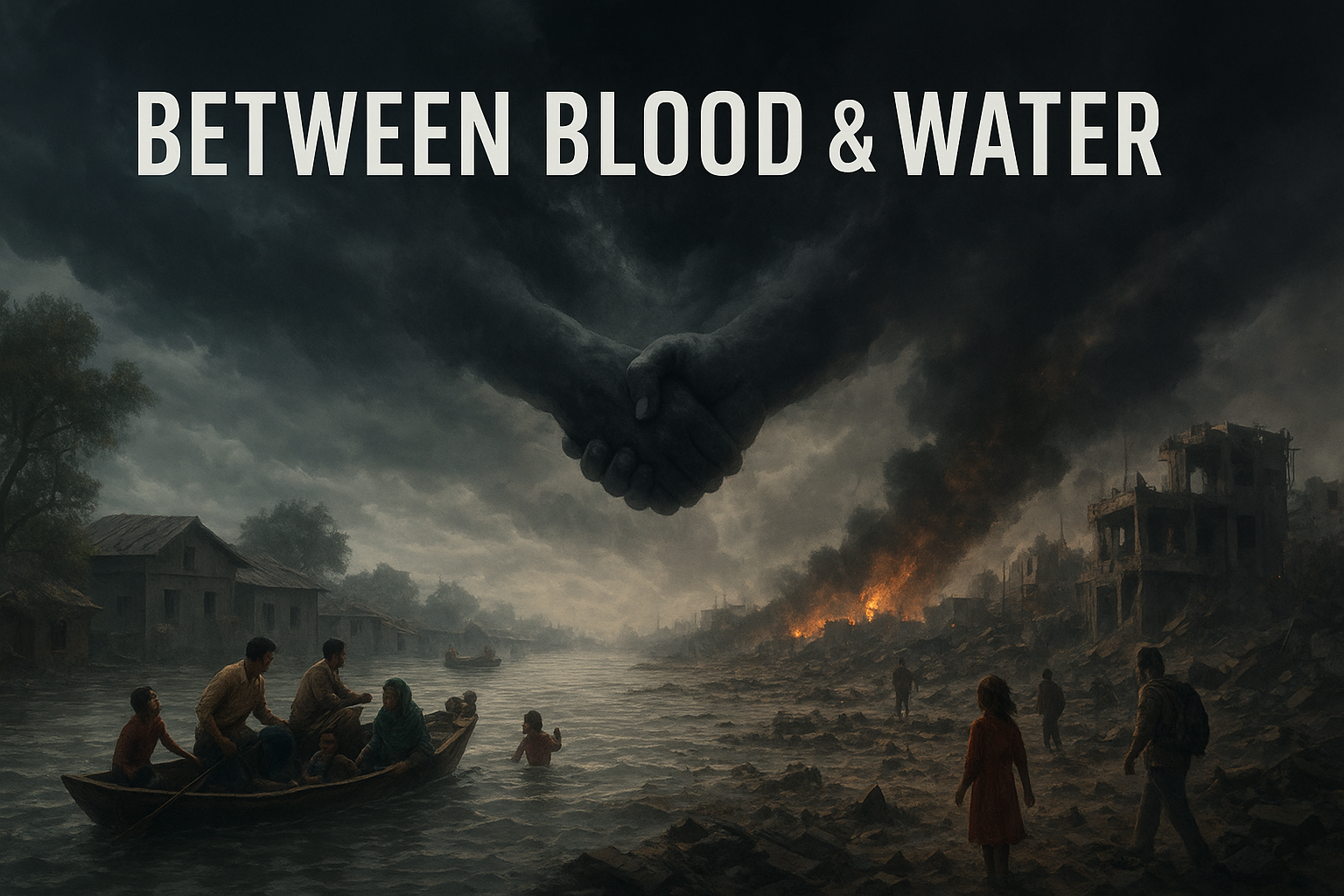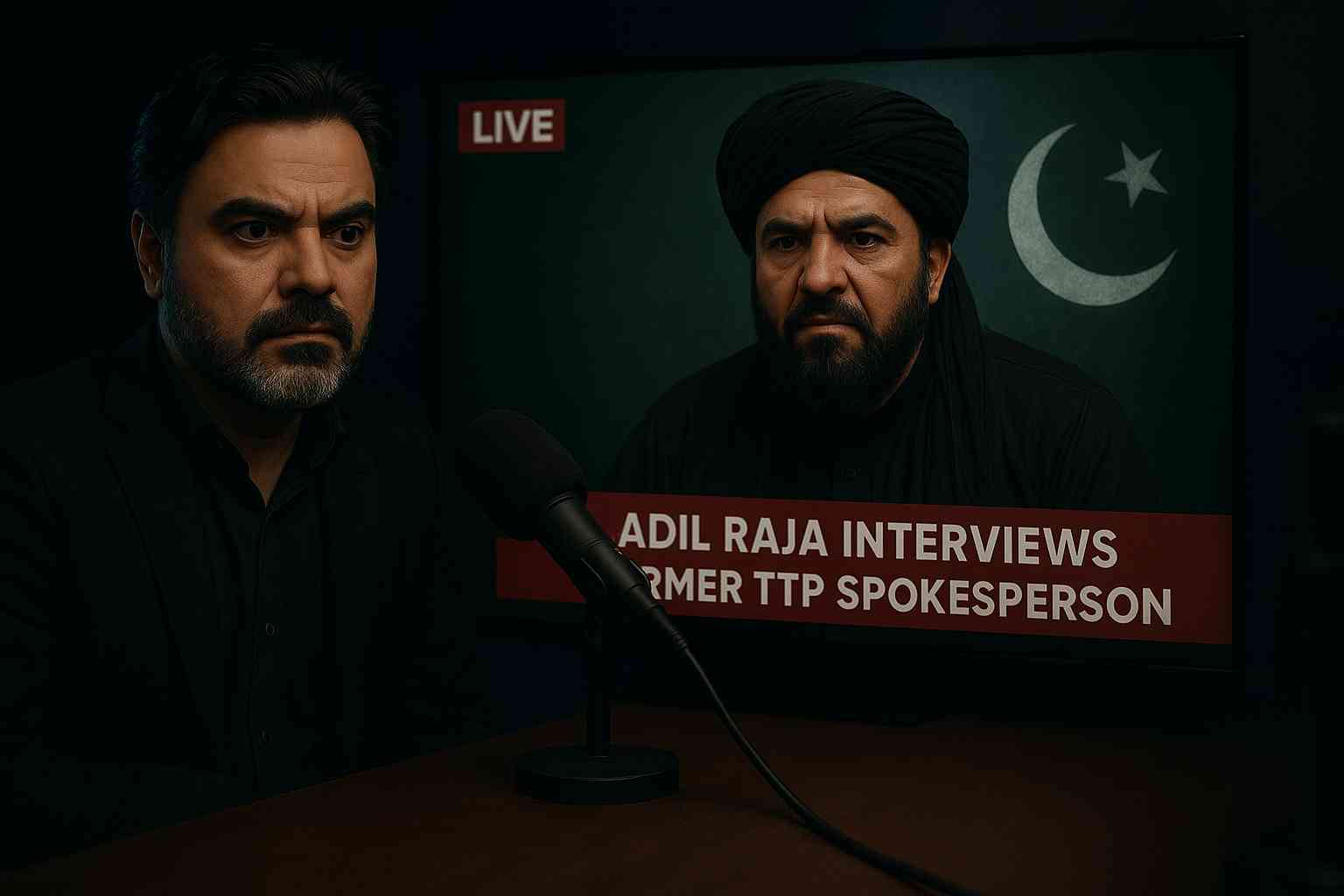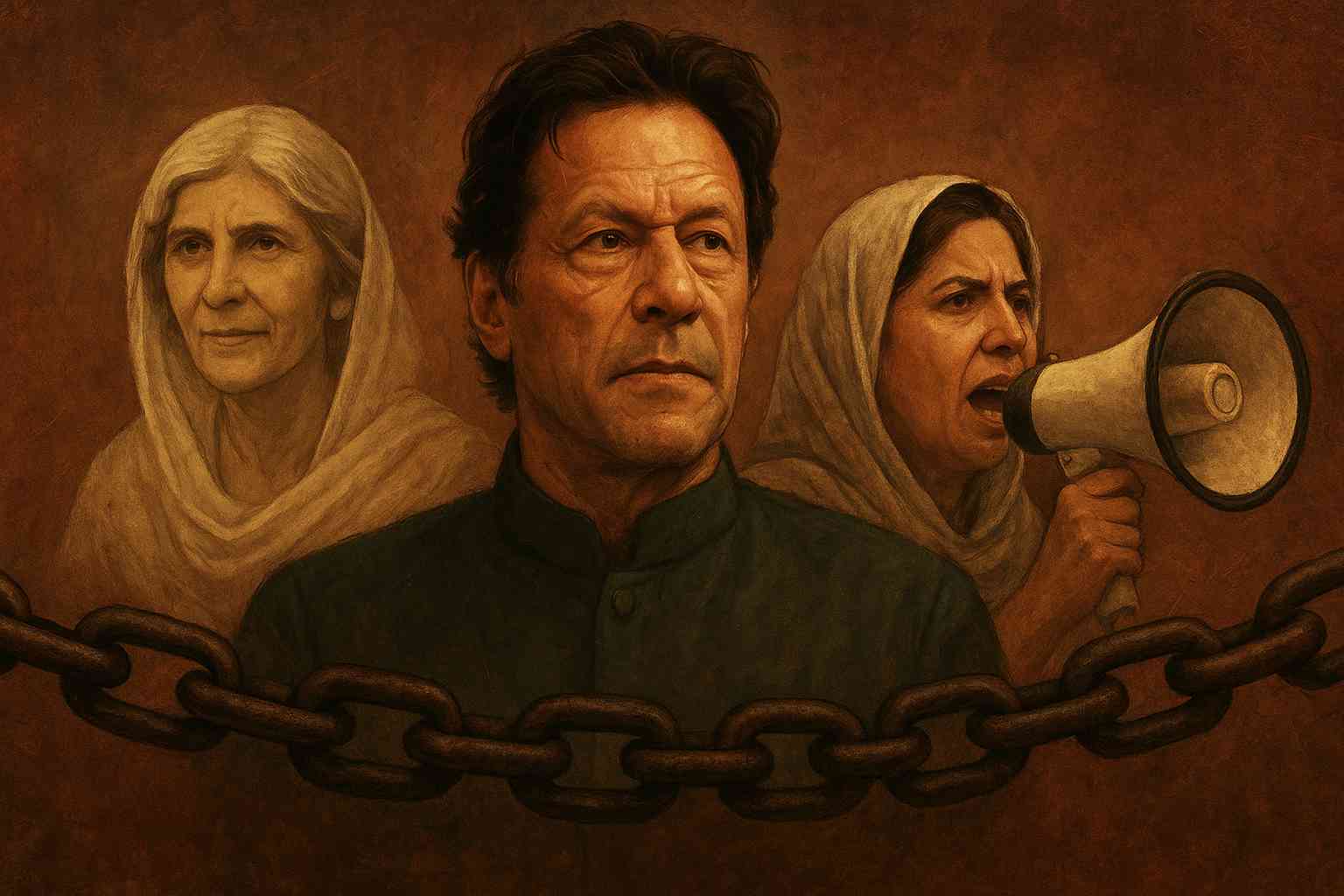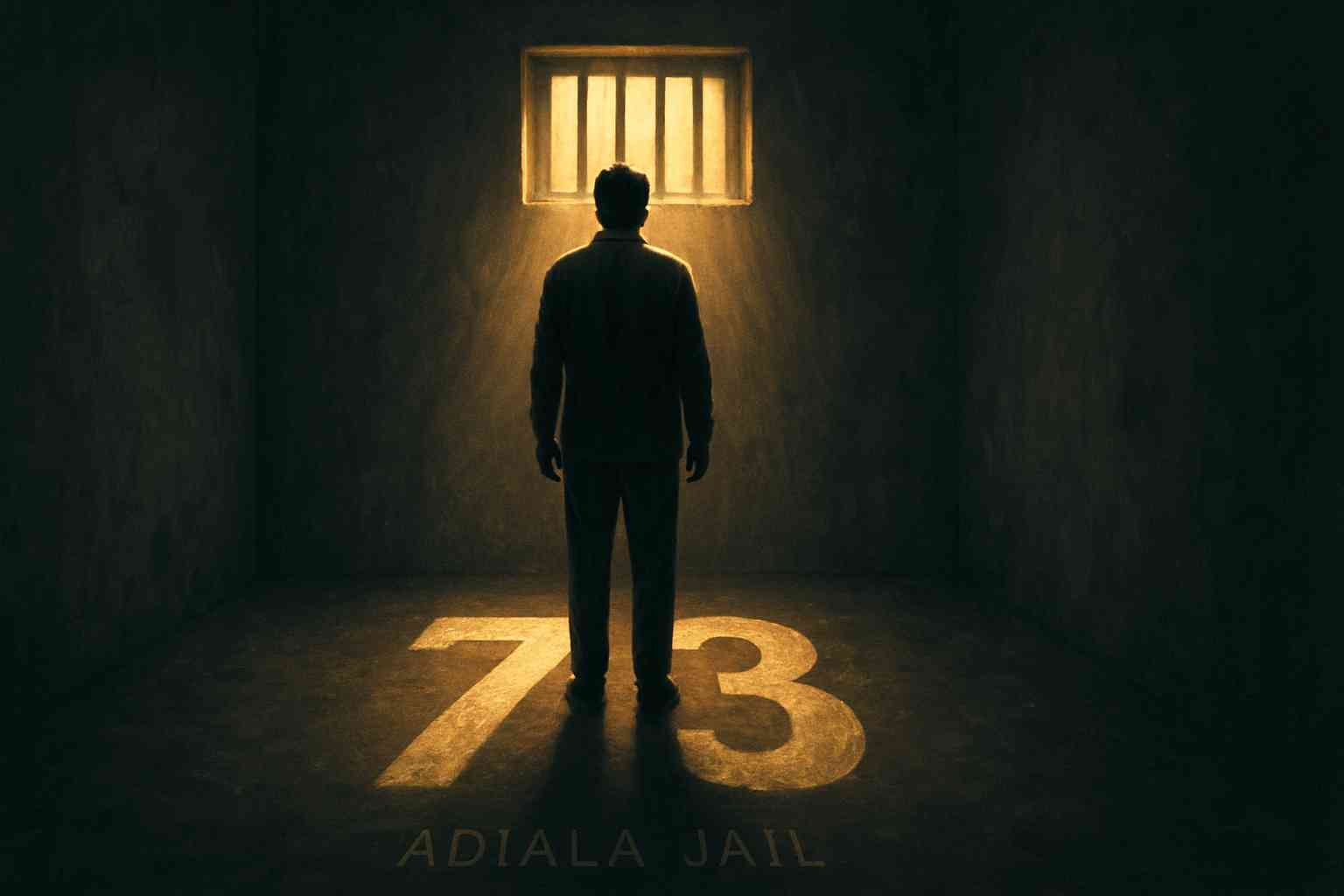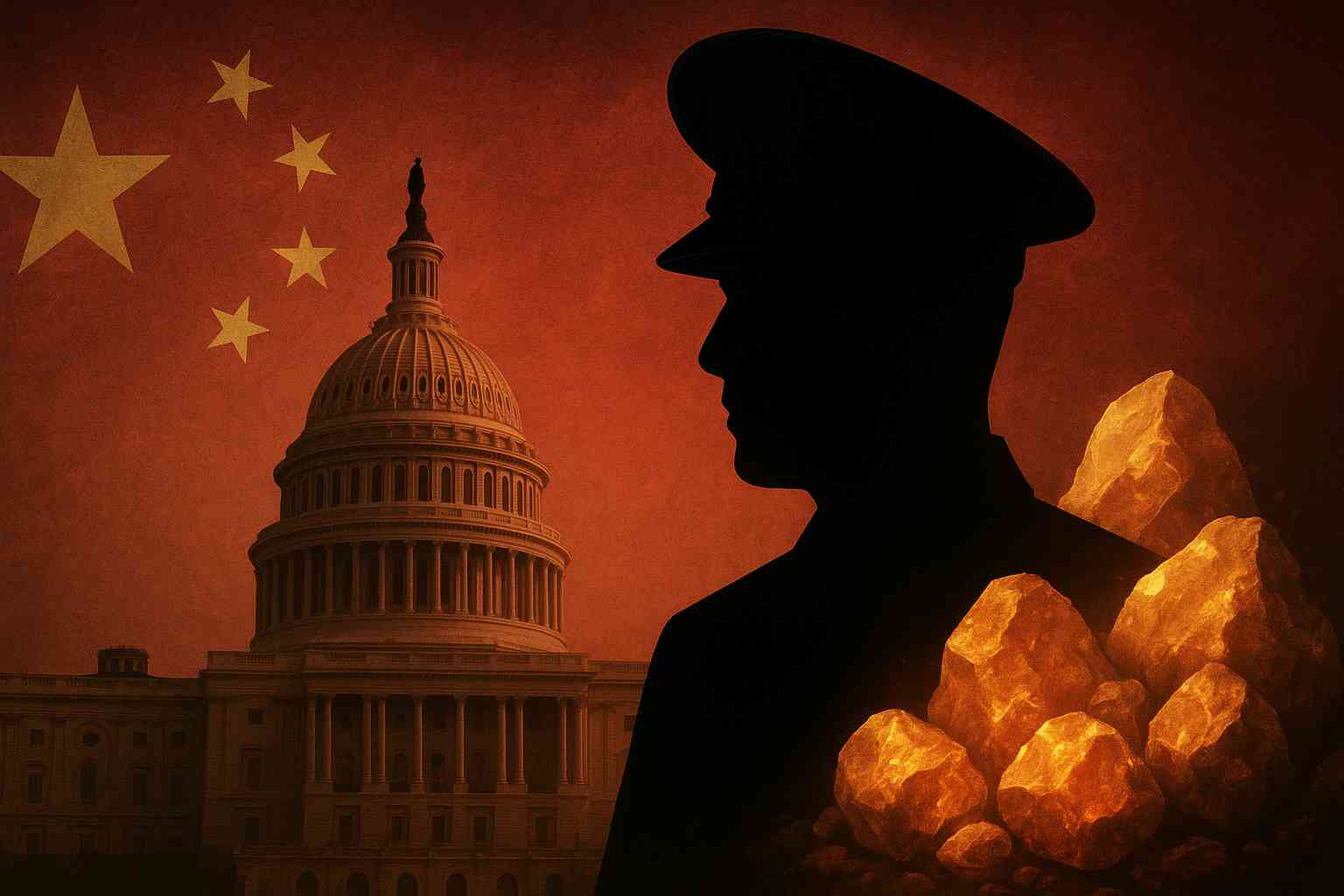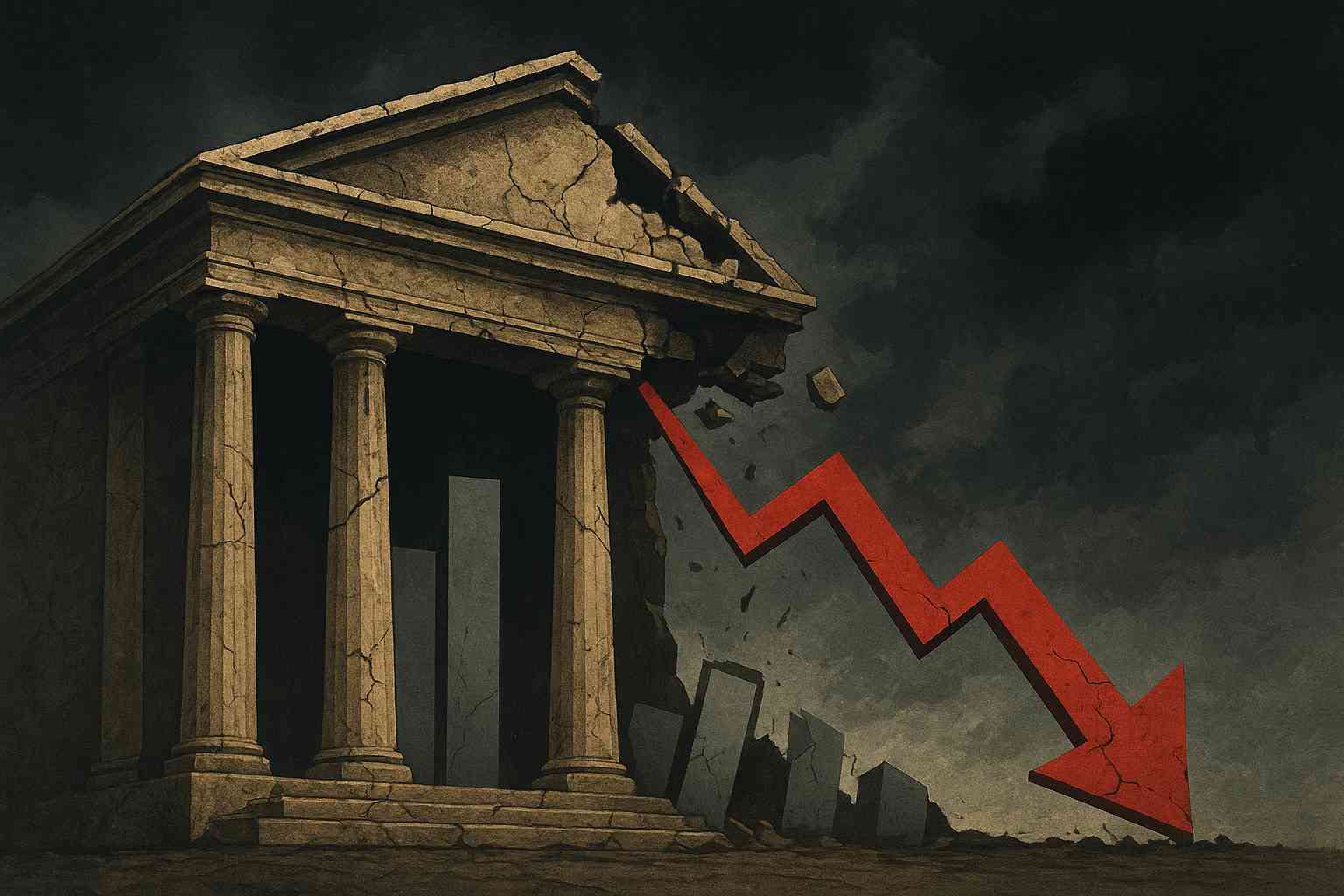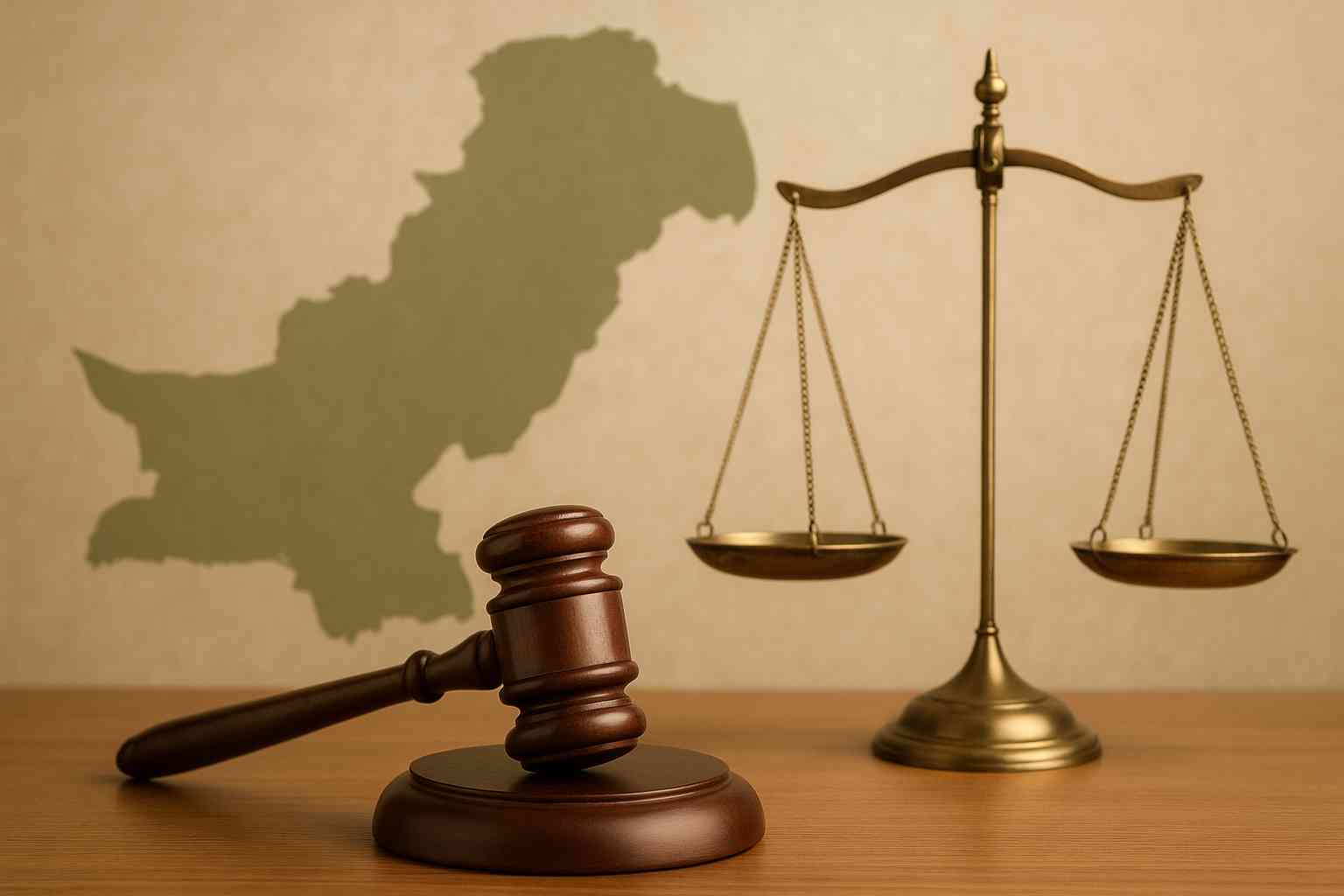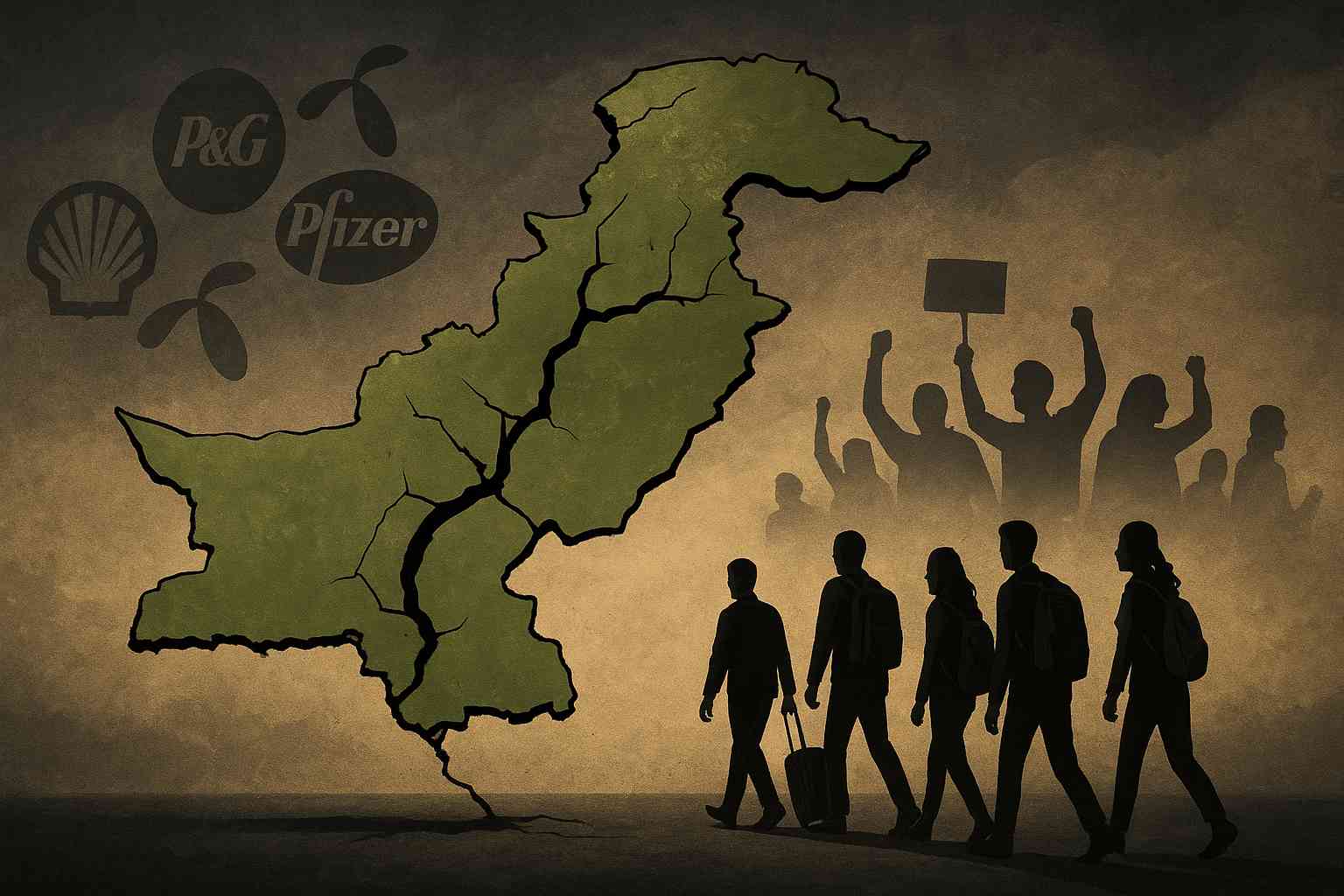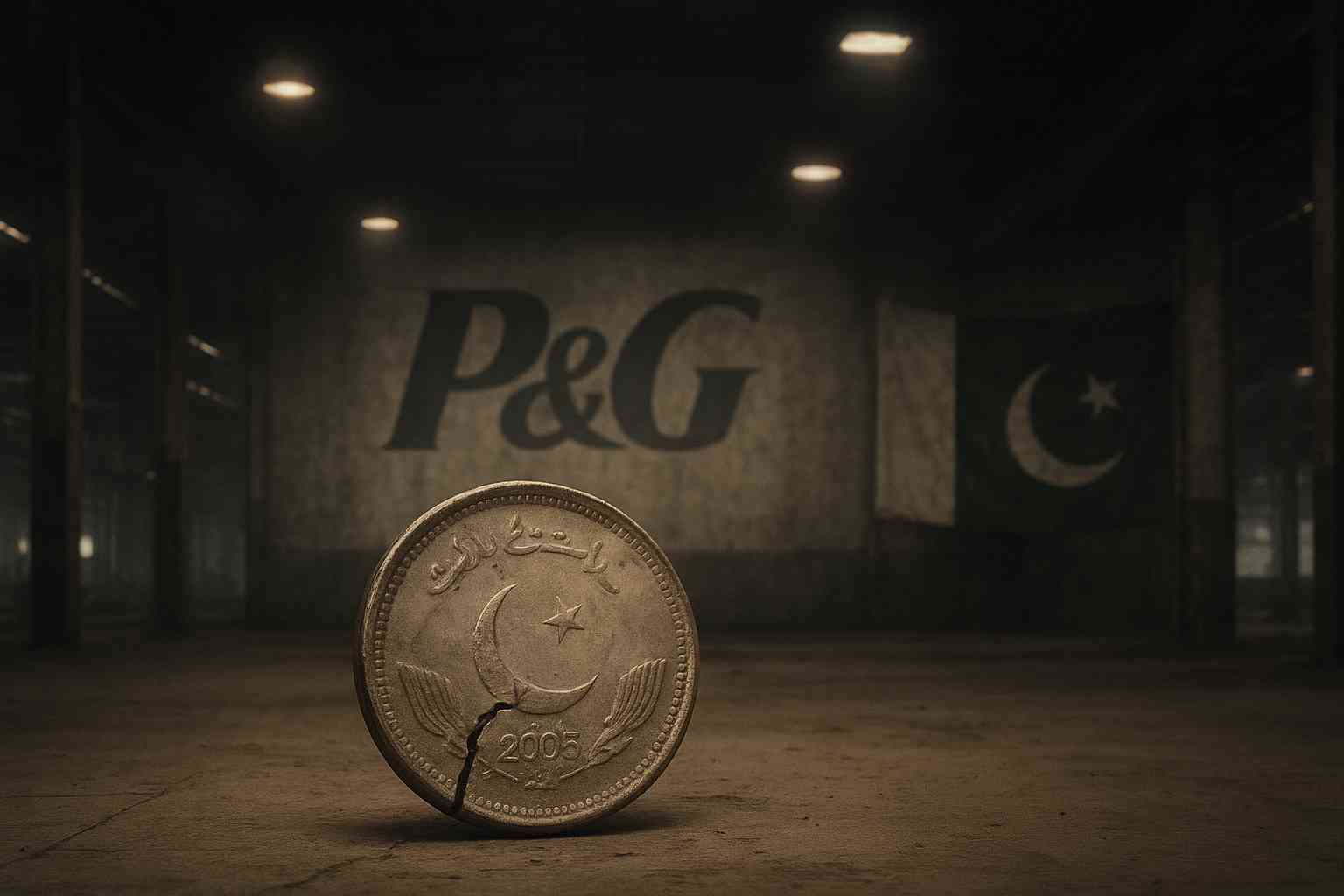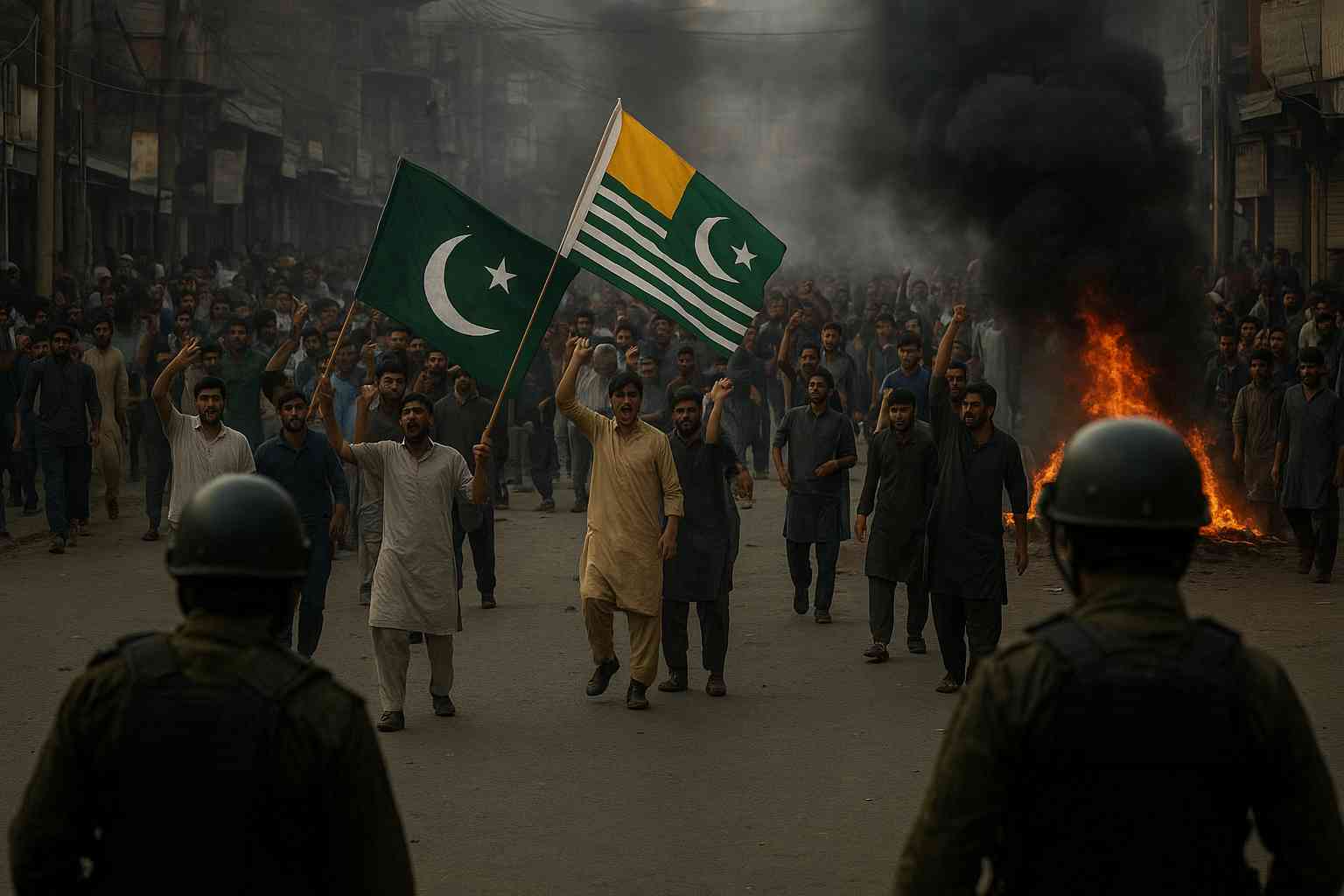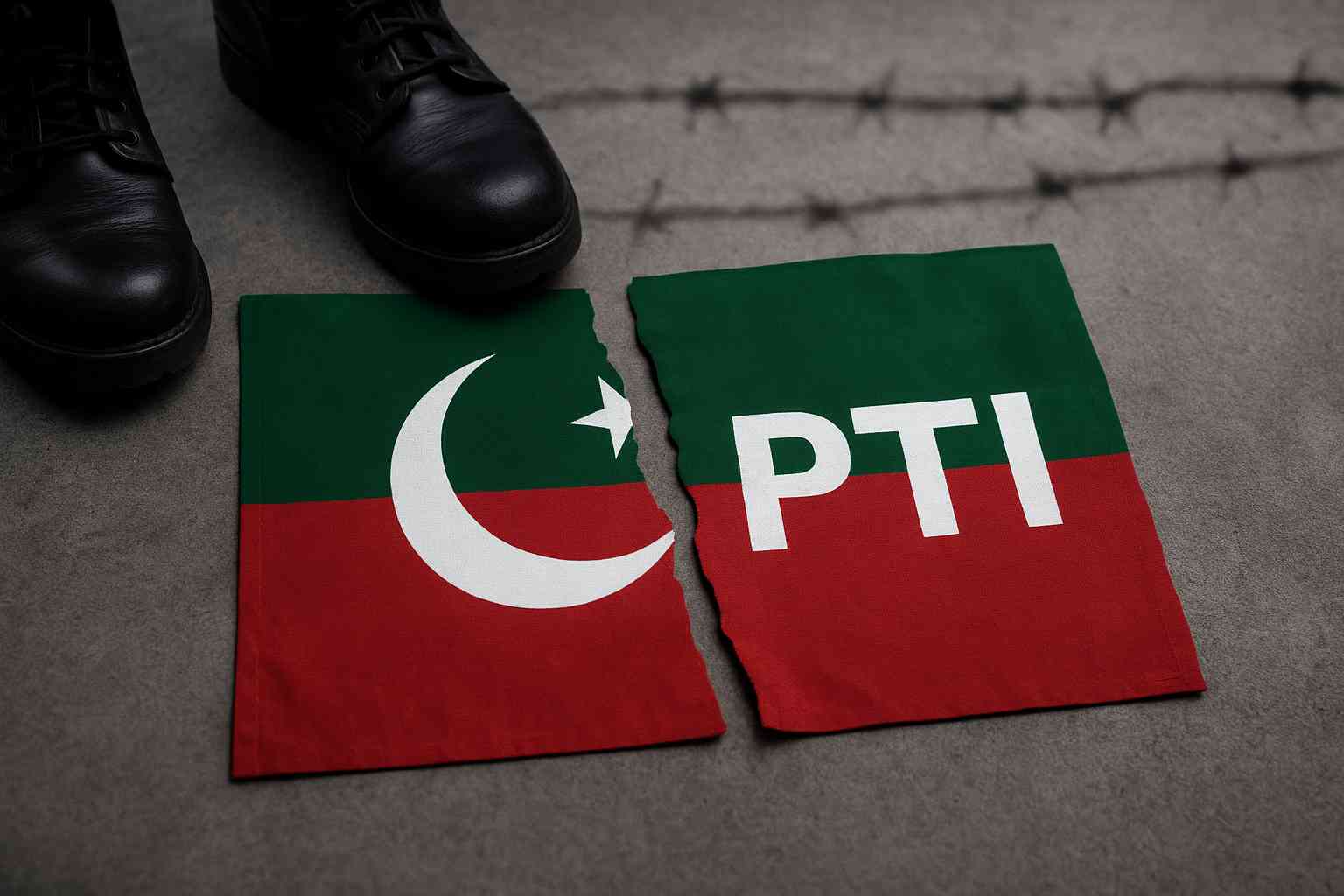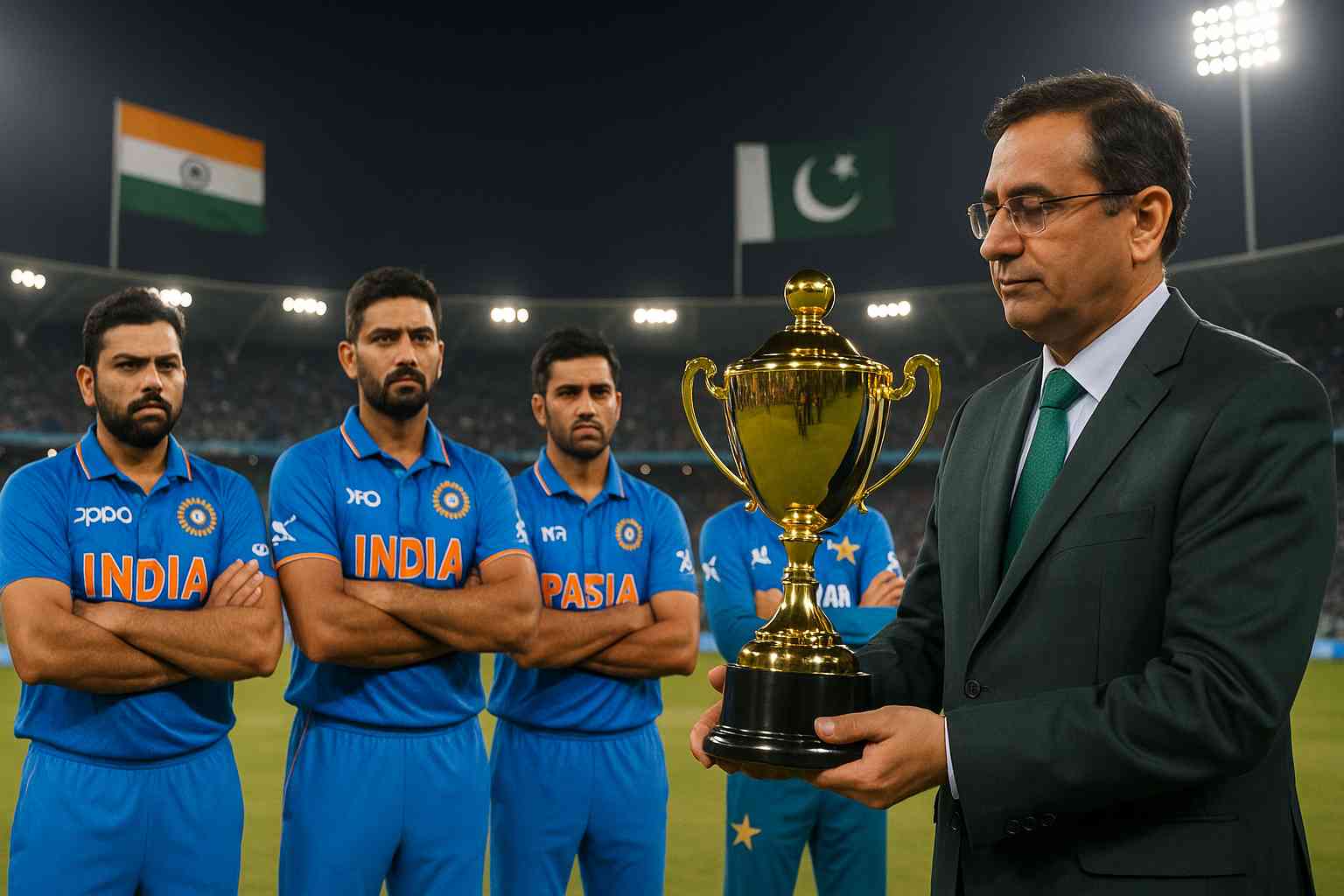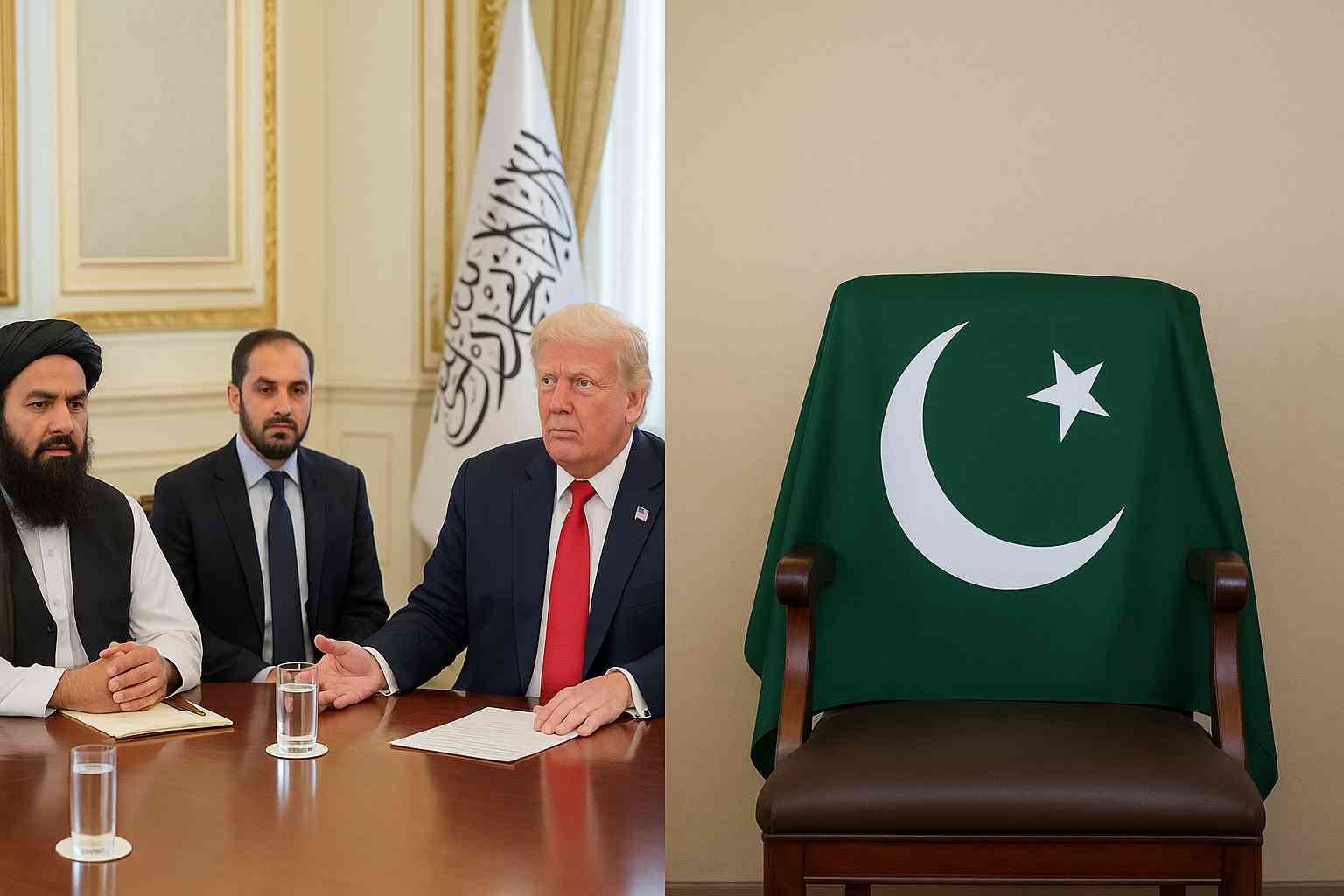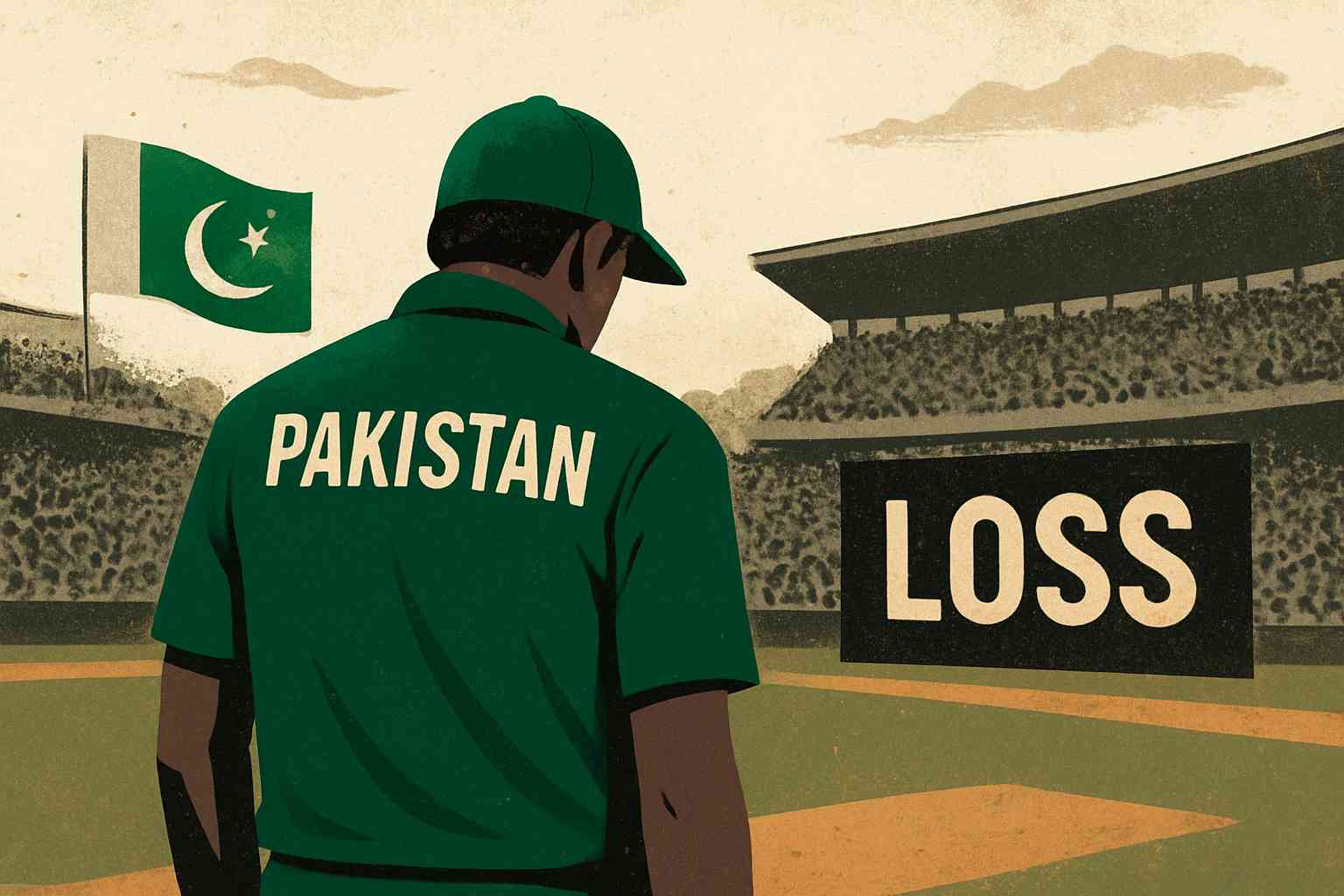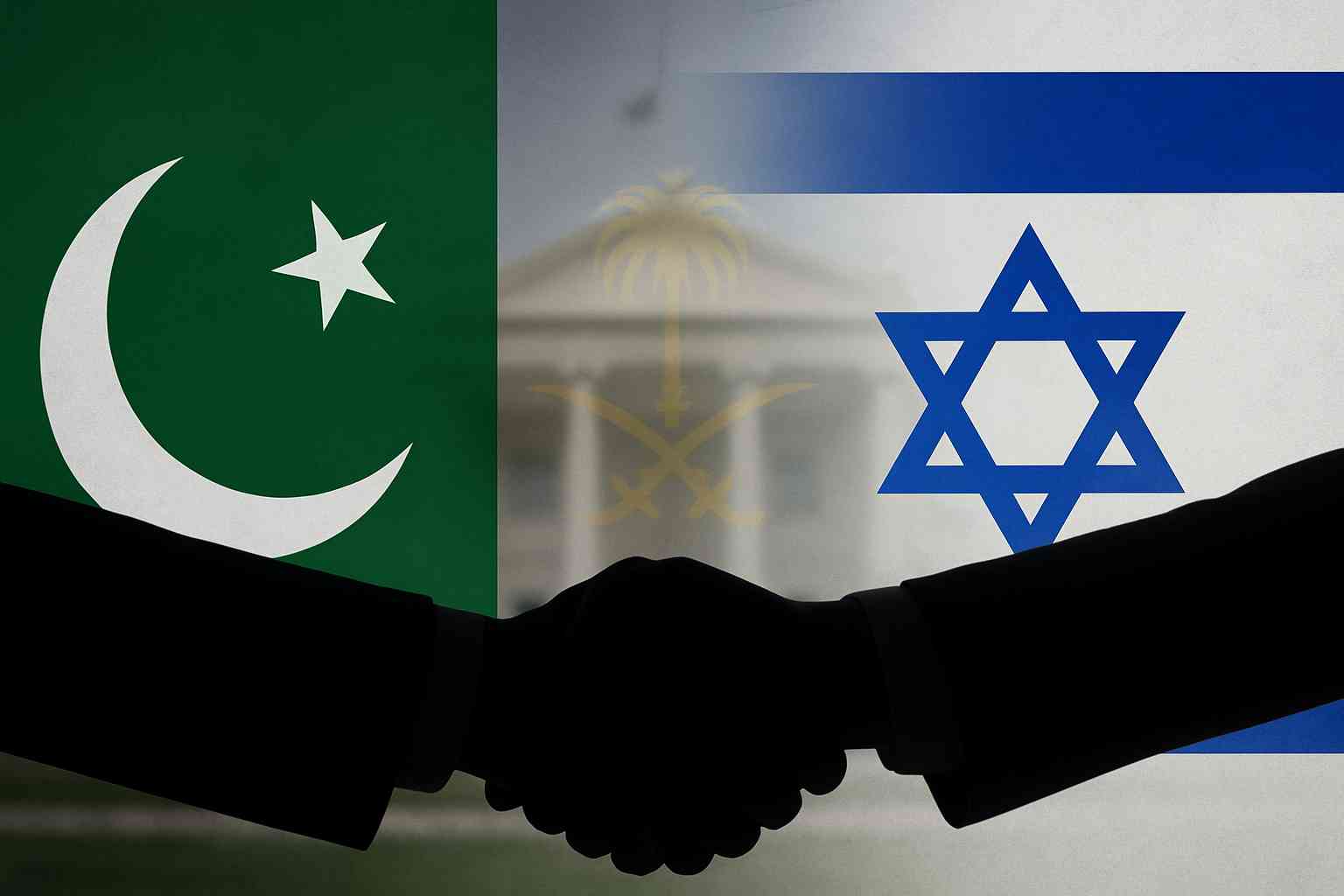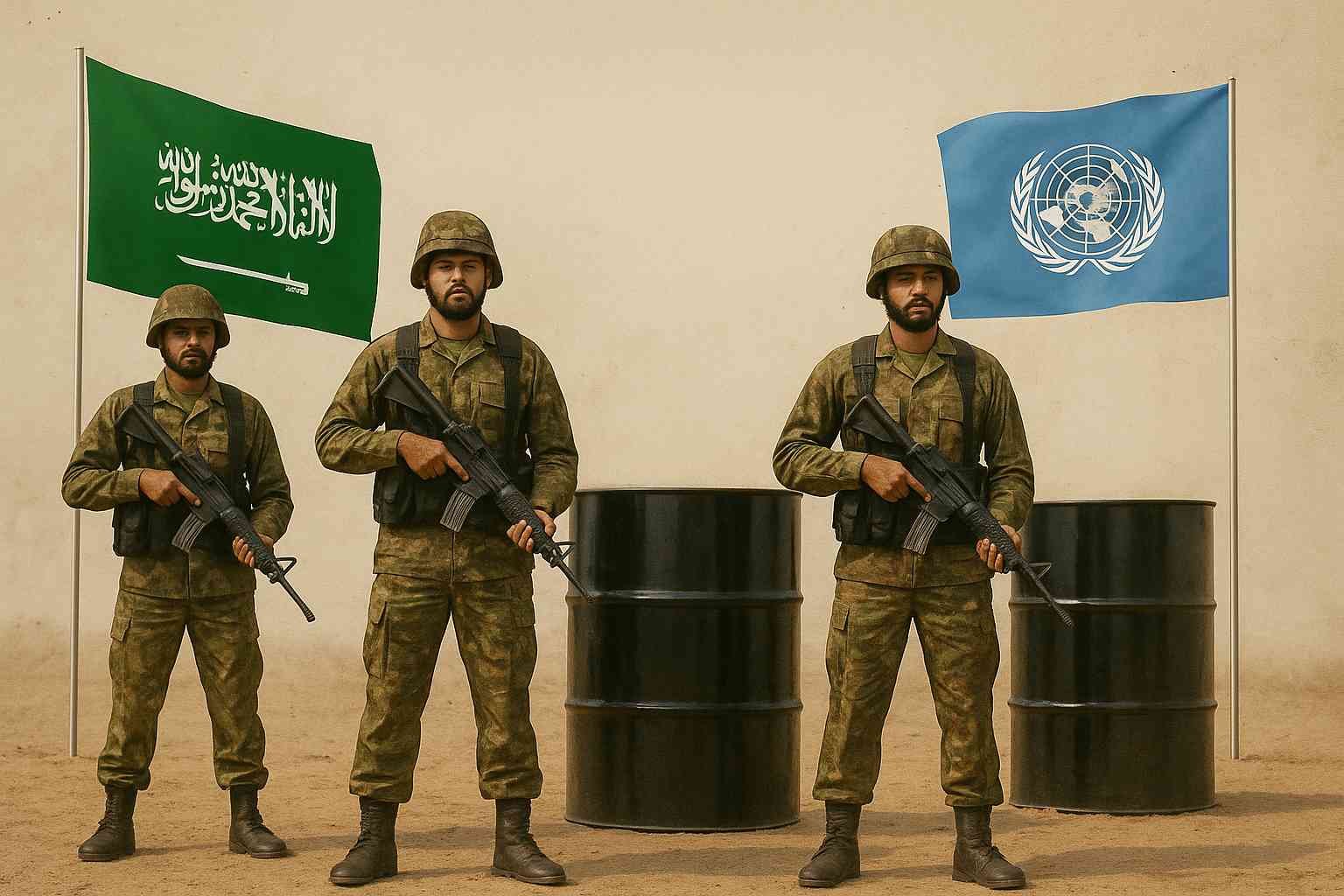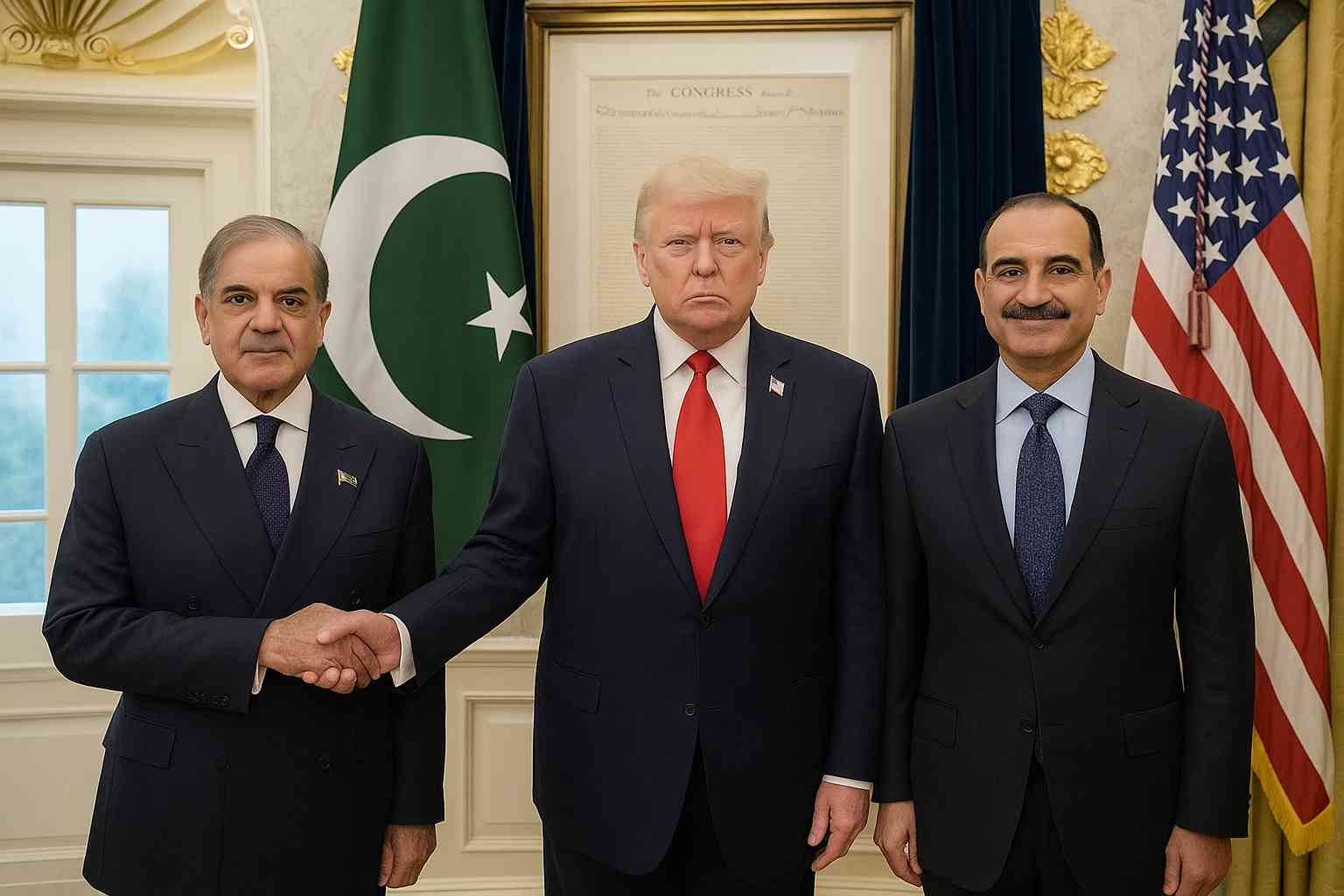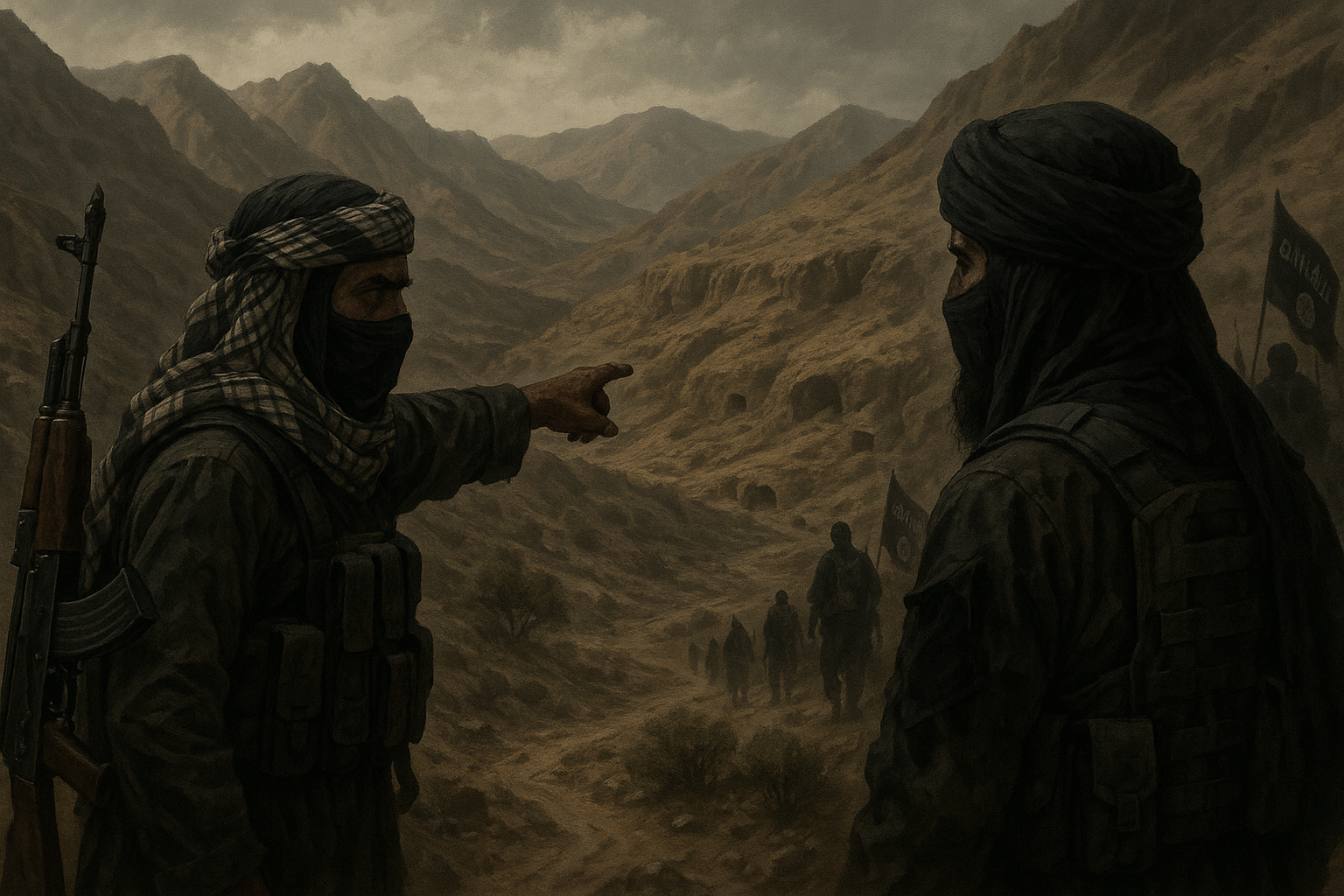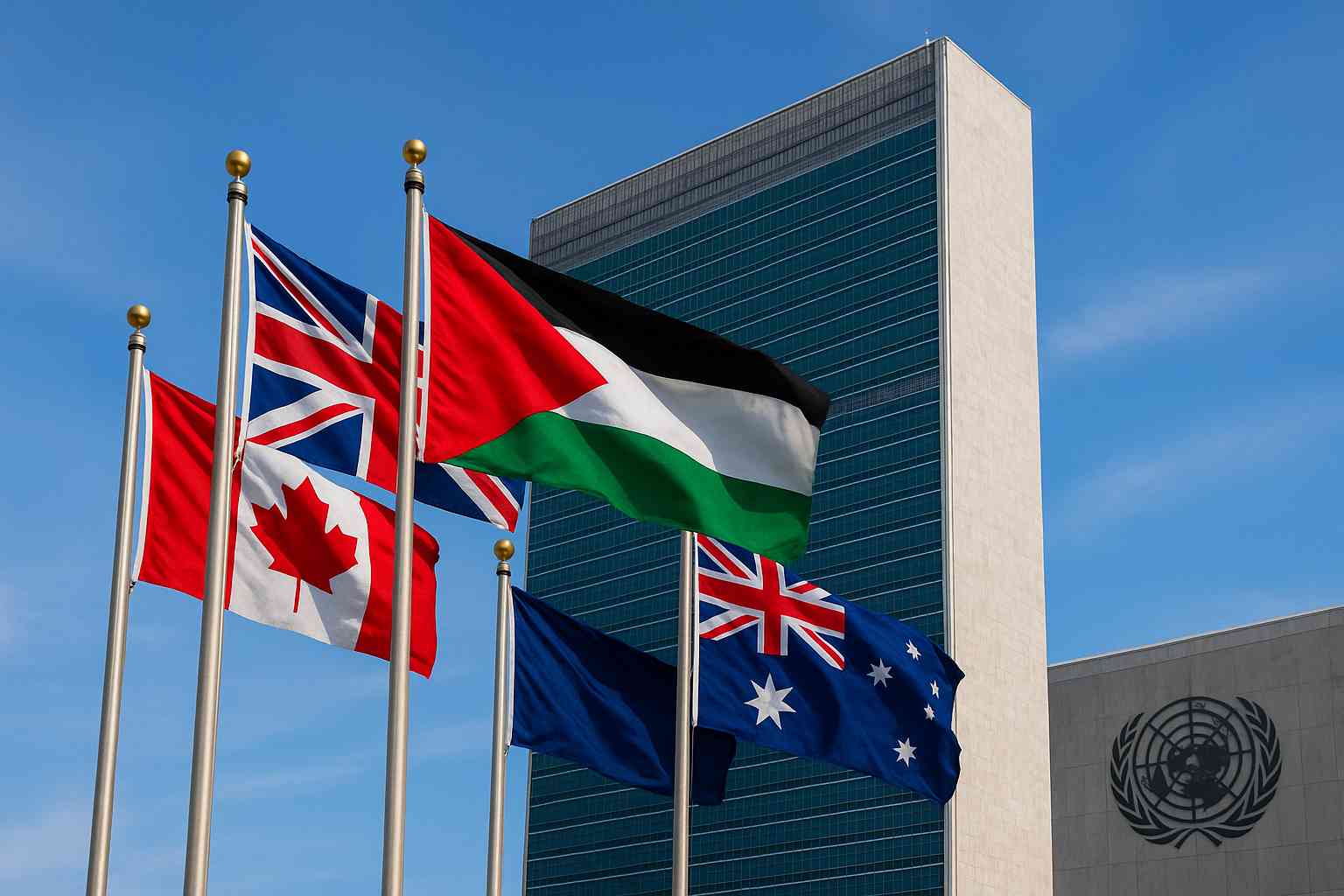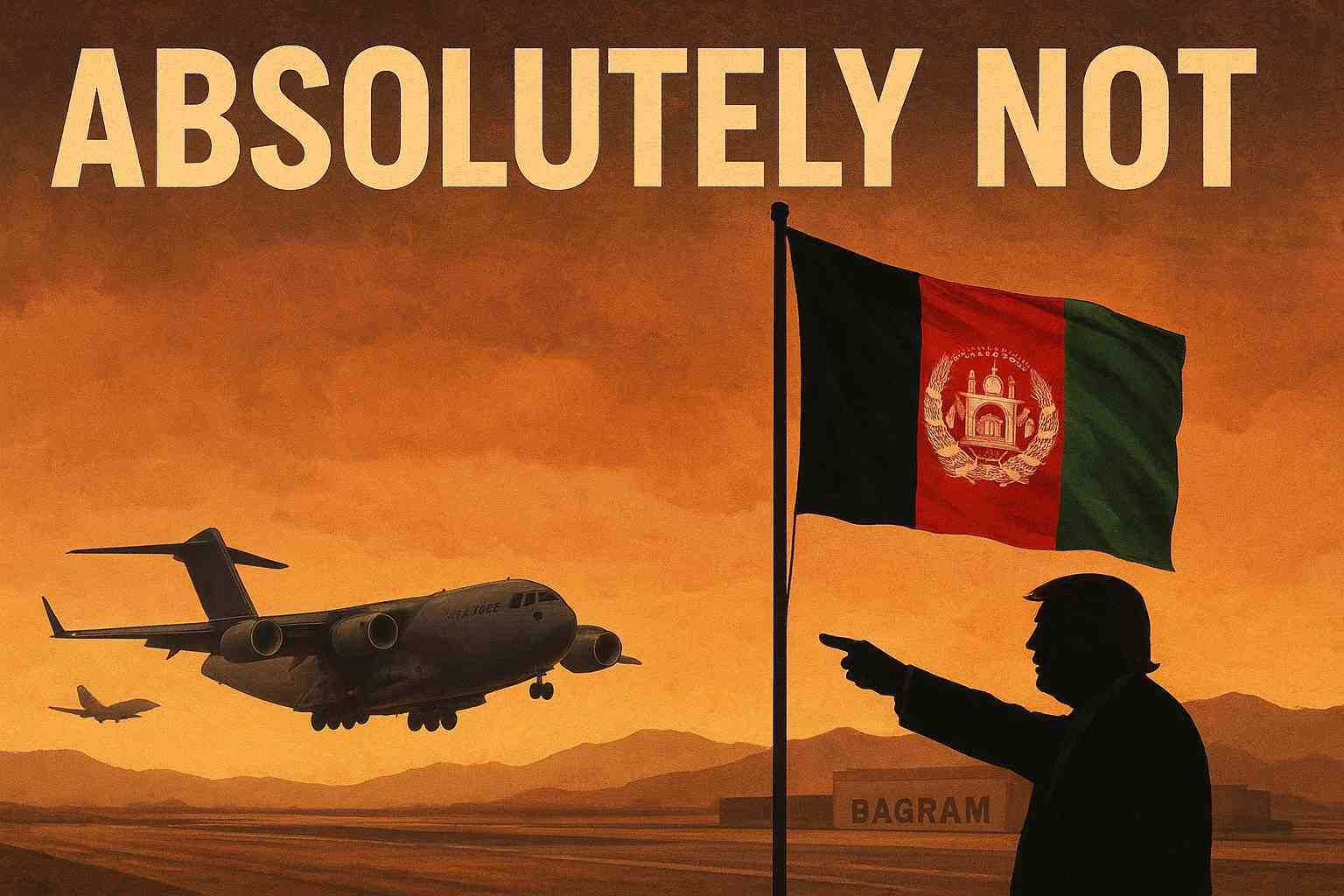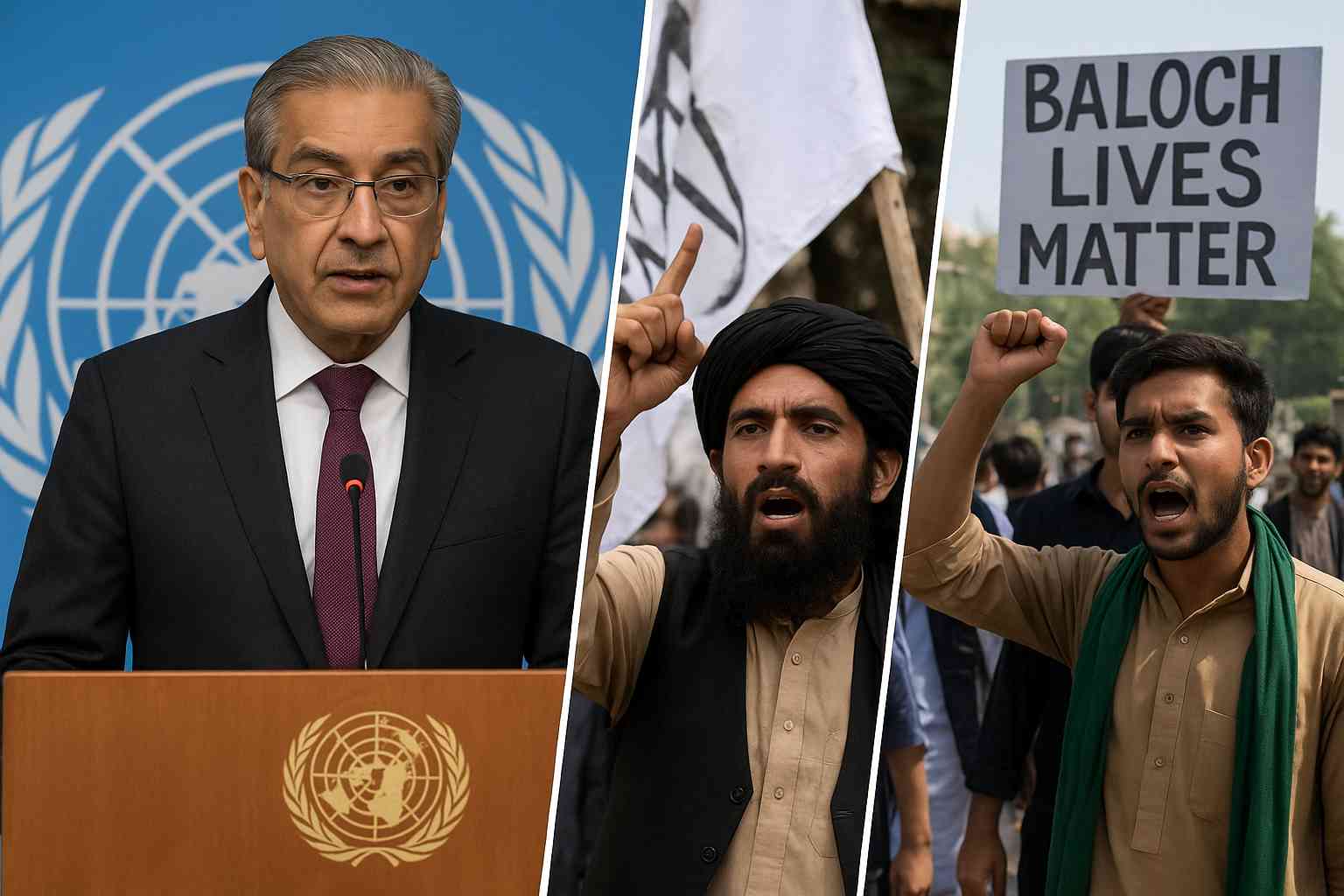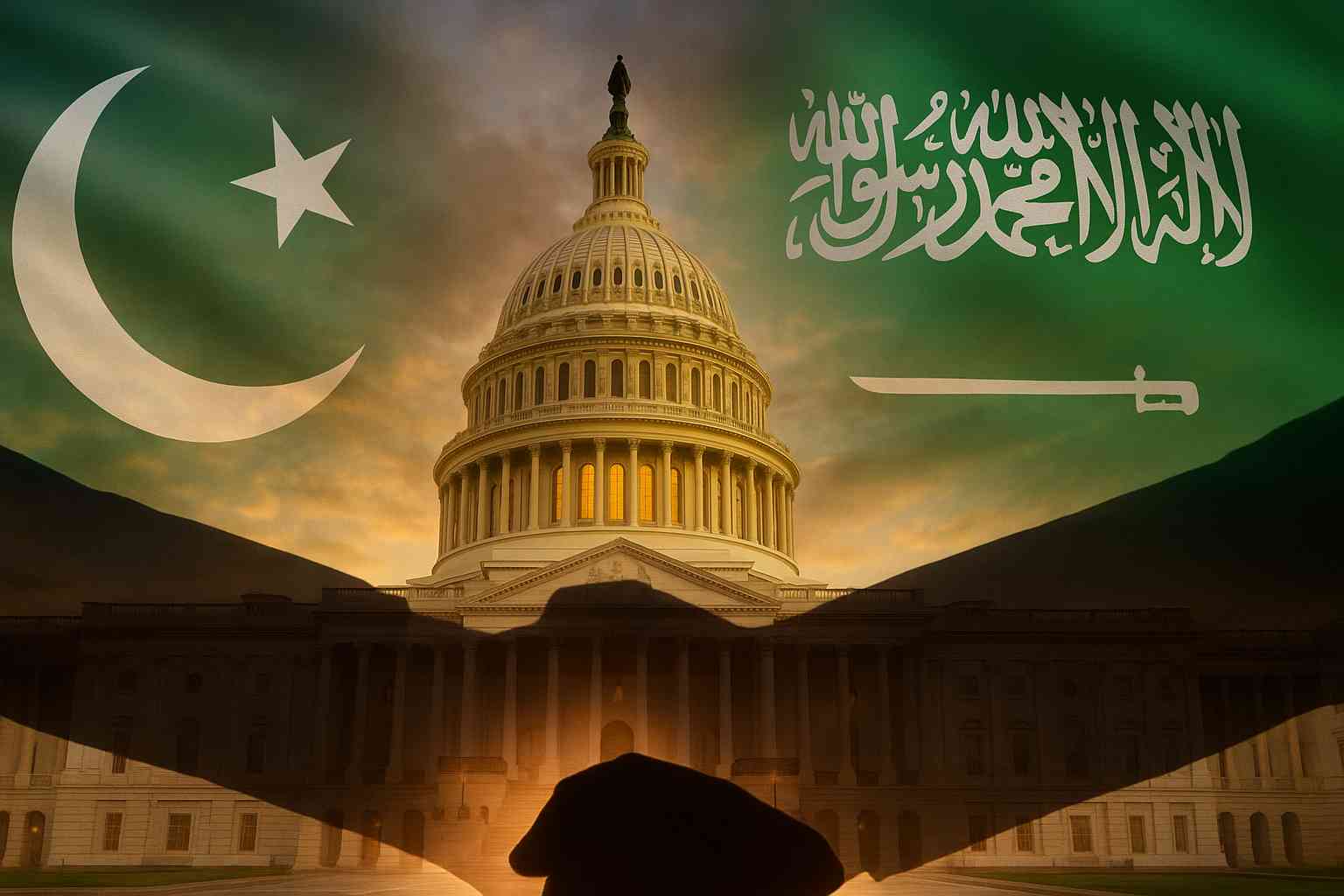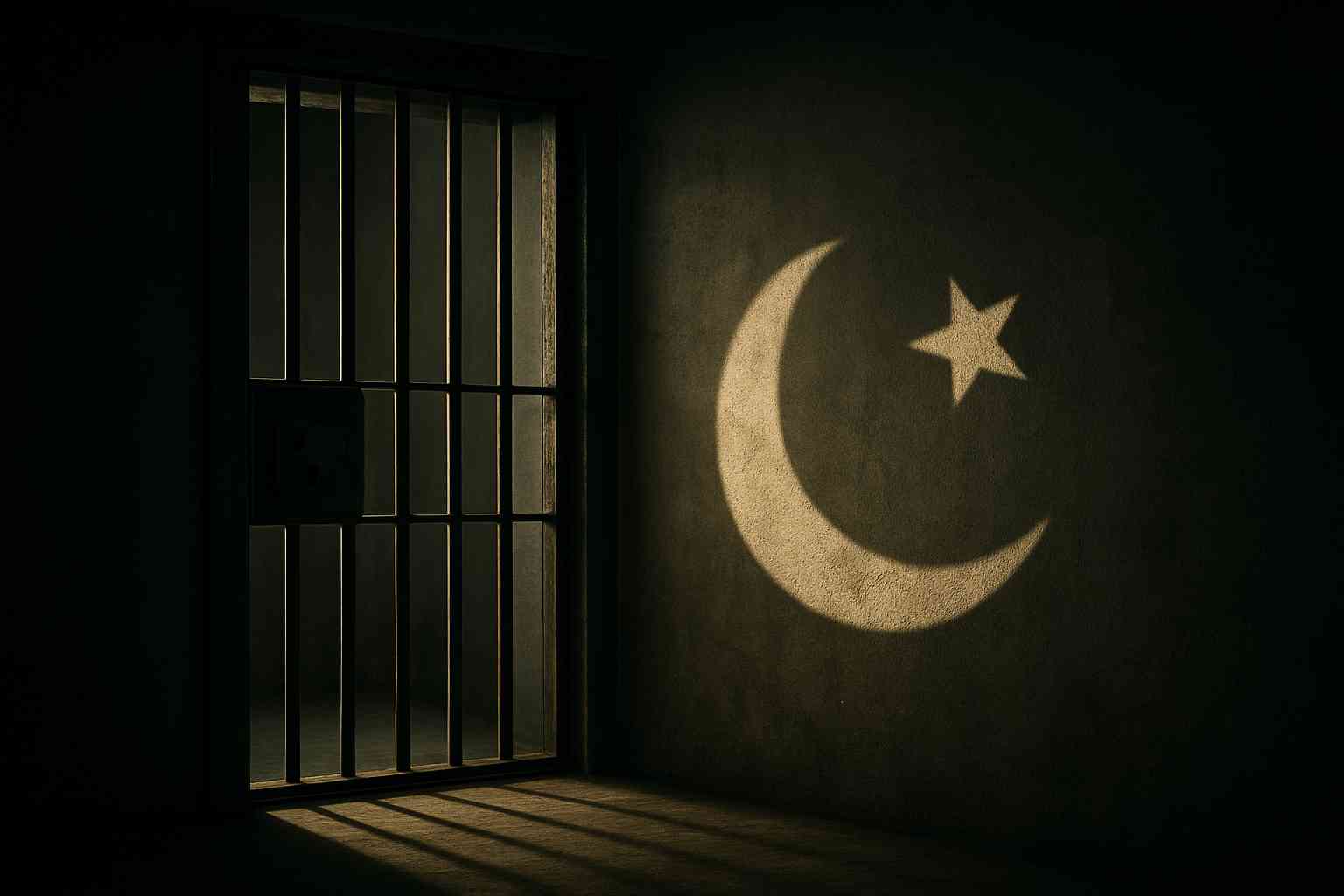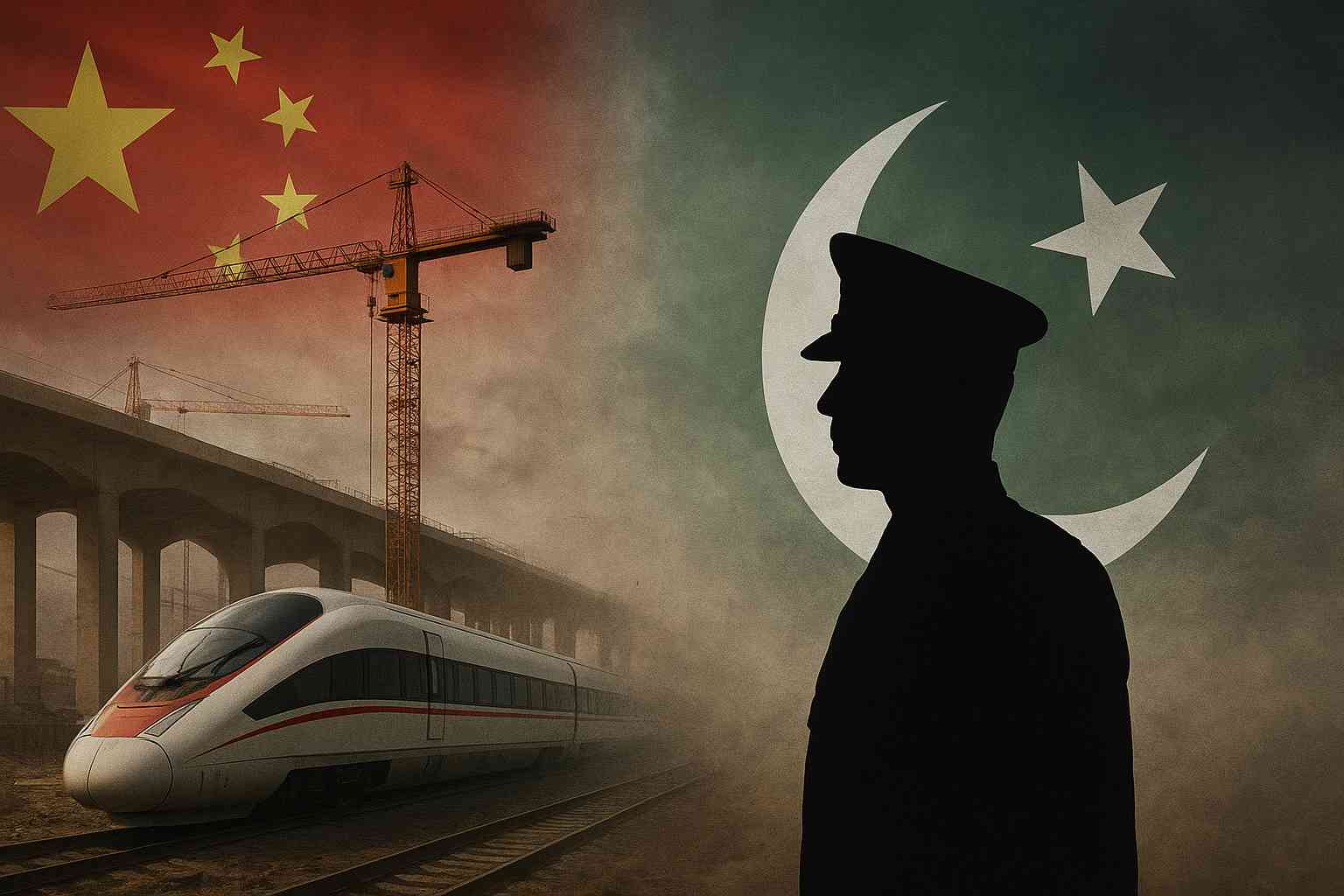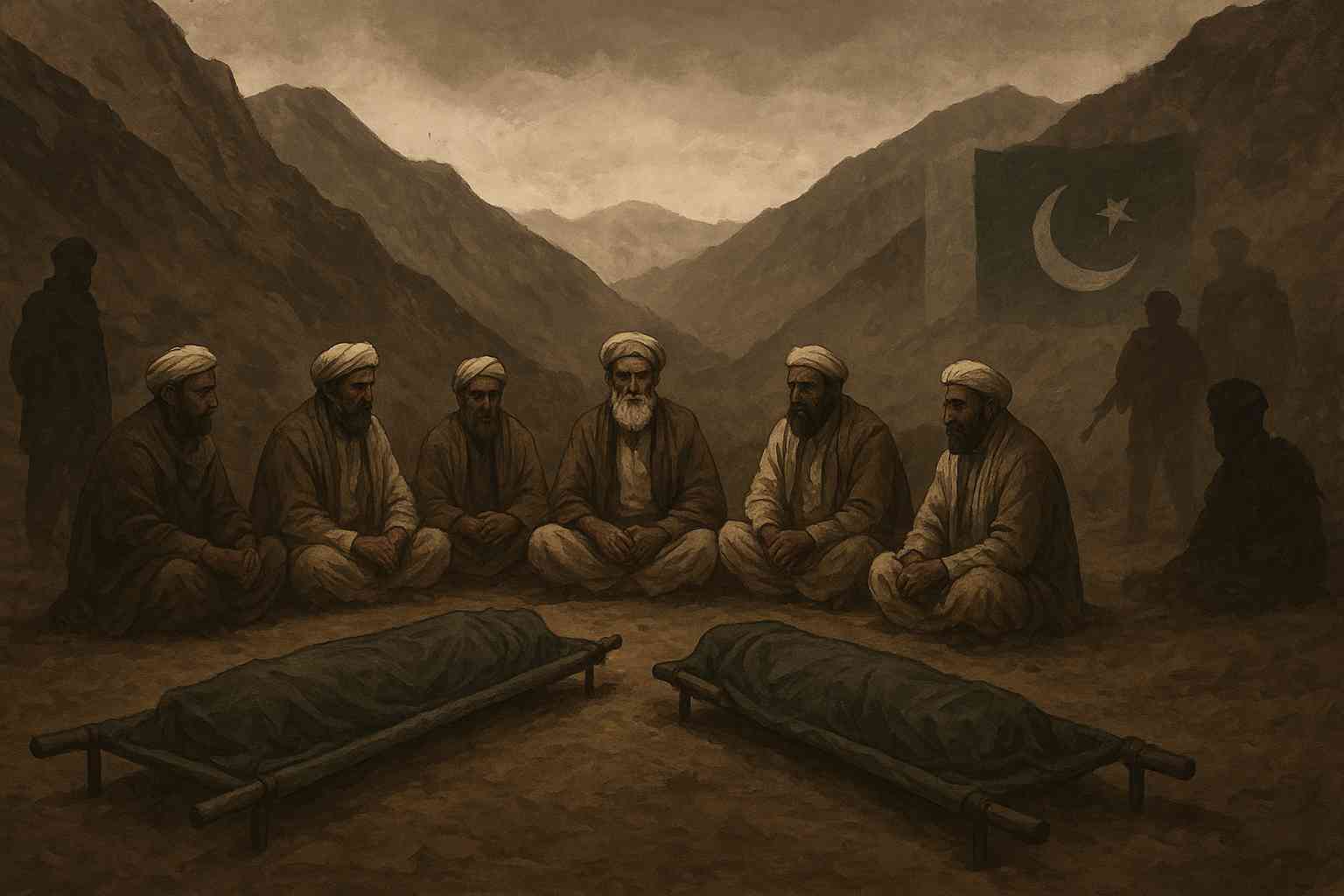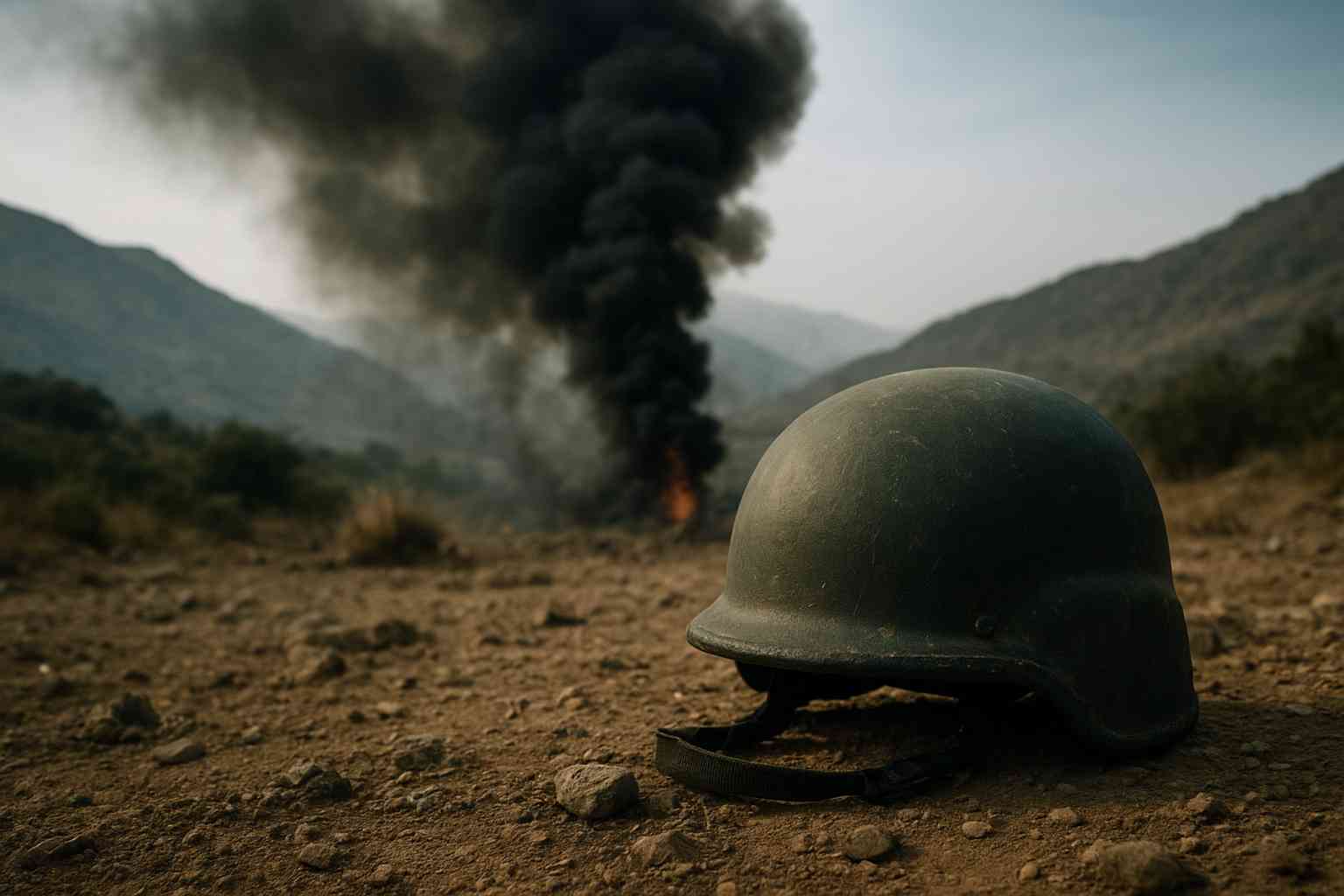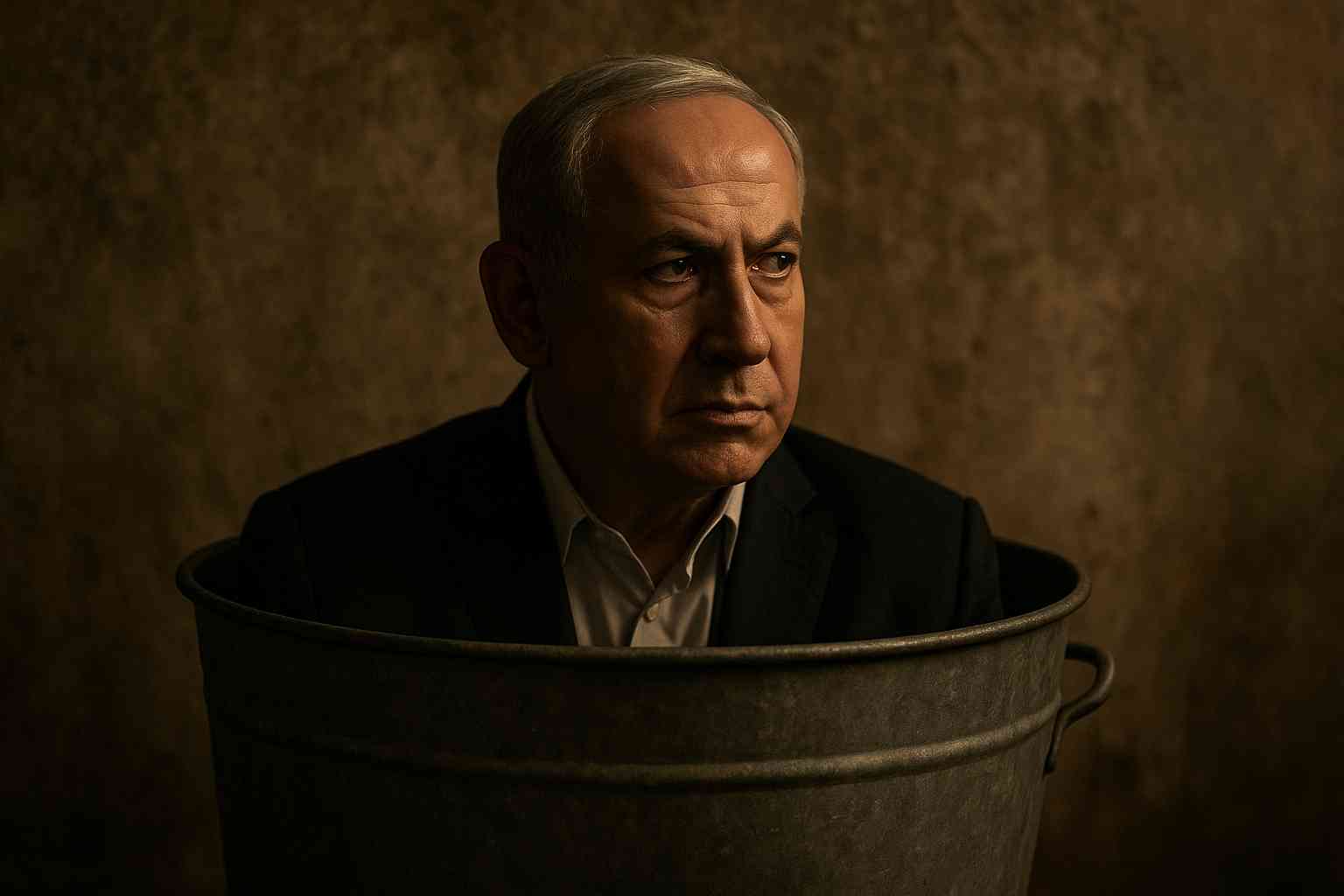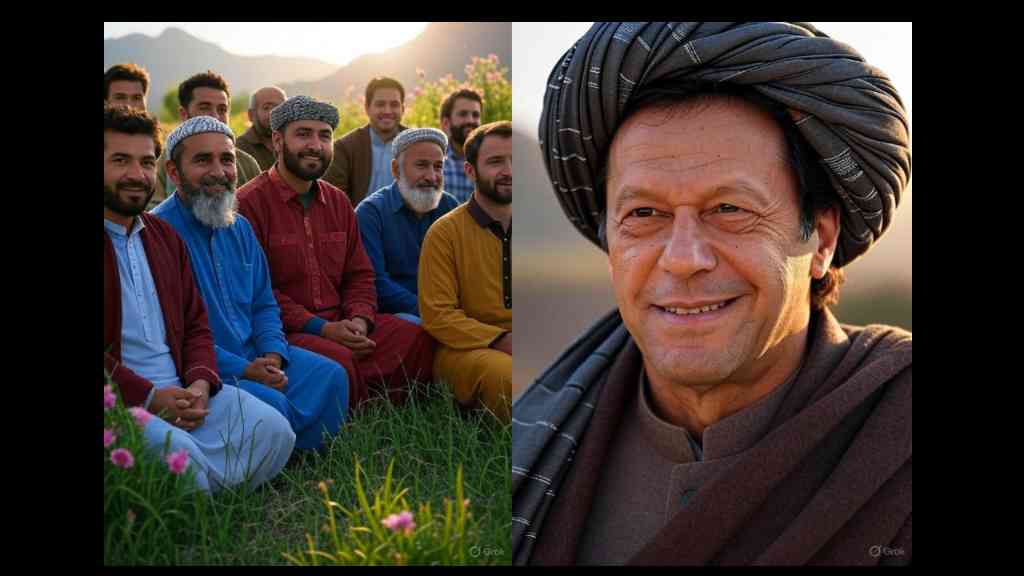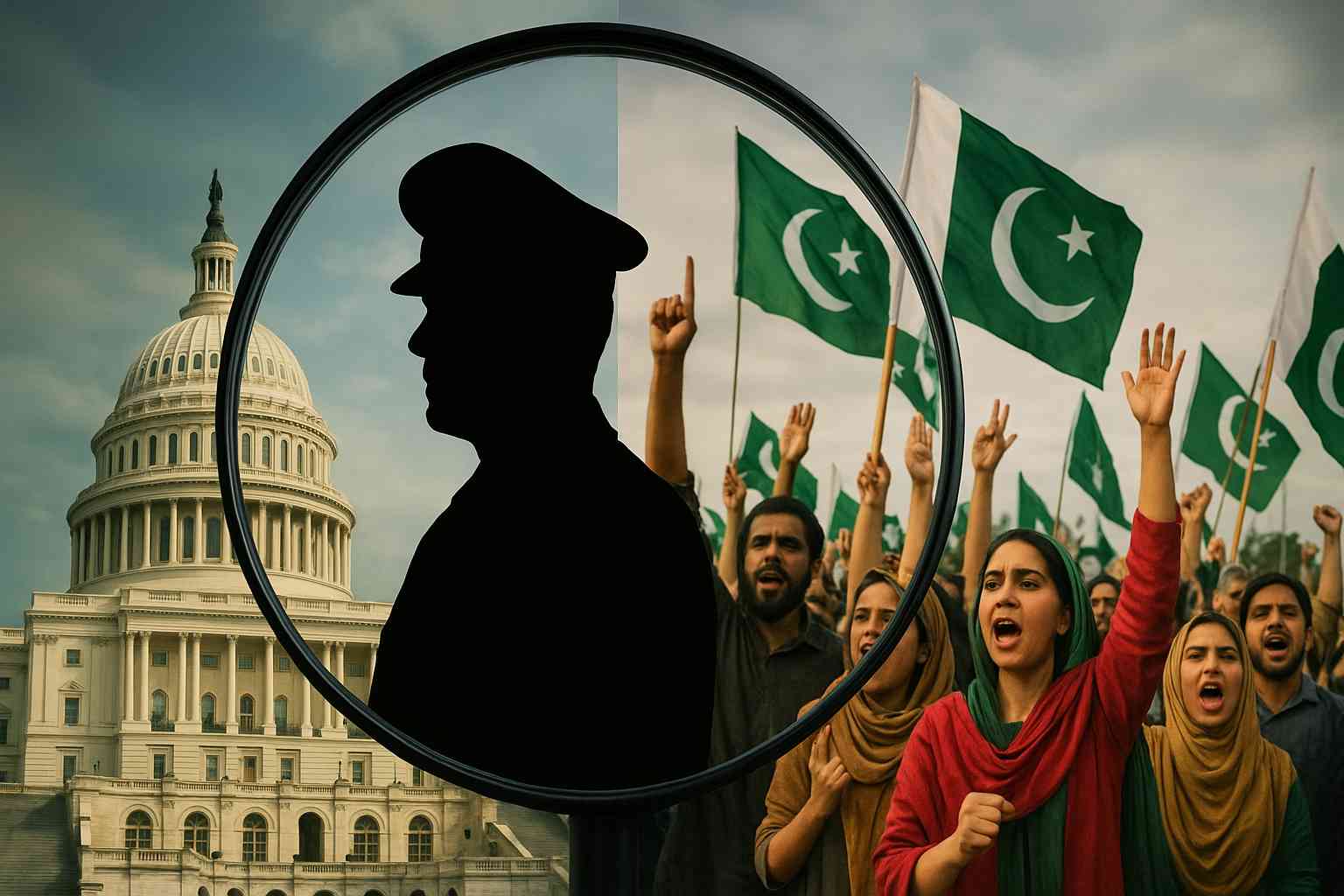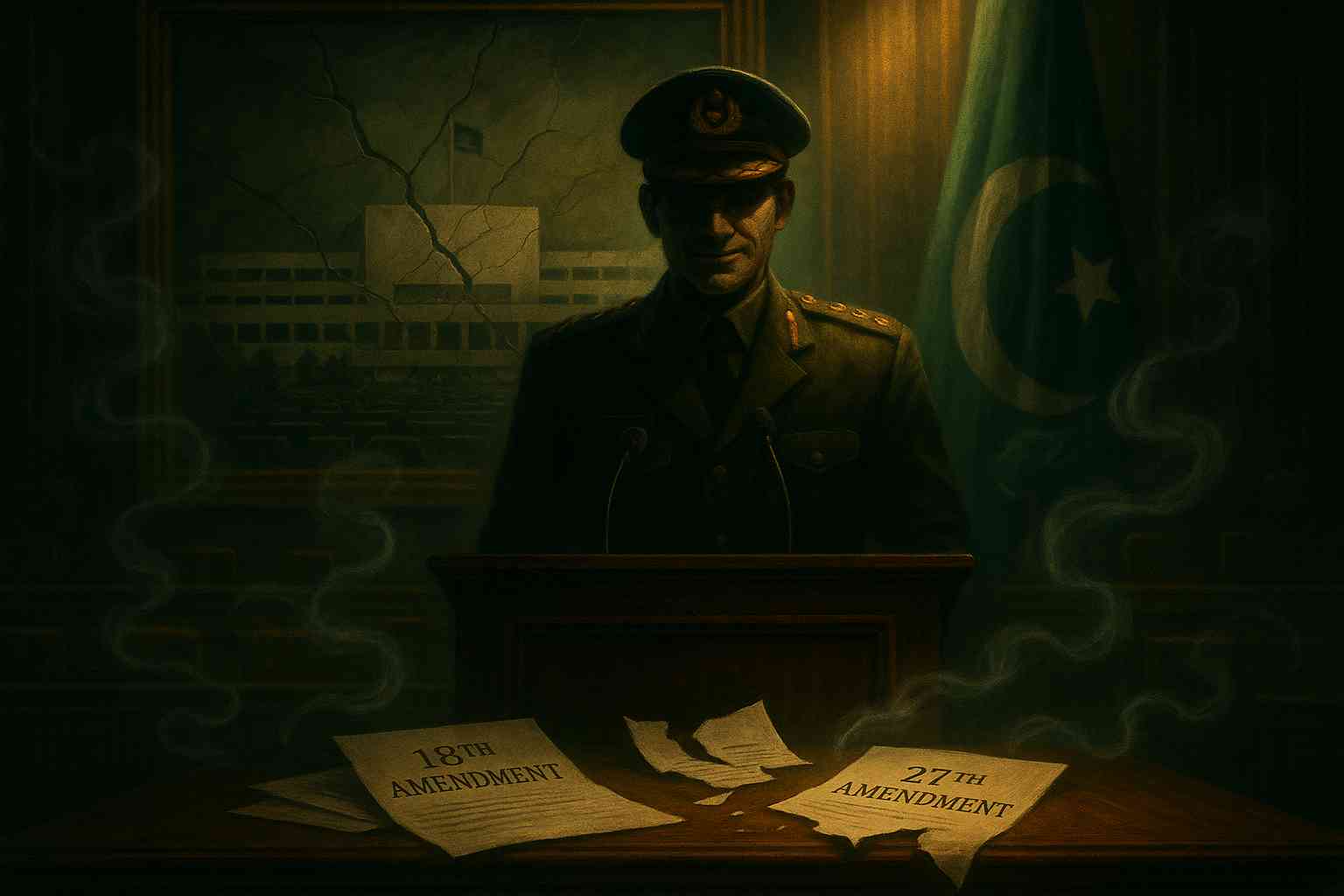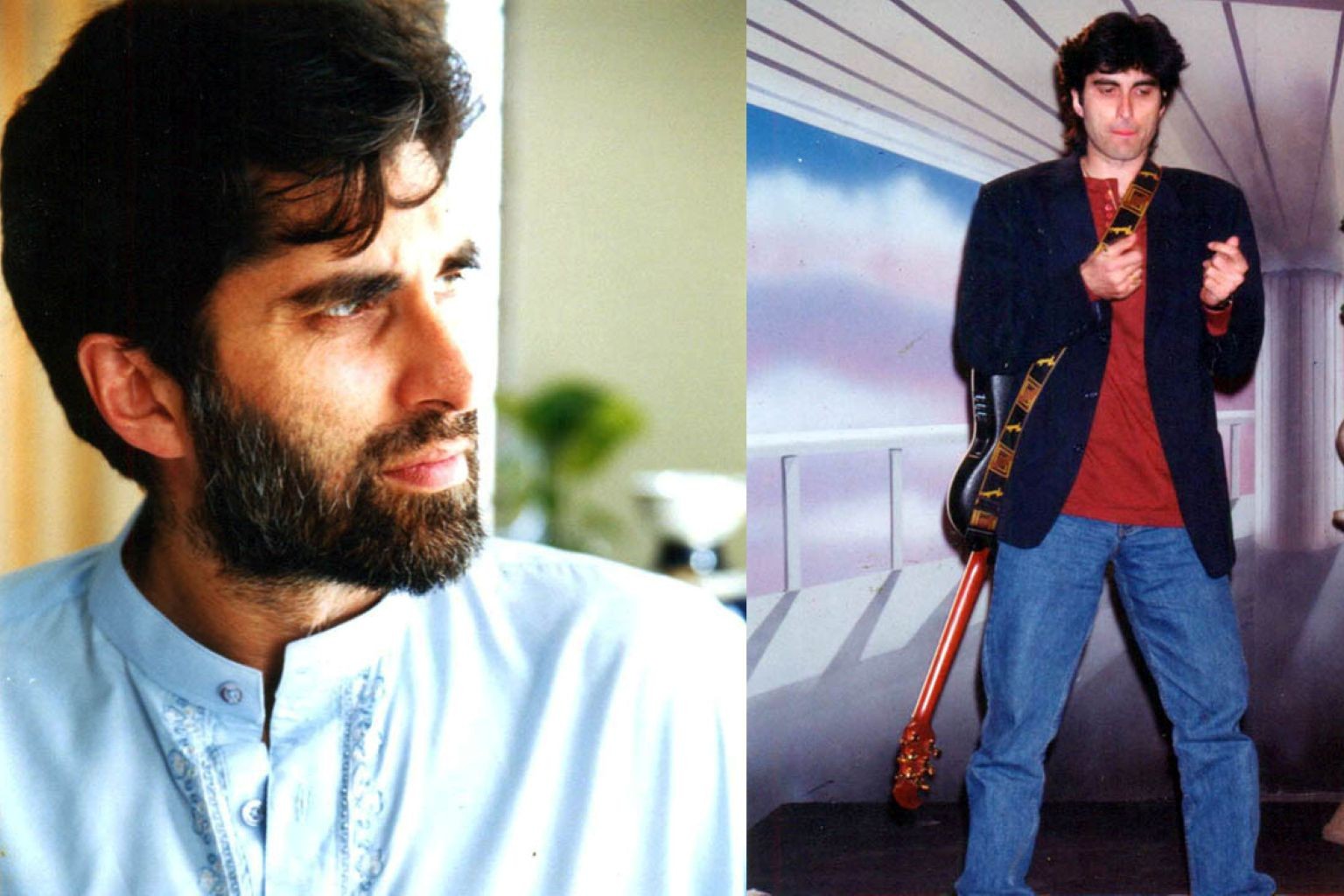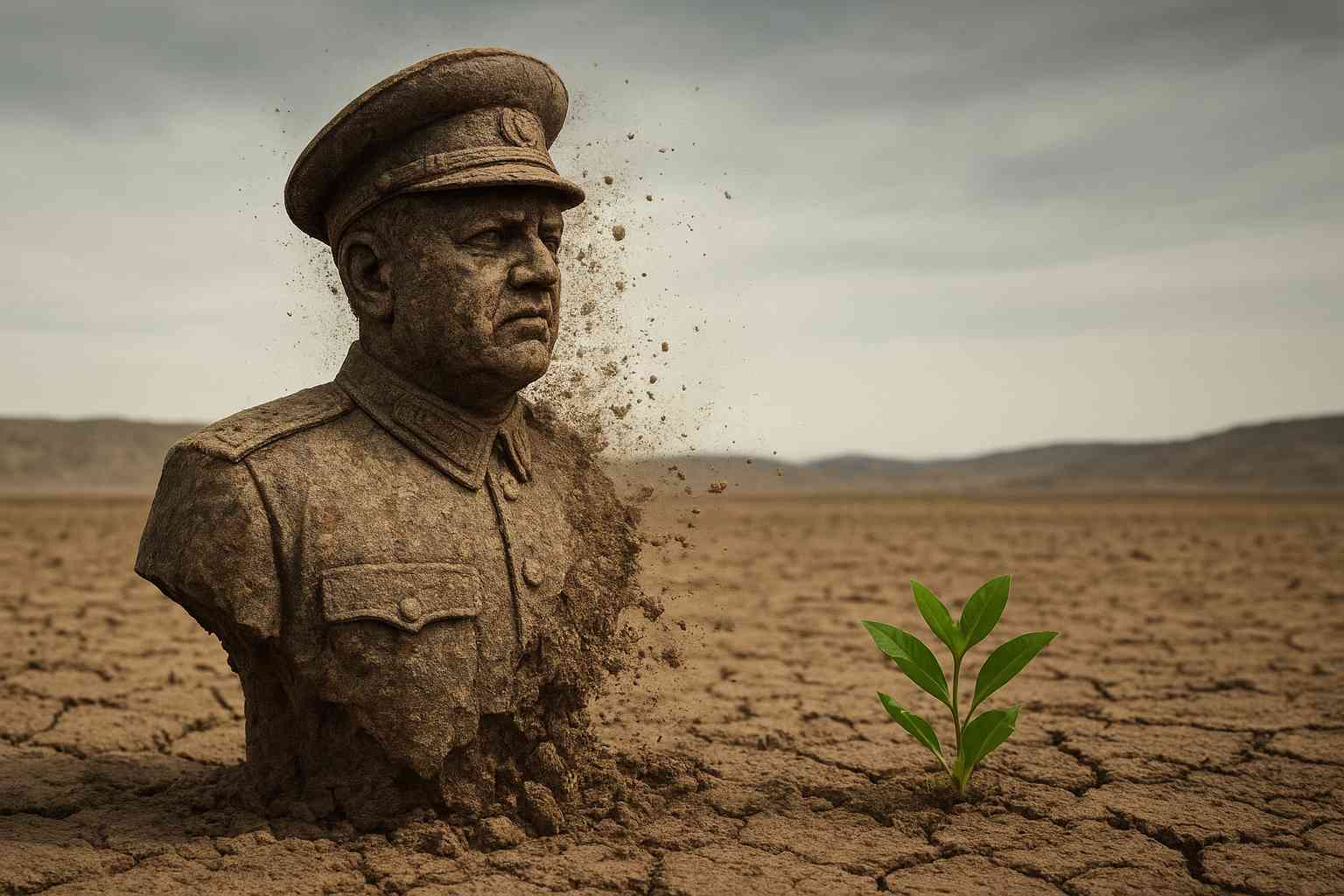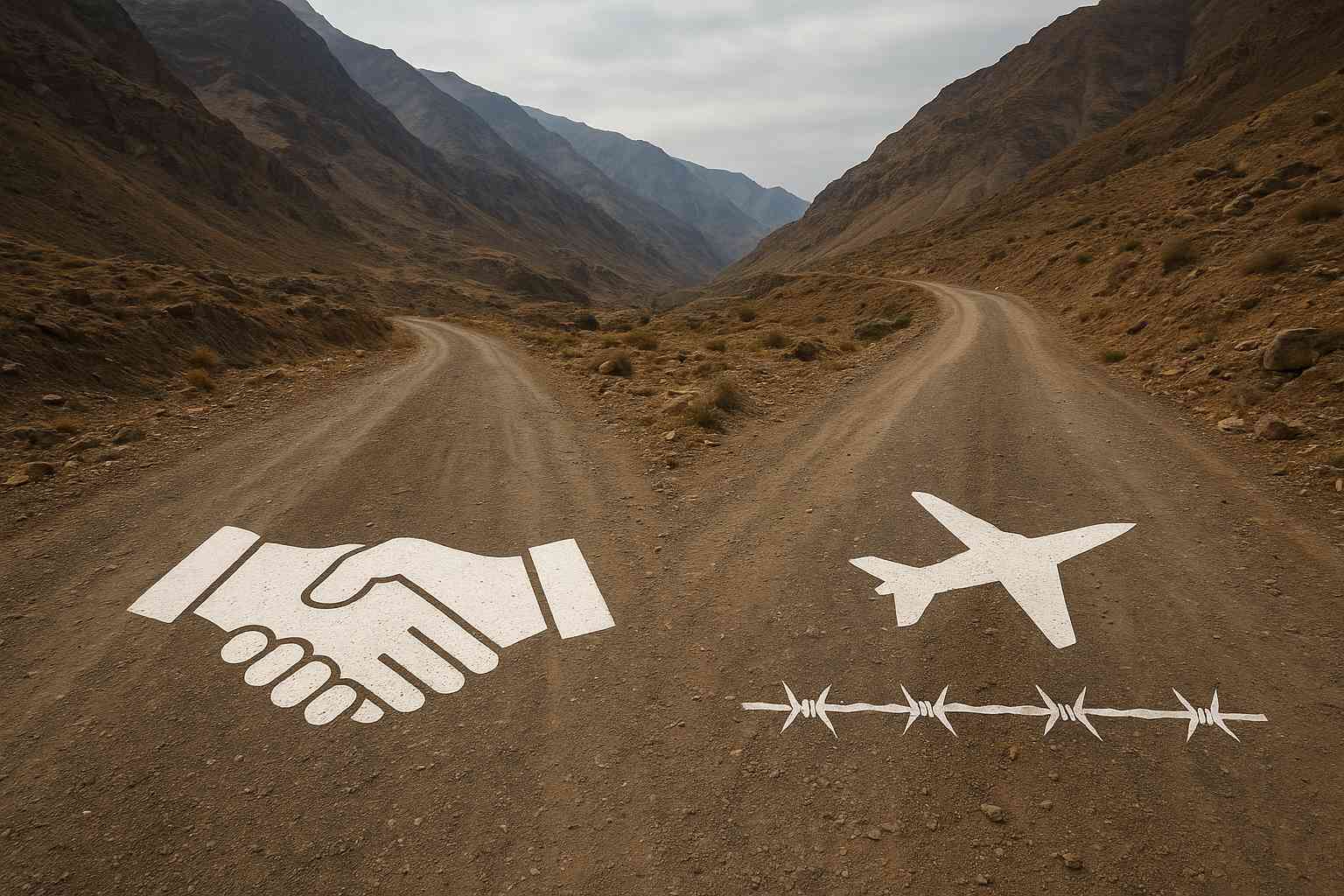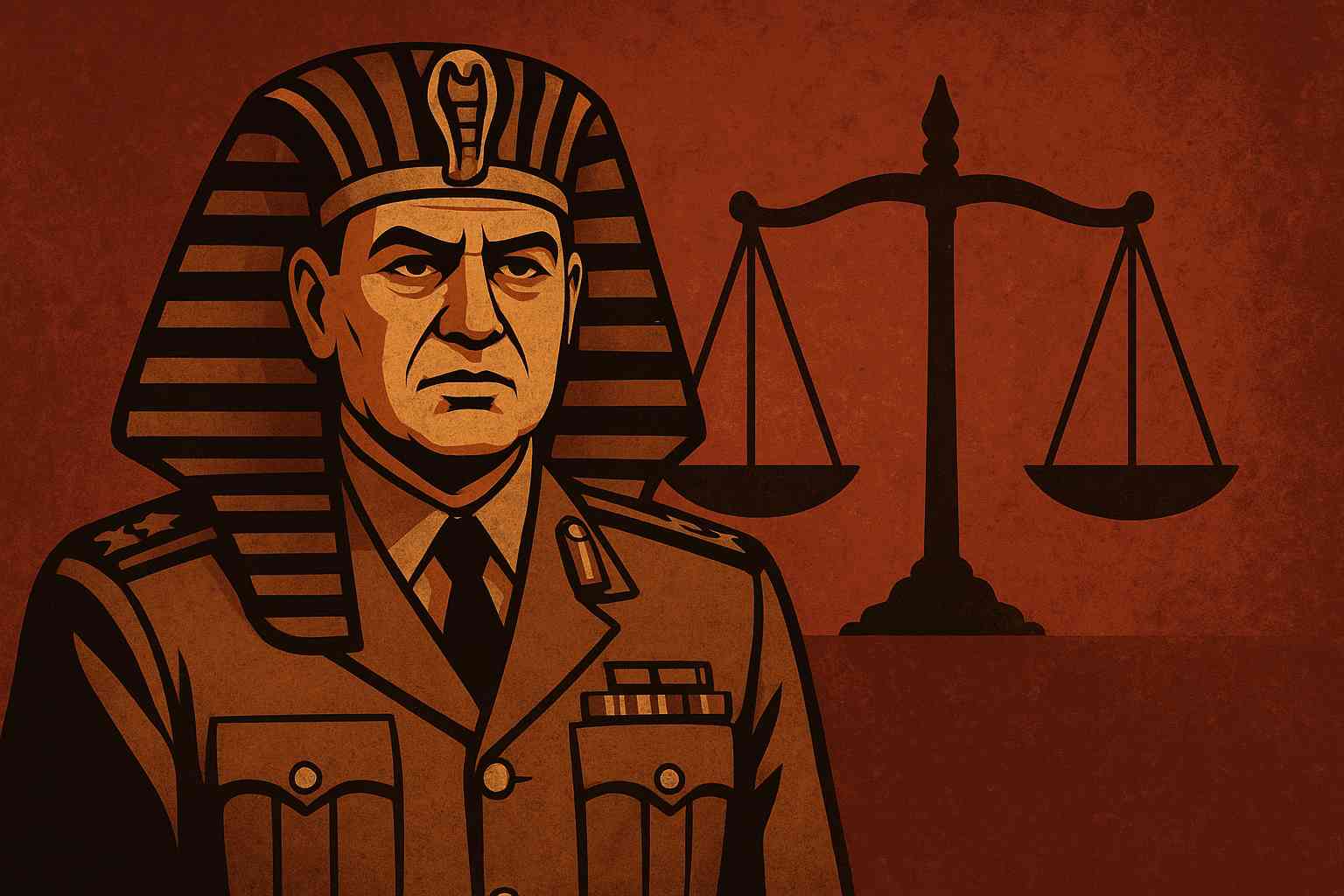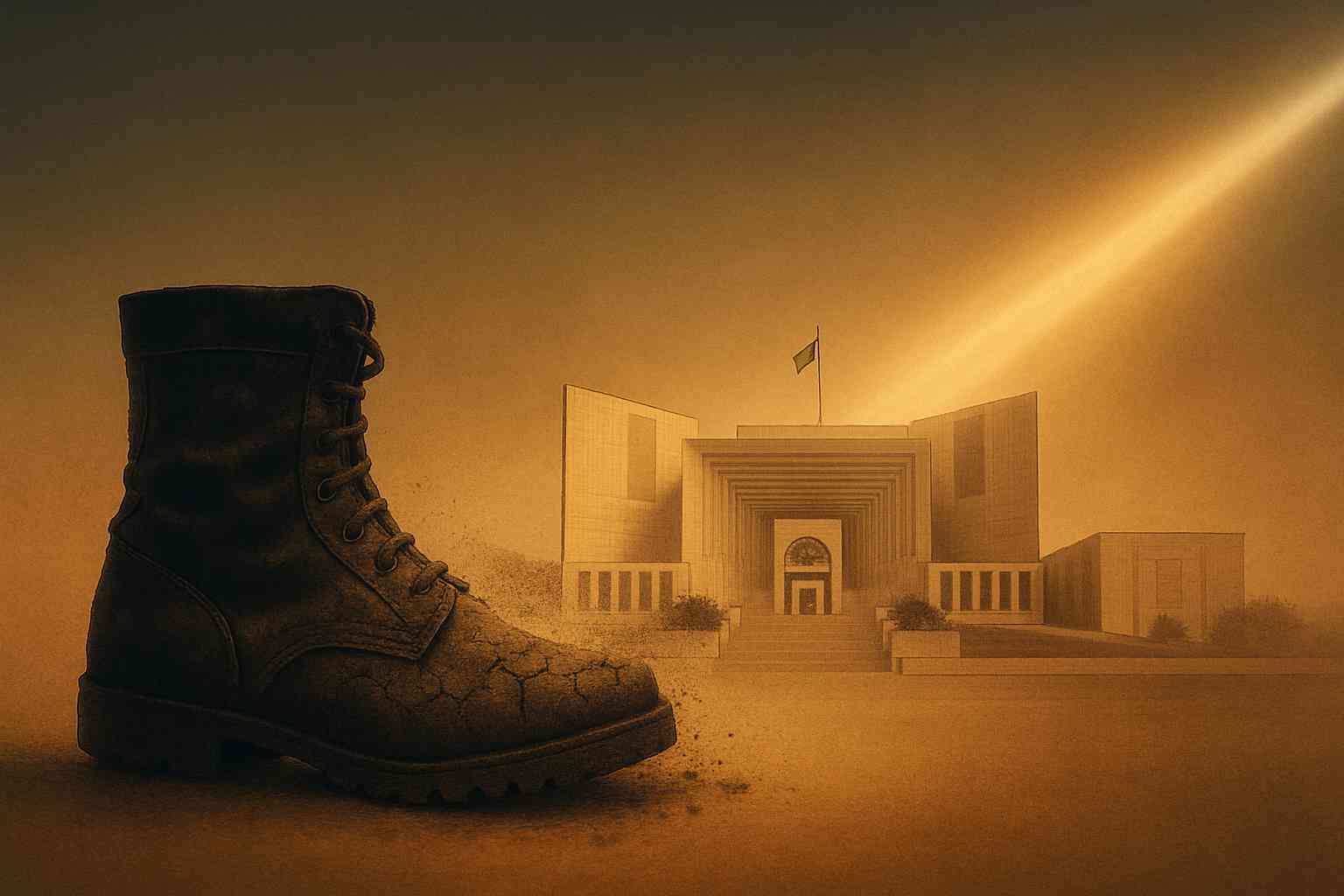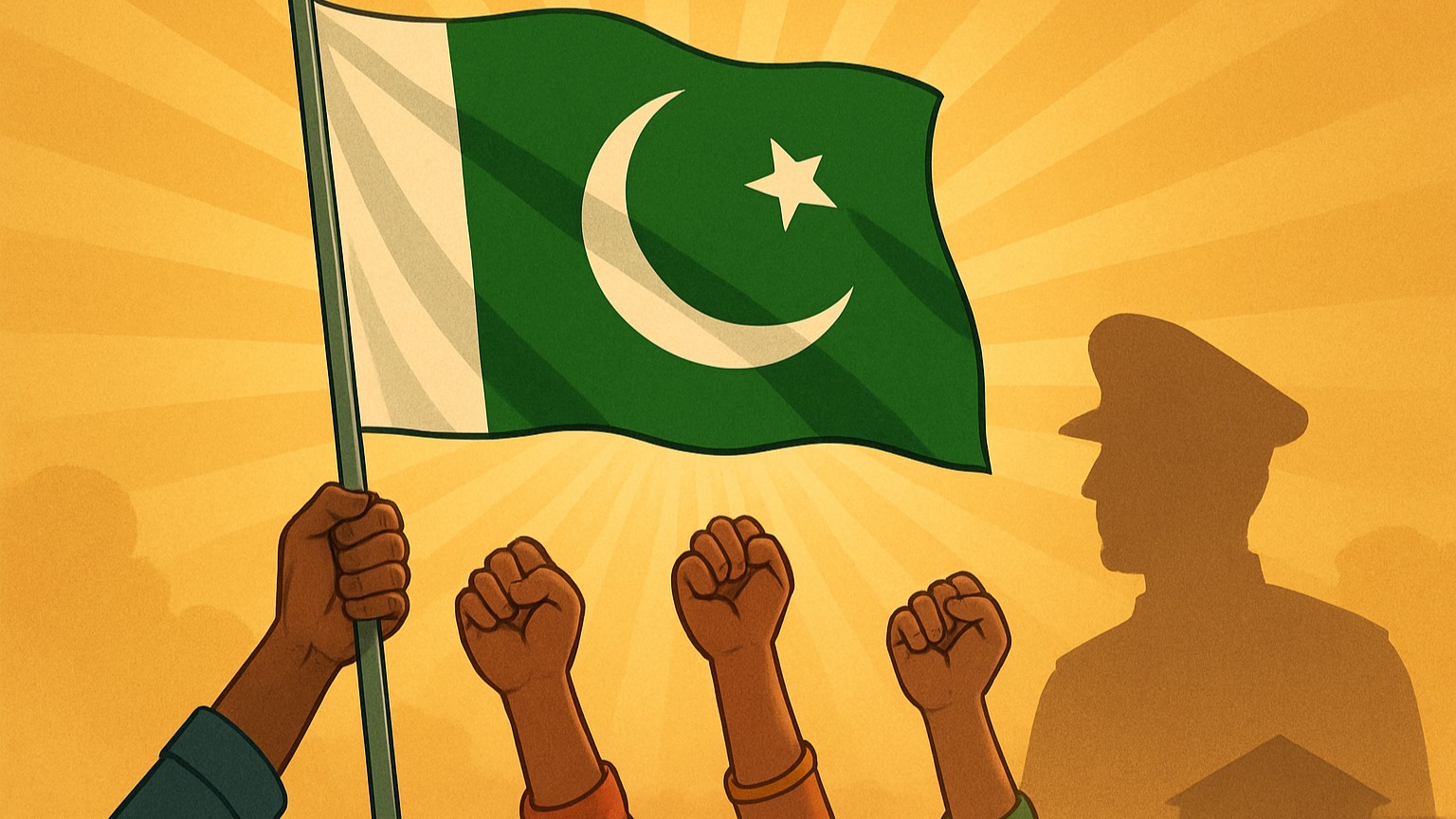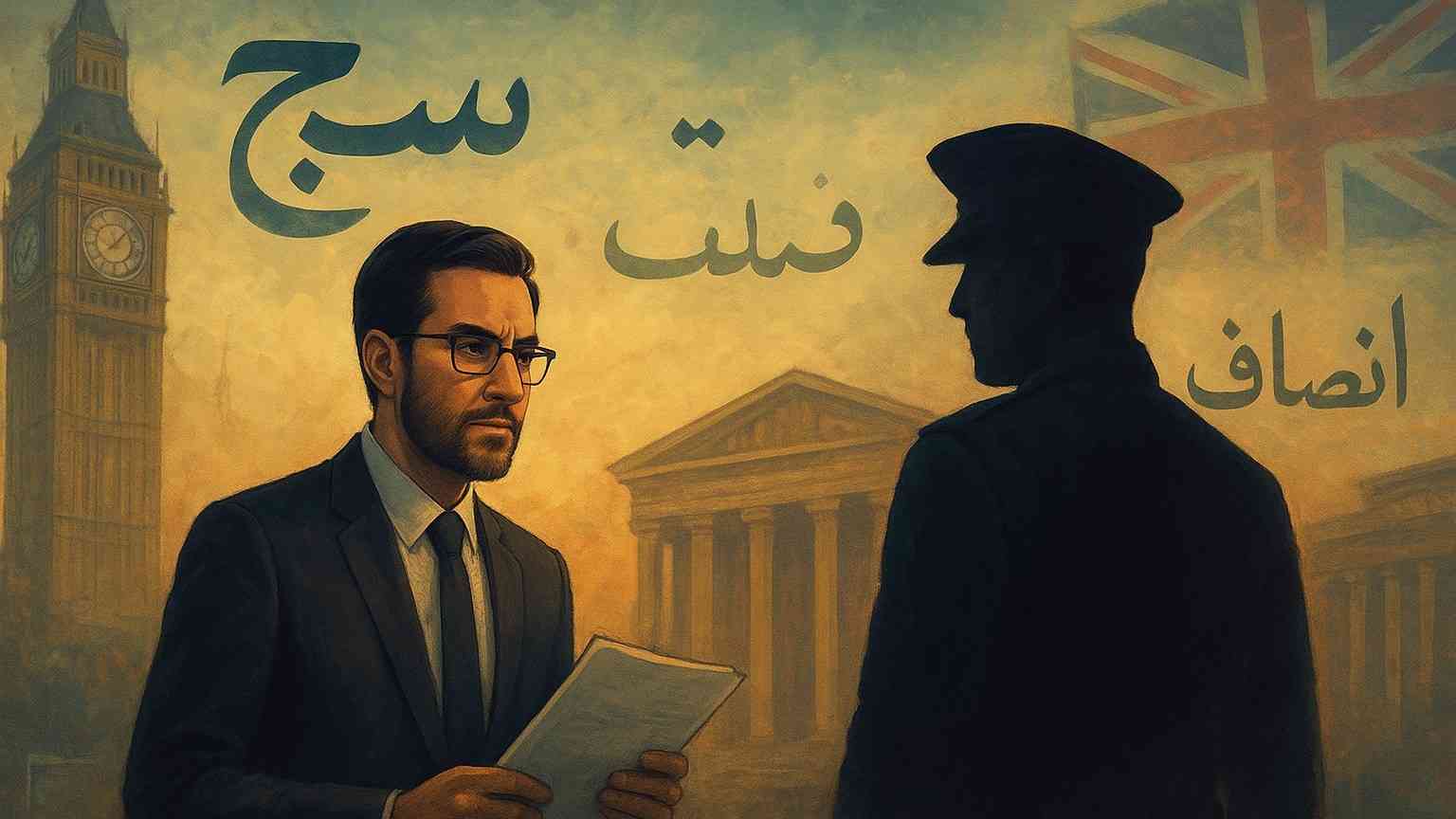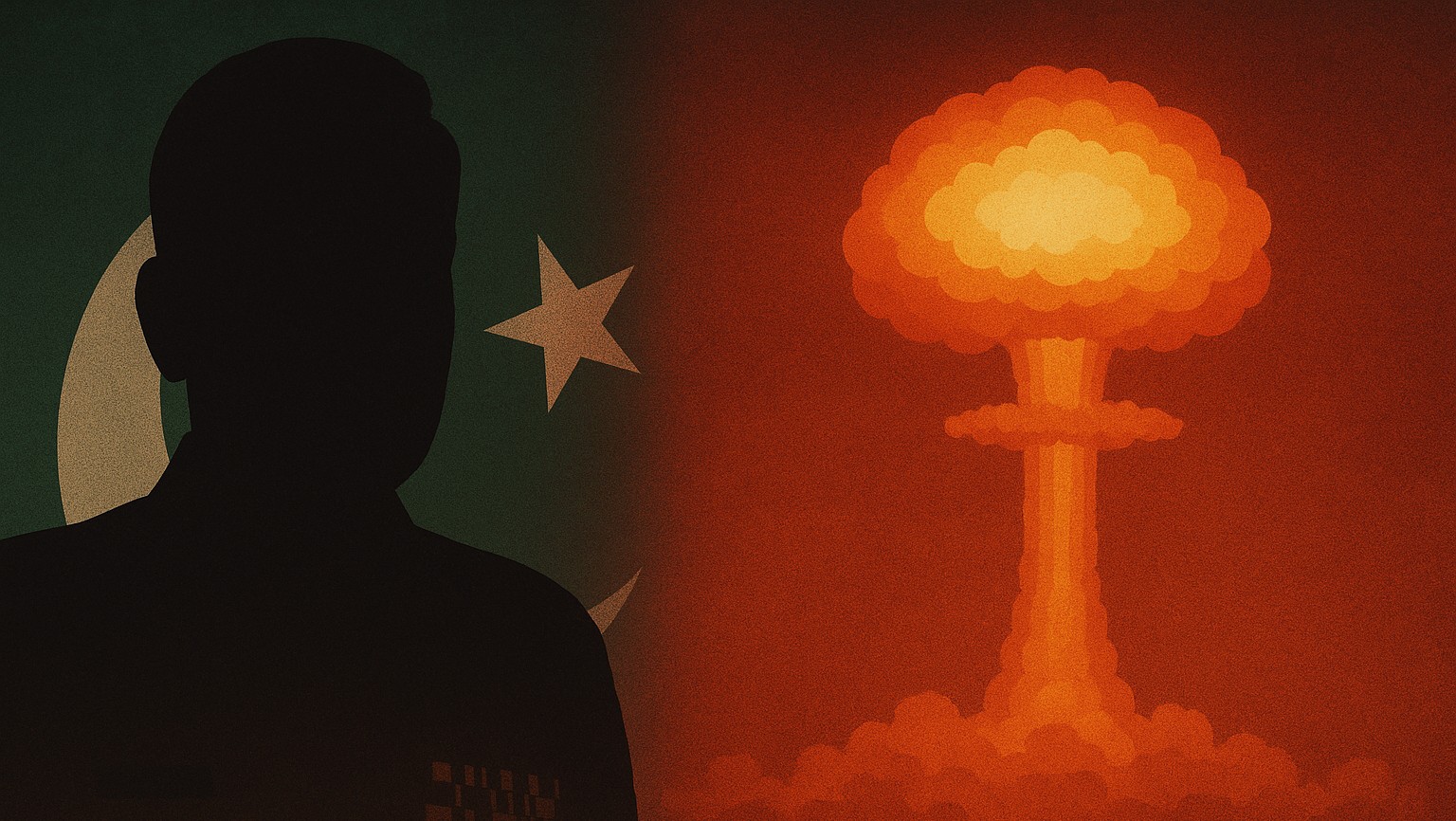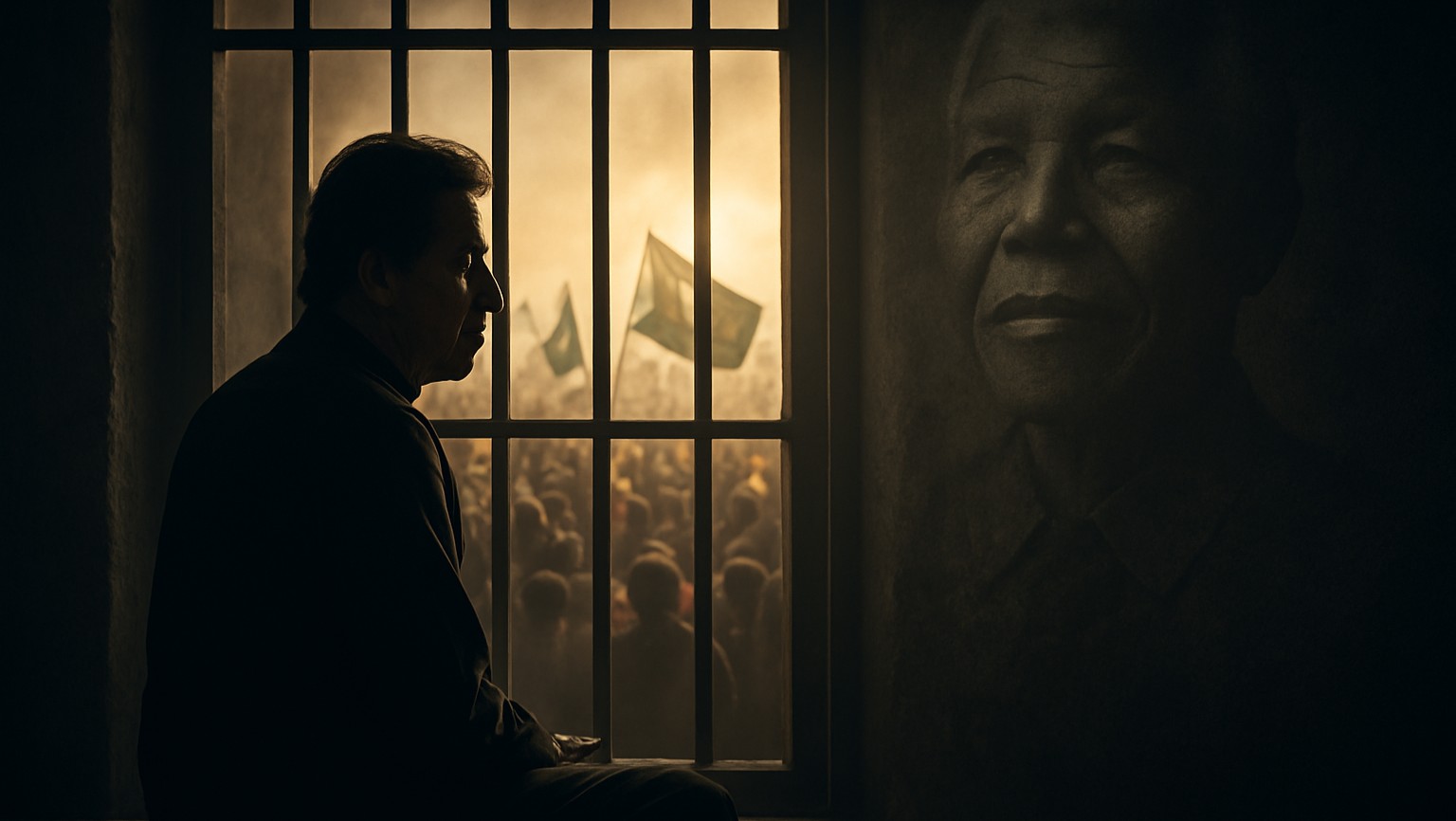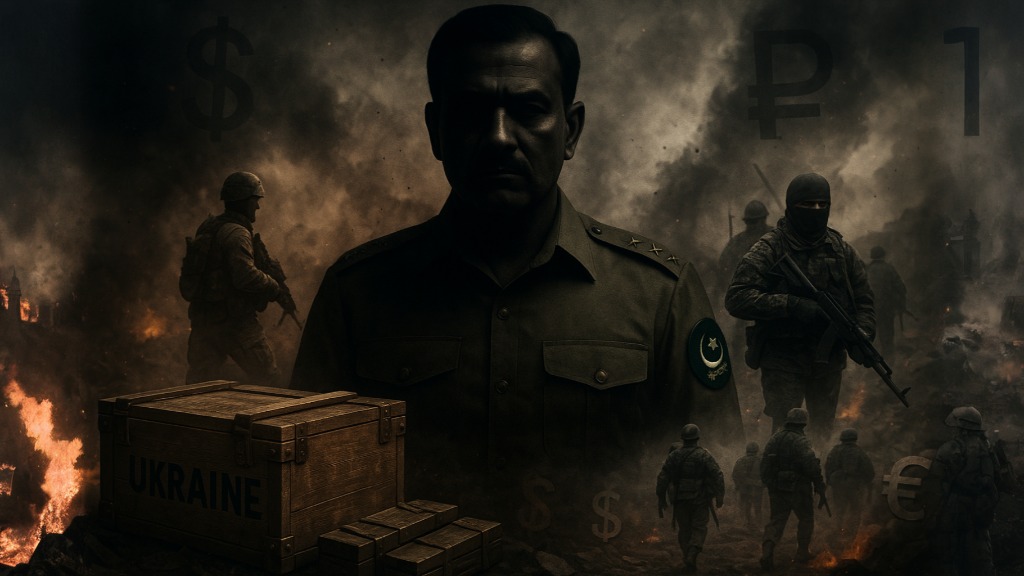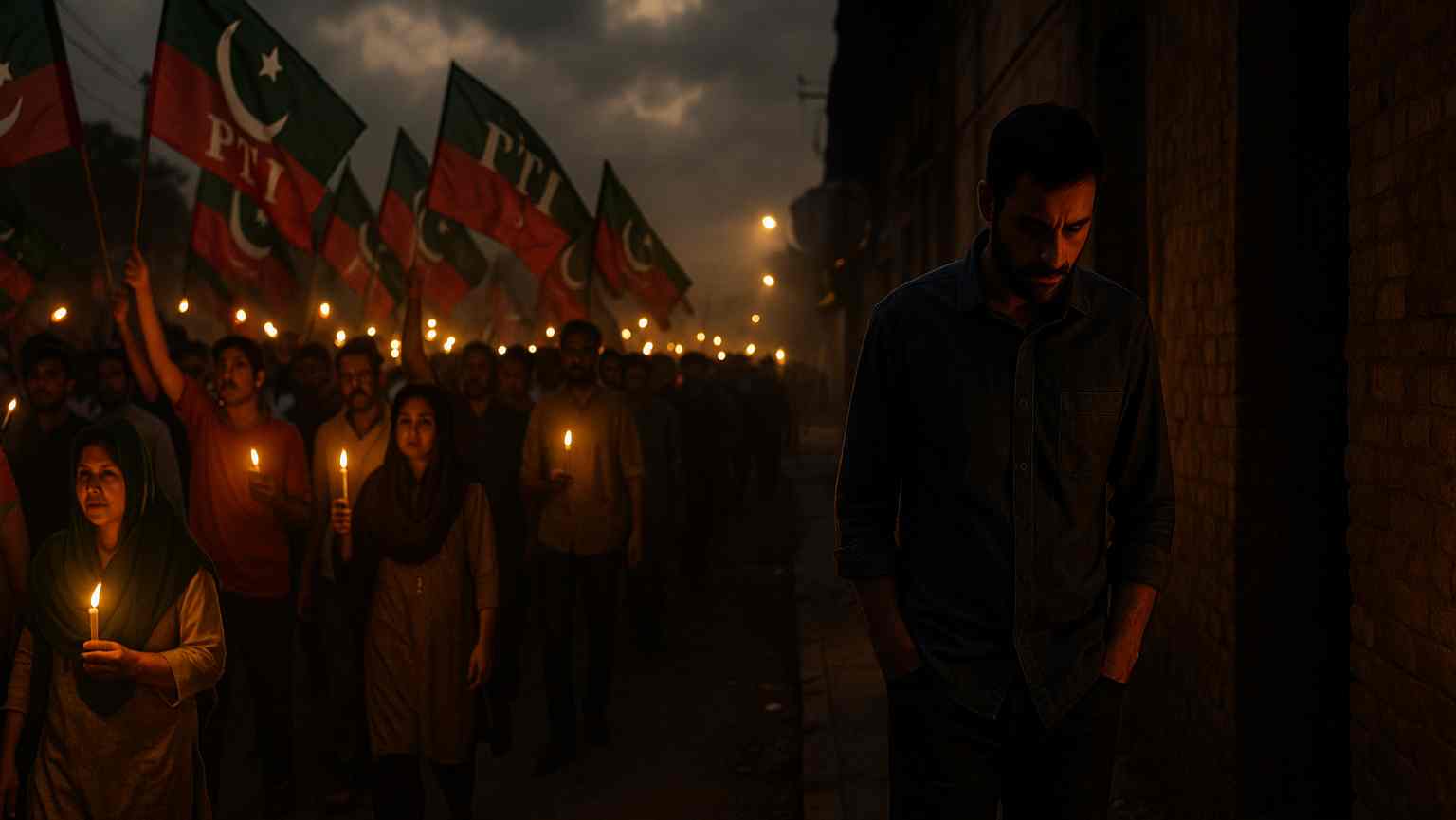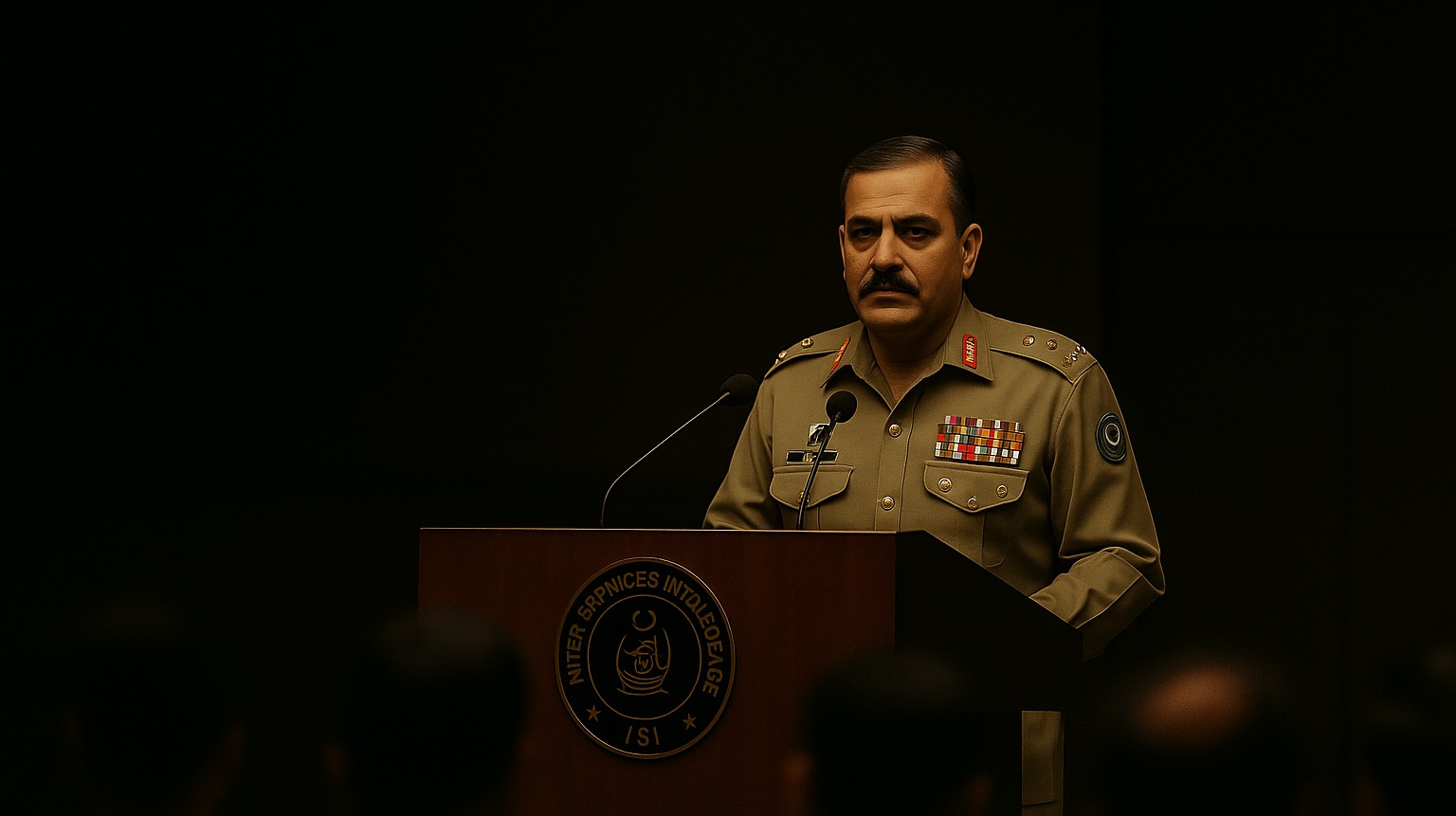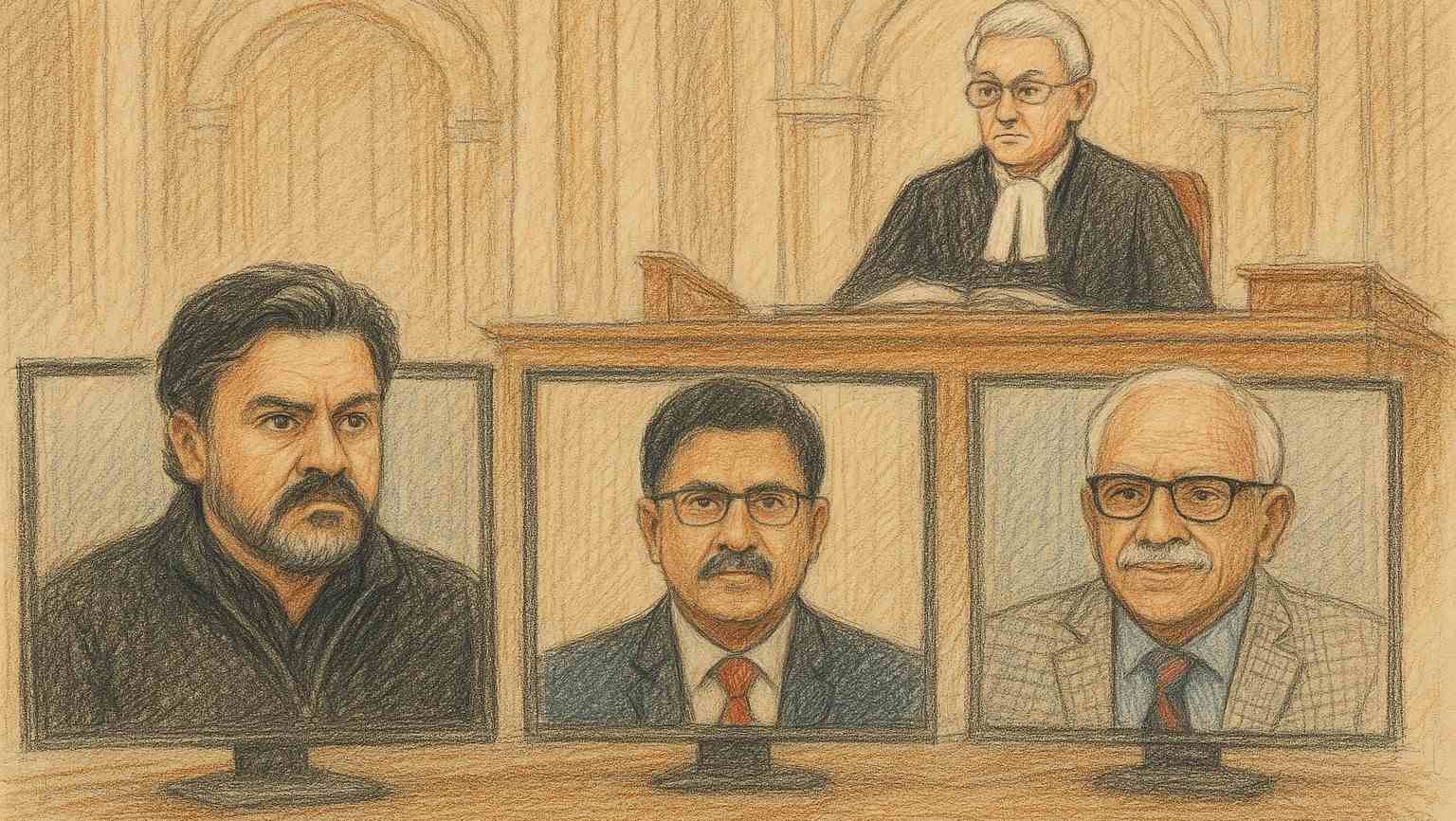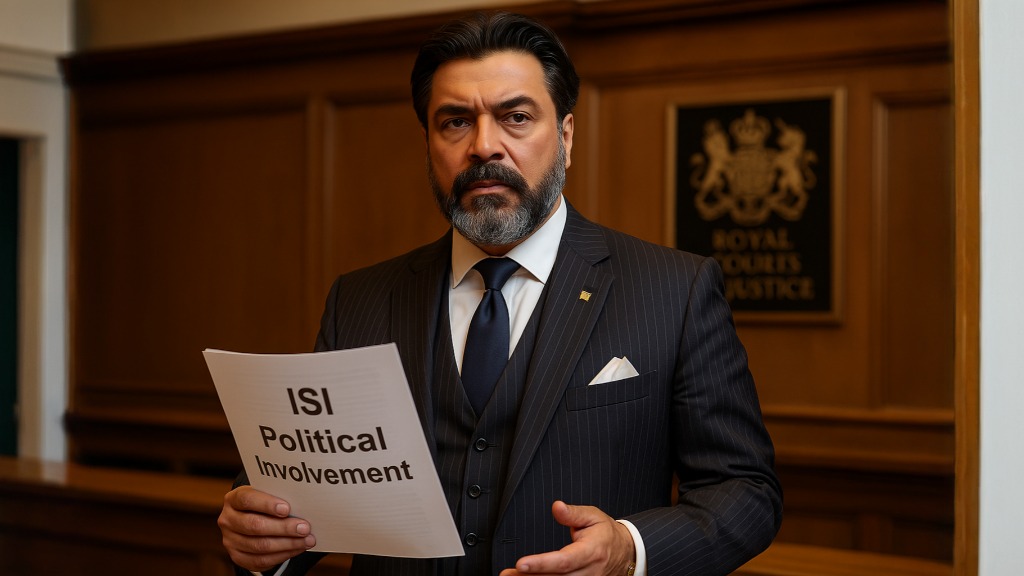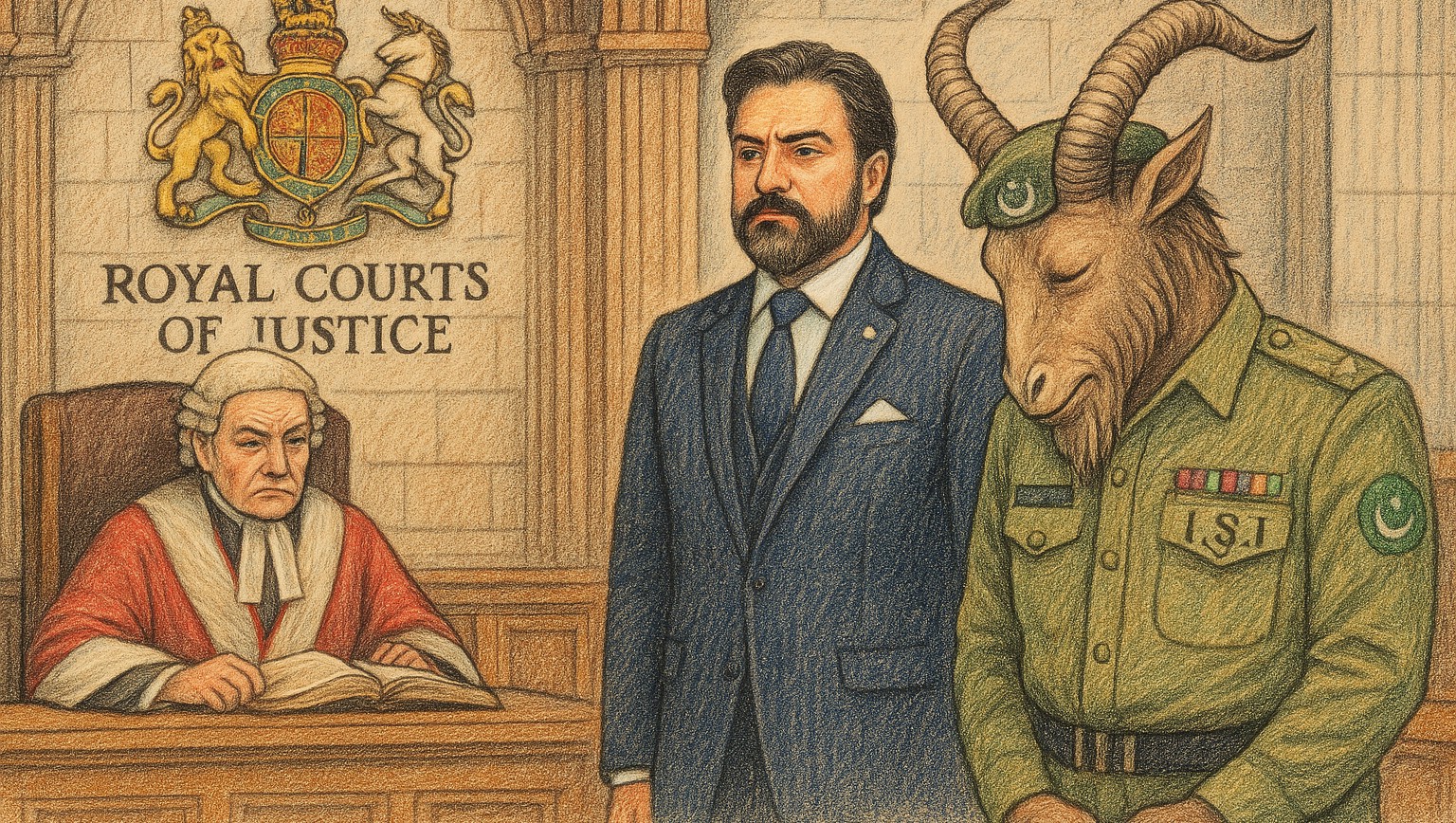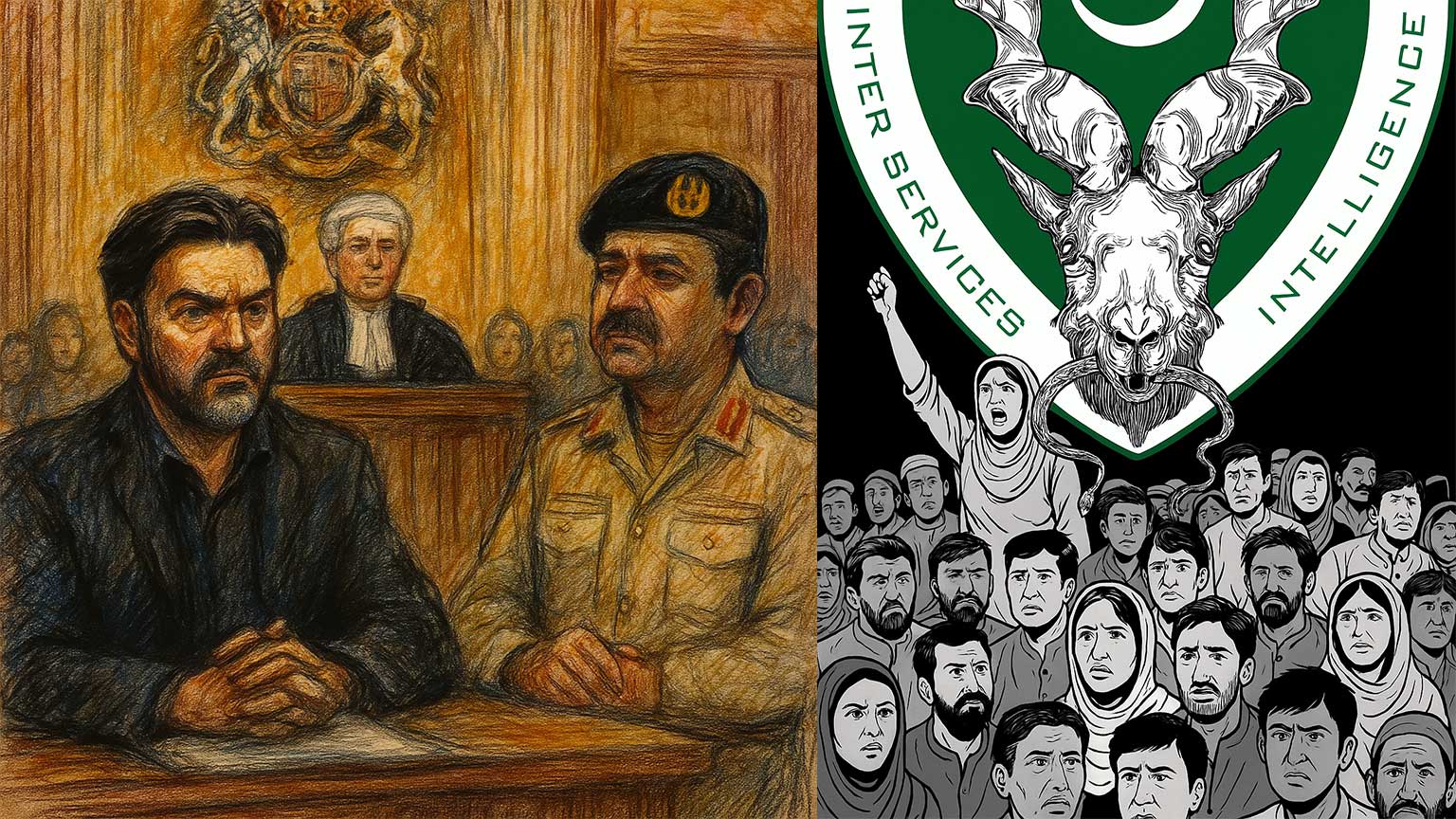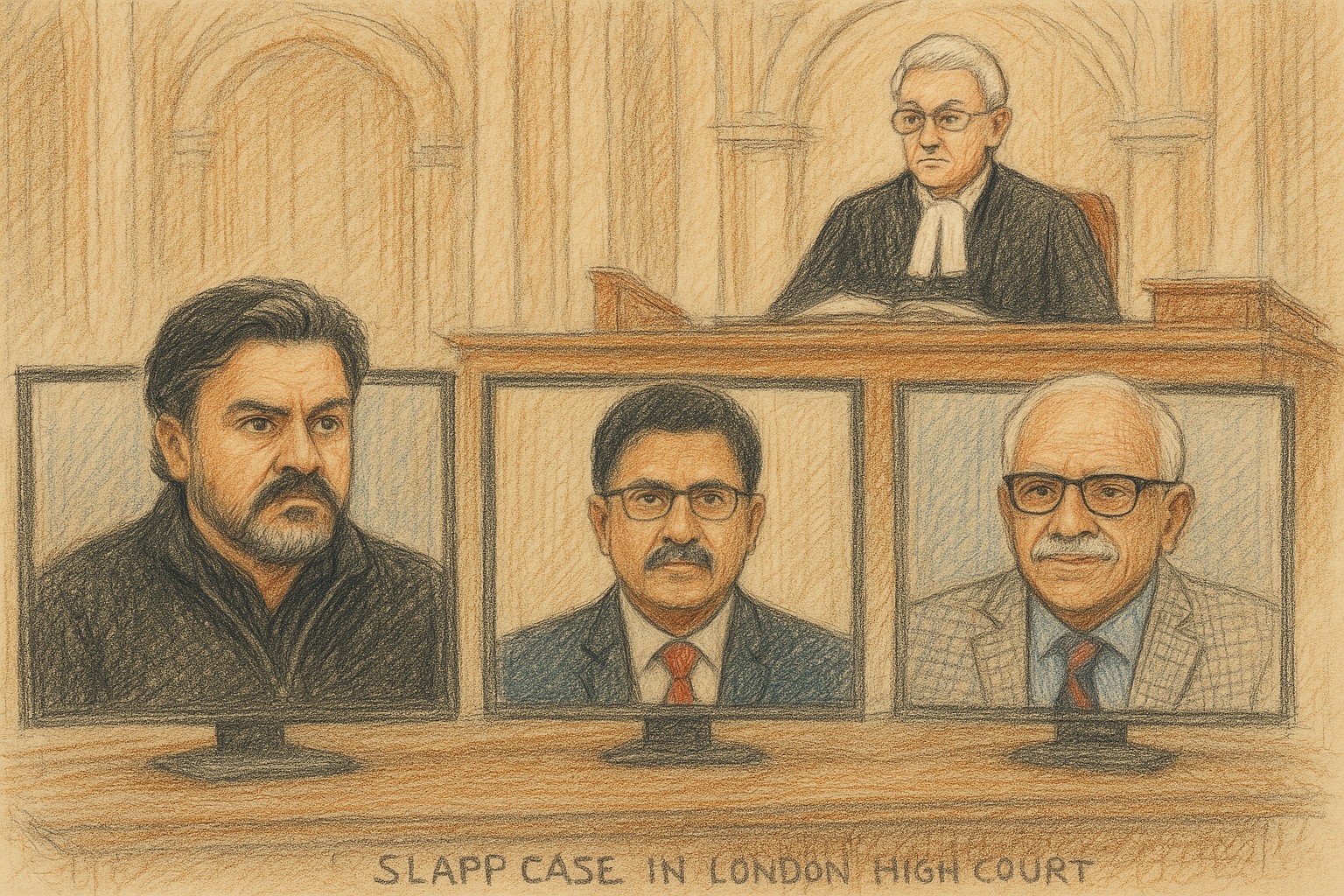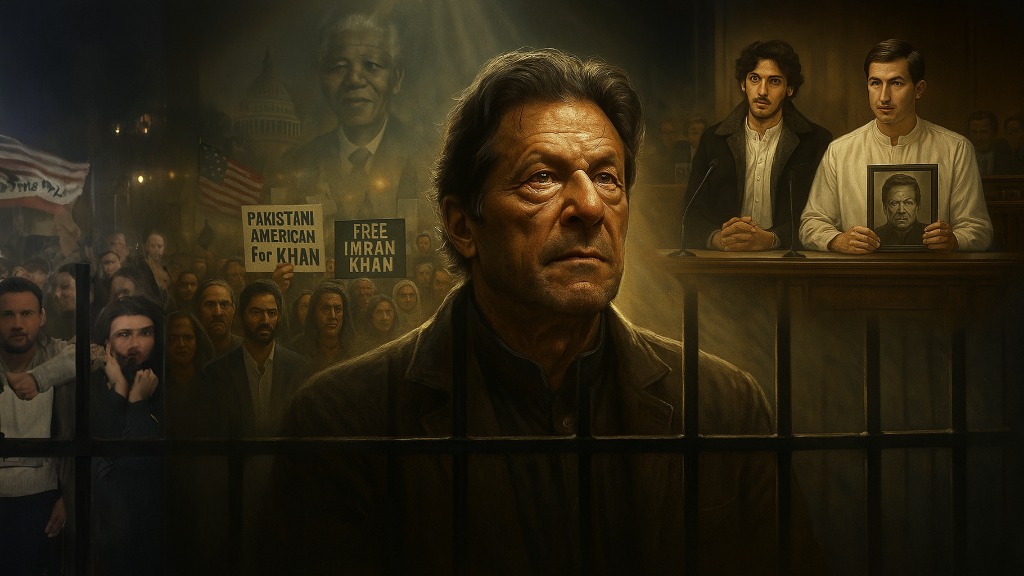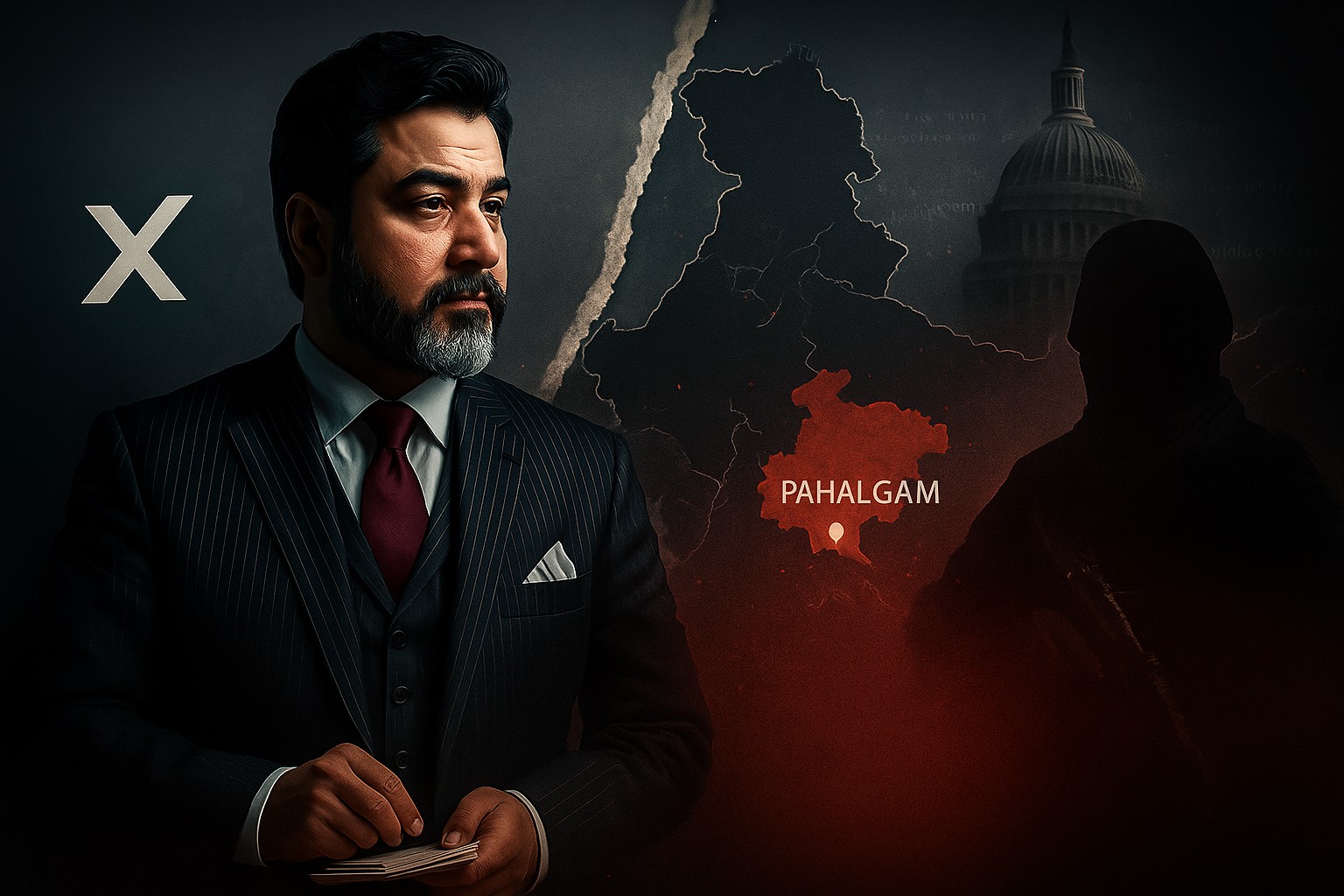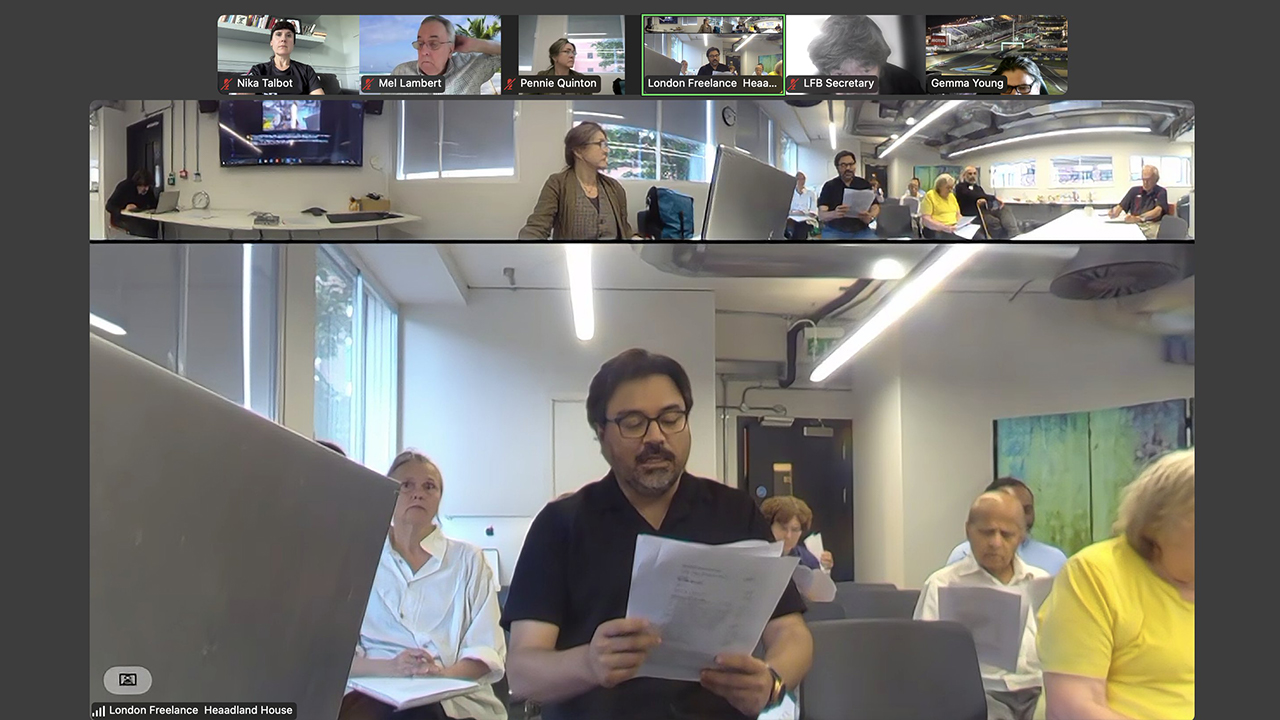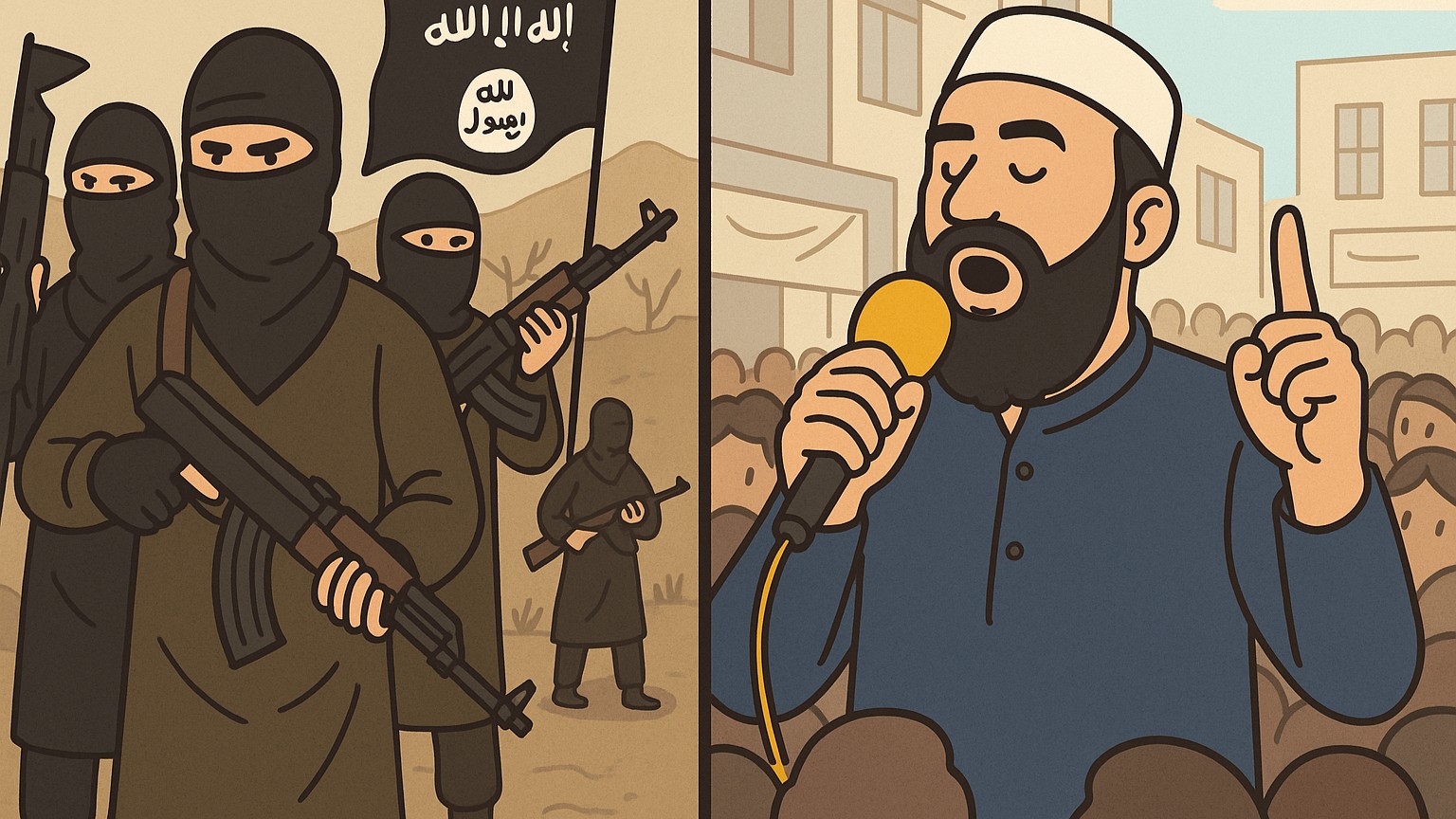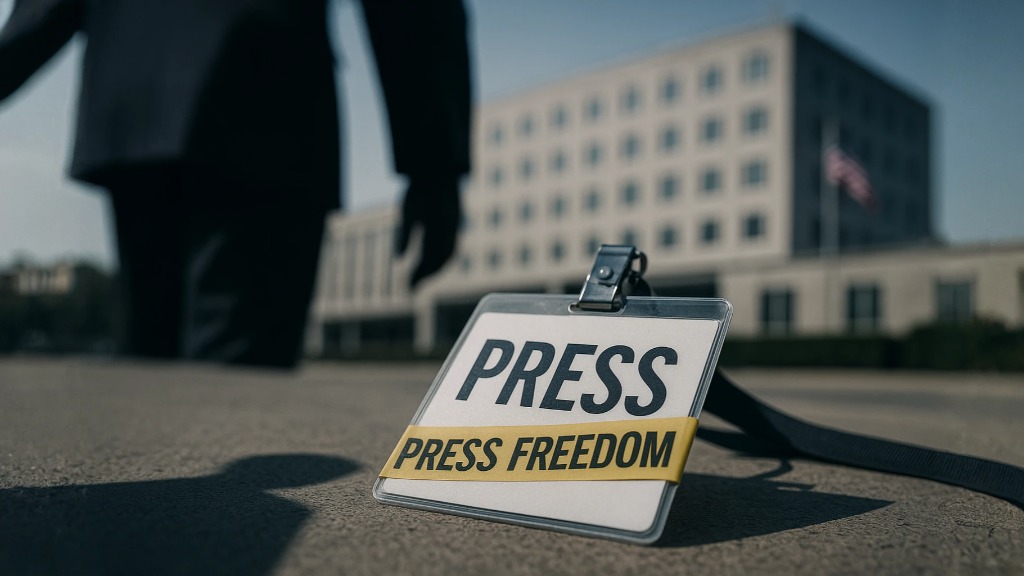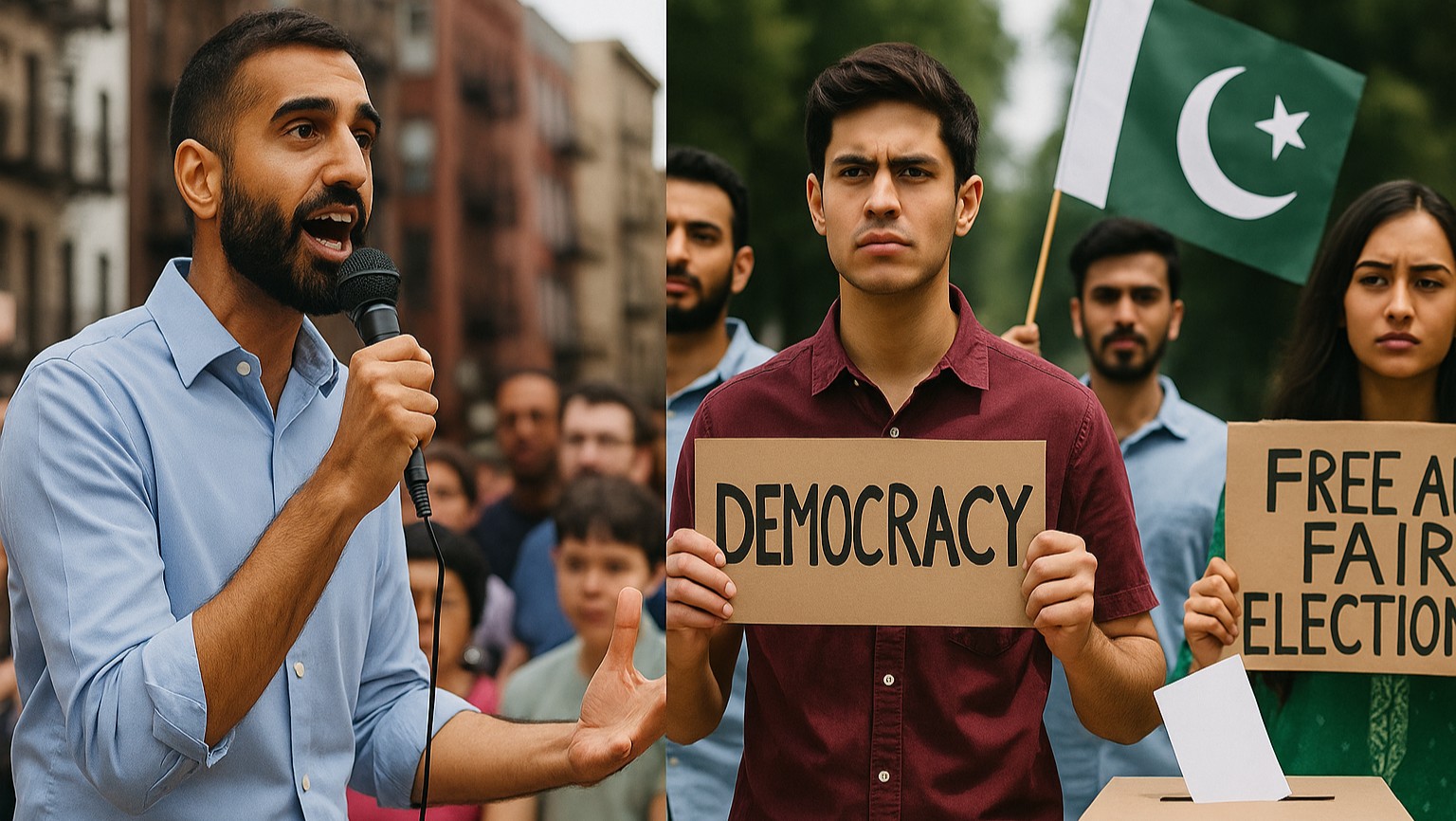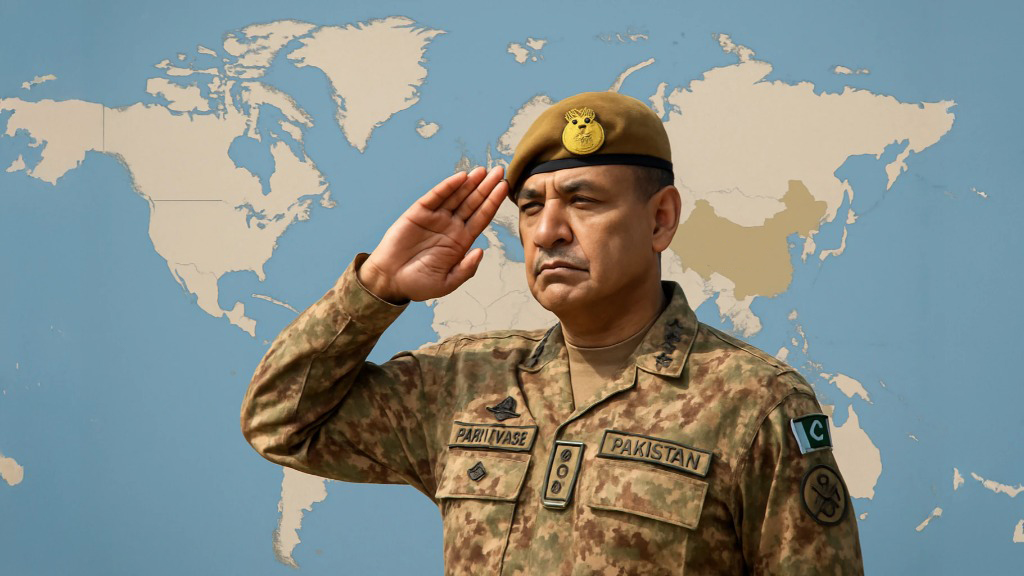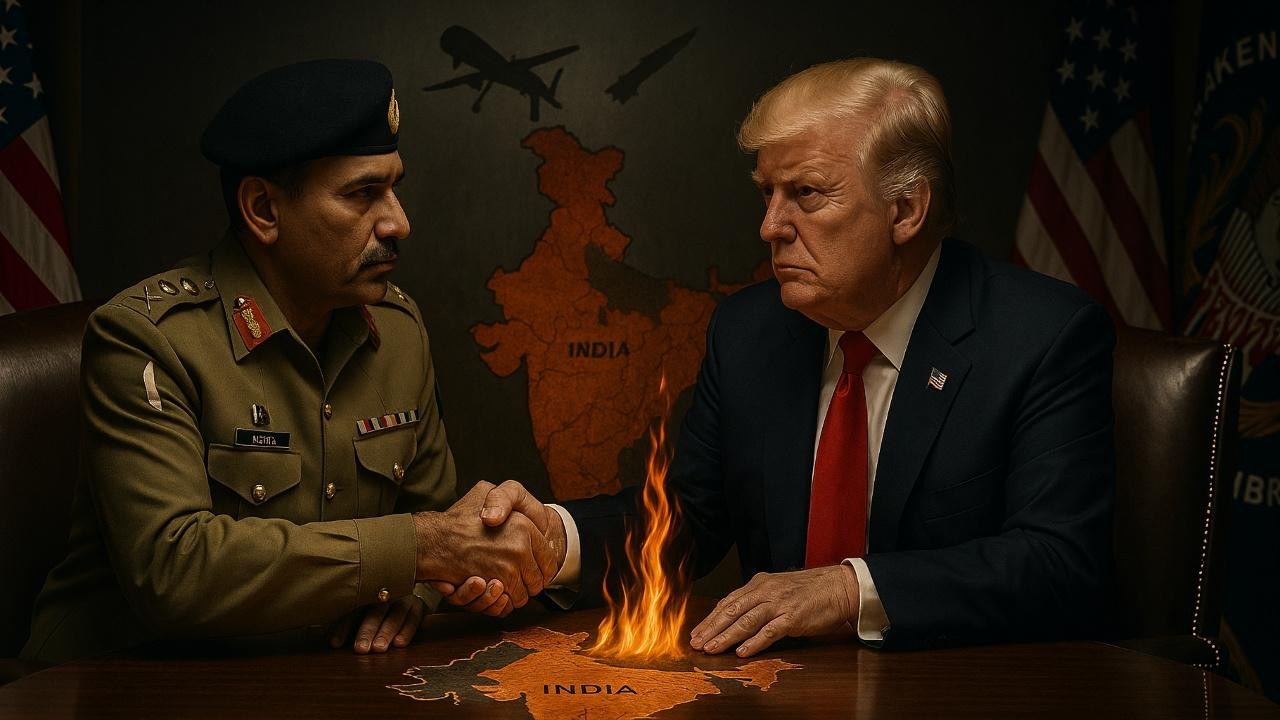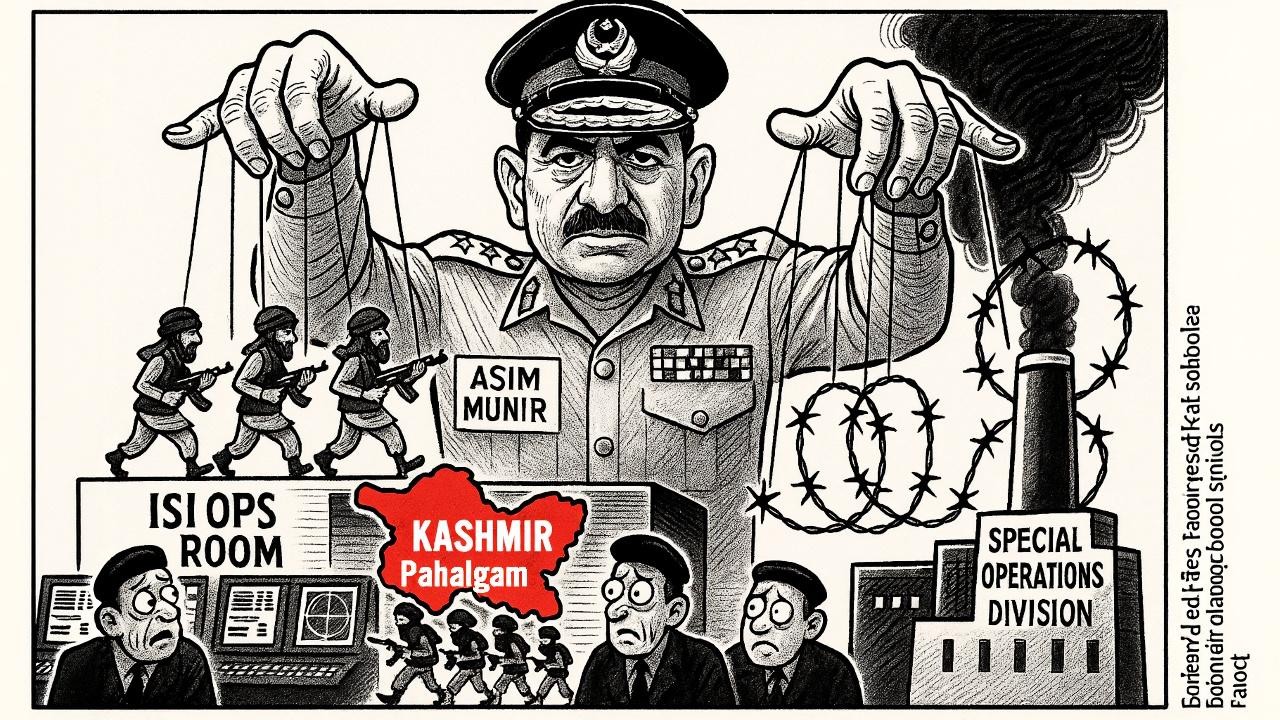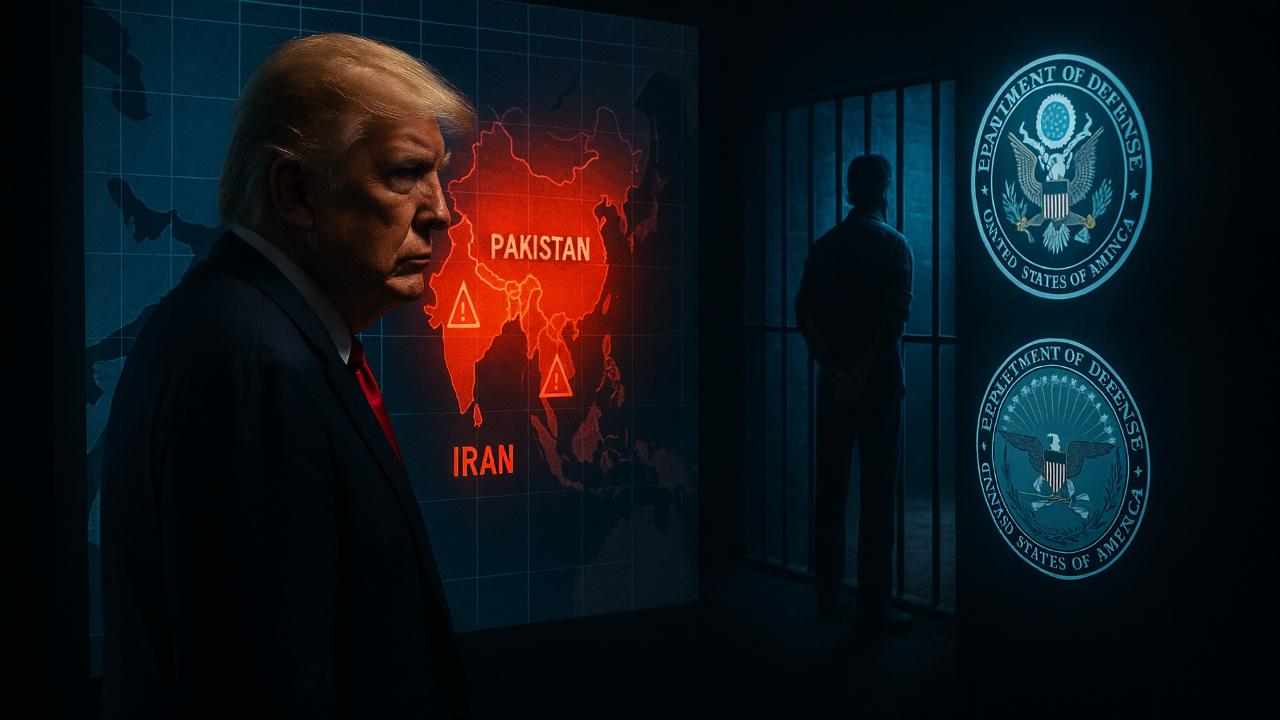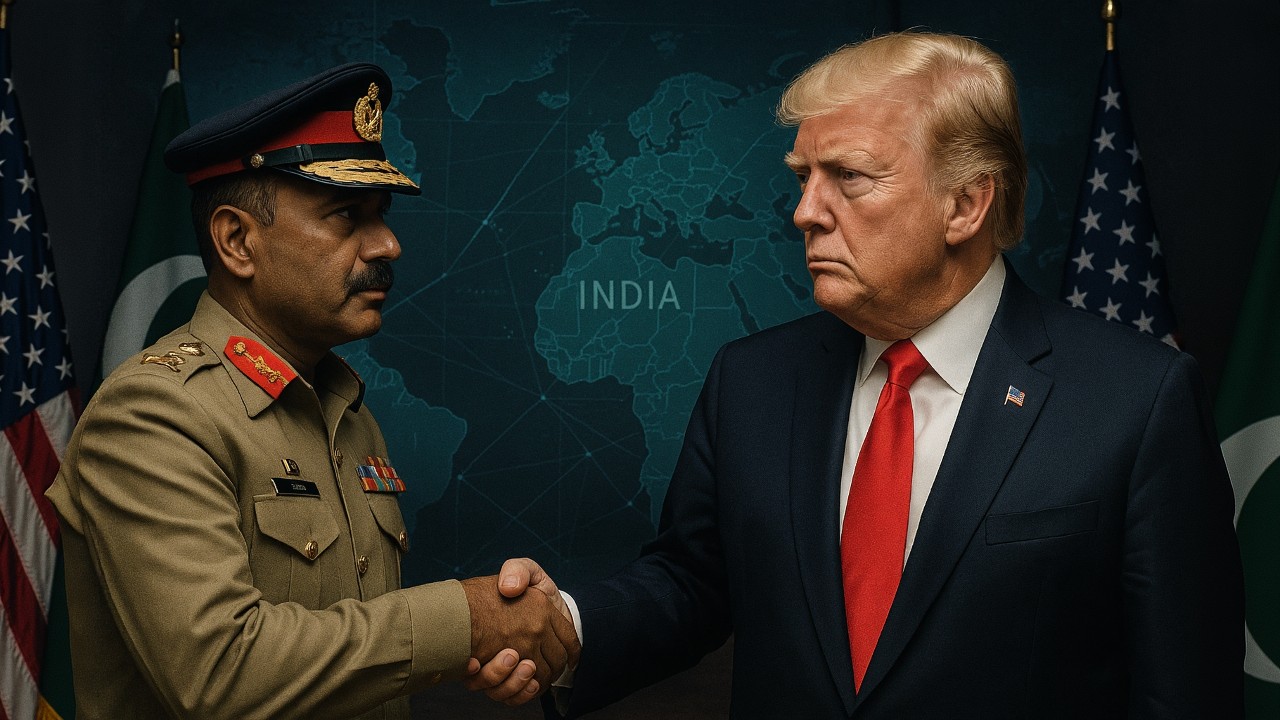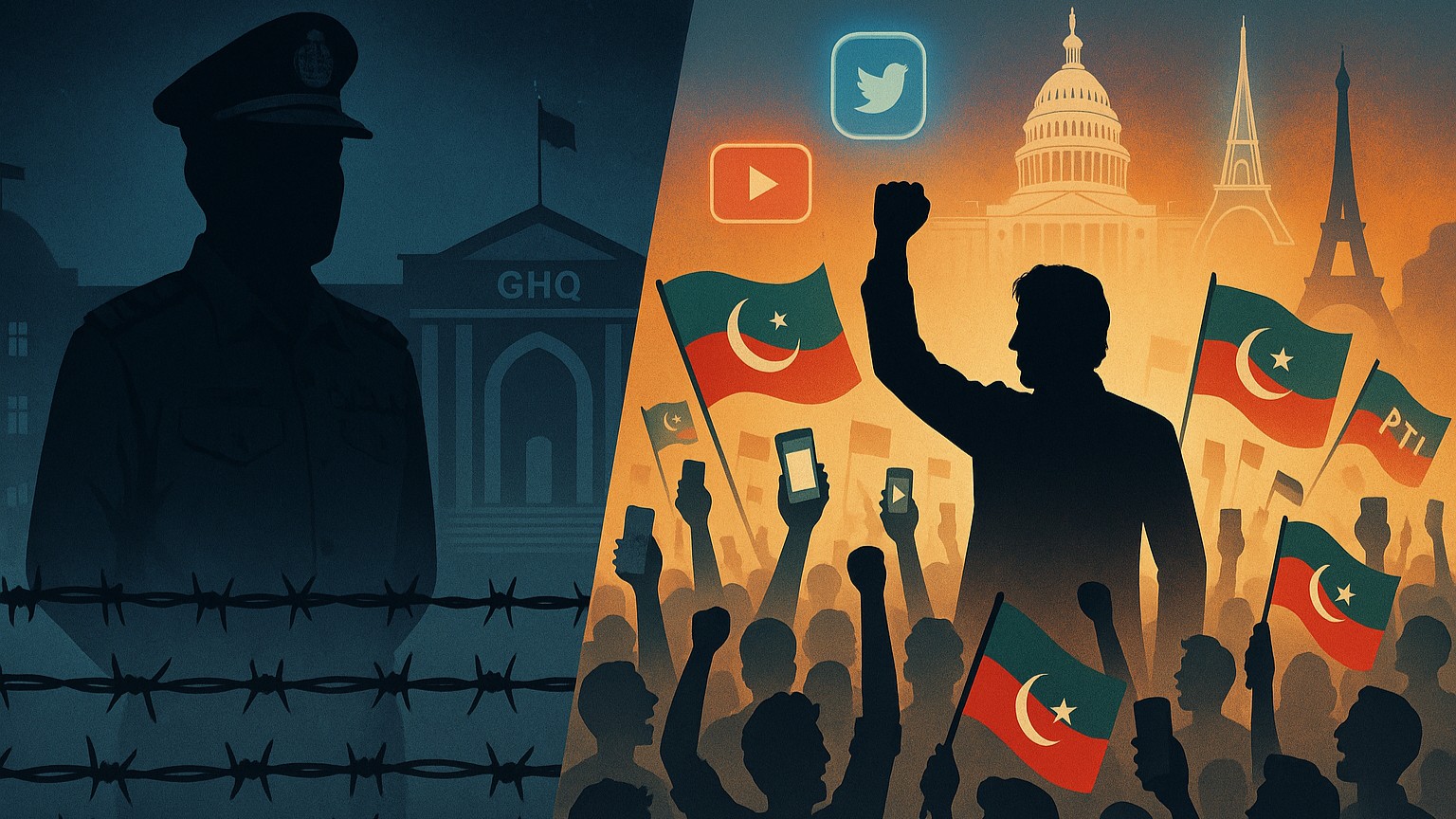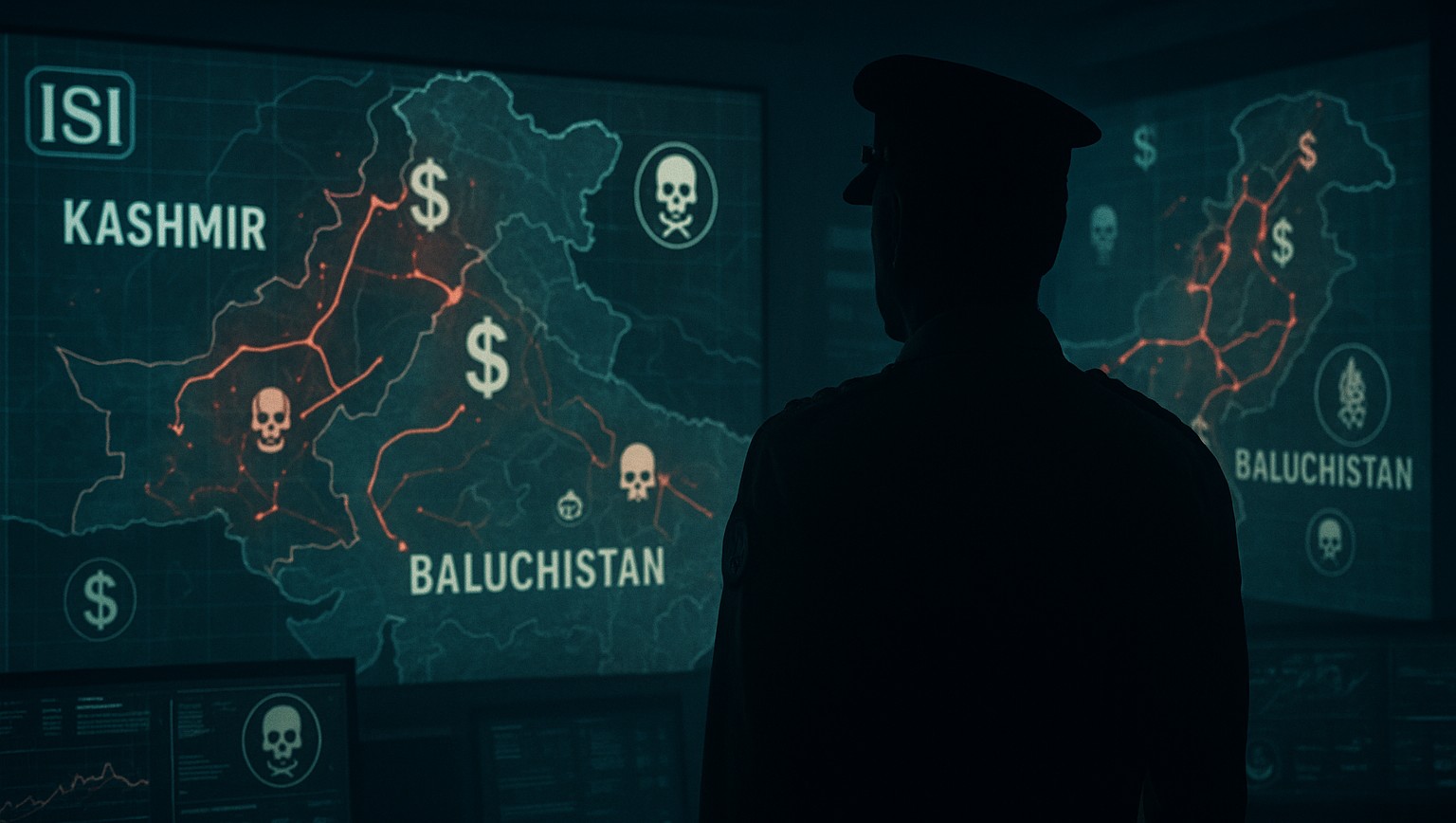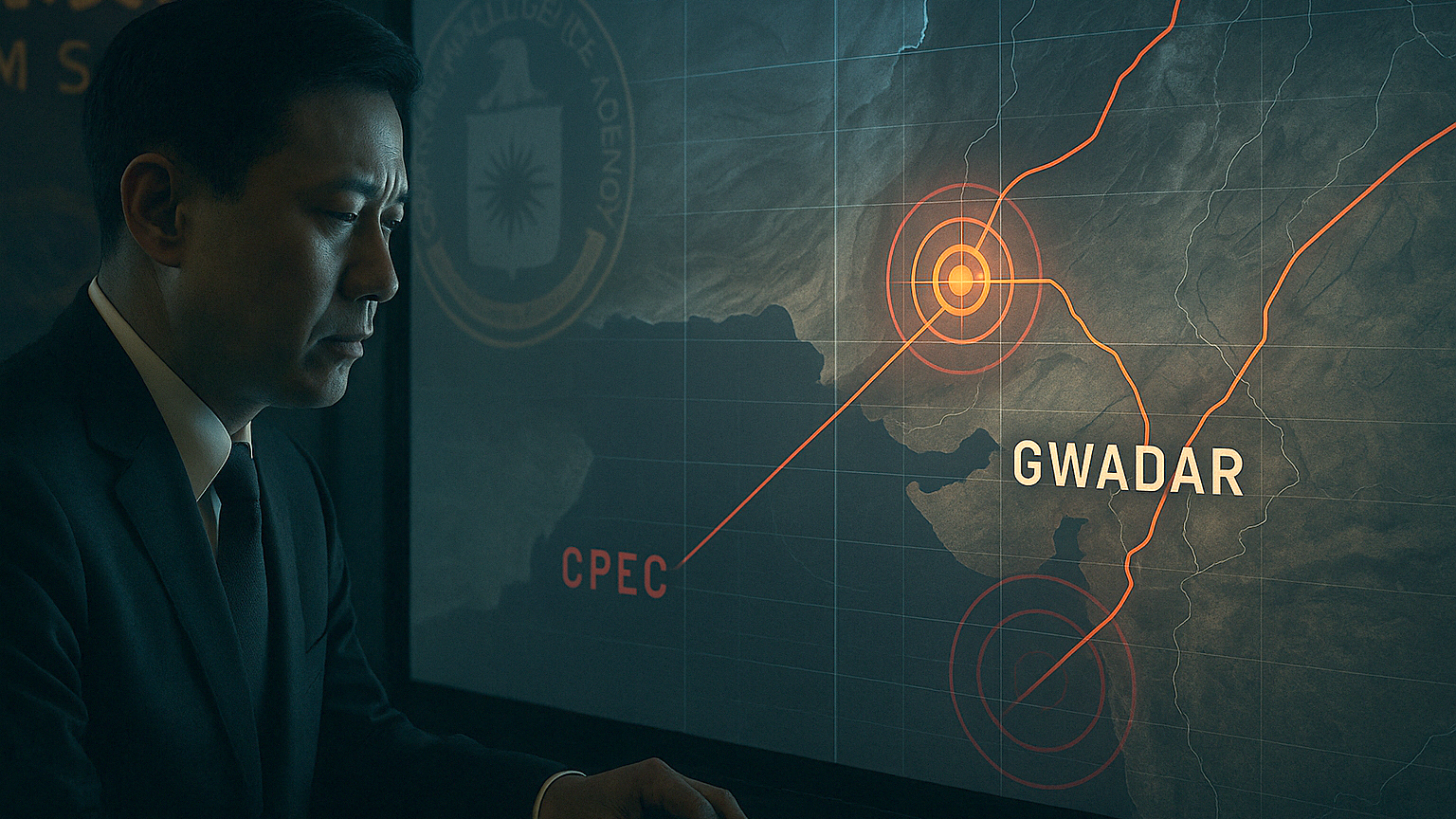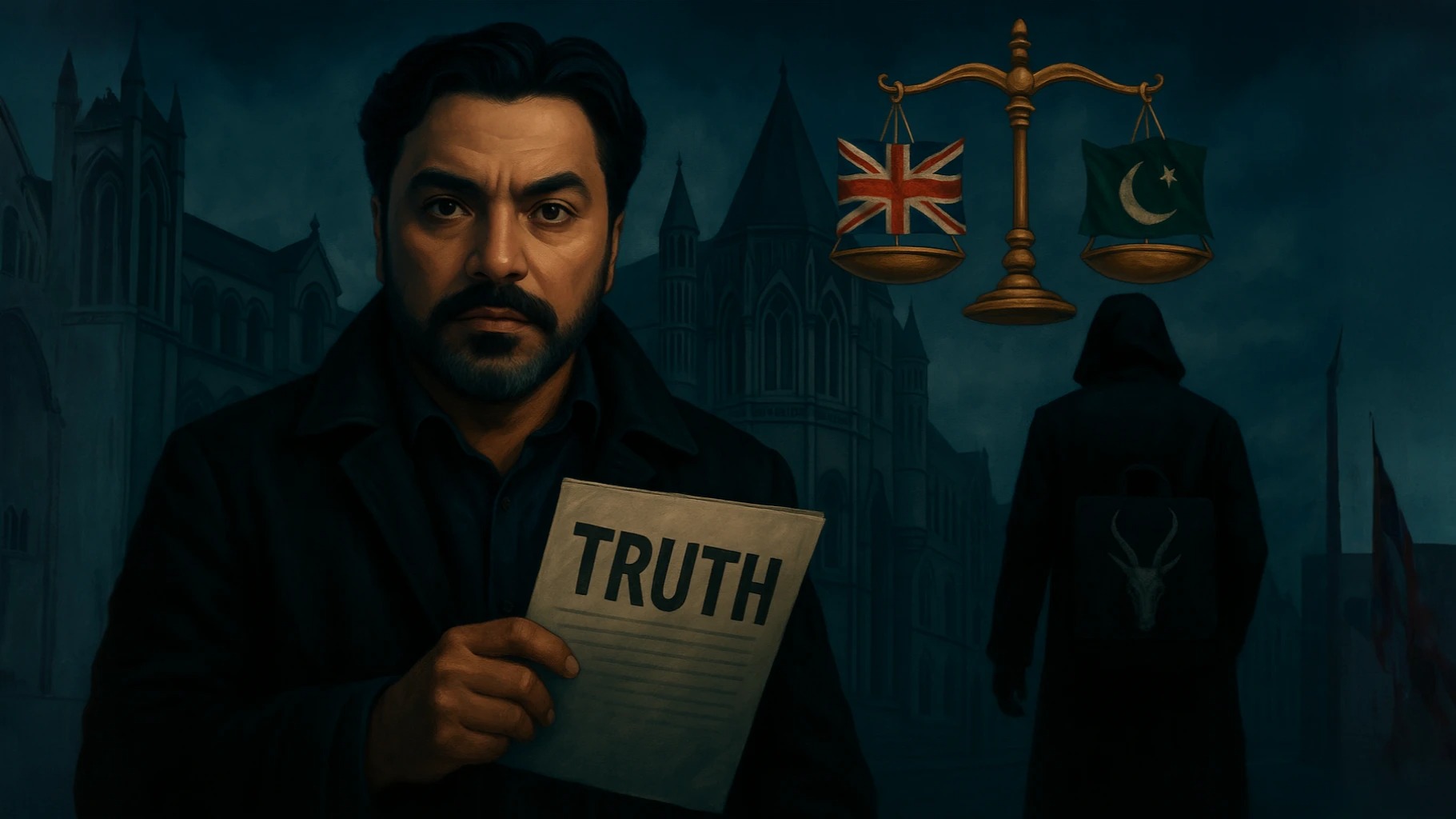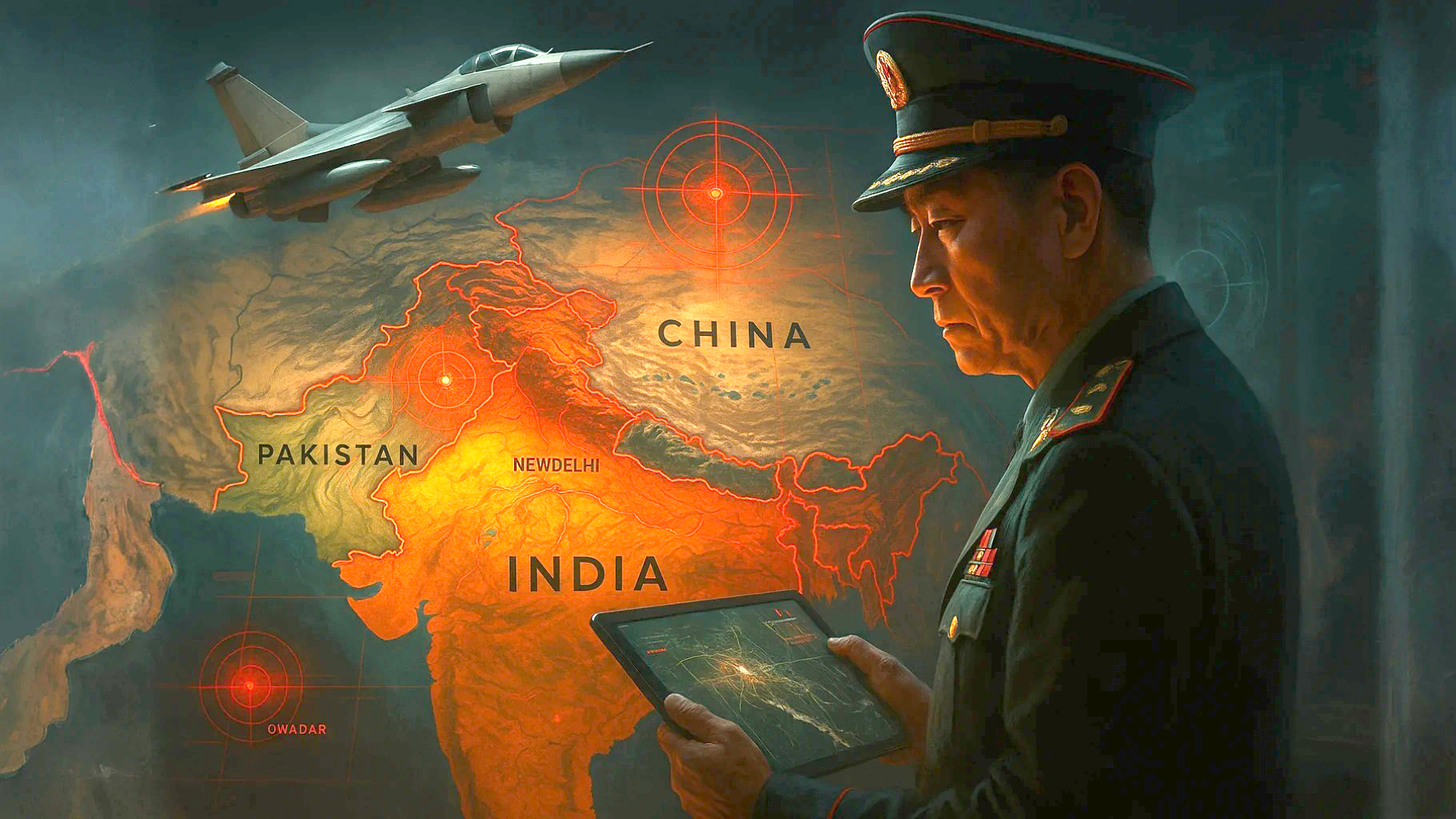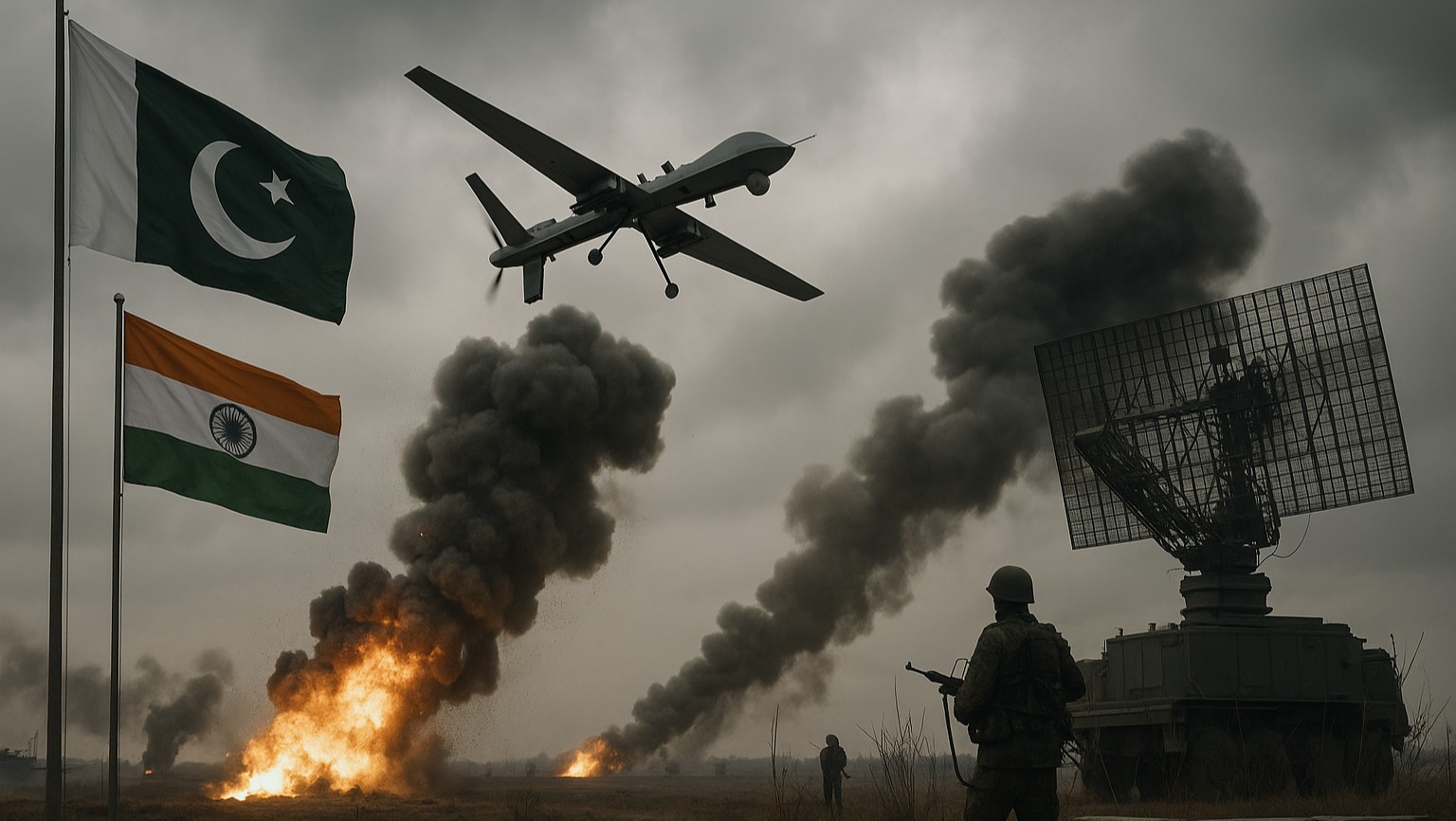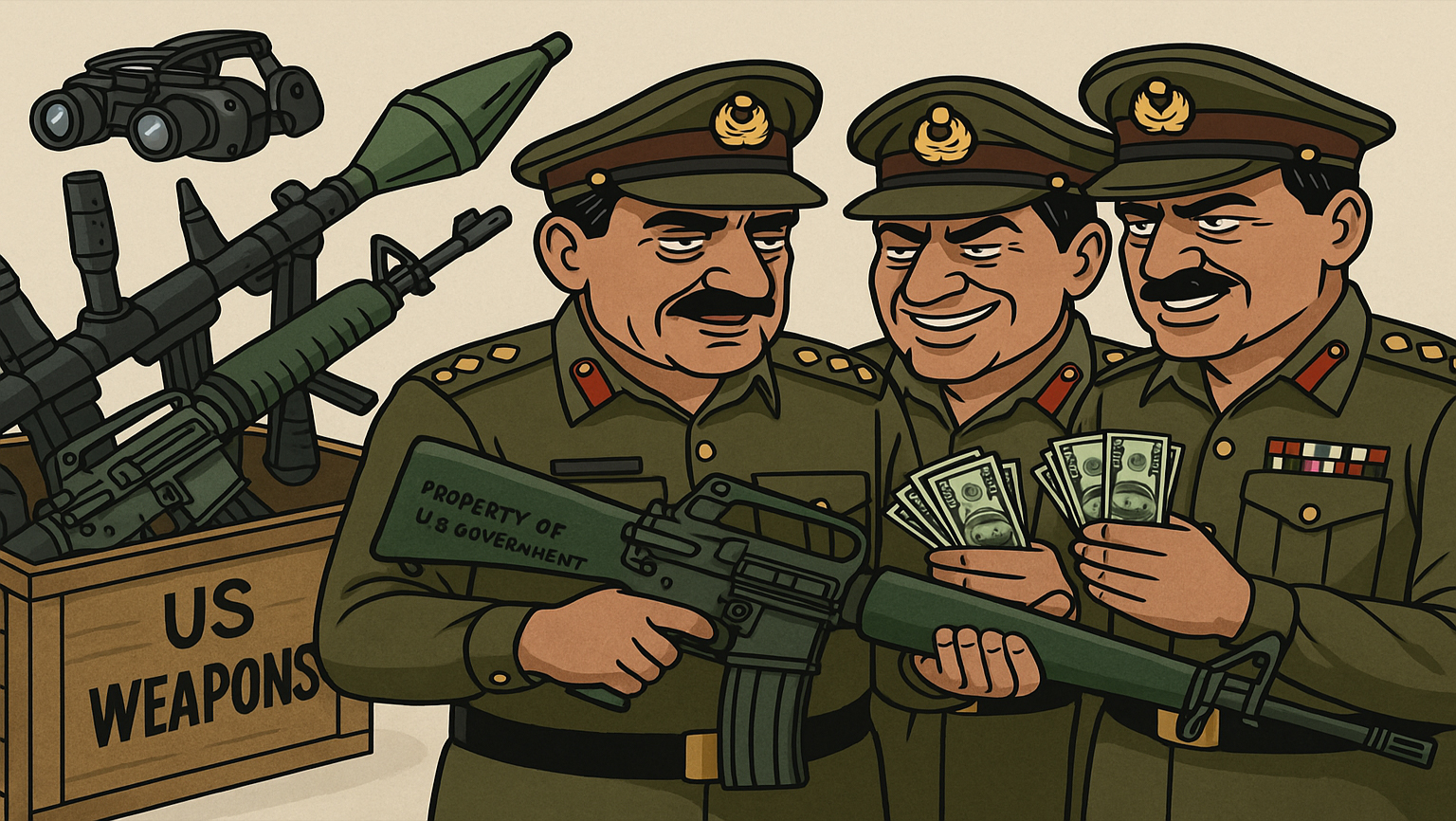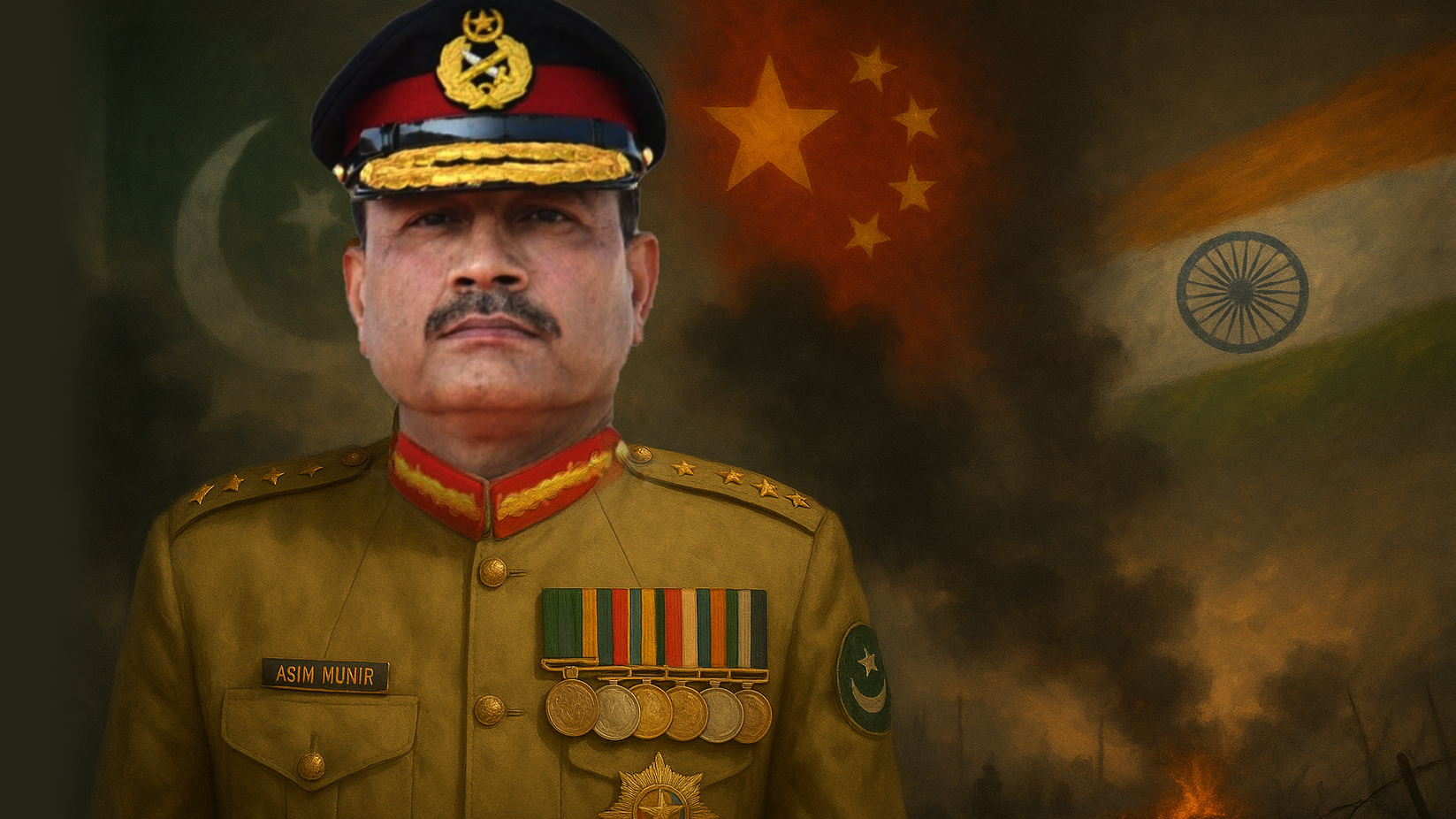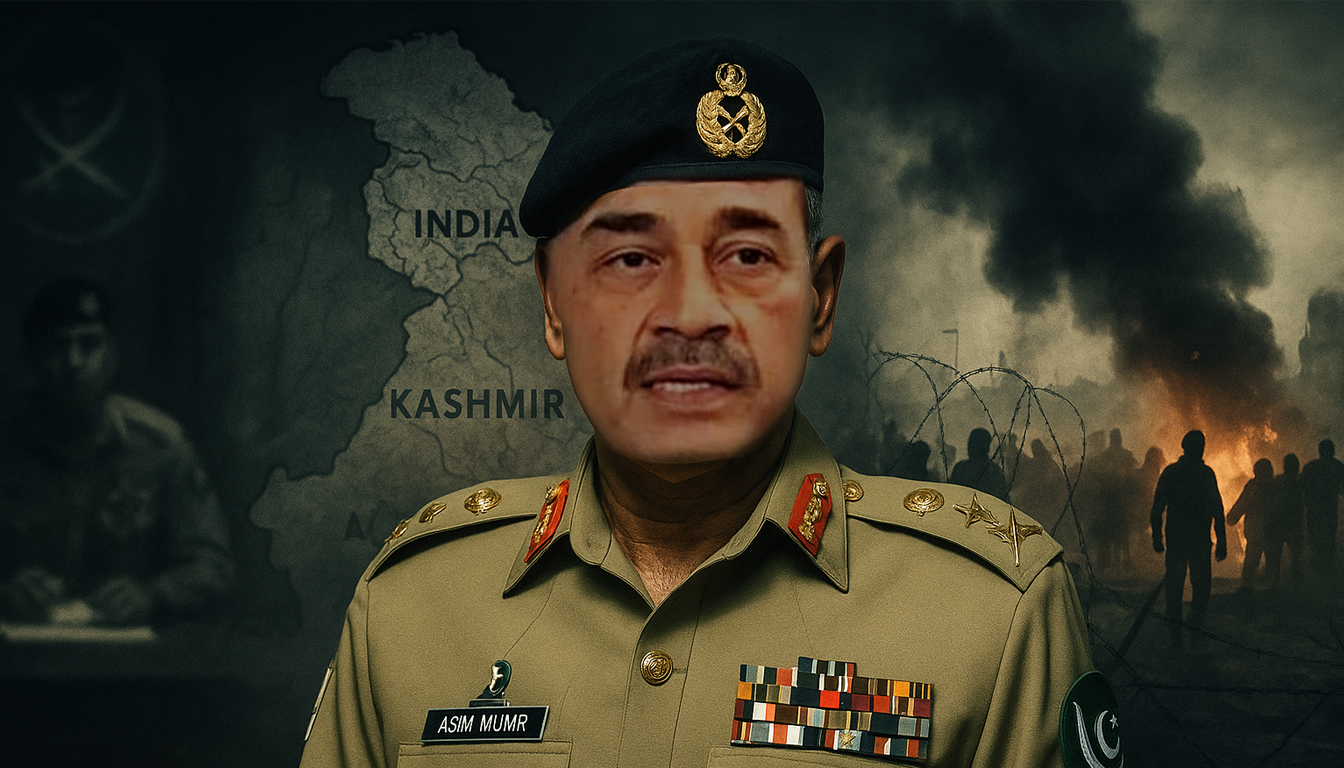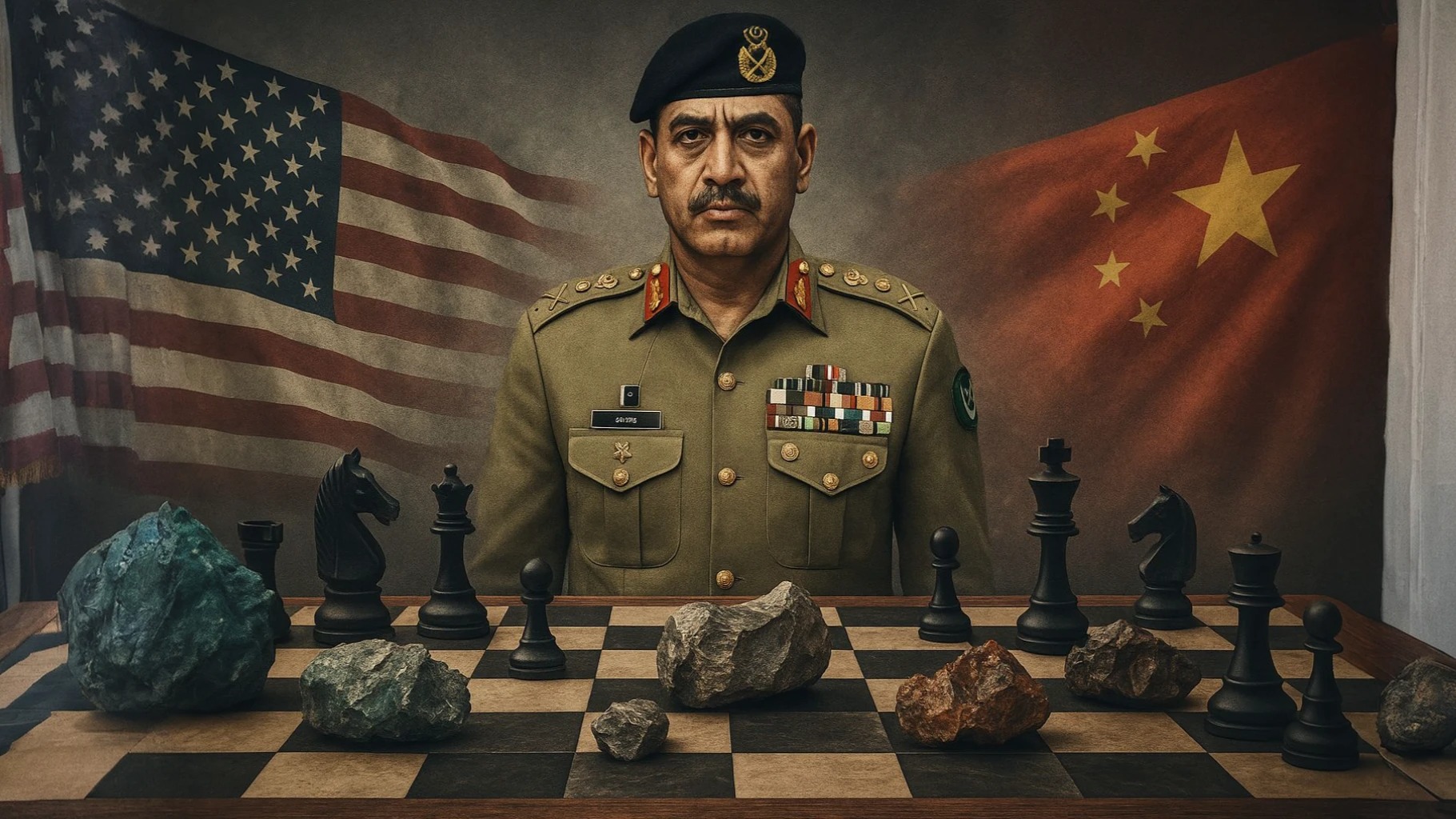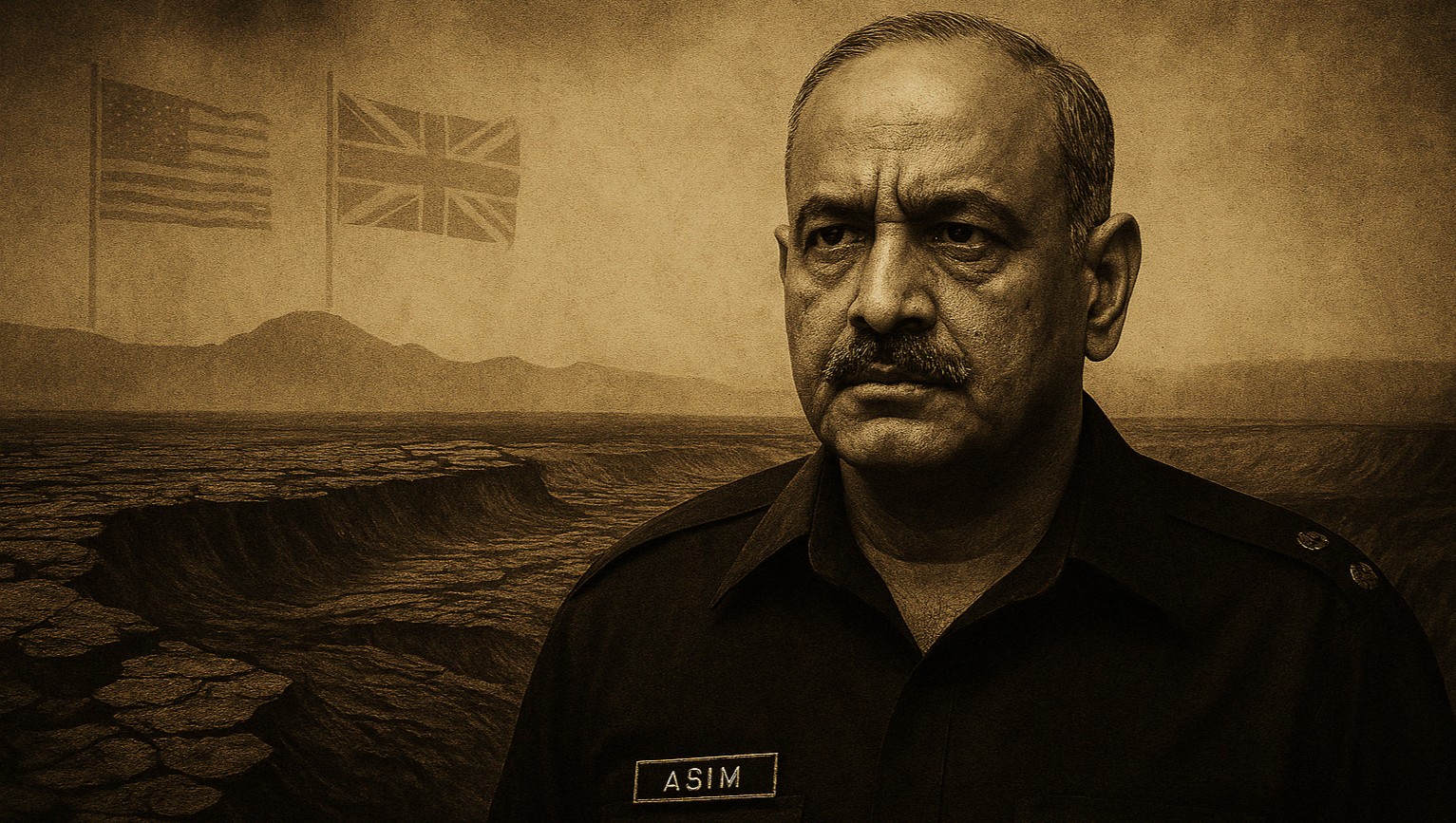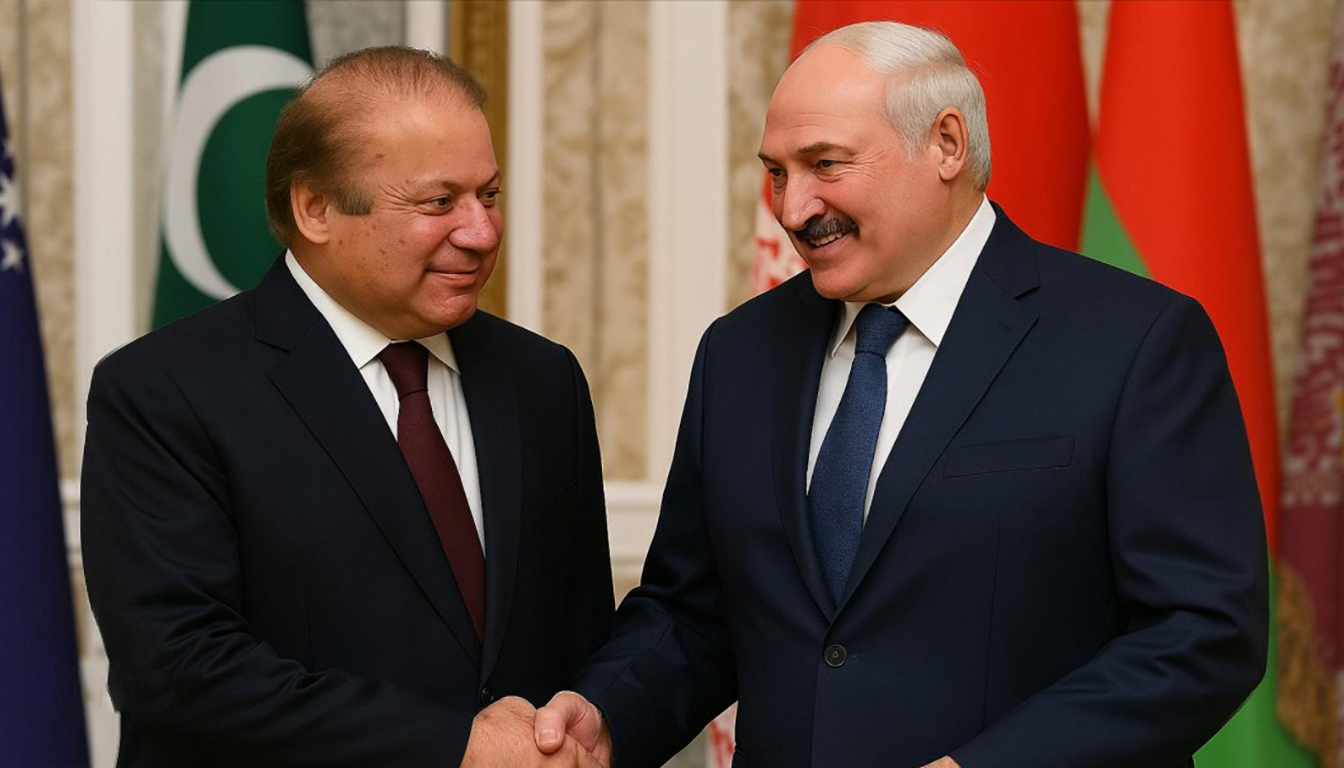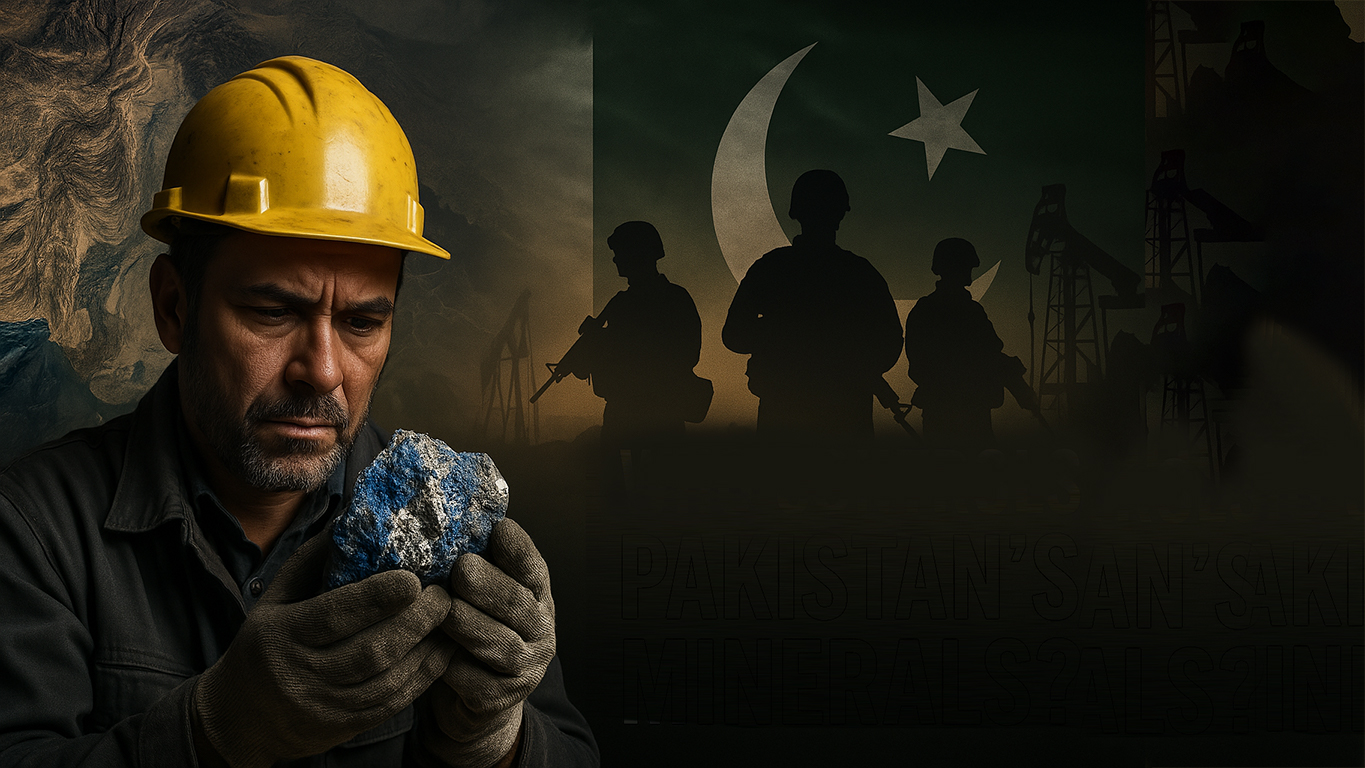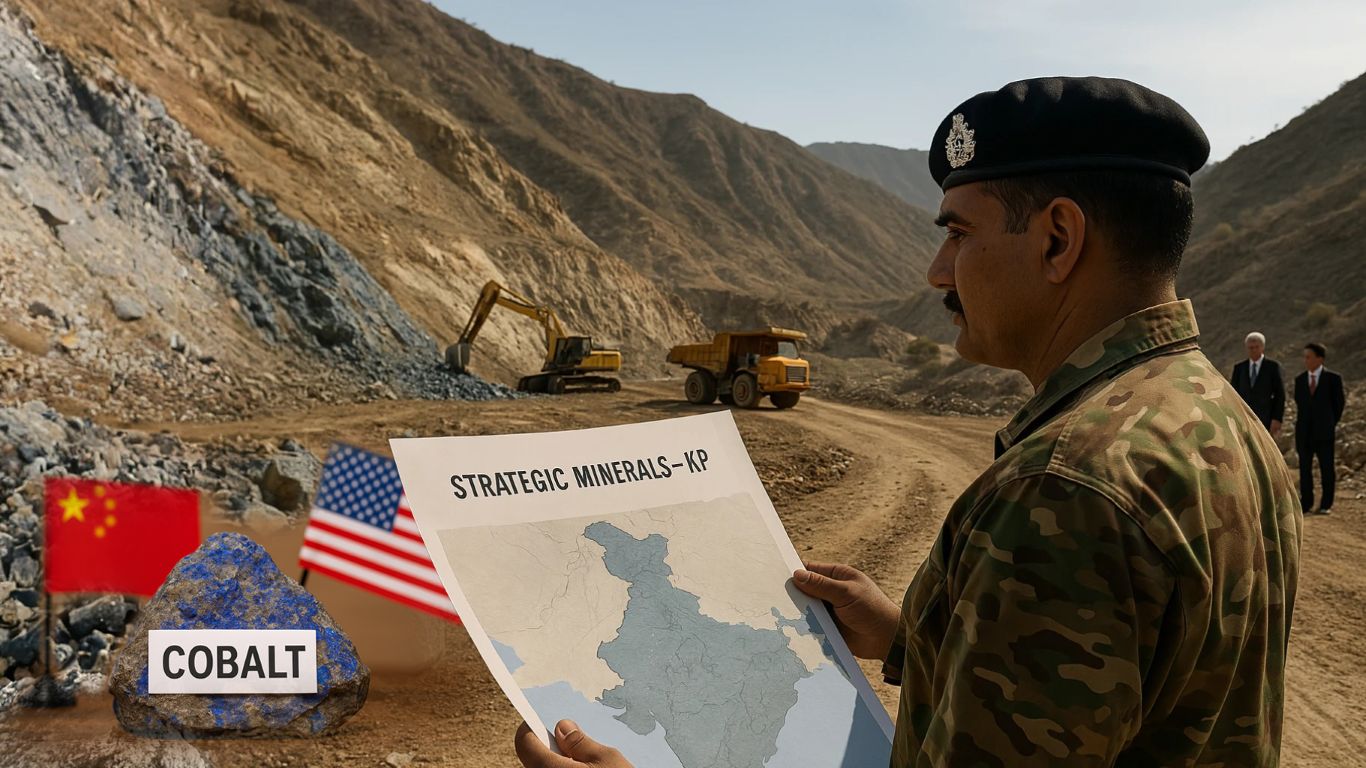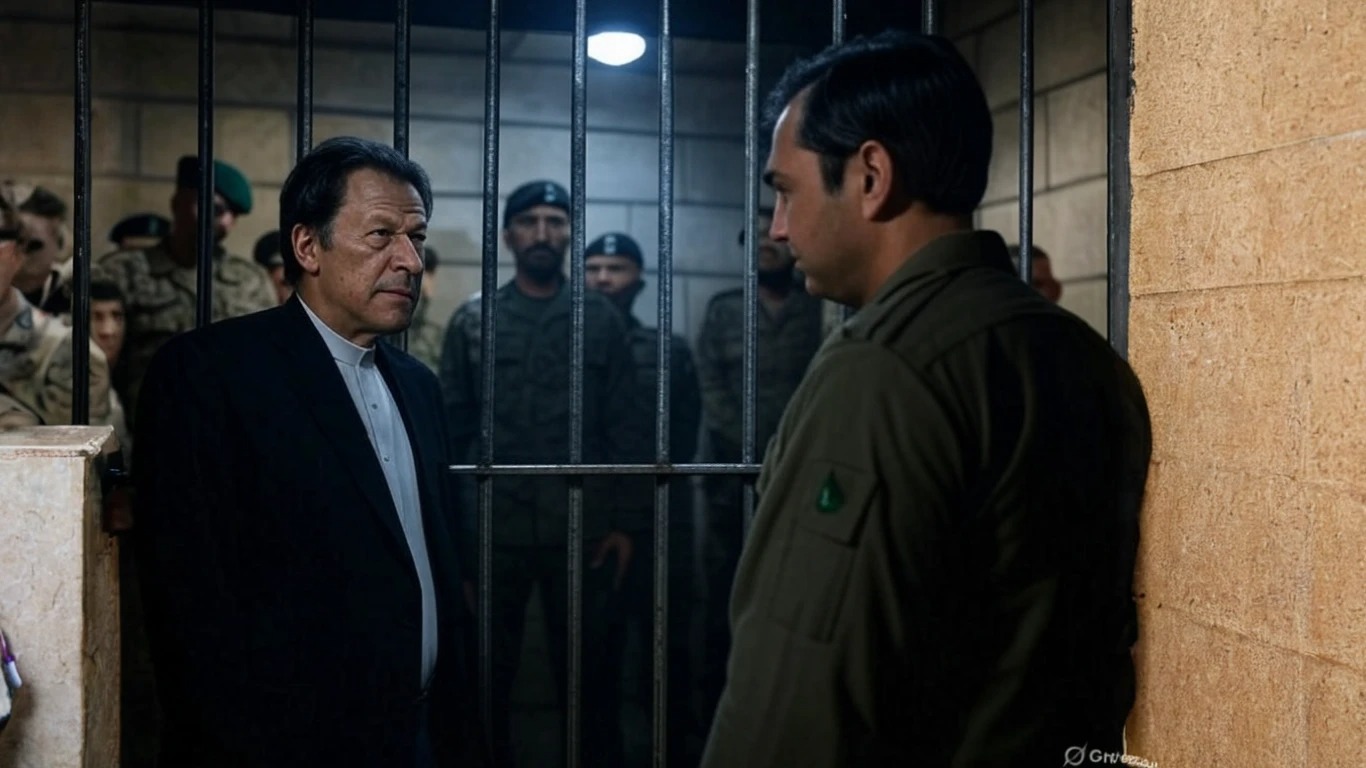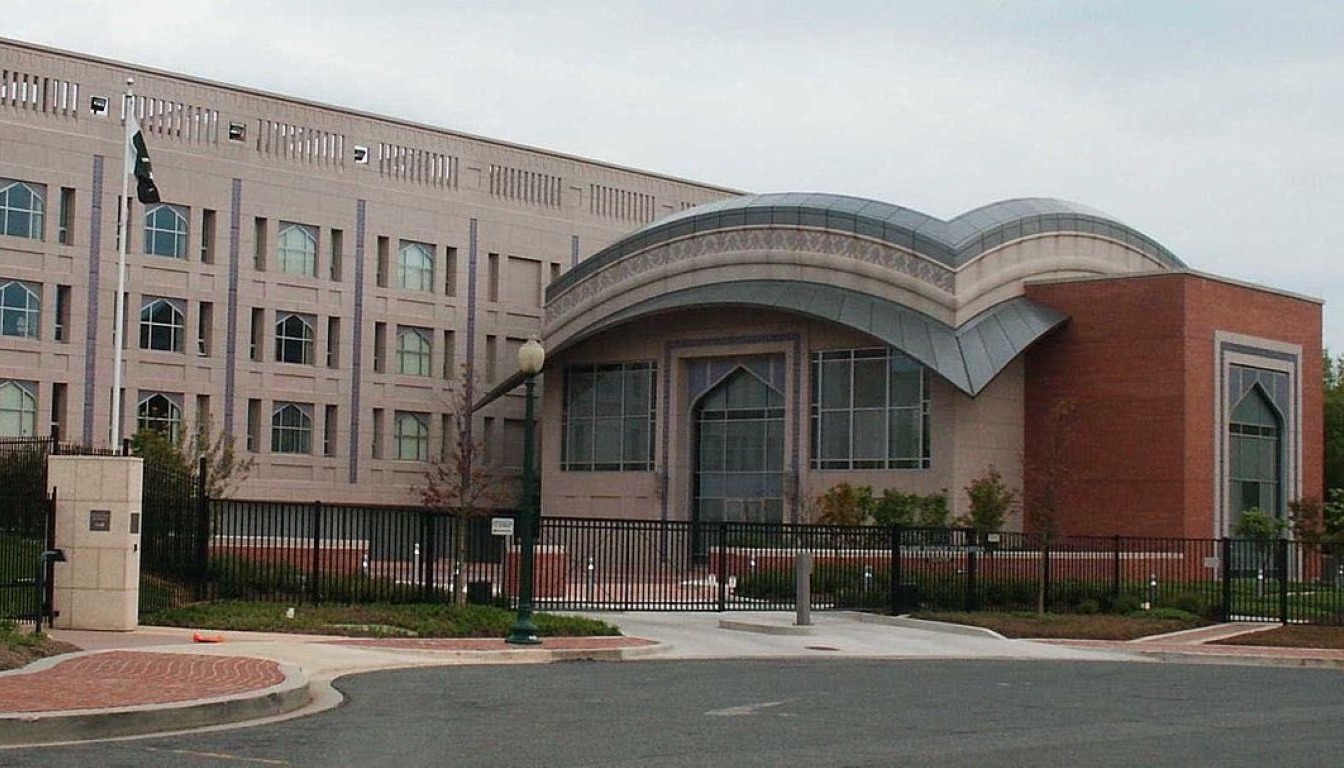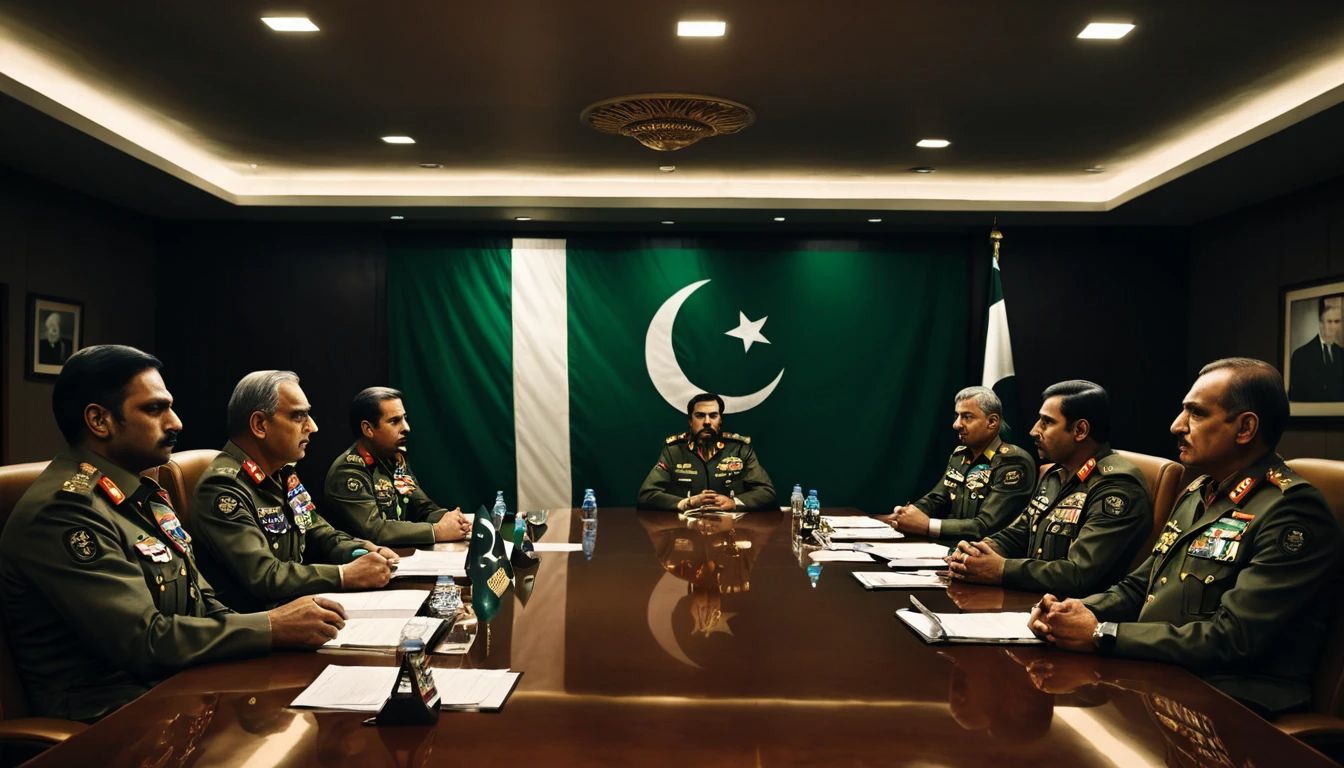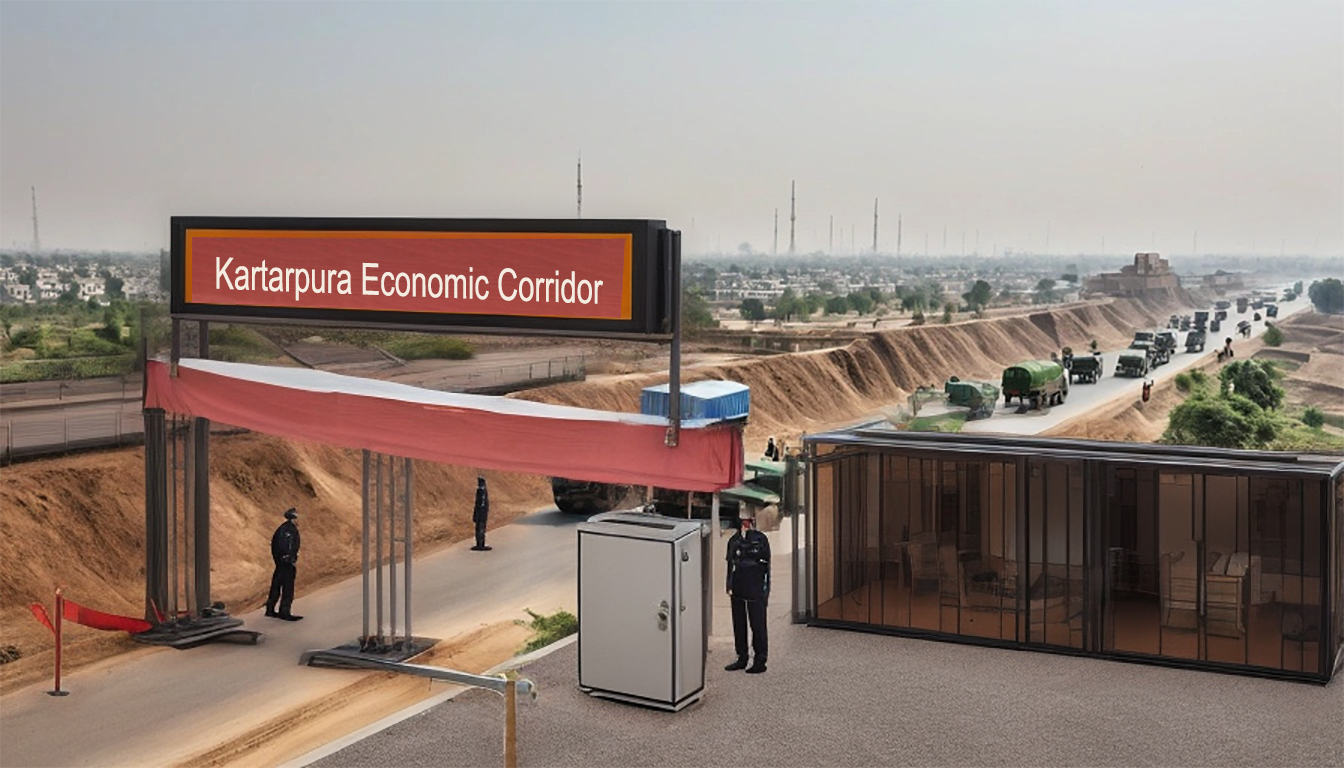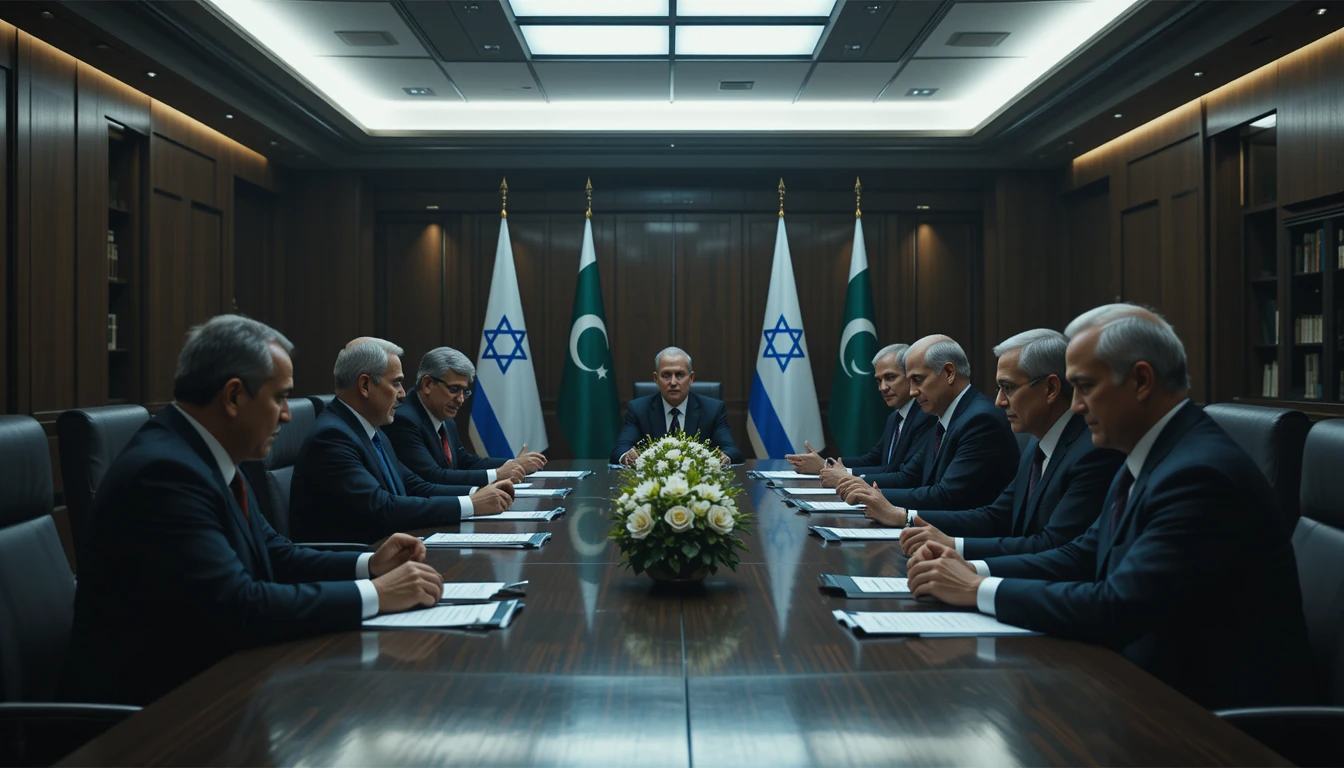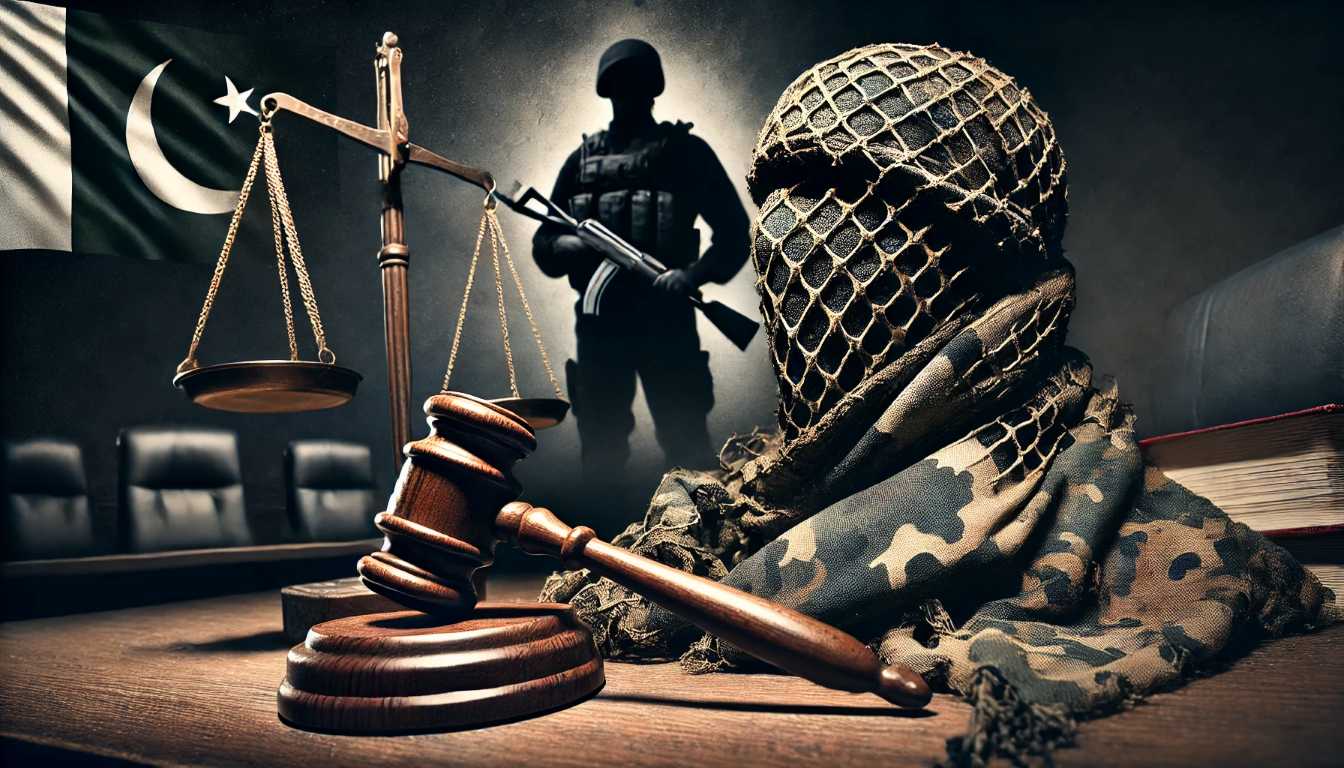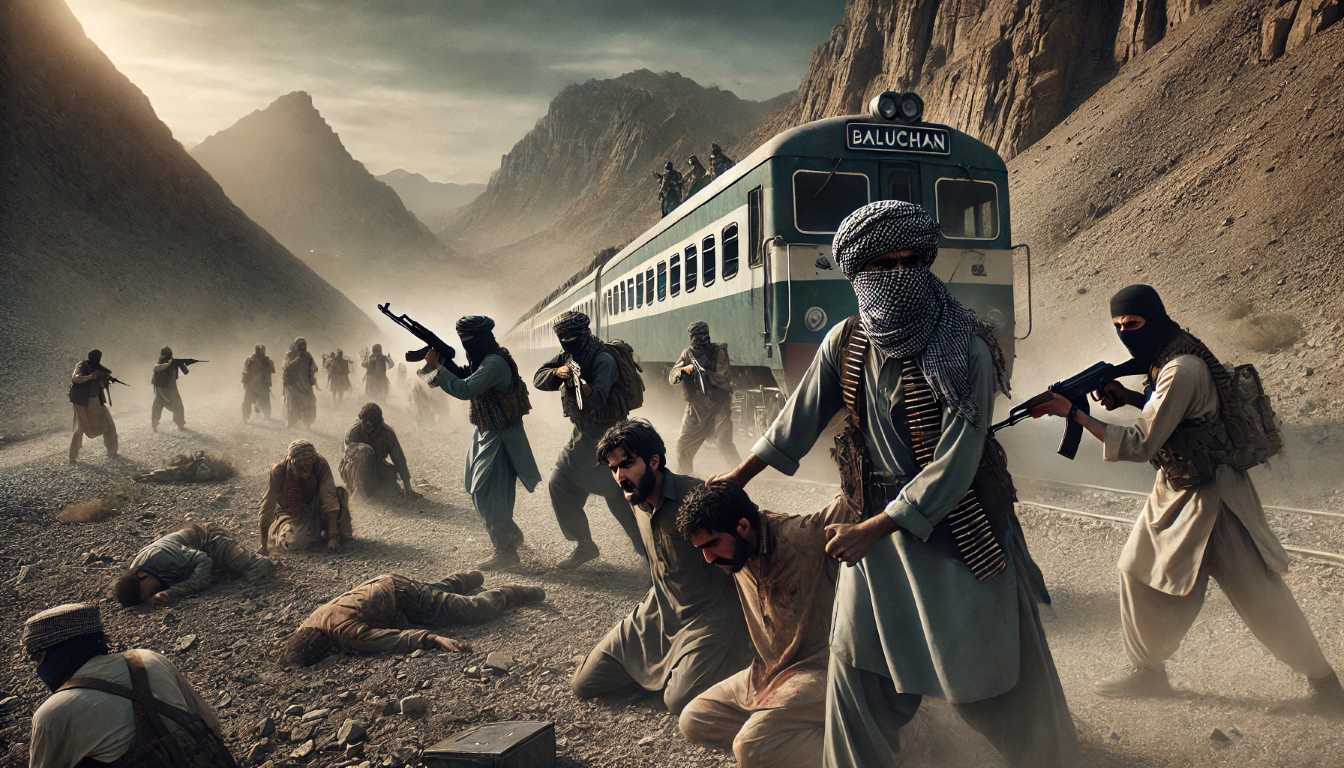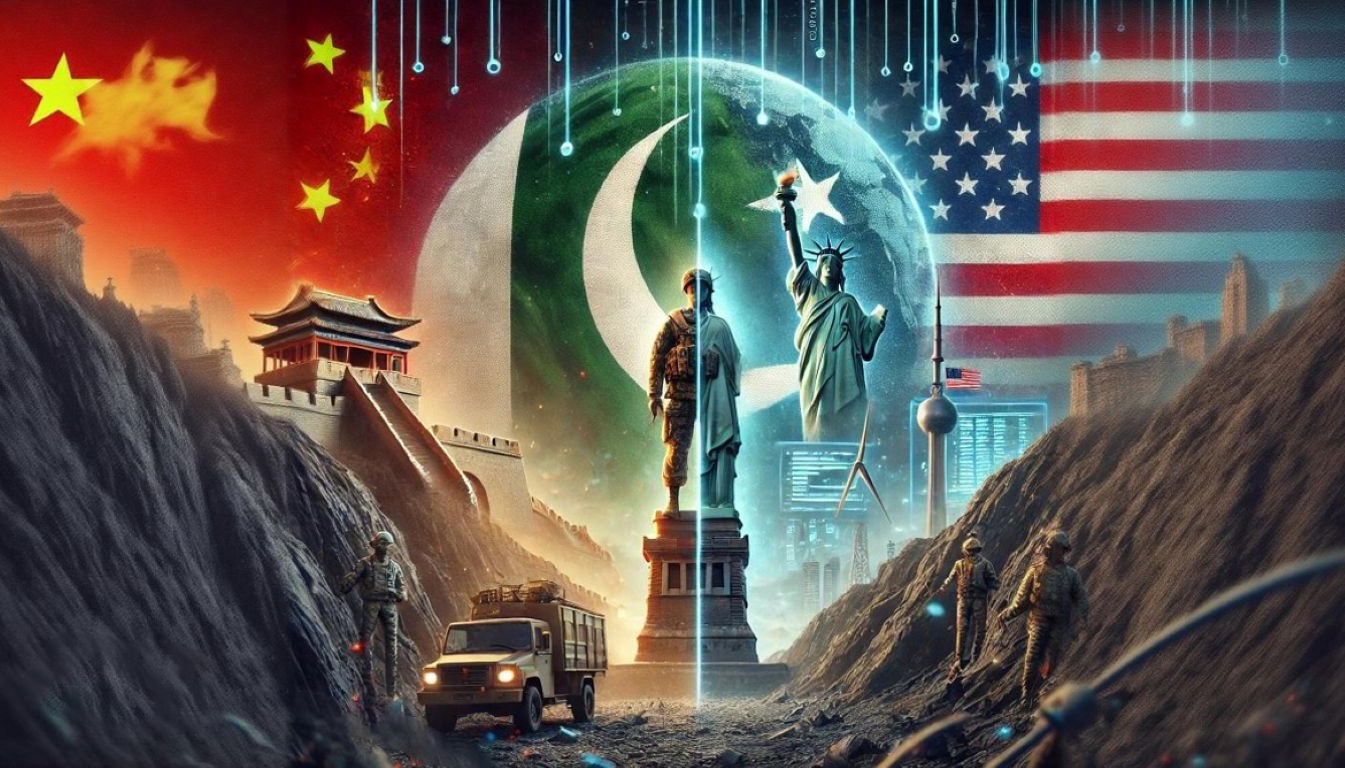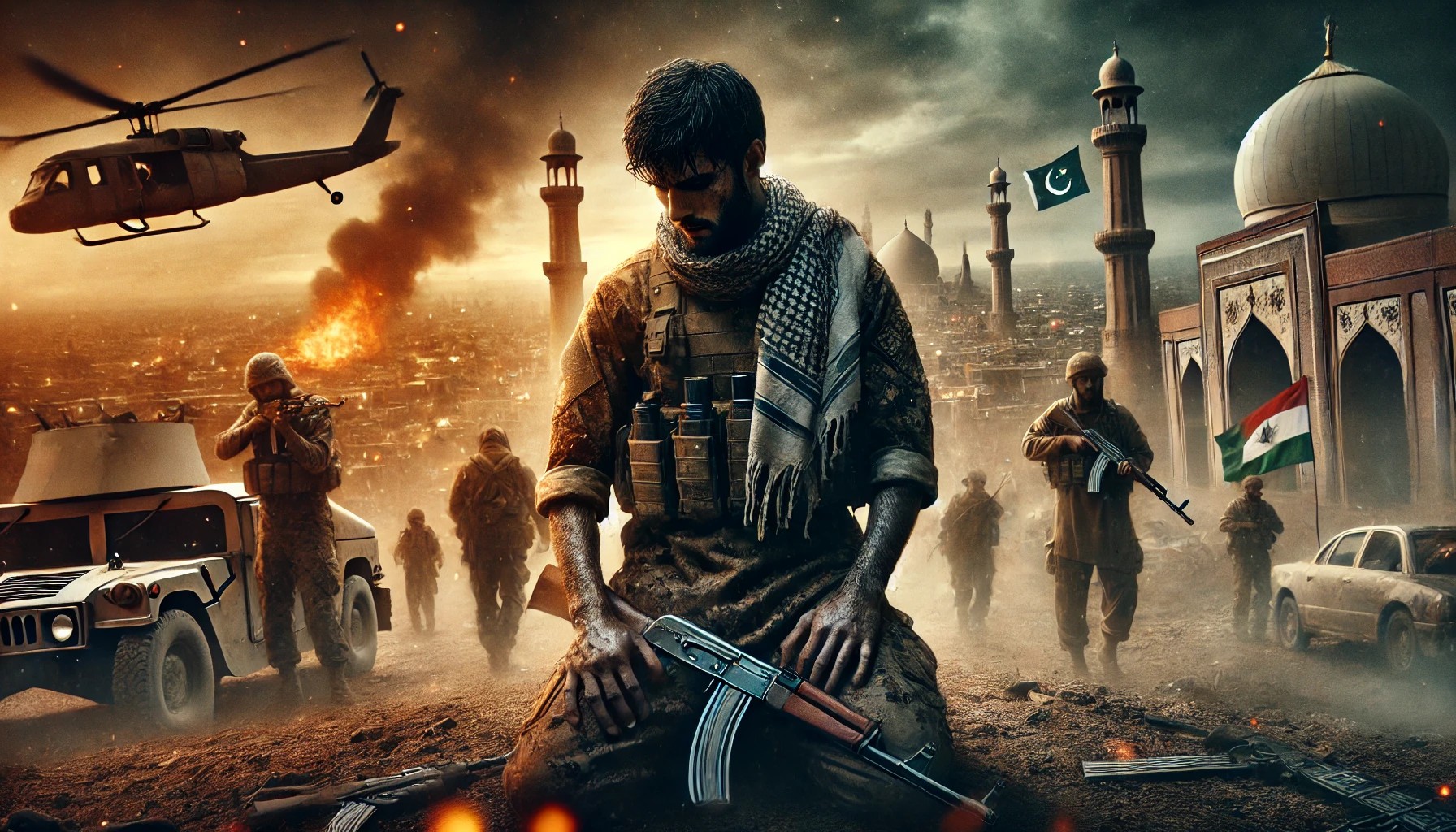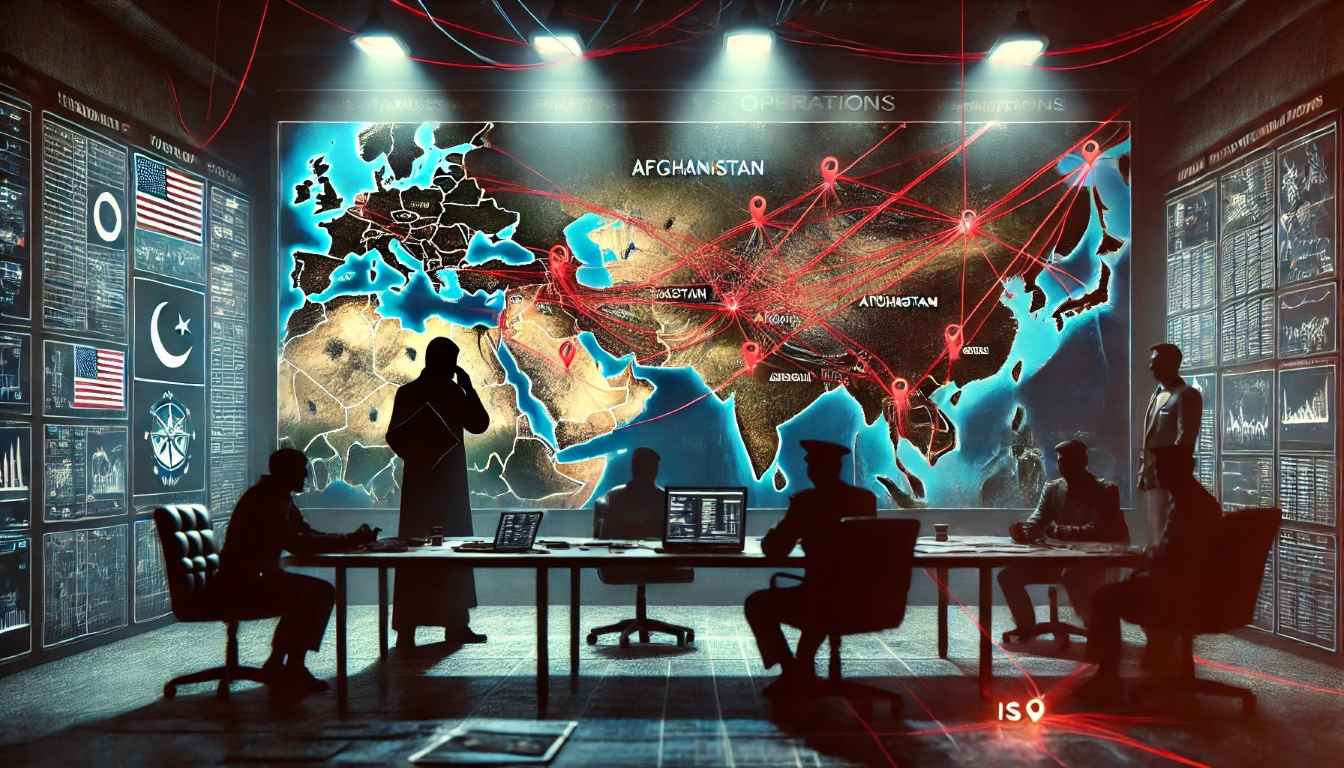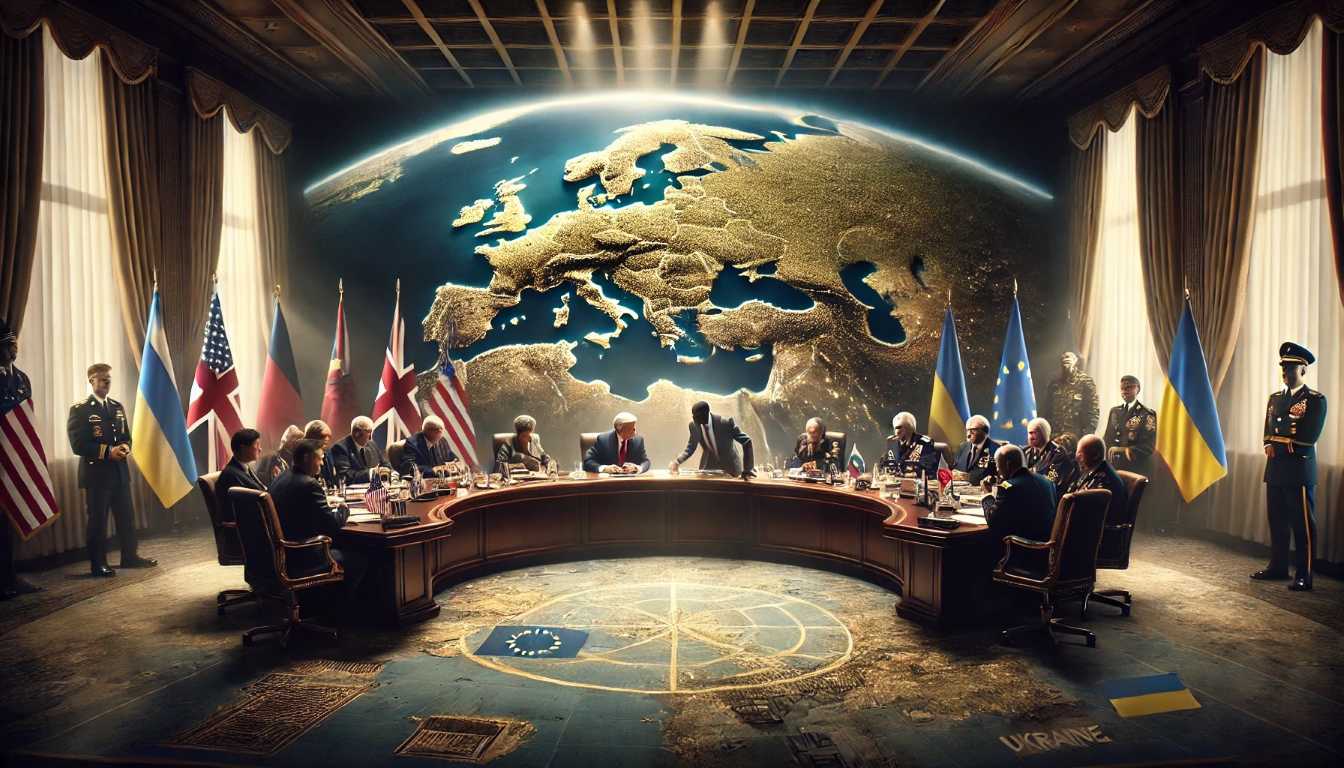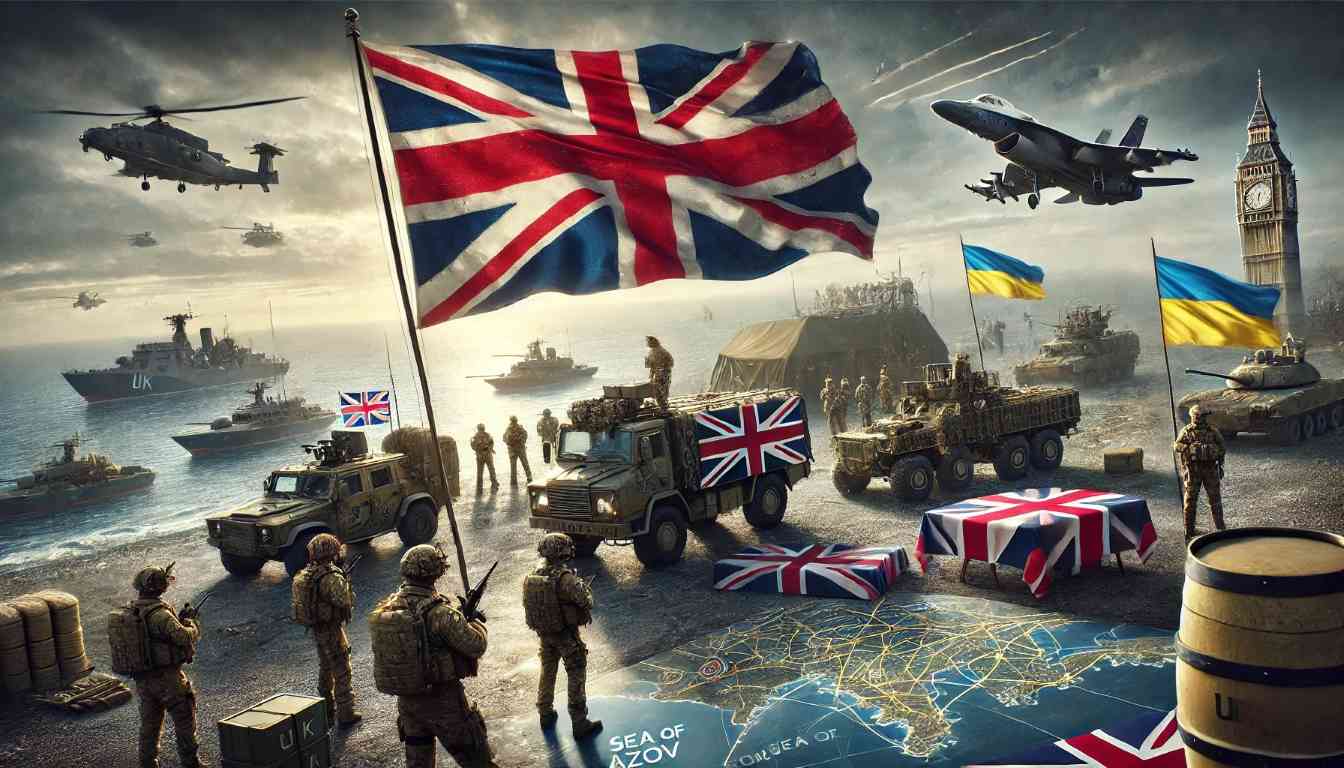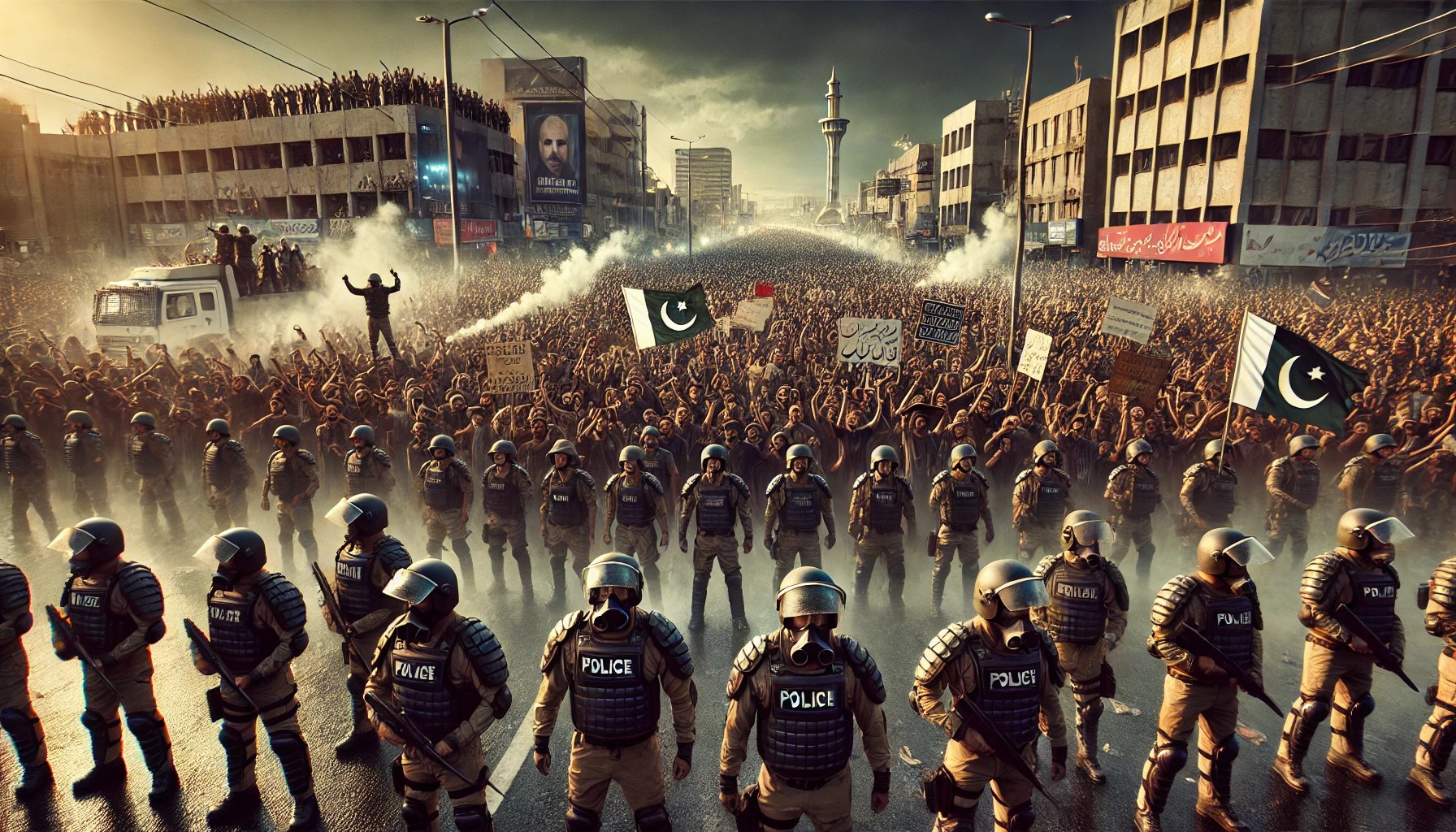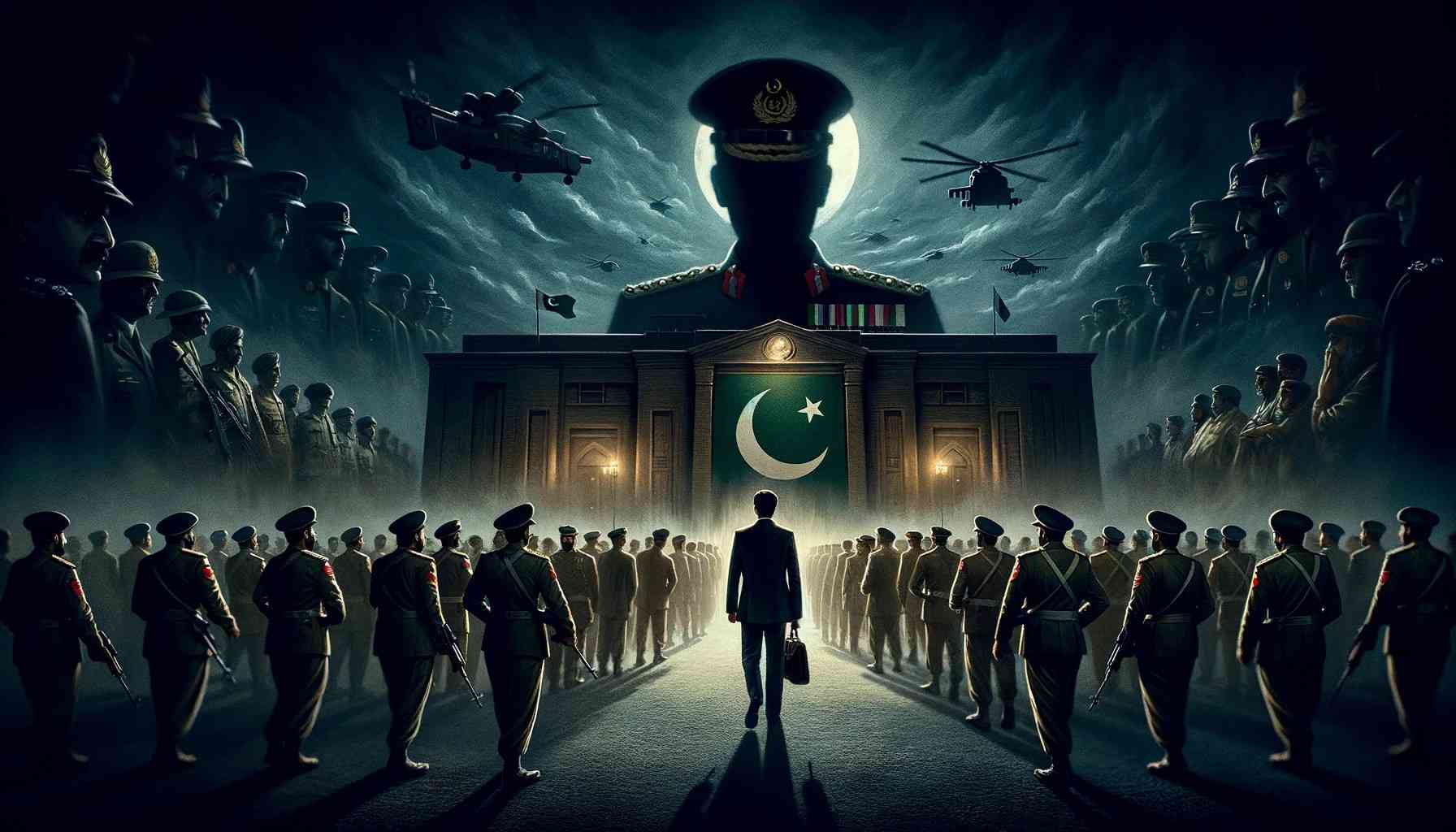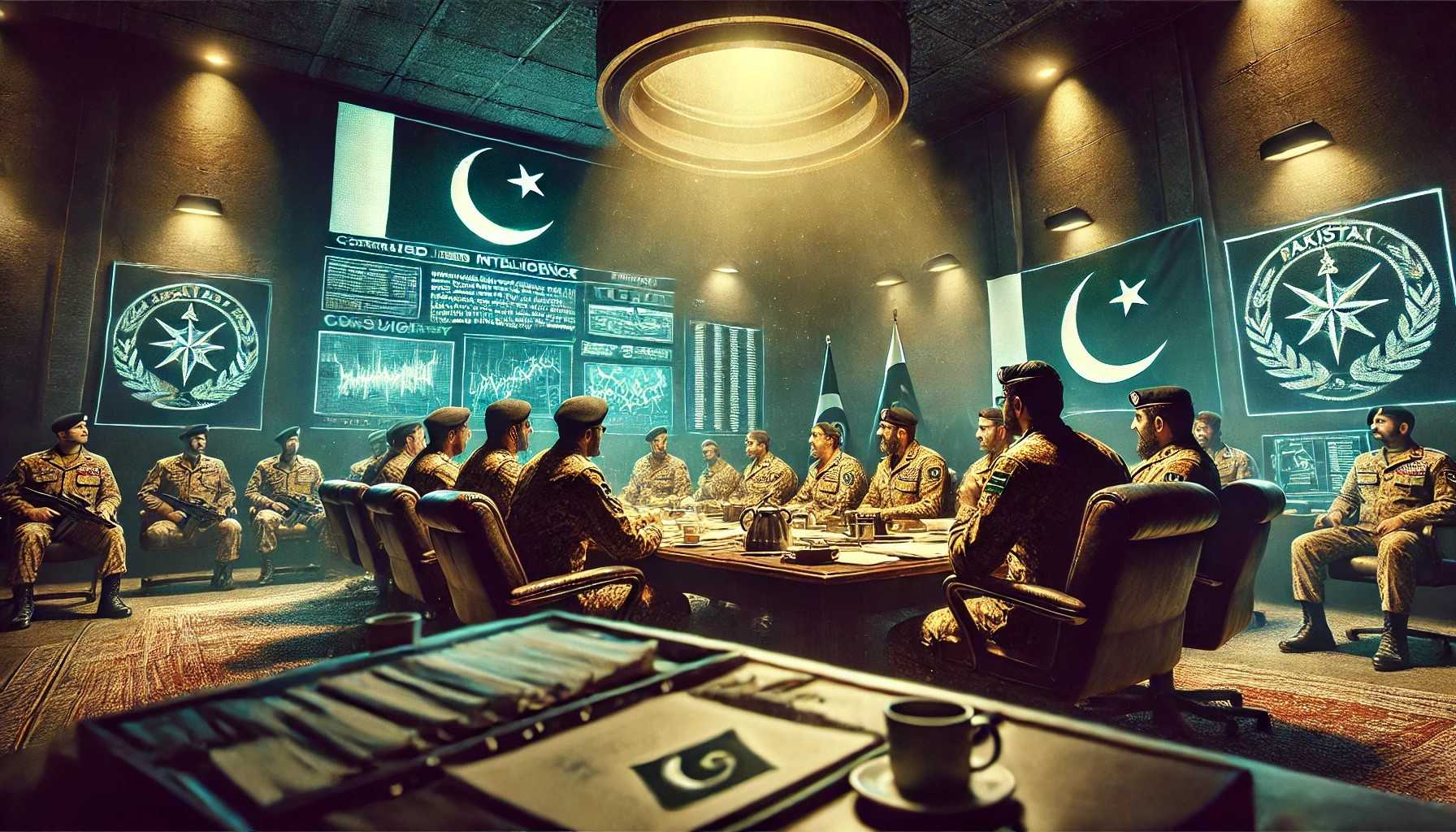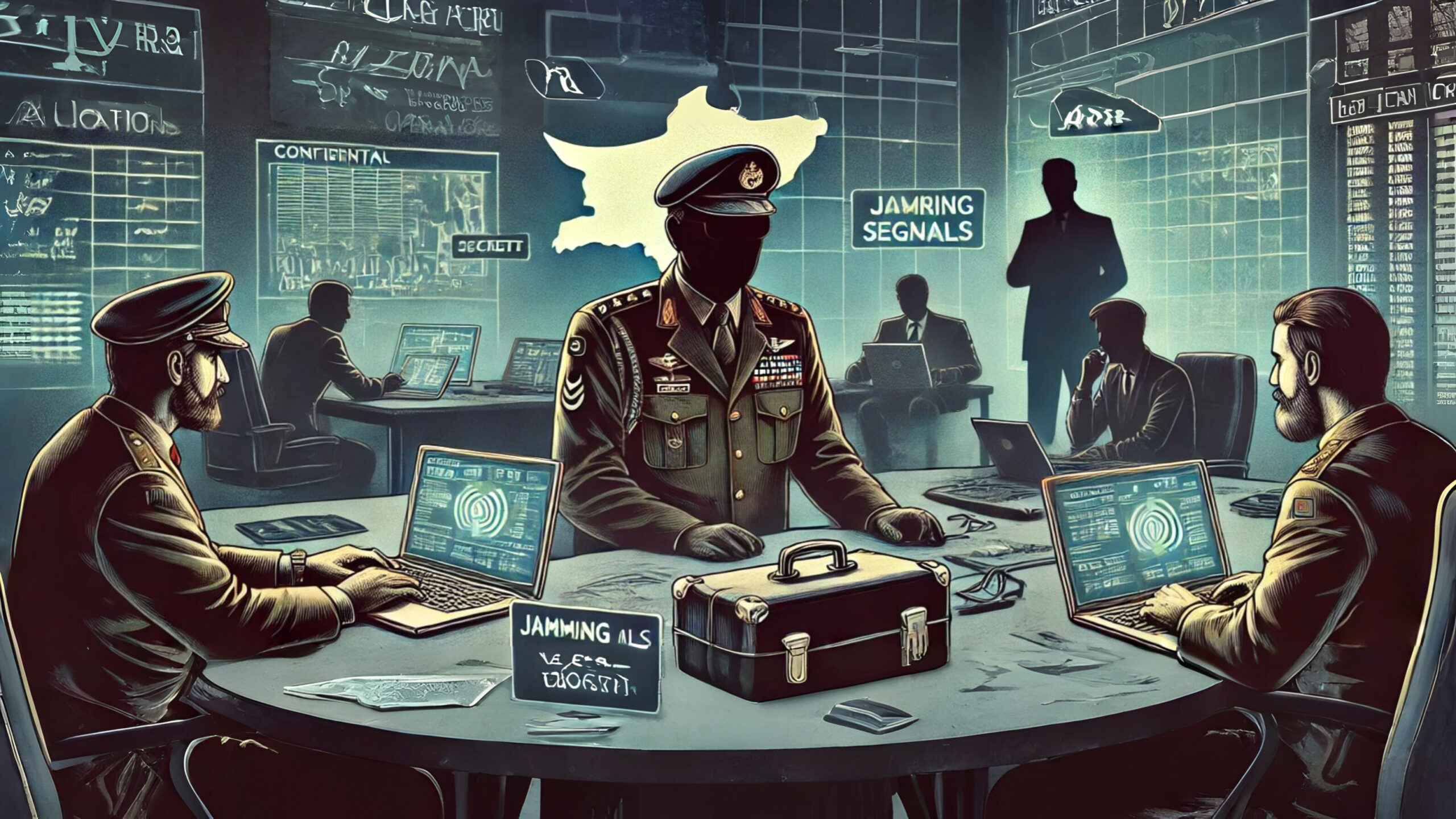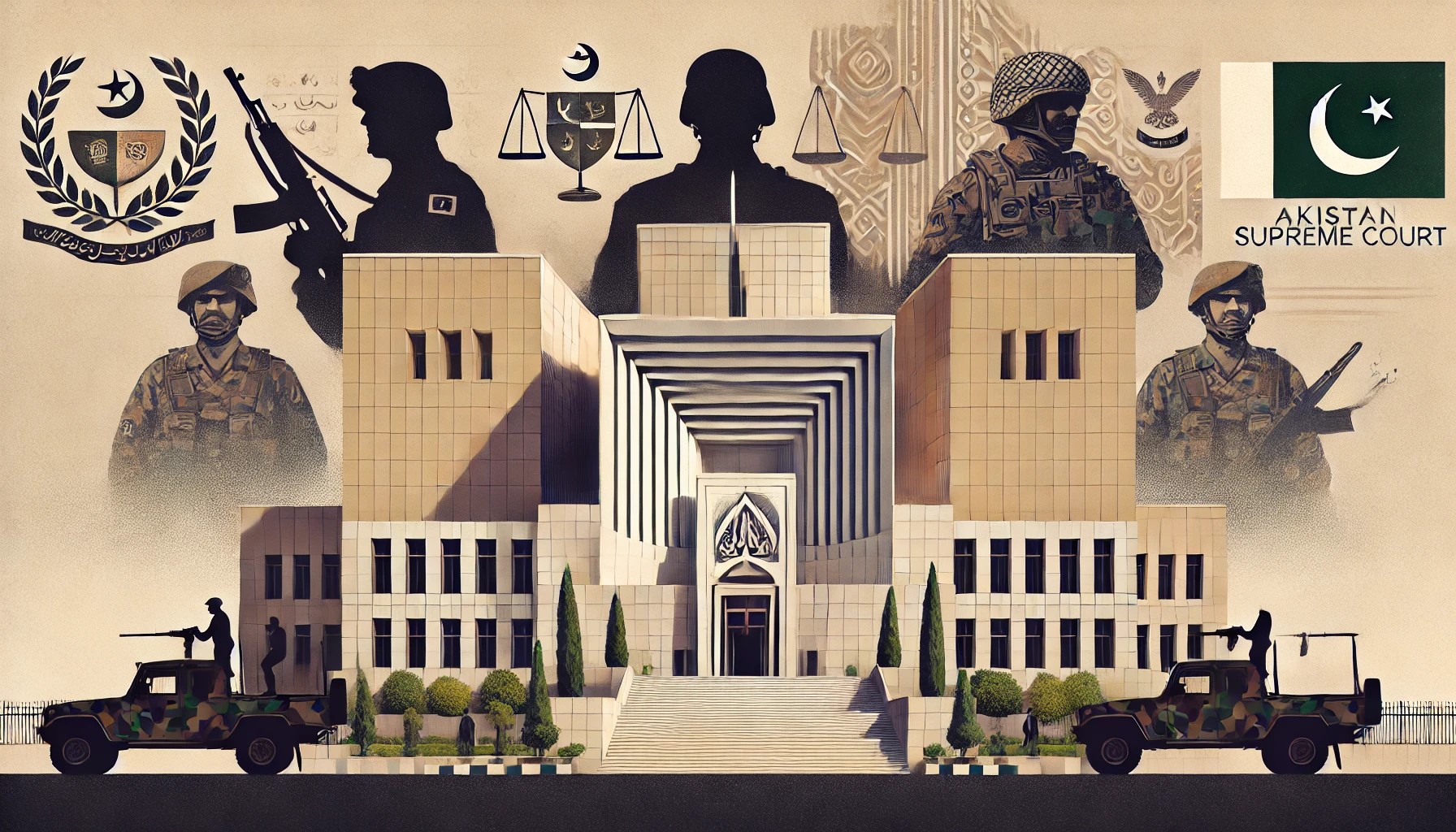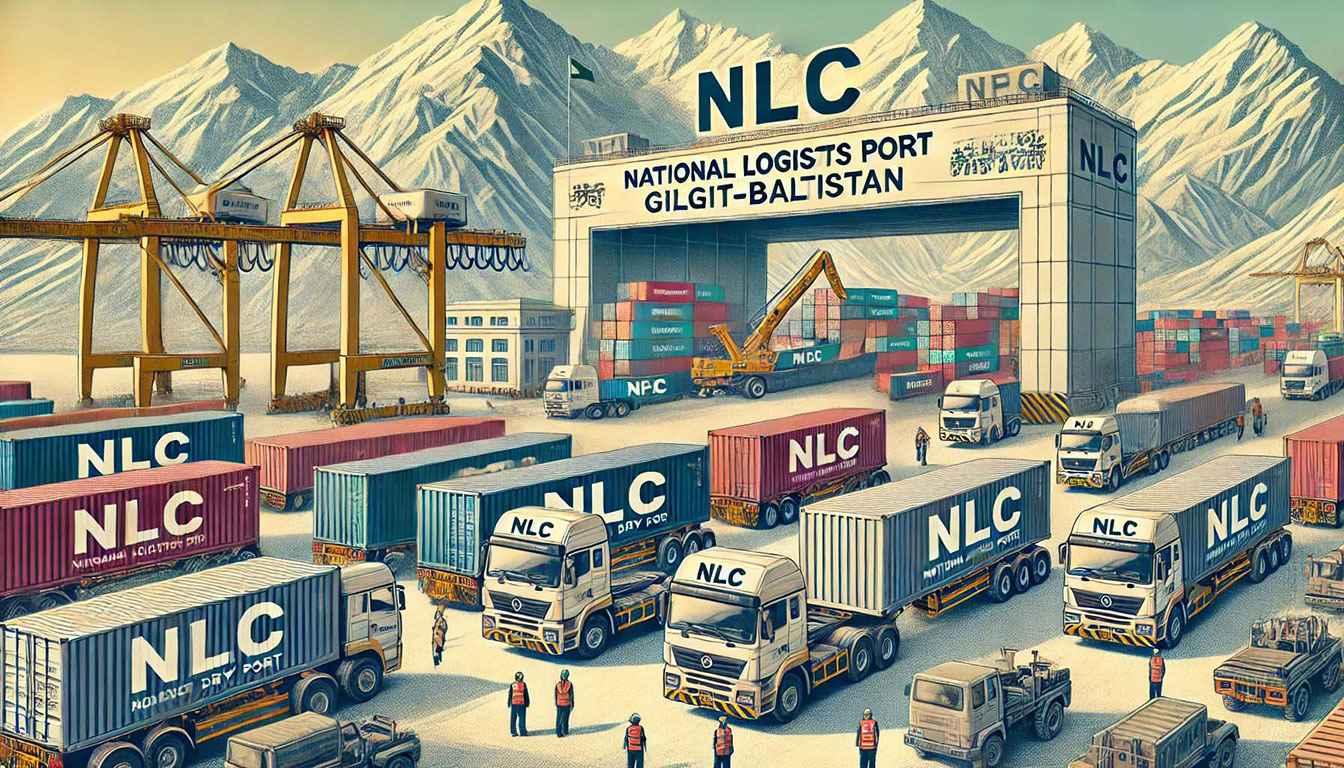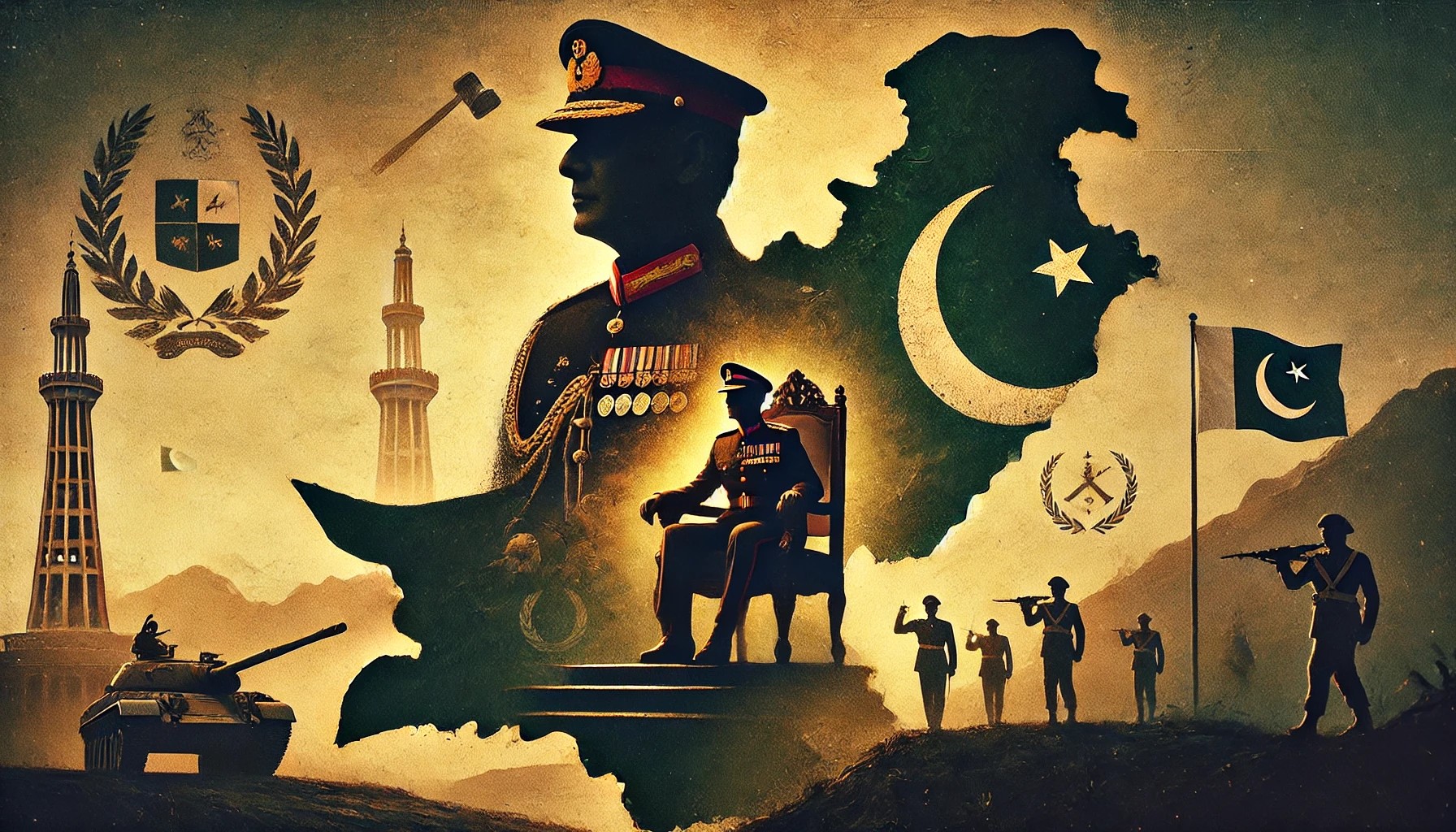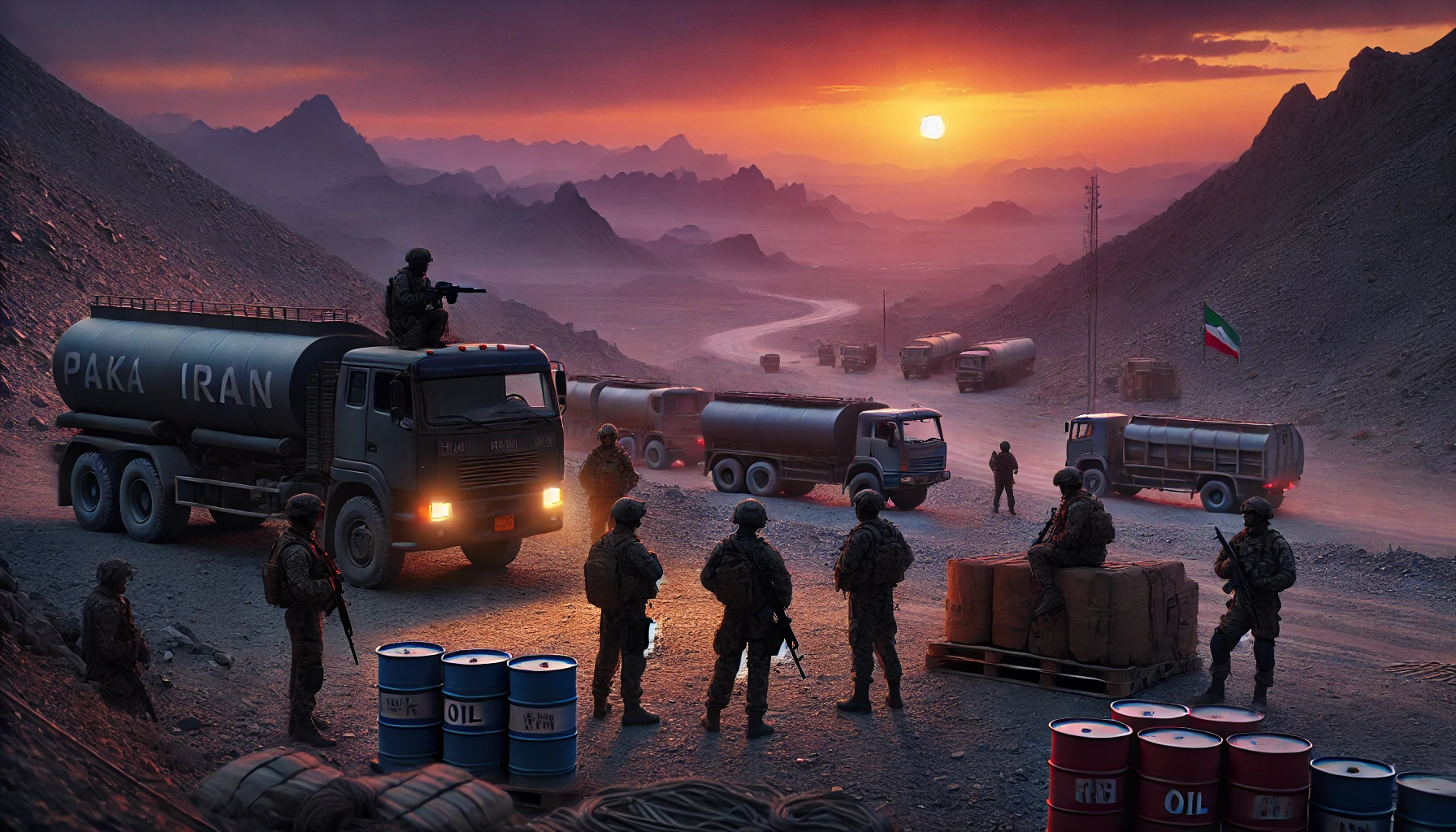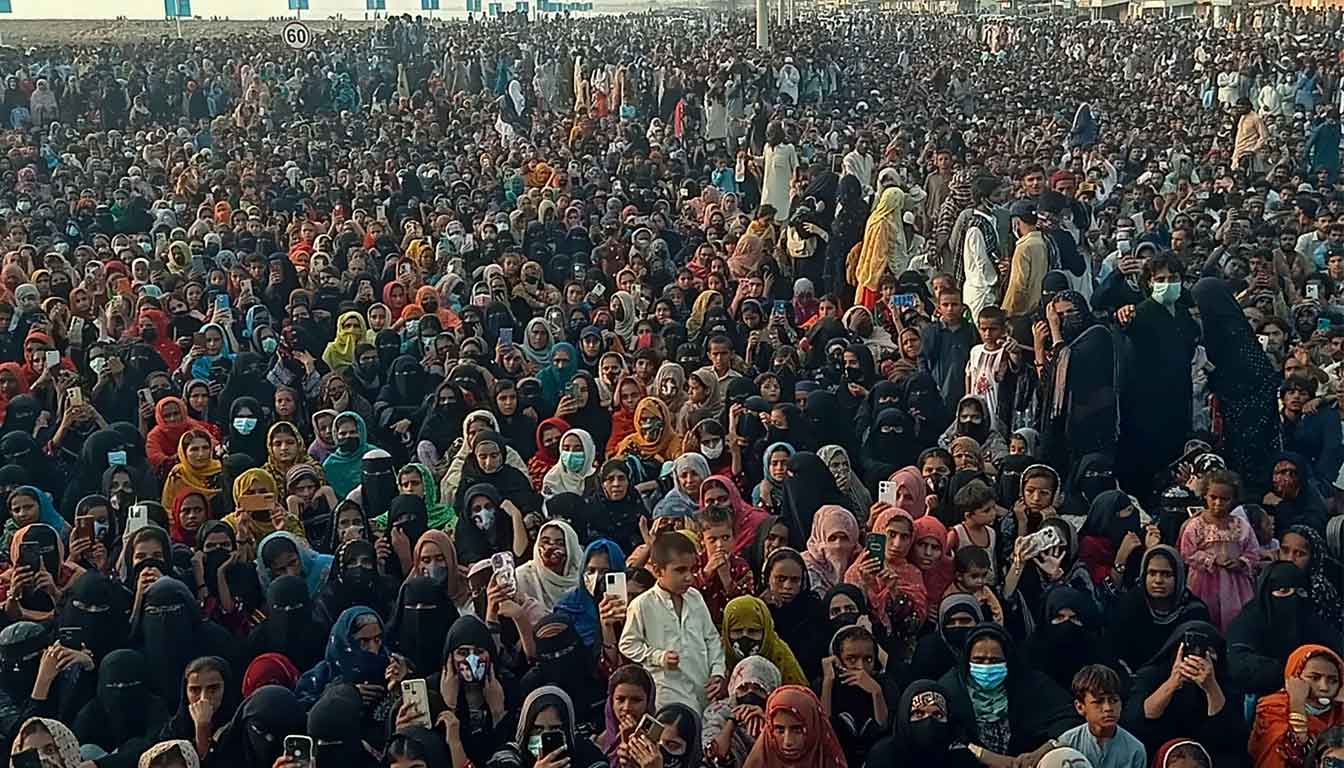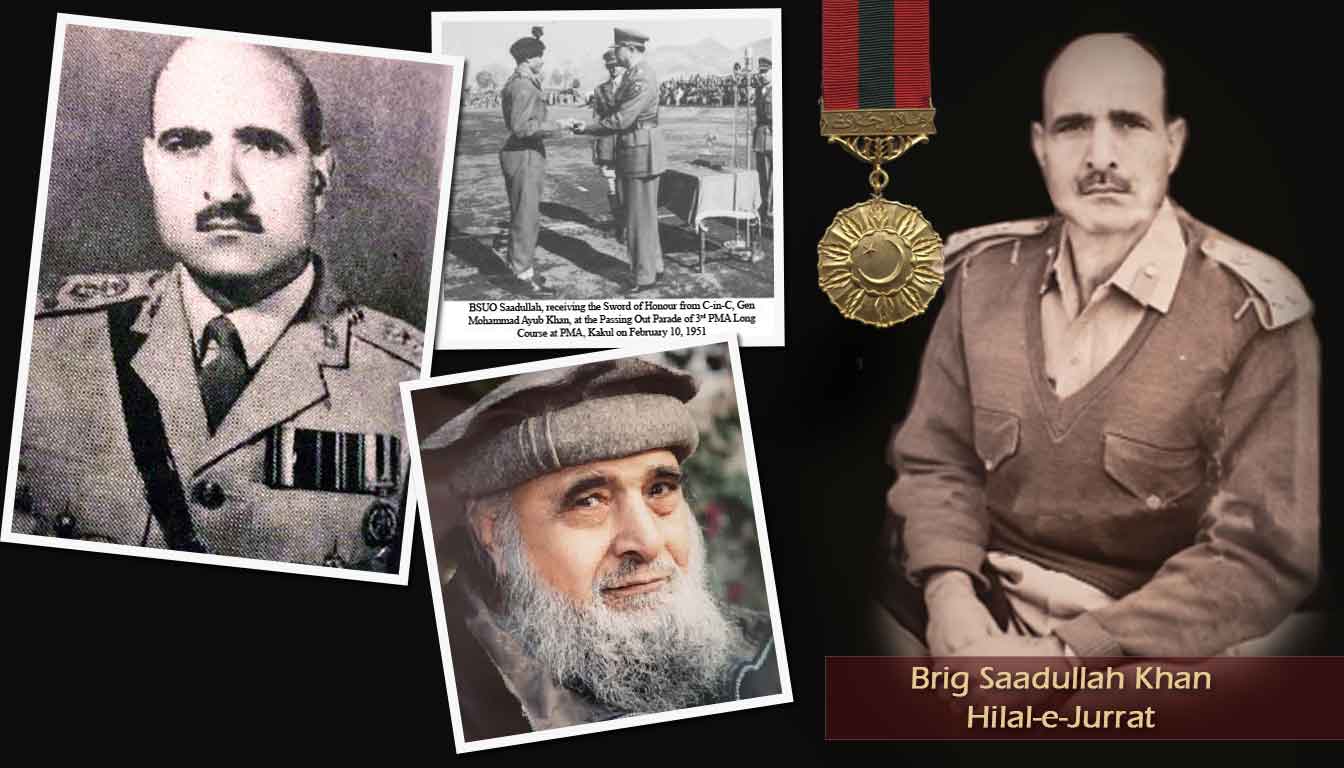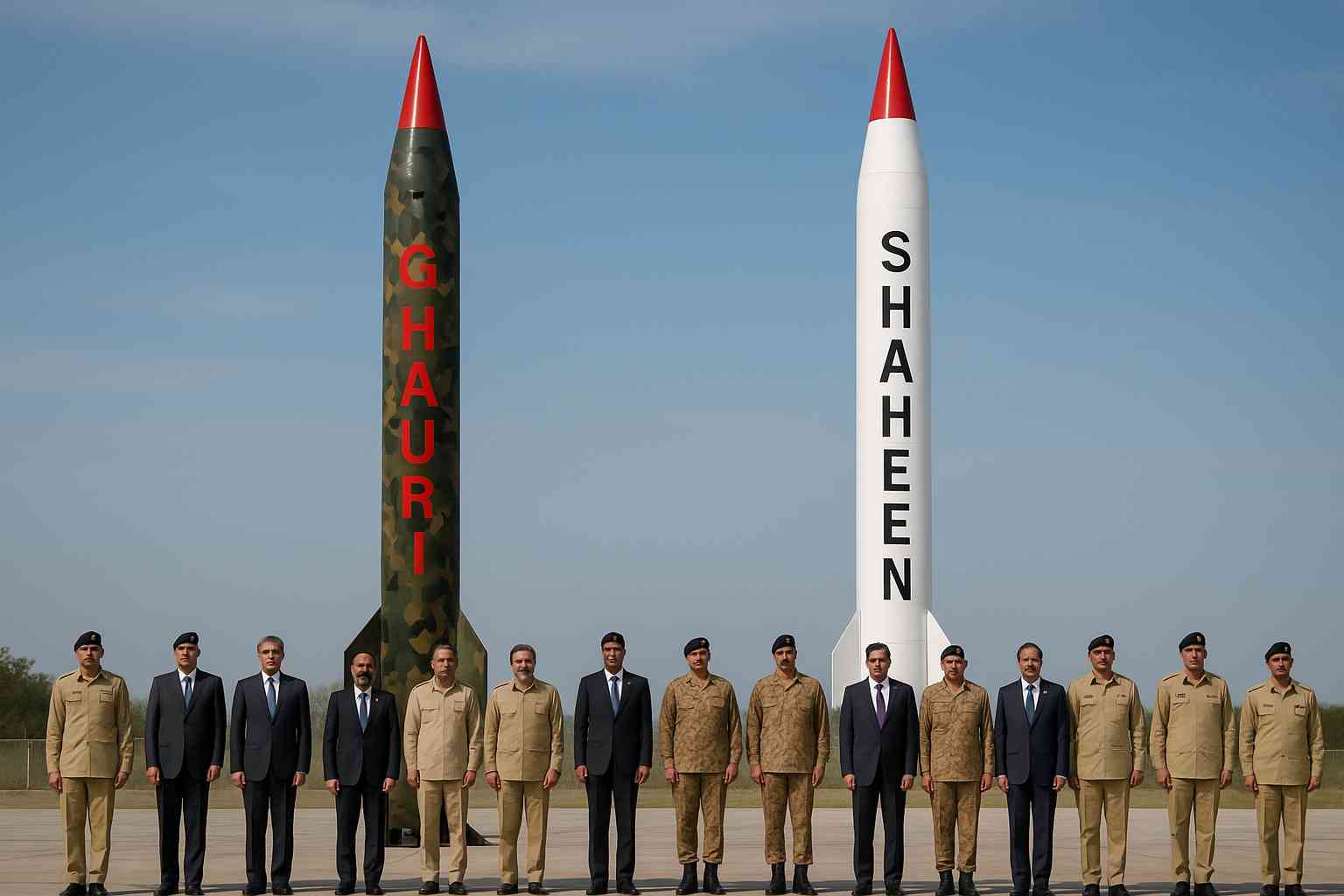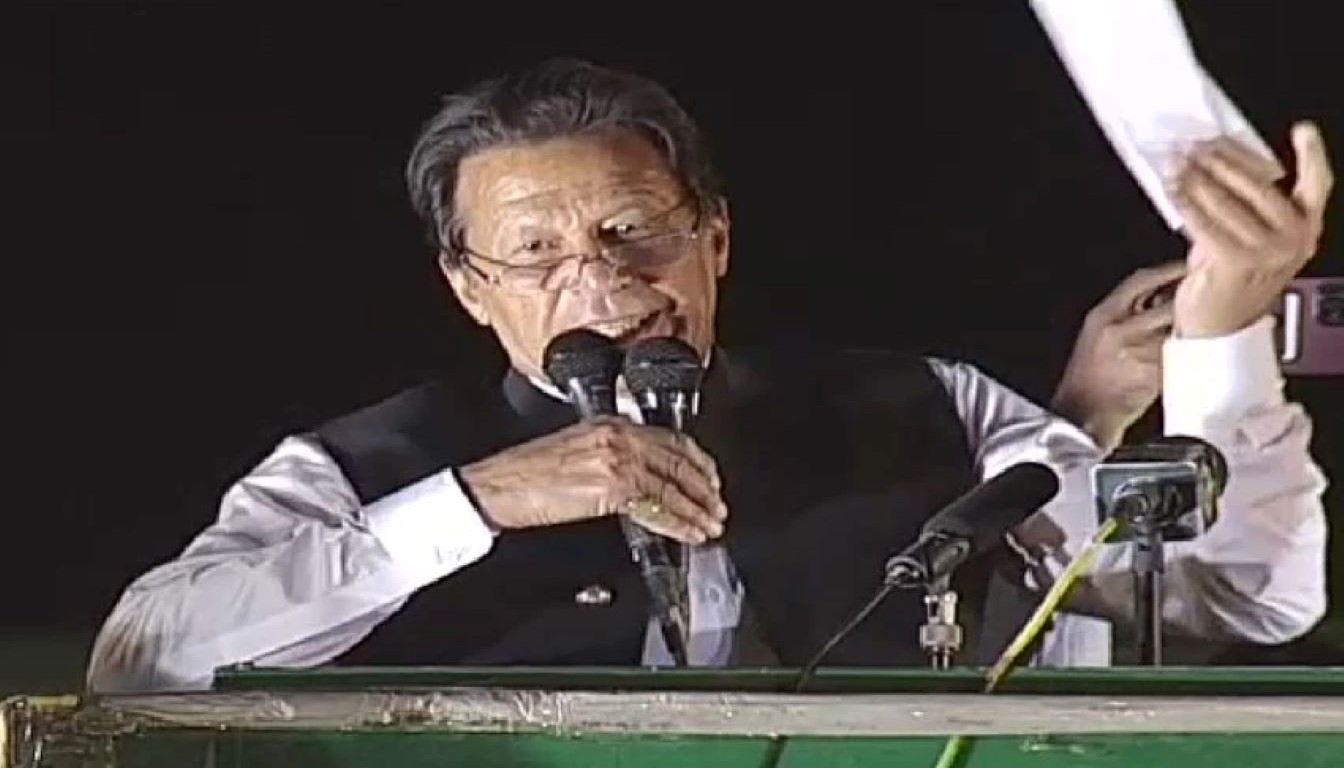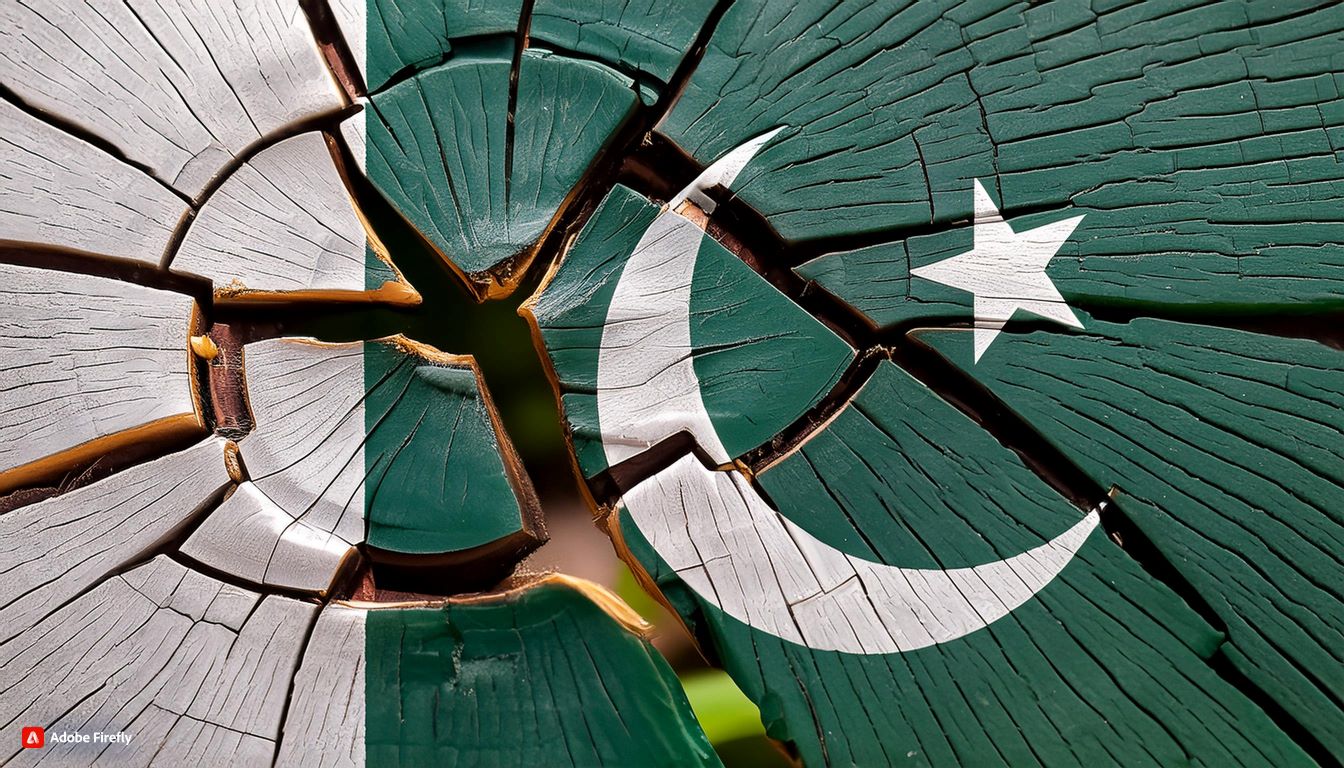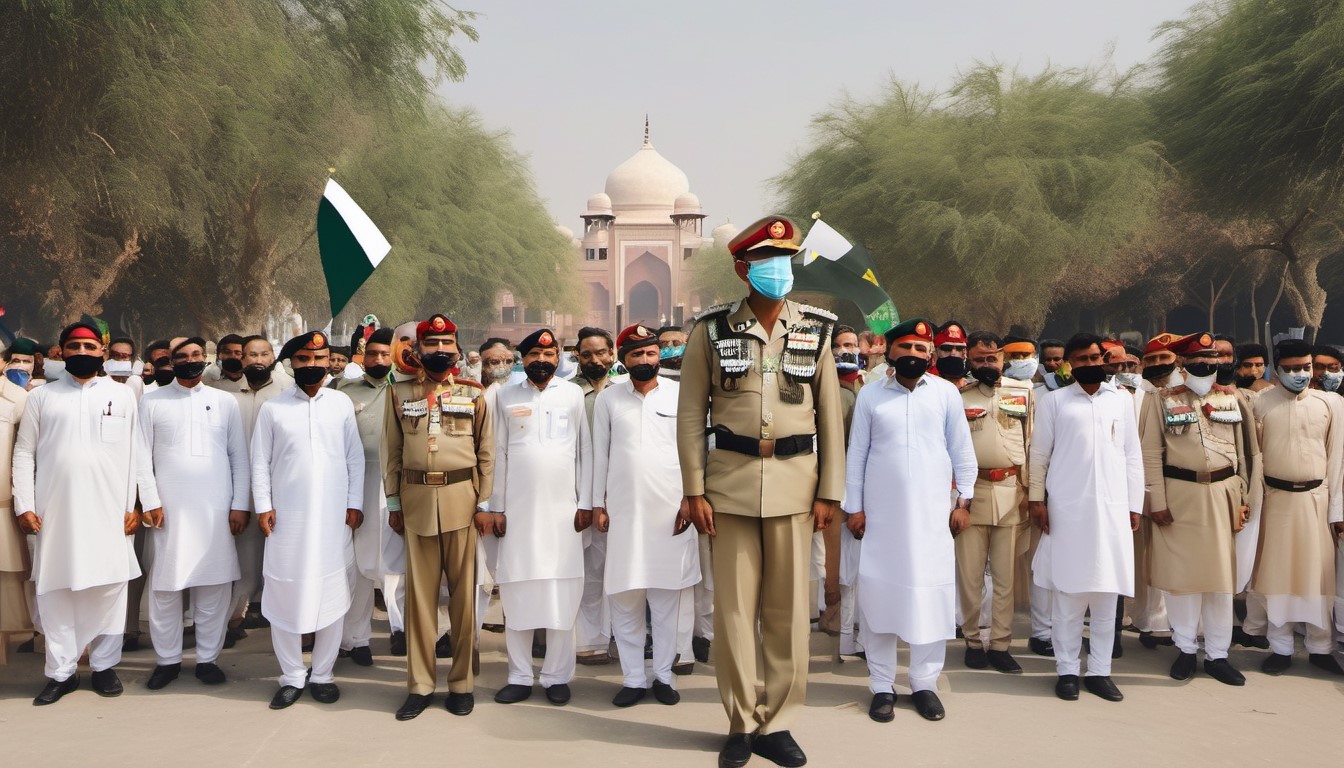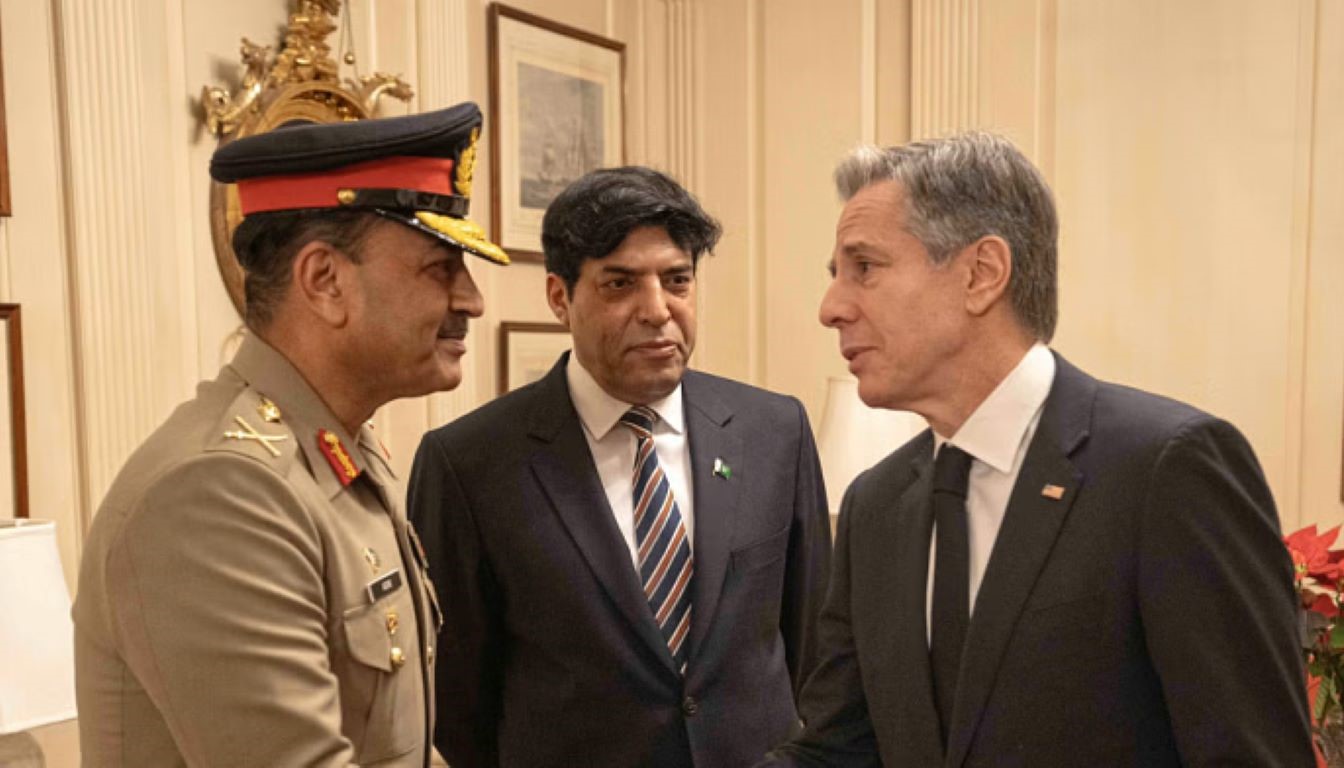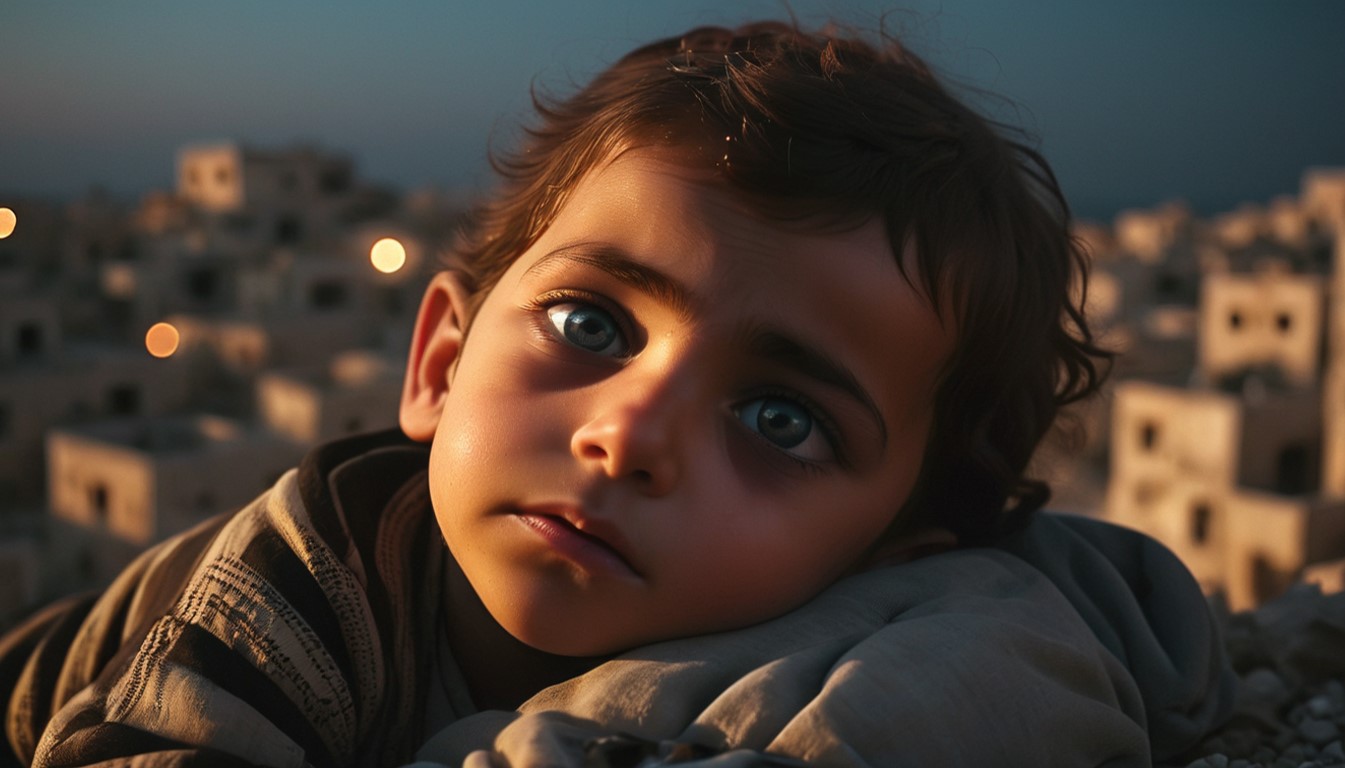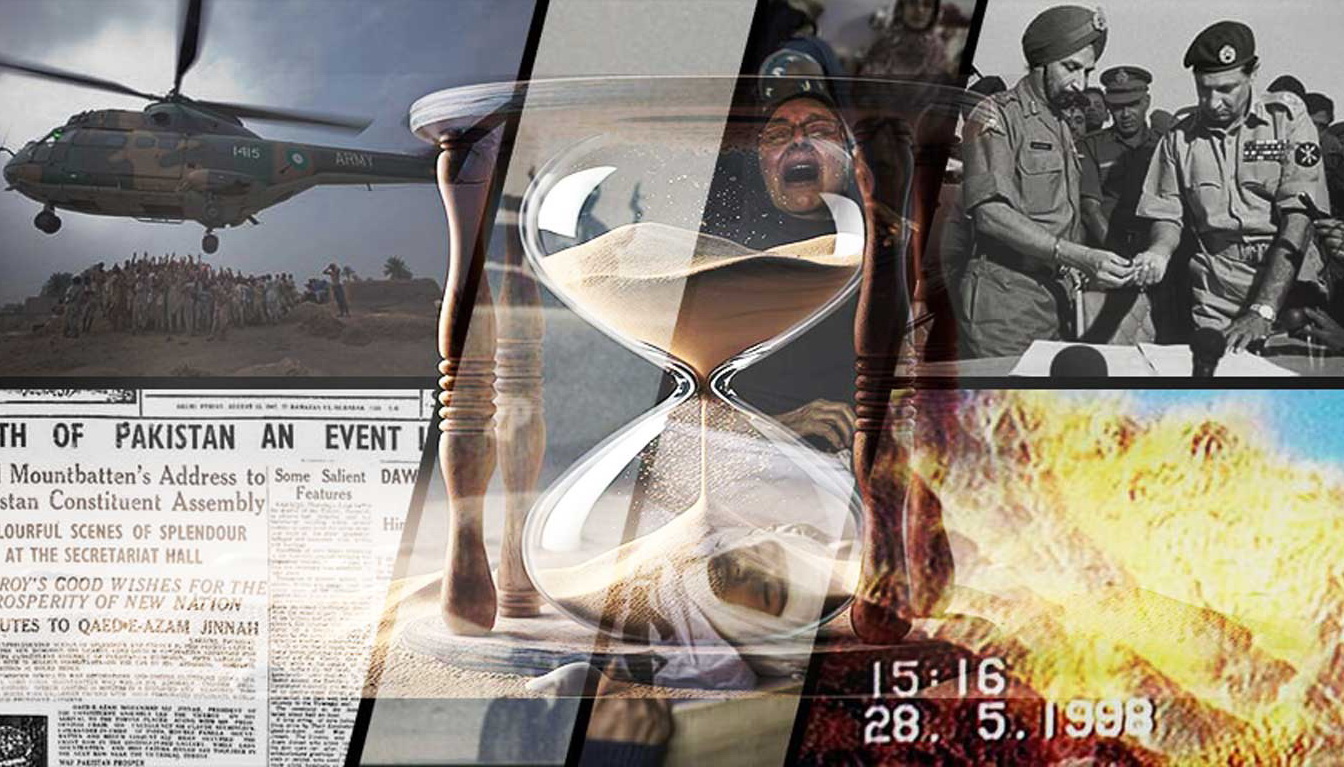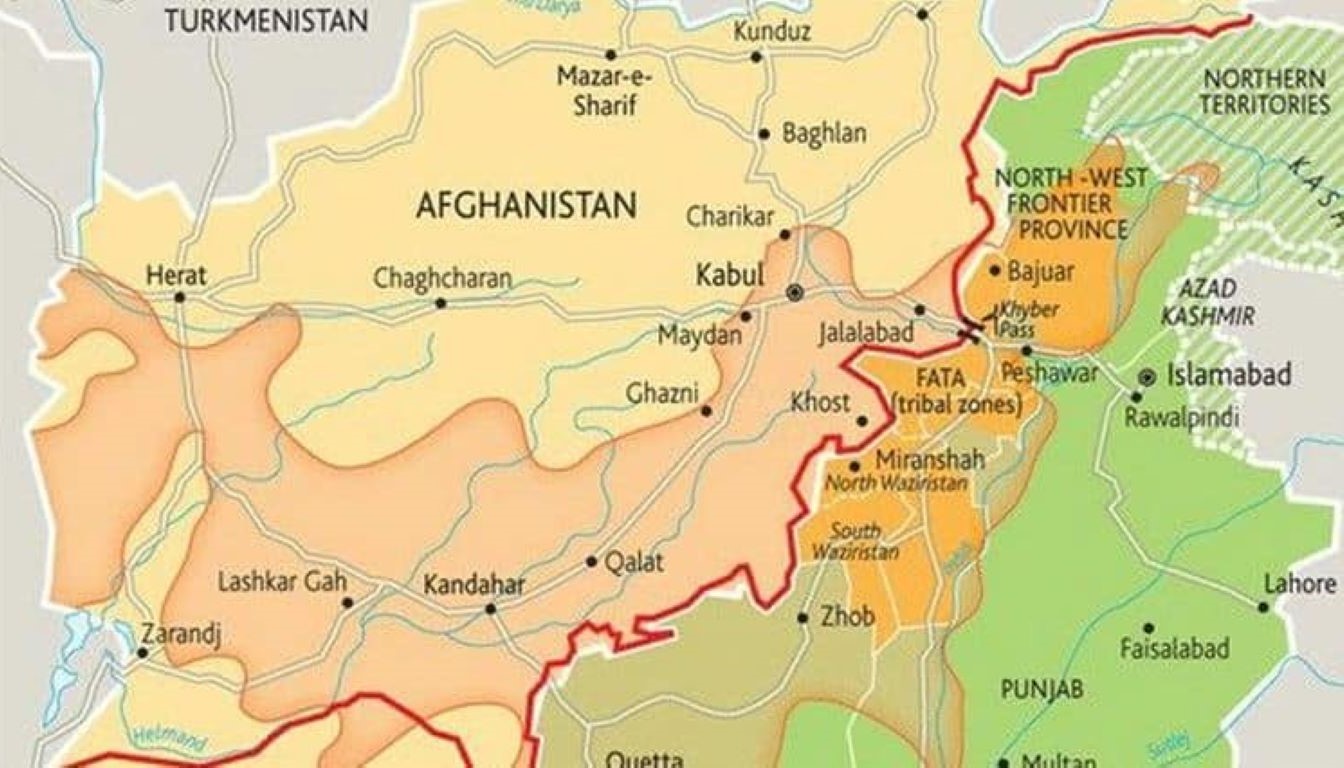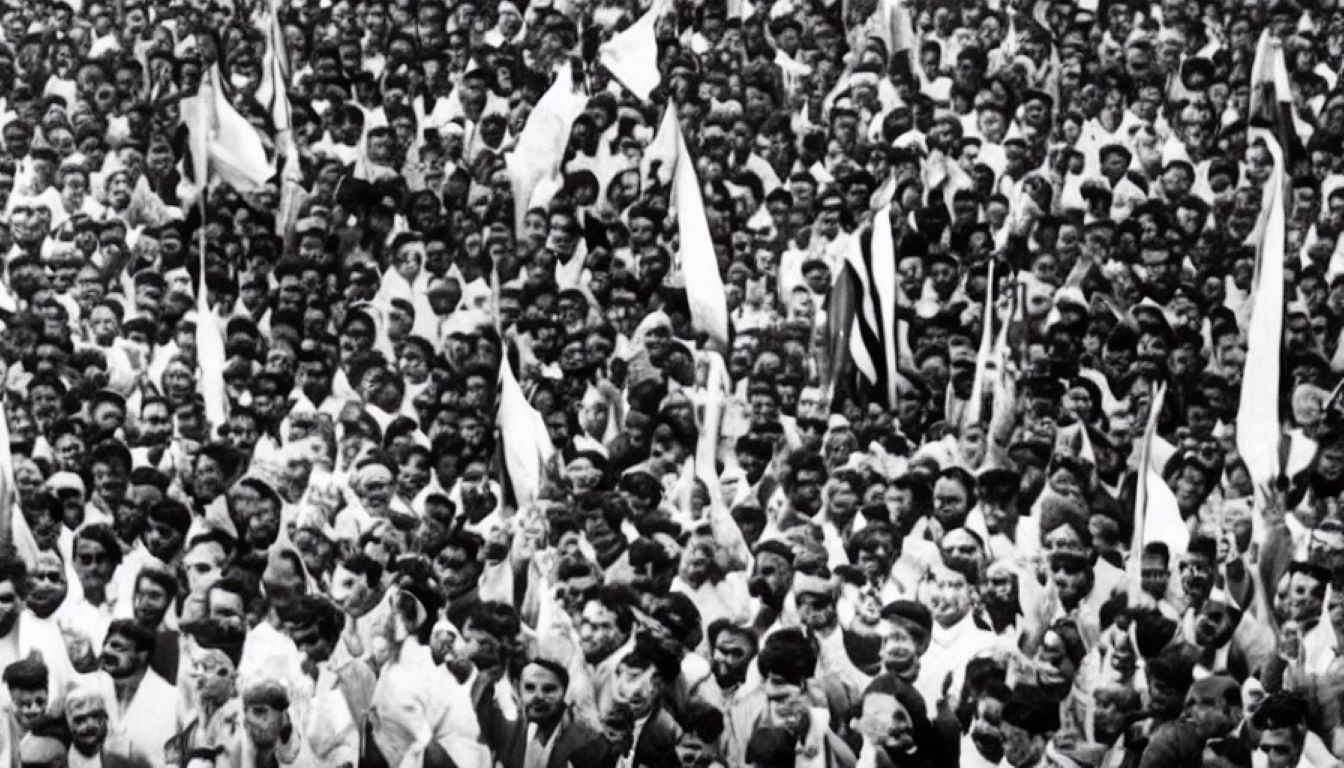It is as though Allah thunders:
“You claim you wish to fight for those drowning in blood? Then prove your resolve, show Me that your words are not hollow cries but the roar of true believers, for right before your very eyes your own people are drowning in water!”
This reflection echoes powerfully amid the tragedies of Pakistan floods and Palestine, where both nations face trials that test the faith, patience, and conscience of believers worldwide.
Faith and the Promise of Trials
The royal decree that allowed humankind to undergo the test of this world came with certain guarantees: eternal relief and pleasure for the successful, and inglorious damnation for those who fail. One of these guarantees—often neglected and misunderstood—is that trials and tribulations will befall everyone.
Regardless of the religion they adopt or inherit, these trials come so that people may return to the right path. In truth, such tests are merely the beginning, an entrance exam to the one true deen. And just like in school, the questions grow harder as one climbs the ladder of faith.
“Do people think once they say, ‘We believe,’ that they will be left without being put to the test? We certainly tested those before them. And ˹in this way˺ Allah will clearly distinguish between those who are truthful and those who are liars.”
— Surah Ankaboot, Verses 2–3
The Fall of Unity — From the Ottoman Empire to Palestine’s Bloodshed
The last hundred years have seen the Muslim Ummah undergo trials unlike any before. The Ottoman Empire, symbolic though it was, remained the only platform capable of rallying the Ummah at a single call. Its fall marked the formal beginning of a systematic dismemberment of the Muslim world into fragments.
The creation of Israel remains the ripest fruit harvested by those who orchestrated this fragmentation—a poison-laced morsel forced down the Ummah’s throat on May 14, 1948. Since that day, the Ummah has been gagging on blood from every wound, barely clinging to its spiritual unity.
October 7 and the World’s Reckoning
After October 7, 2023, Hamas’ surprise attacks on Israel unleashed a tsunami of destruction that tore through innocent Palestinian homes. The massacre that followed was beyond comprehension—acts that could be called genocide in their own right. The killing of five-year-old Hind Rajab with 335 bullets stands as one of the darkest moments in modern memory.
For Netanyahu, however, this carnage proved politically convenient. It drowned out public outrage over his assault on Israel’s judiciary. Yet, even the cruelest clichés of war must eventually meet their limits.
The Awakening of the Ummah
Naturally, protests erupted worldwide, demanding an end to the insanity.
(Image references from Al Jazeera, October 13, 2023.)
Among Muslims, these events sparked a renewed sense of brotherhood and a powerful desire—to gain the strength to join the battlefield and rescue their brothers and sisters from the forces of Taghoot.
This extraordinary yearning is a sign that Iman is alive. But Allah reminds us that every claim must be tested.
Pakistan Floods and Palestine — Two Faces of the Same Test
This is where the test becomes real. Those who cry, “If only we could fight for Palestine,” are soon reminded by Allah that trials do not always come in familiar forms. Sometimes, the battlefield lies right at home, as seen in Pakistan floods and Palestine, both reflections of divine reminders.
In Pakistan, relentless rains and floods swallowed villages, livestock, and crops, leaving nearly half the country in a state of emergency.
According to France24:
“Heavy monsoon rains swelled rivers in eastern Pakistan, displacing nearly 500,000 people and affecting 1.5 million, officials said Saturday. The latest spell of monsoon flooding has killed 30 people since the start of the week.”
Similar reports were provided by ConcernUSA and The Express Tribune, confirming the scale of devastation from Karachi to Lahore.
Human Negligence and Divine Reckoning
Every catastrophe carries a chain of causes leading to its moment of reckoning. The bloodshed in Palestine and the floods in Pakistan share a single culprit: human negligence.
In one case, it is the Ummah’s collective neglect toward their deen—a neglect that has brought a bloodbath upon our family in faith across Palestine and beyond. In the other, it is the negligence of Pakistanis toward their own responsibilities, inviting floods that turned nature itself into an instrument of divine warning.
When the Battlefield Comes Home
But wait—were we not the same people who longed to rush into the battlefields of Palestine as heroes? Were we not the ones who clenched our fists while watching our brethren drown in blood in Gaza?
What became of that burning spirit when we saw our own kin drowning, not in blood, but in floodwater?
It is as though Allah declares again:
“You claim you wish to fight for those drowning in blood? Then prove your resolve, for your own people are drowning in water!”
Allah does not ask for fantasies; He asks for action. These moments expose whether our desires are born of genuine faith or mere illusions—comfortable thoughts safe only because the battlefield seems far away.
True resolve is measured by deeds, by the courage to act when the trial stands before us. Allah, in His infinite wisdom, knows what we conceal. He grants us moments to test our claims, to examine our faith, and to distinguish truth from self-deception.
Faith, Action, and the True Measure of Resolve
For a believer, whether in Pakistan floods and Palestine, the battlefield is wherever Allah places the trial.
In the end, Allah’s purpose remains merciful: to awaken hearts, refine souls, and remind humanity that every test—whether of blood or water—is a call to action, not despair.
In Sha Allah, Khair.
Ali Khan is an independent contractor in the trucking industry with a background in Electrical Engineering. Passionate about politics and current affairs, he closely follows global and regional developments to offer grounded, people-centric perspectives on contemporary issues.


